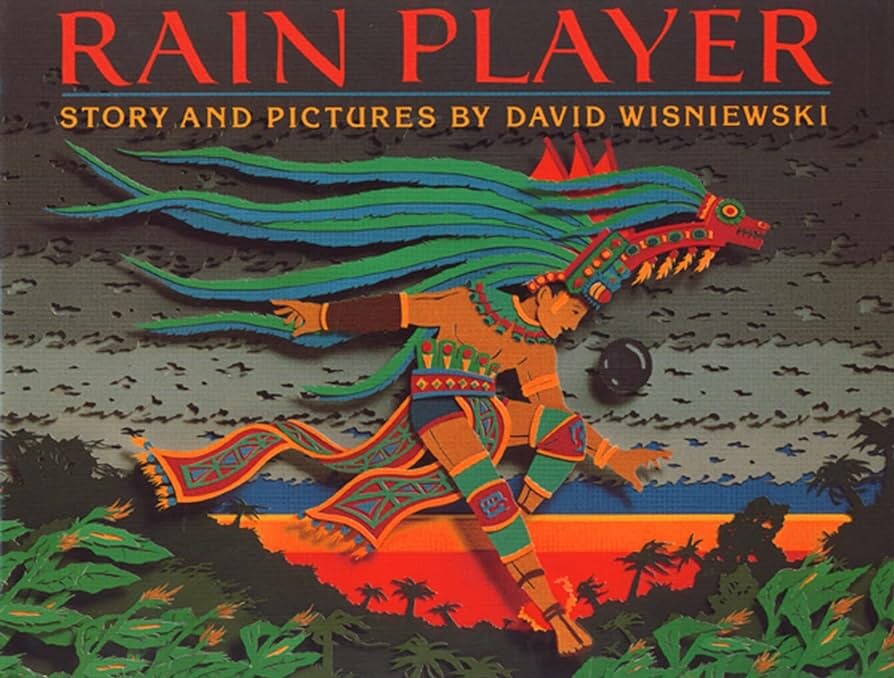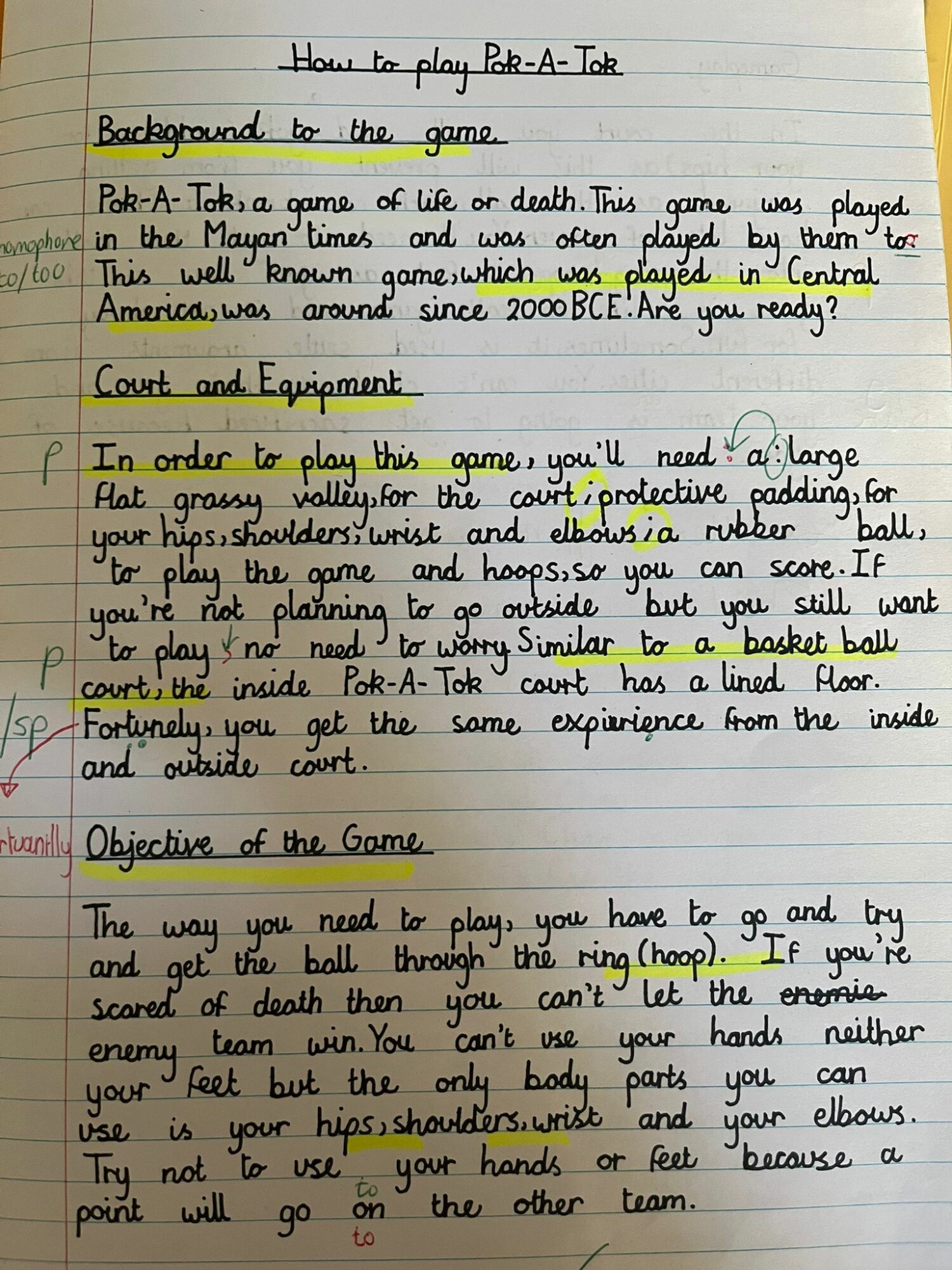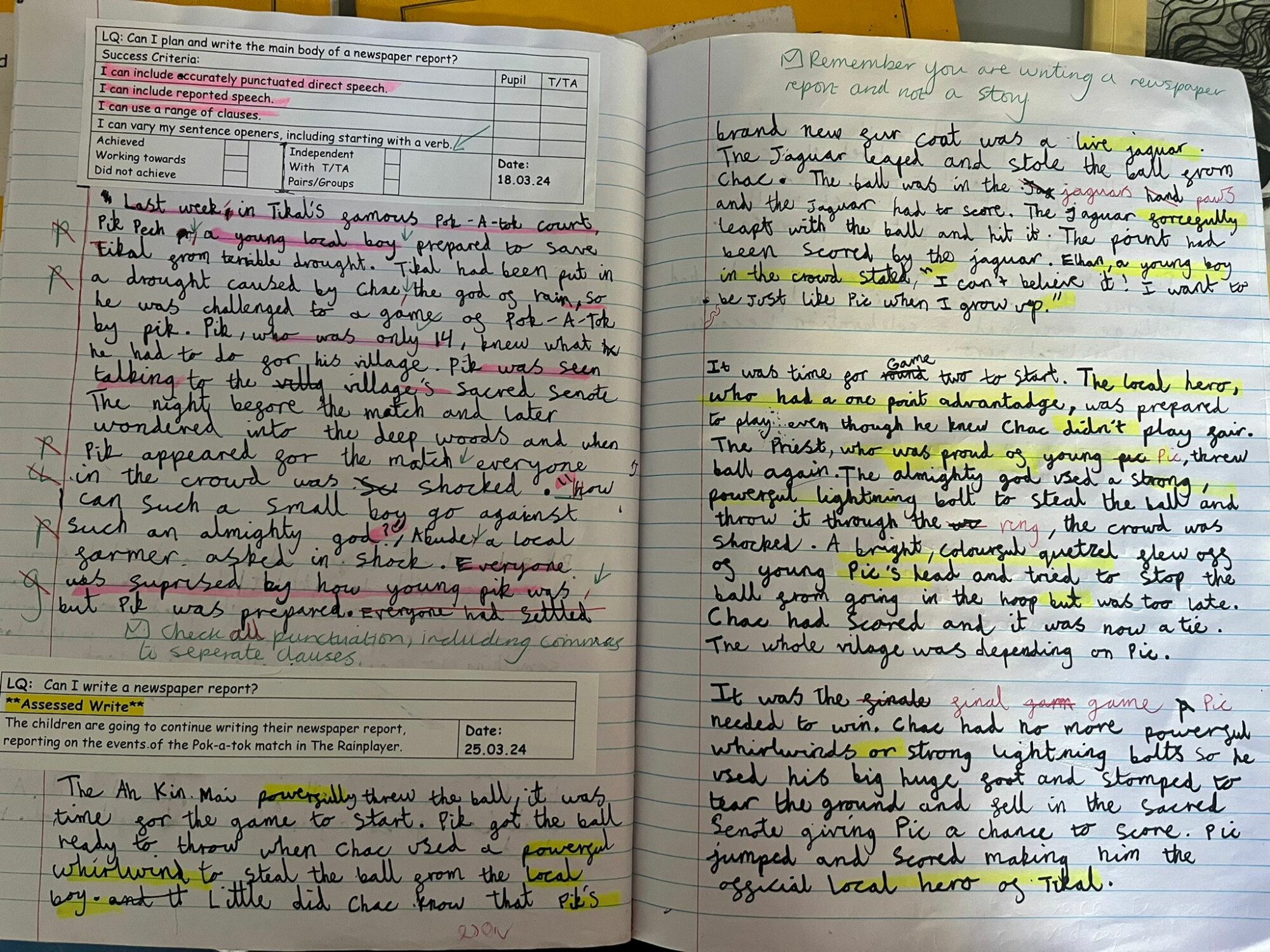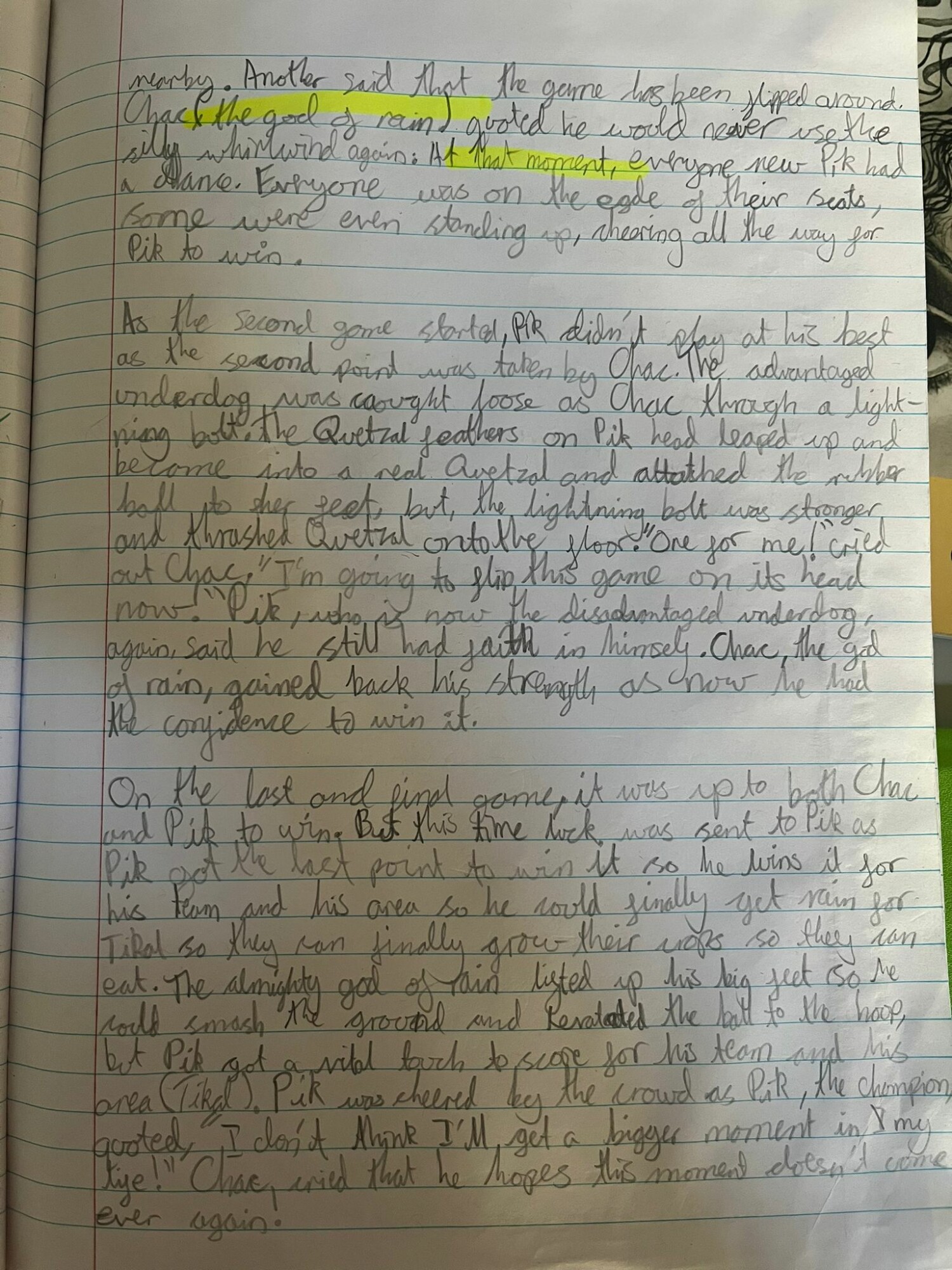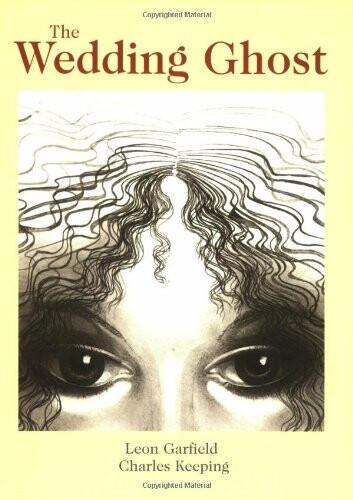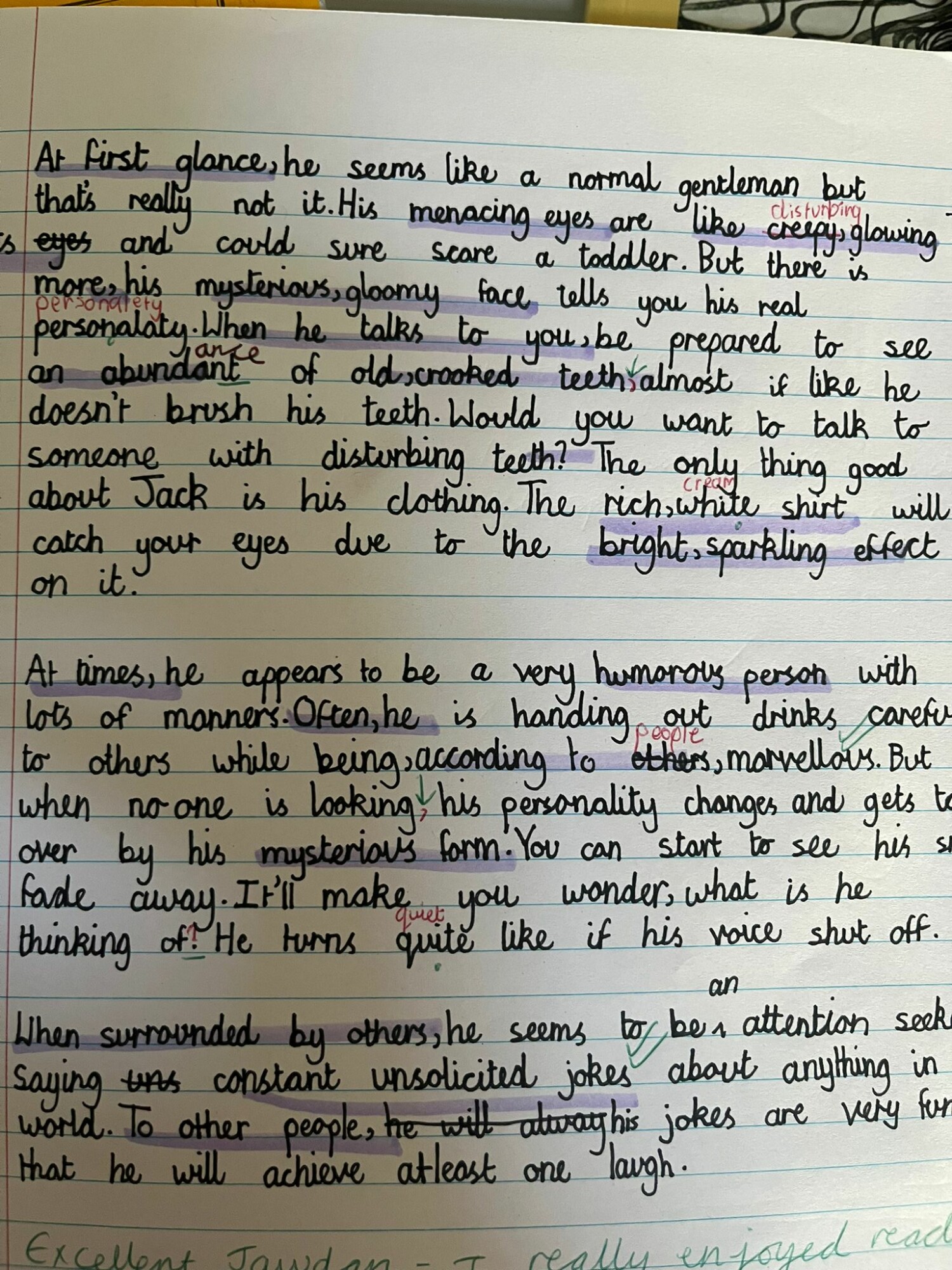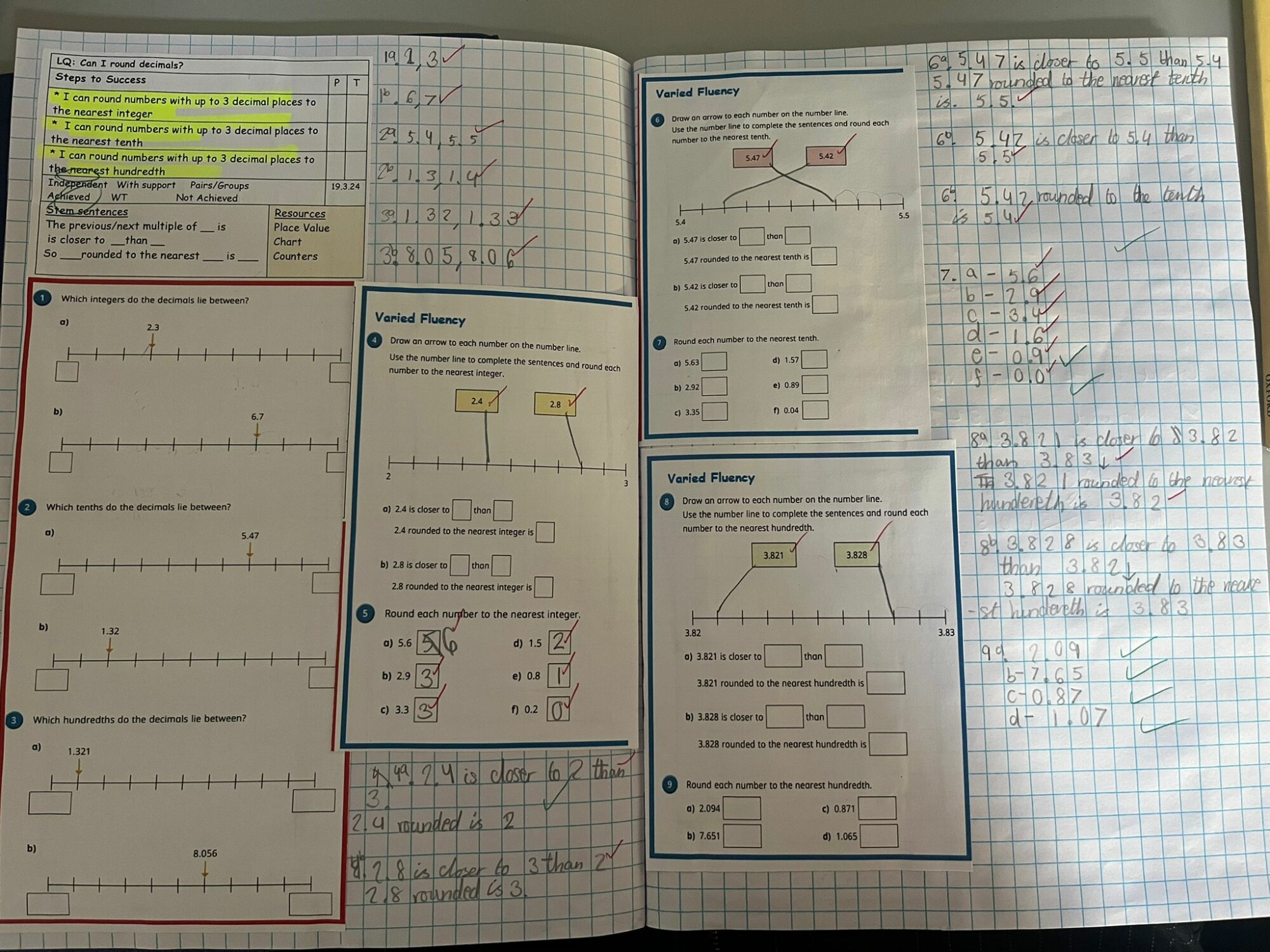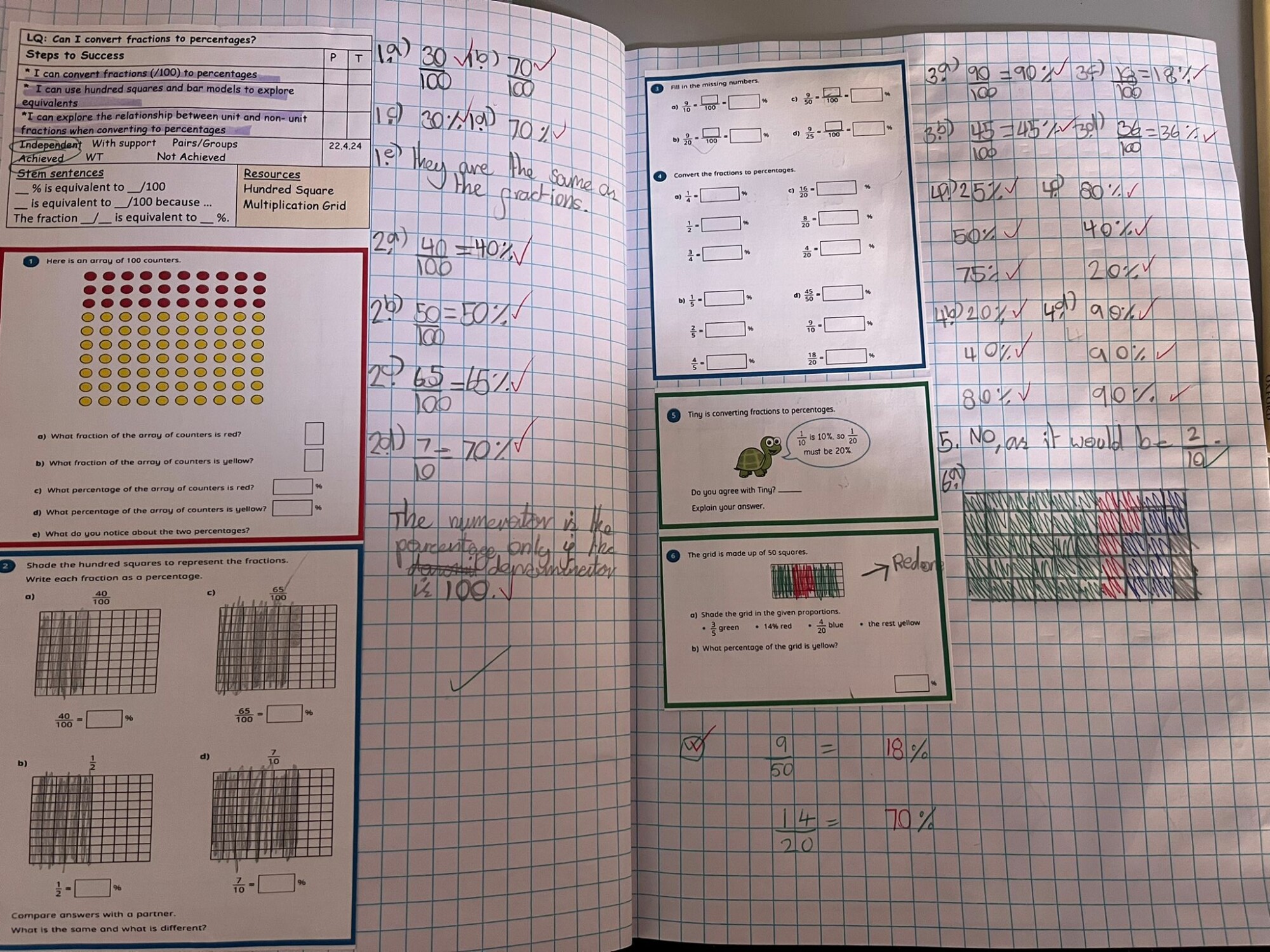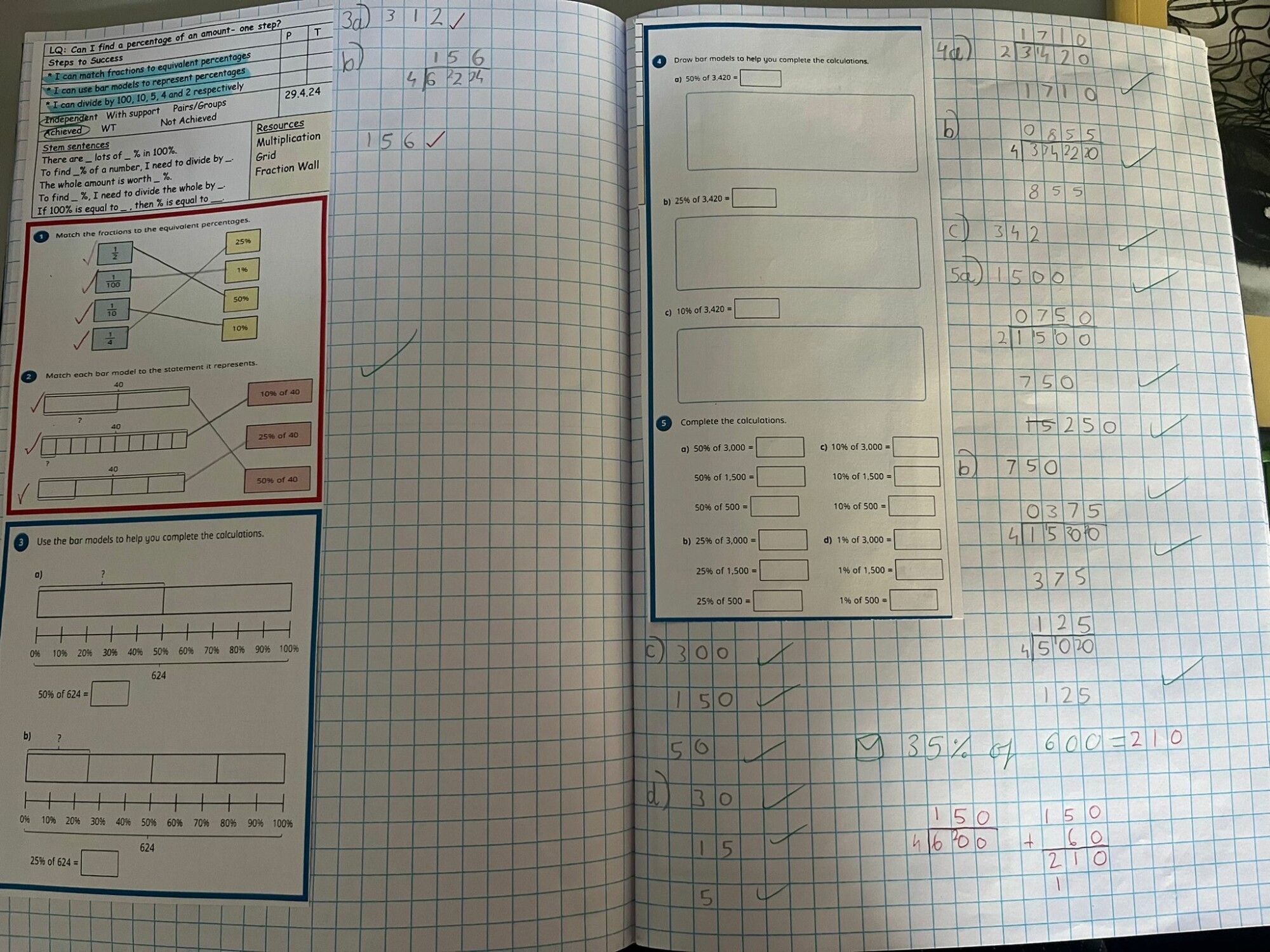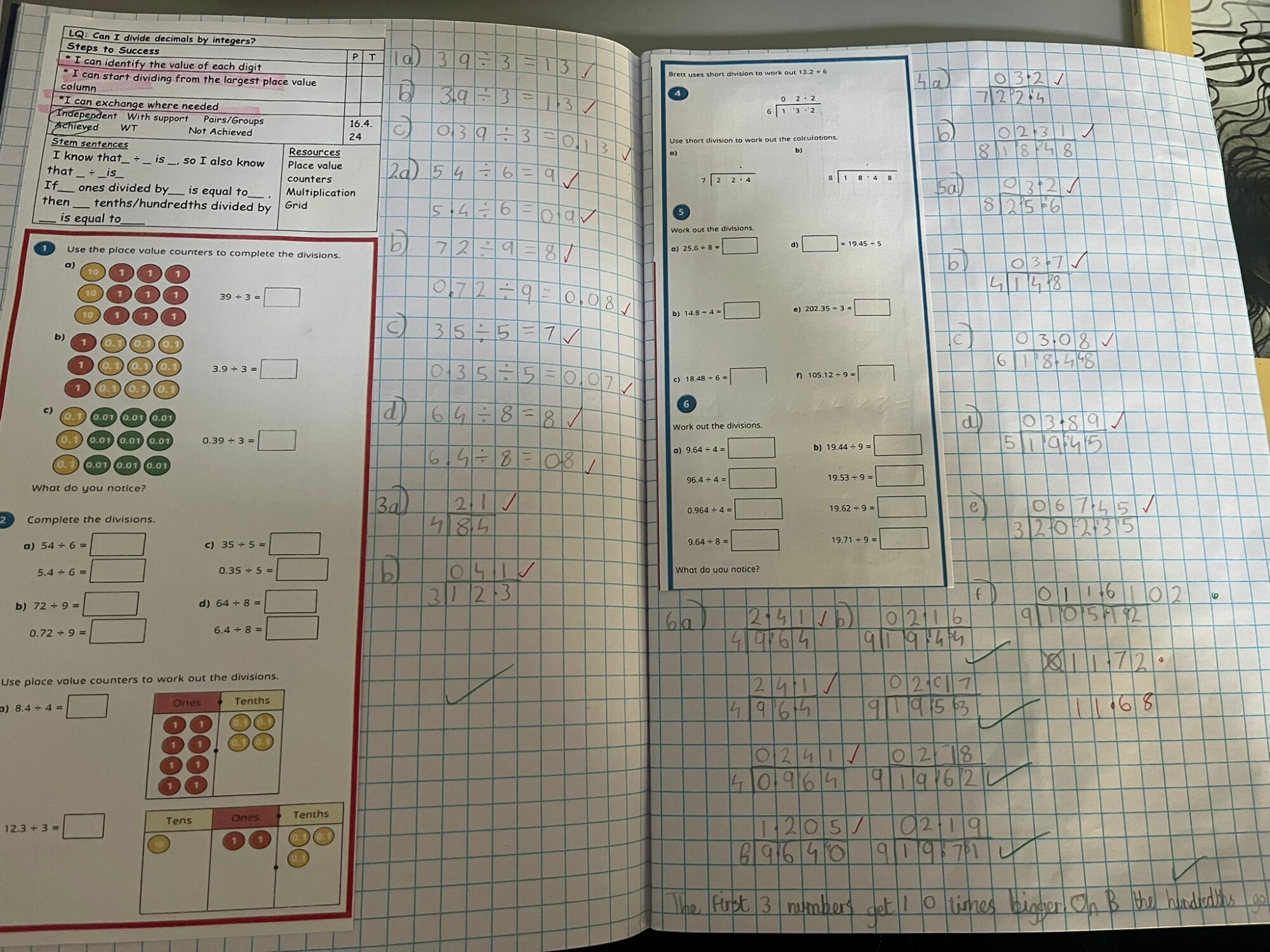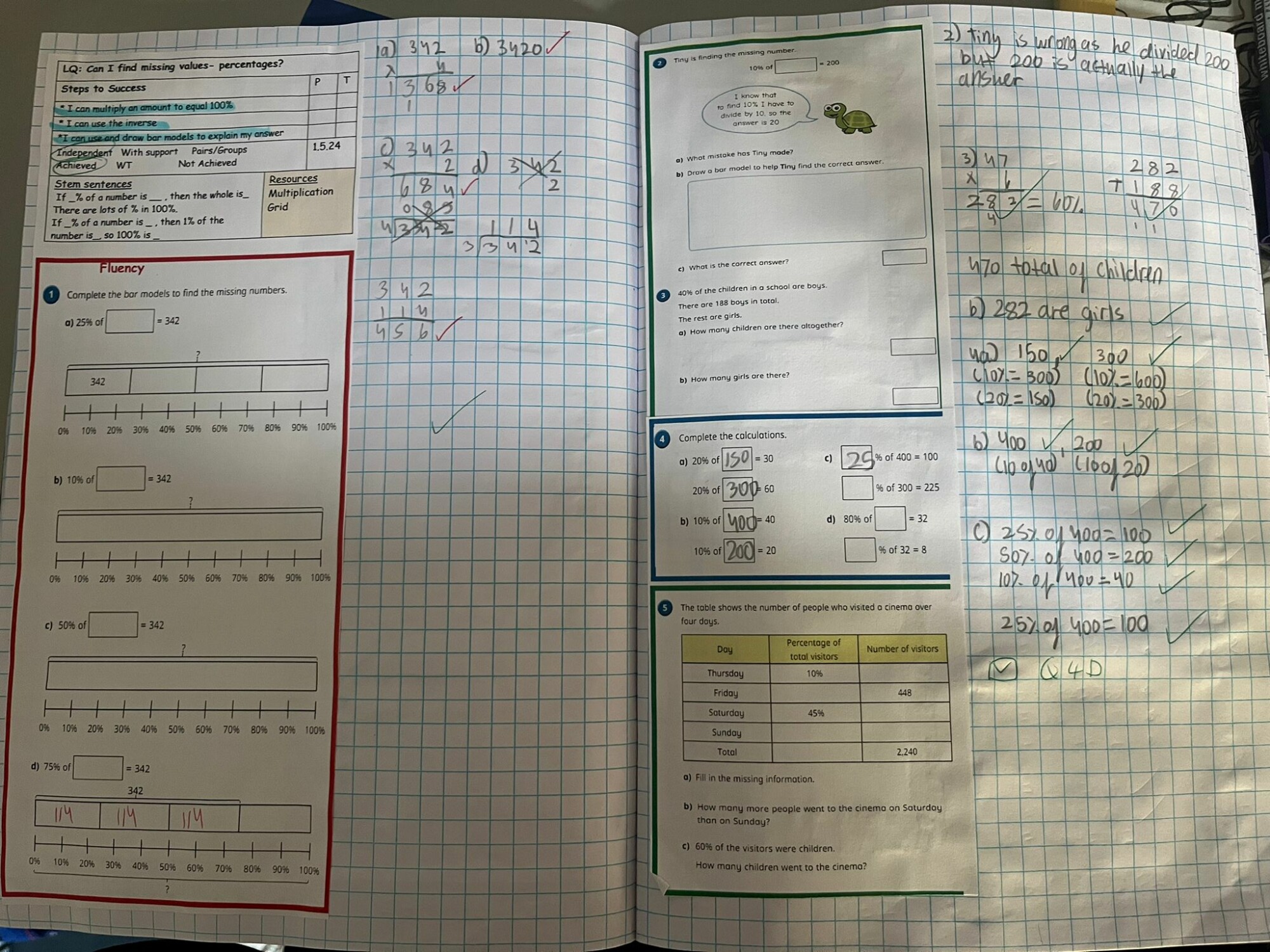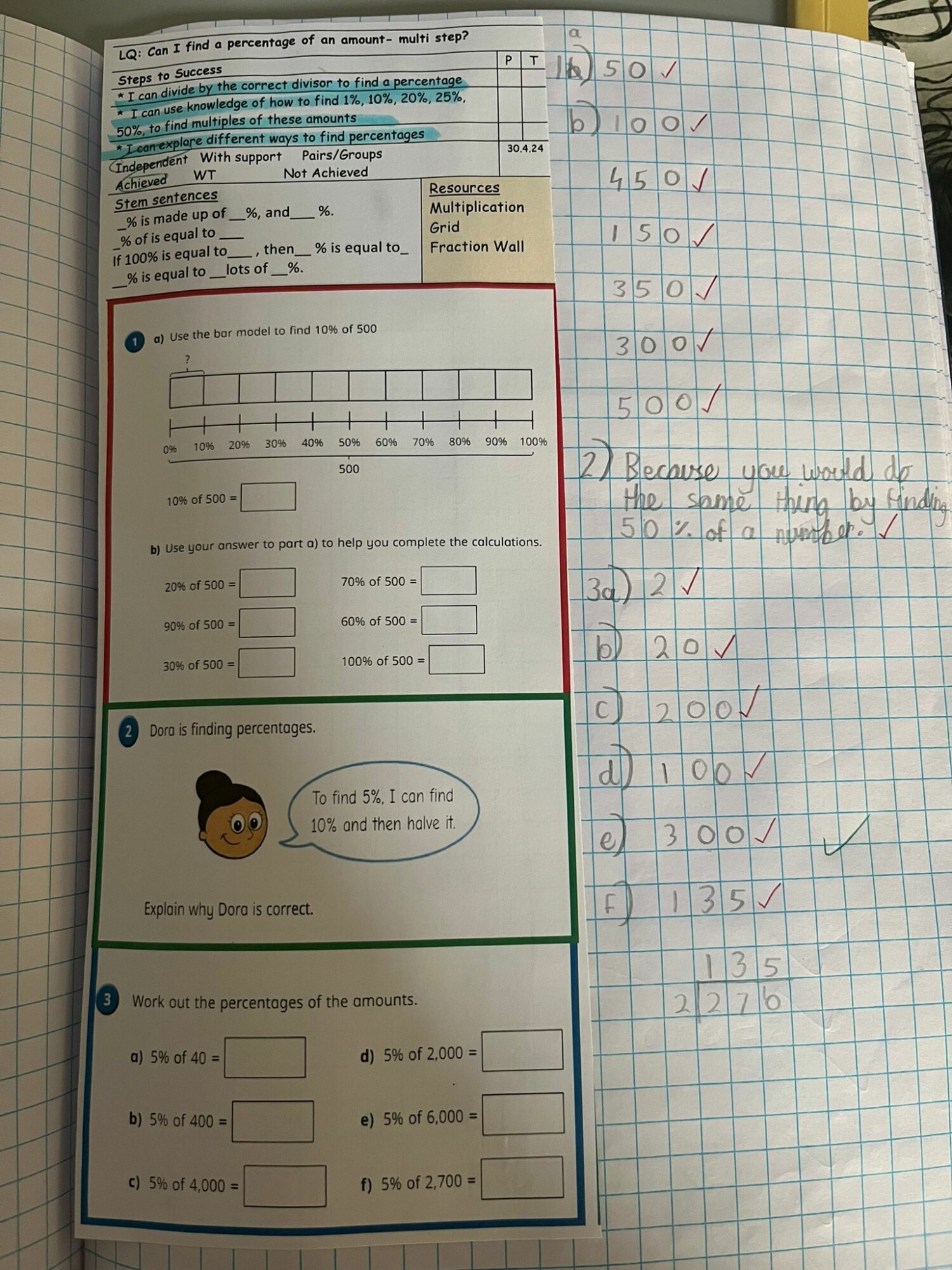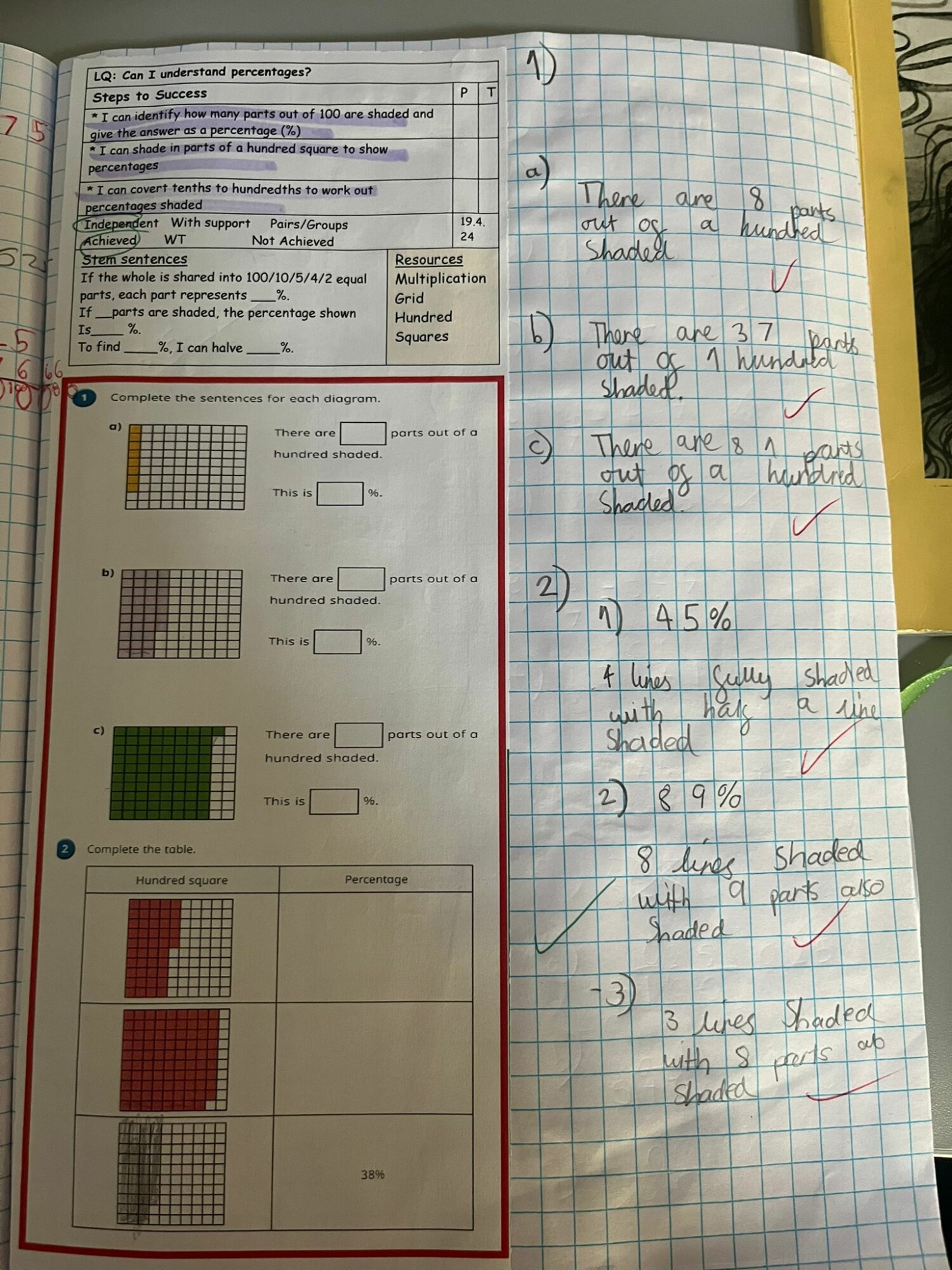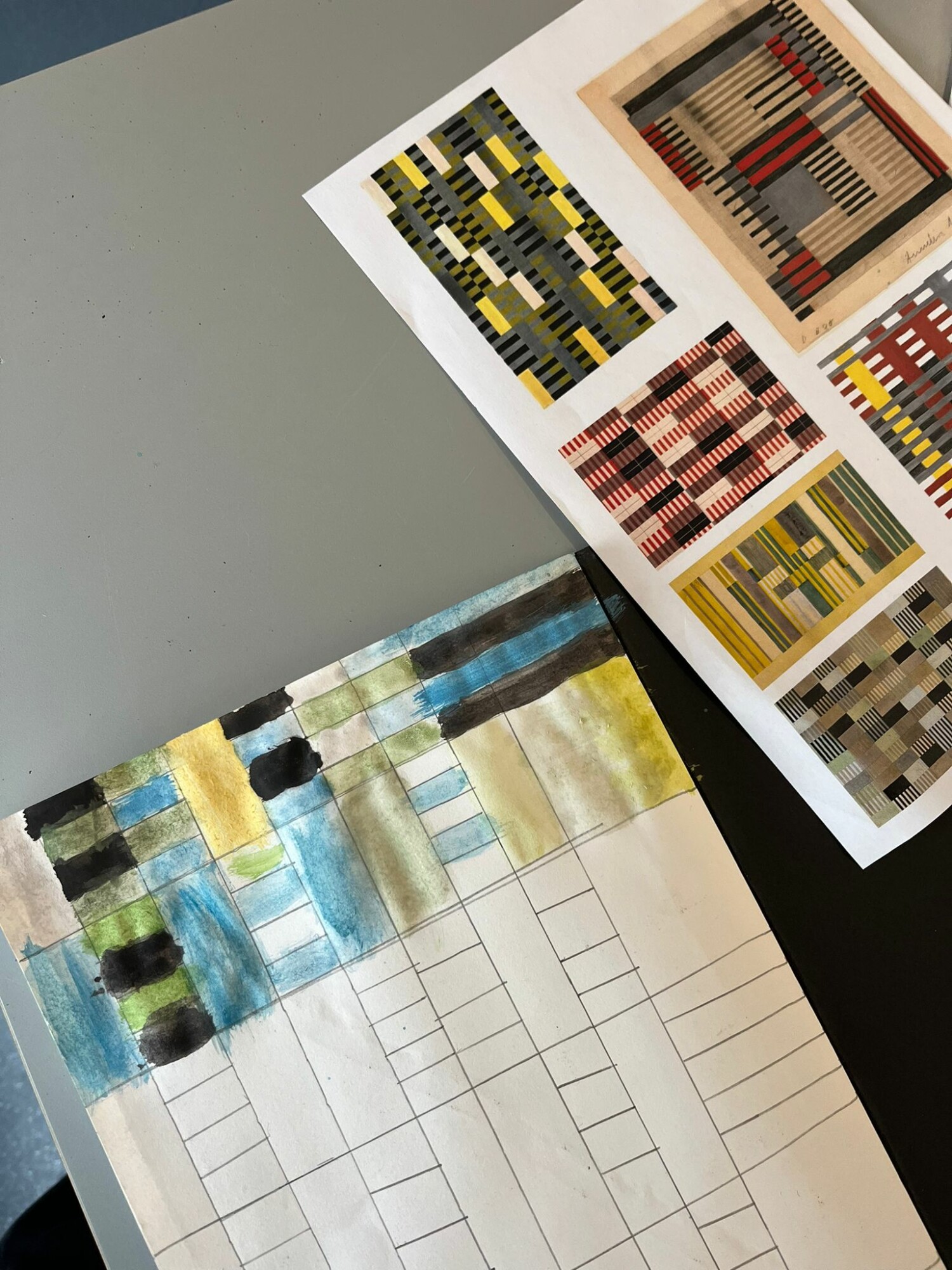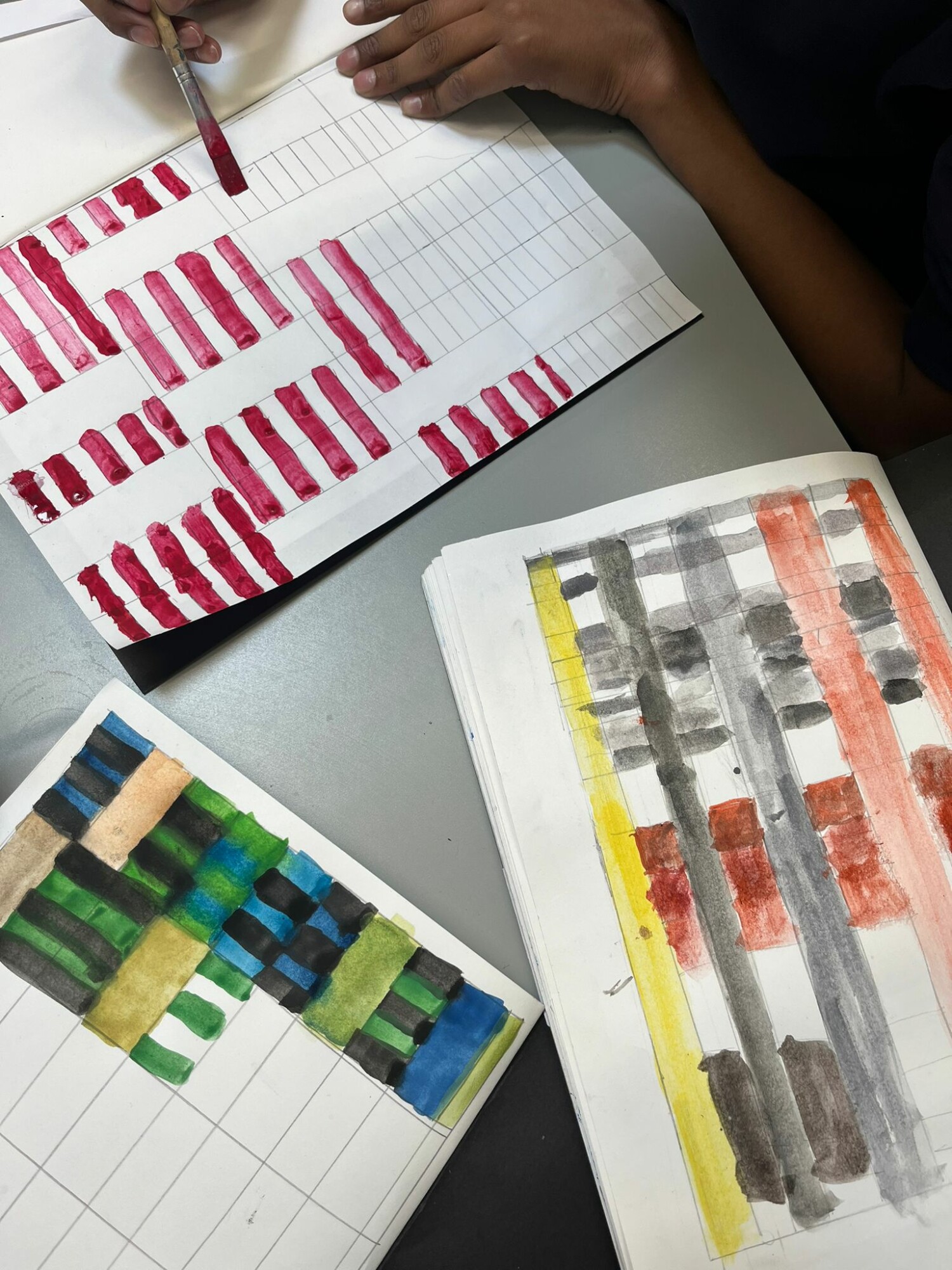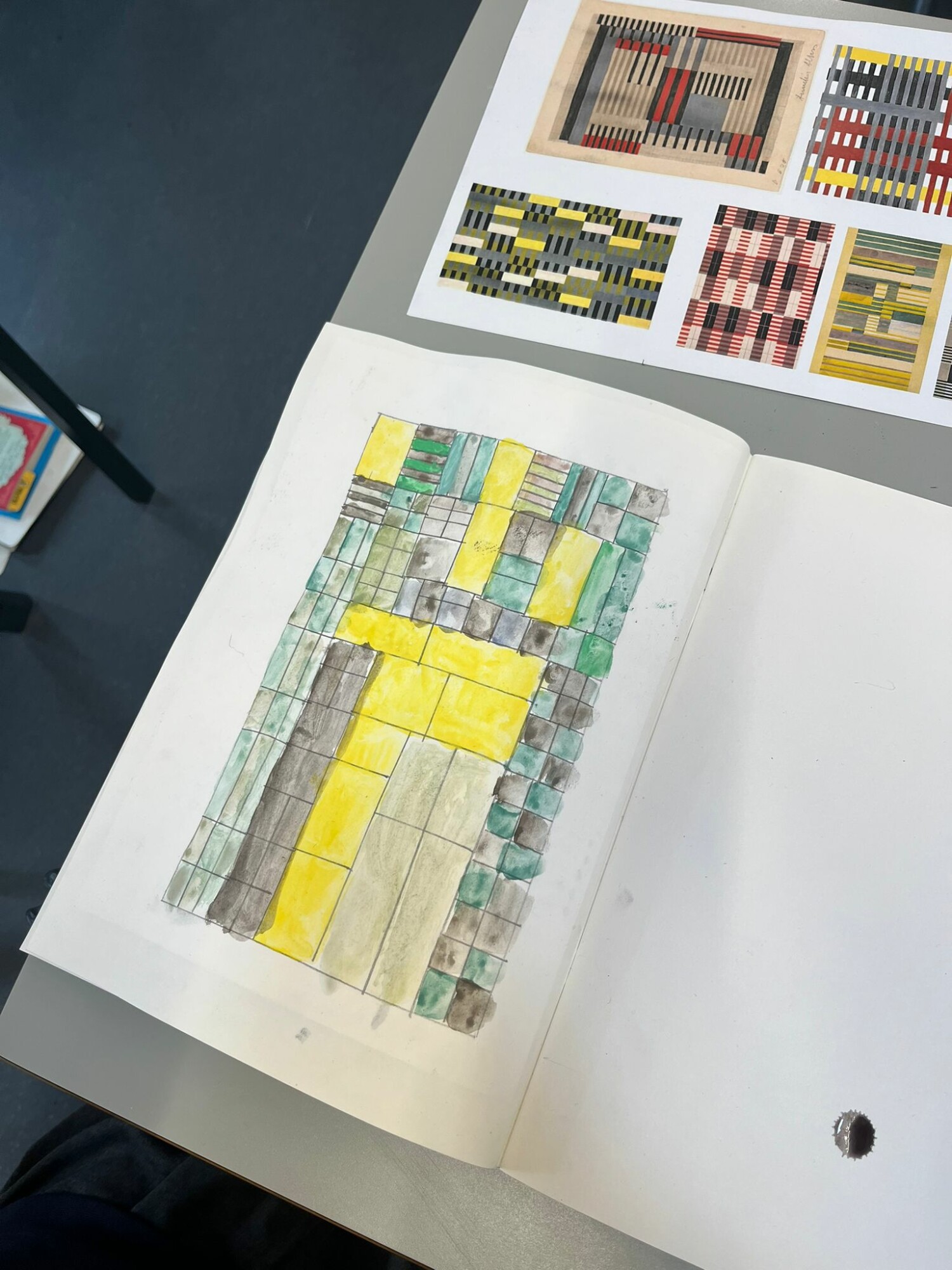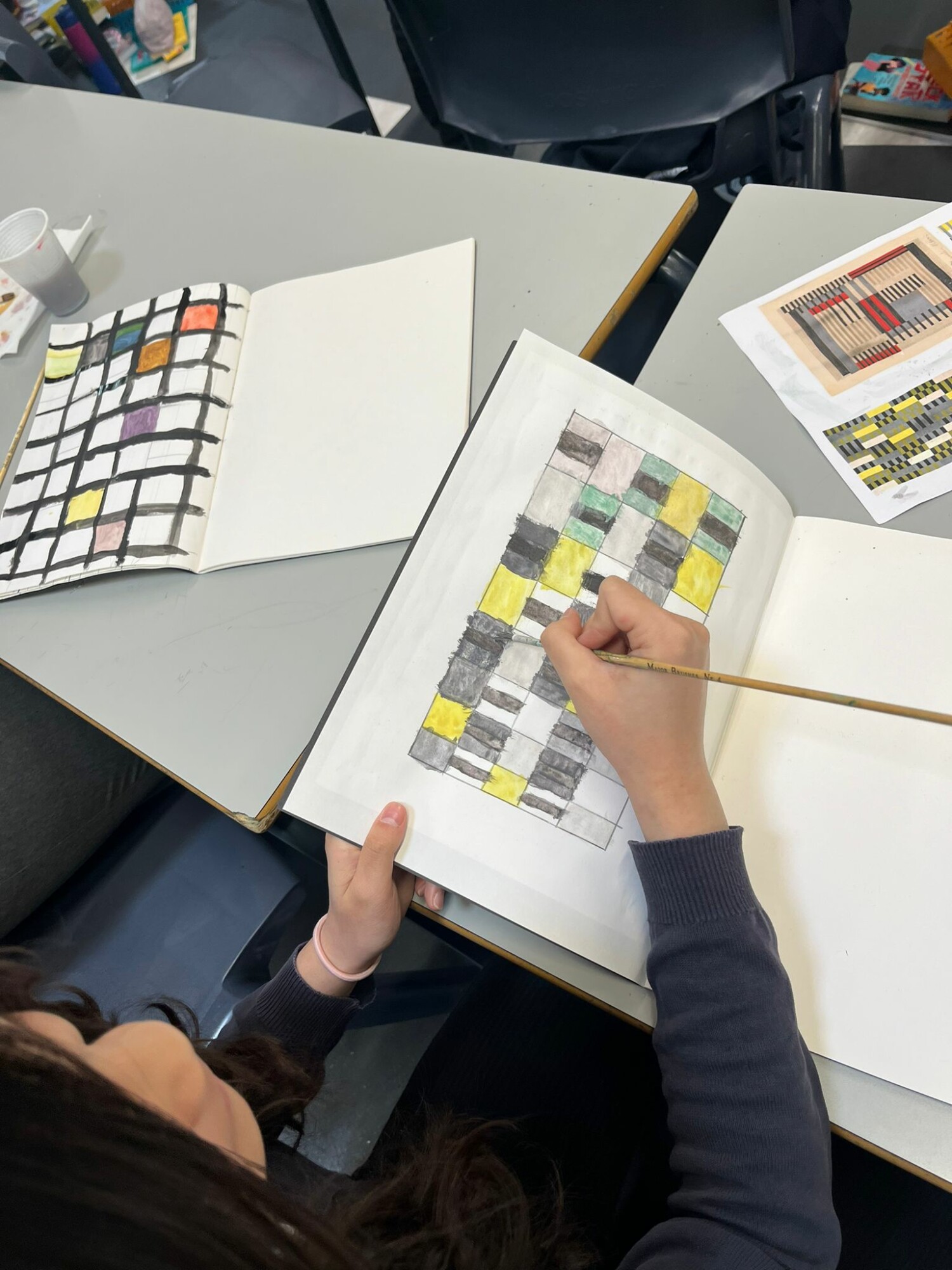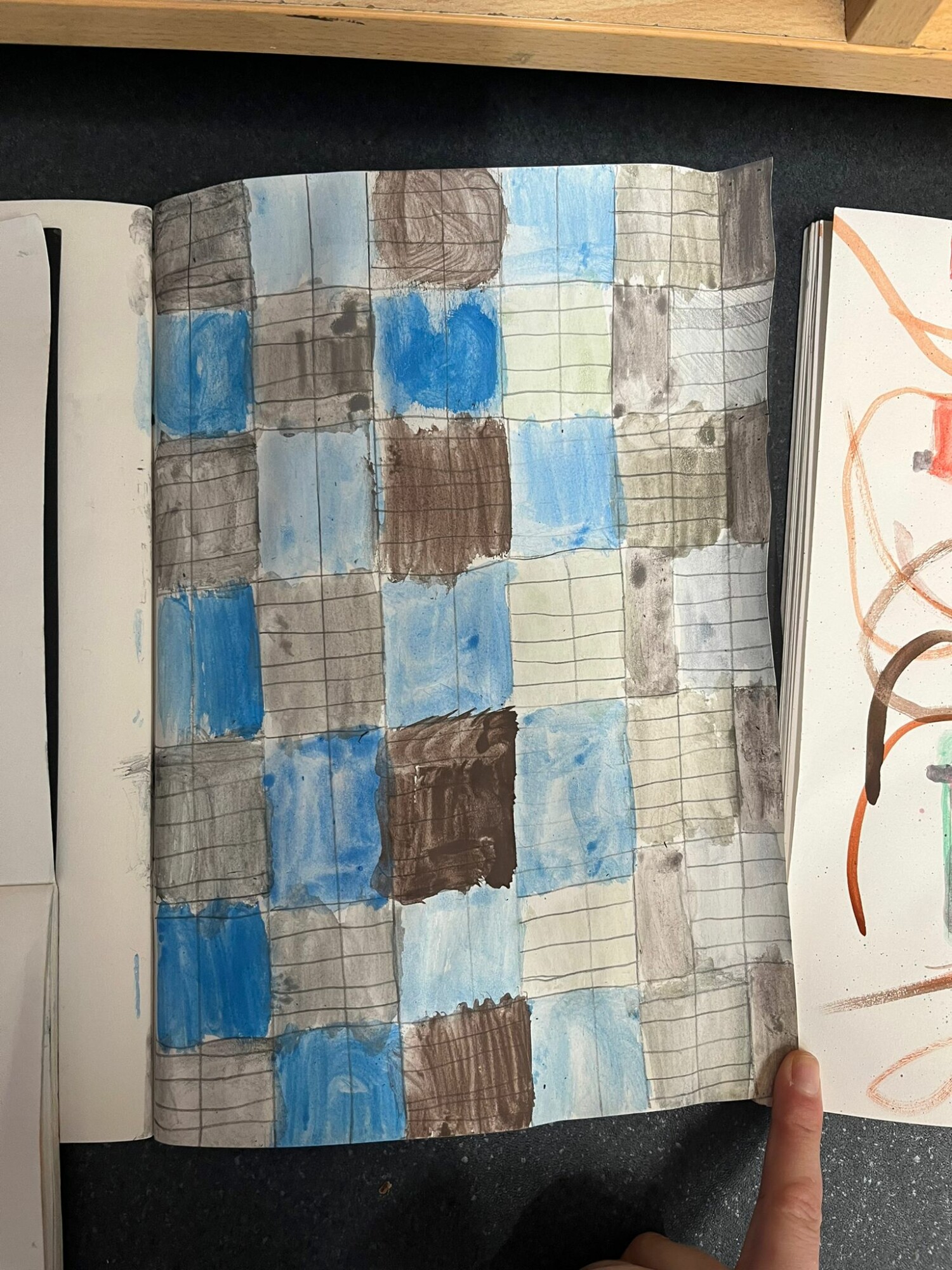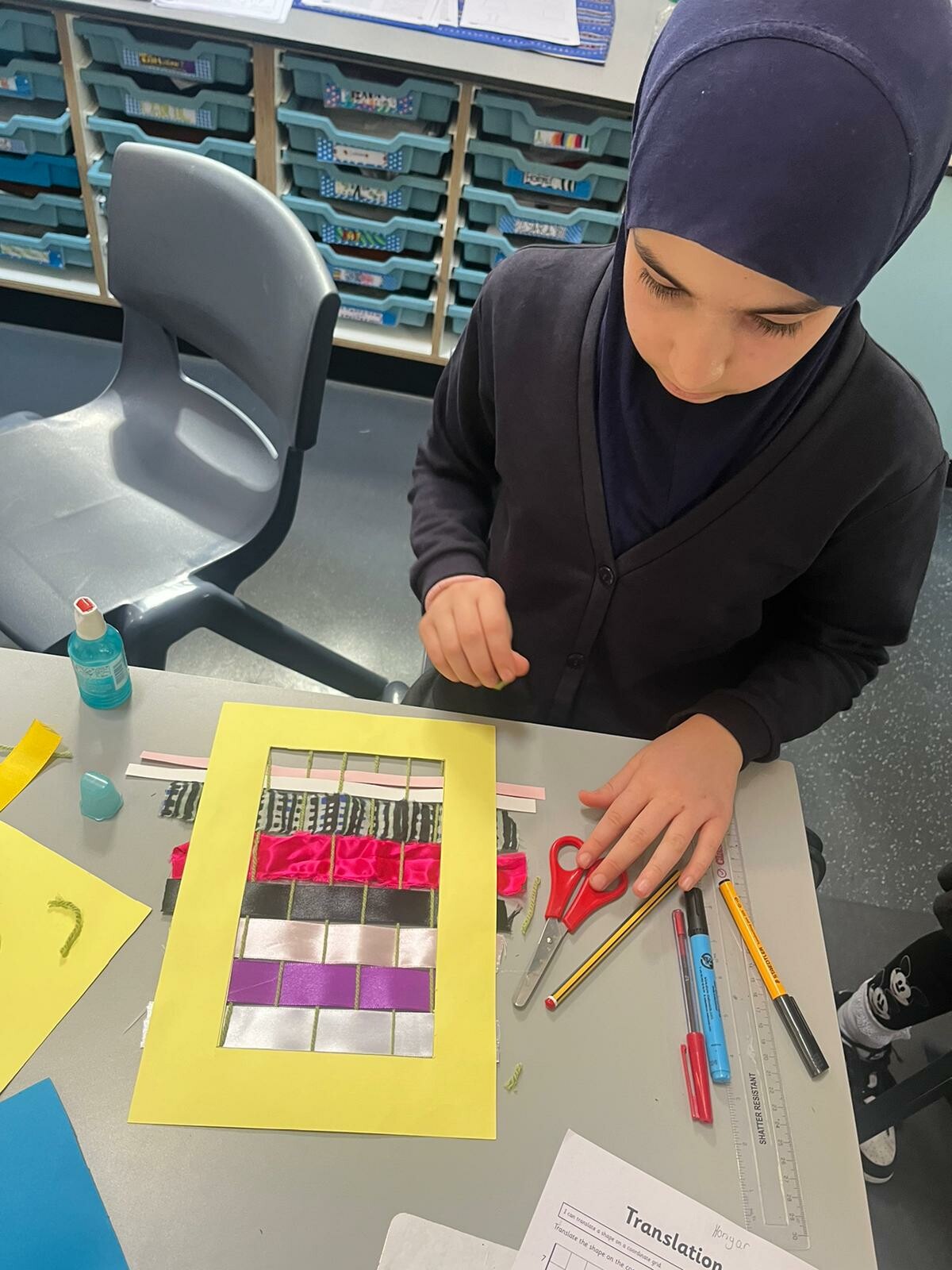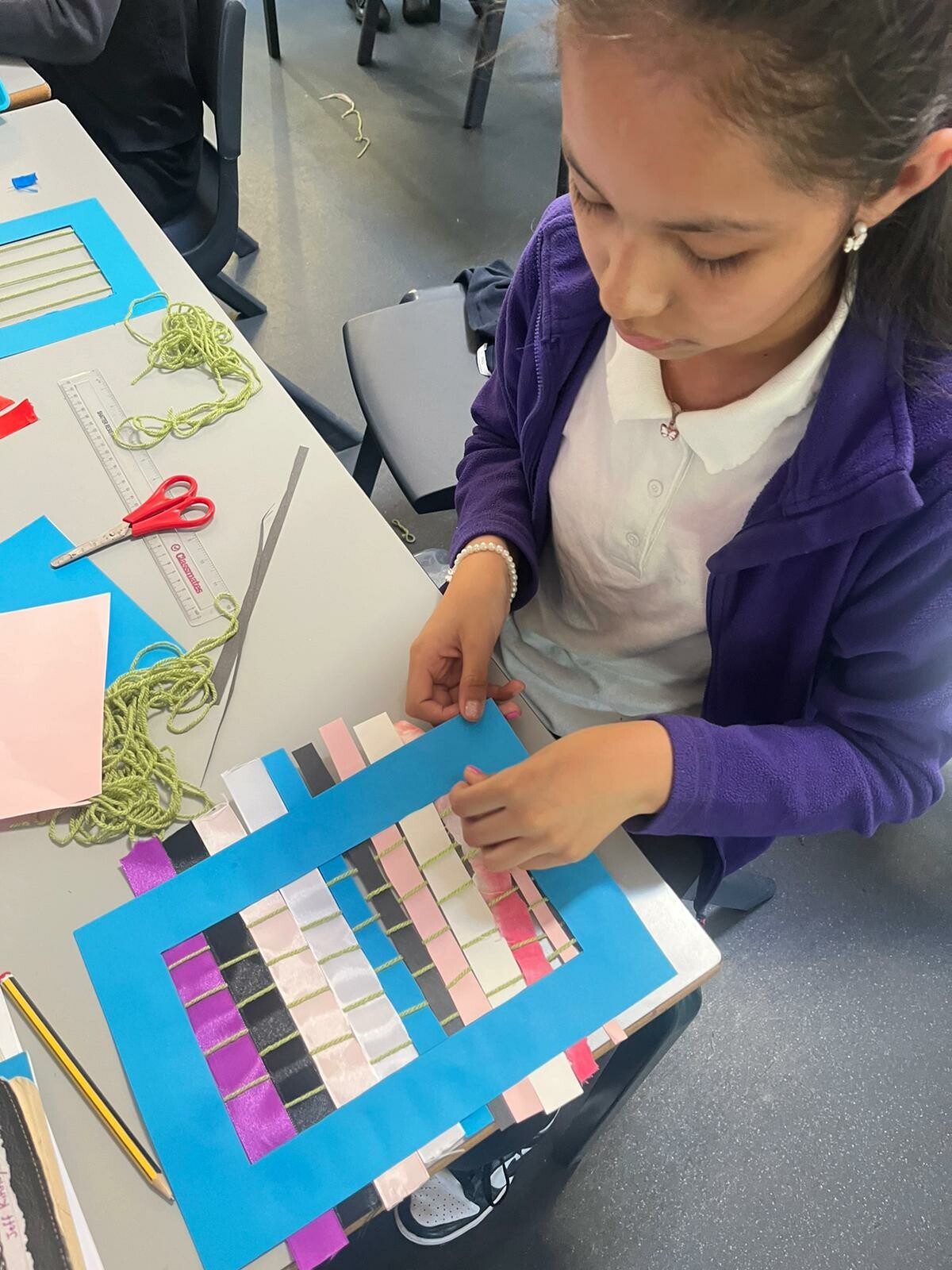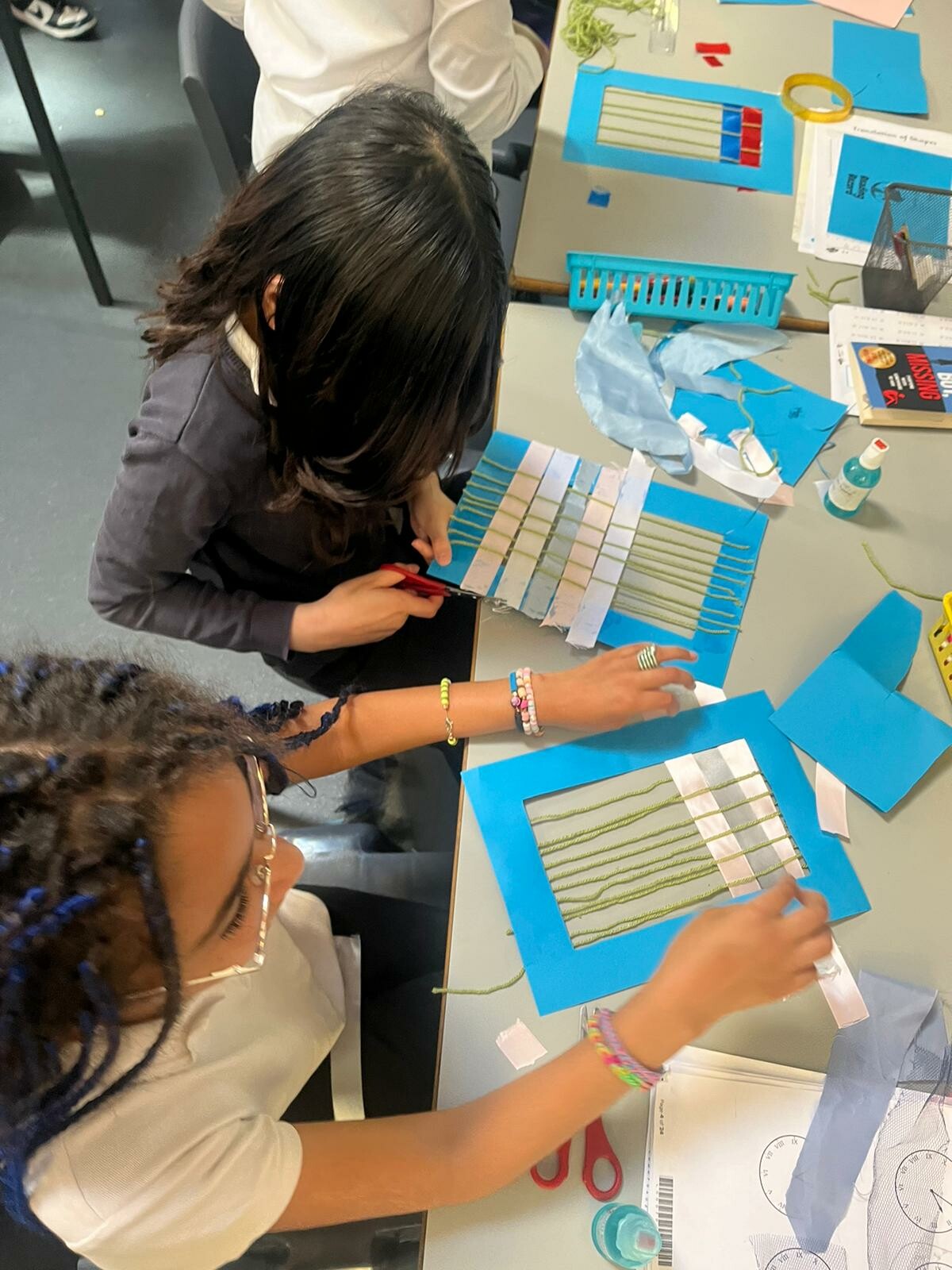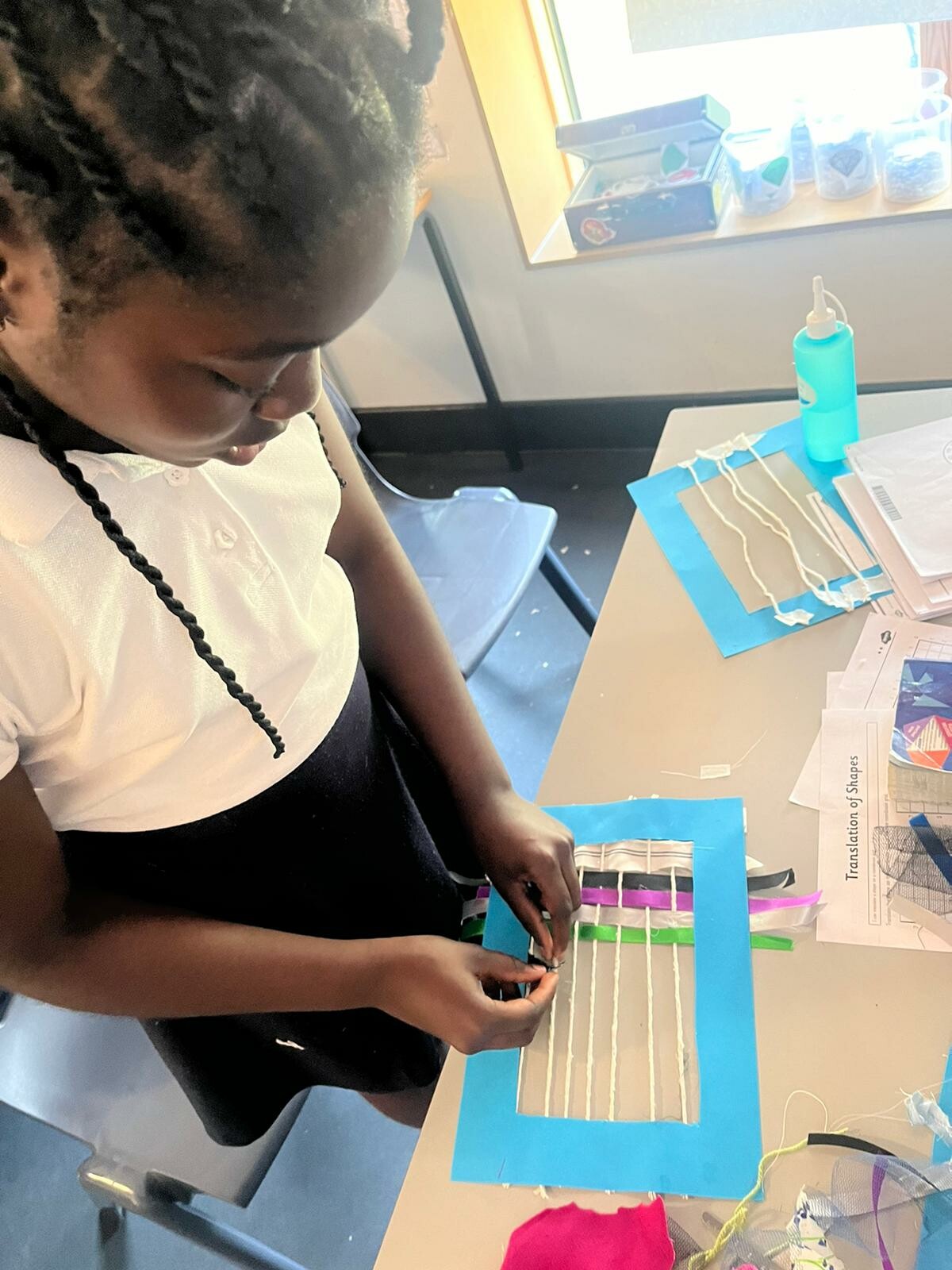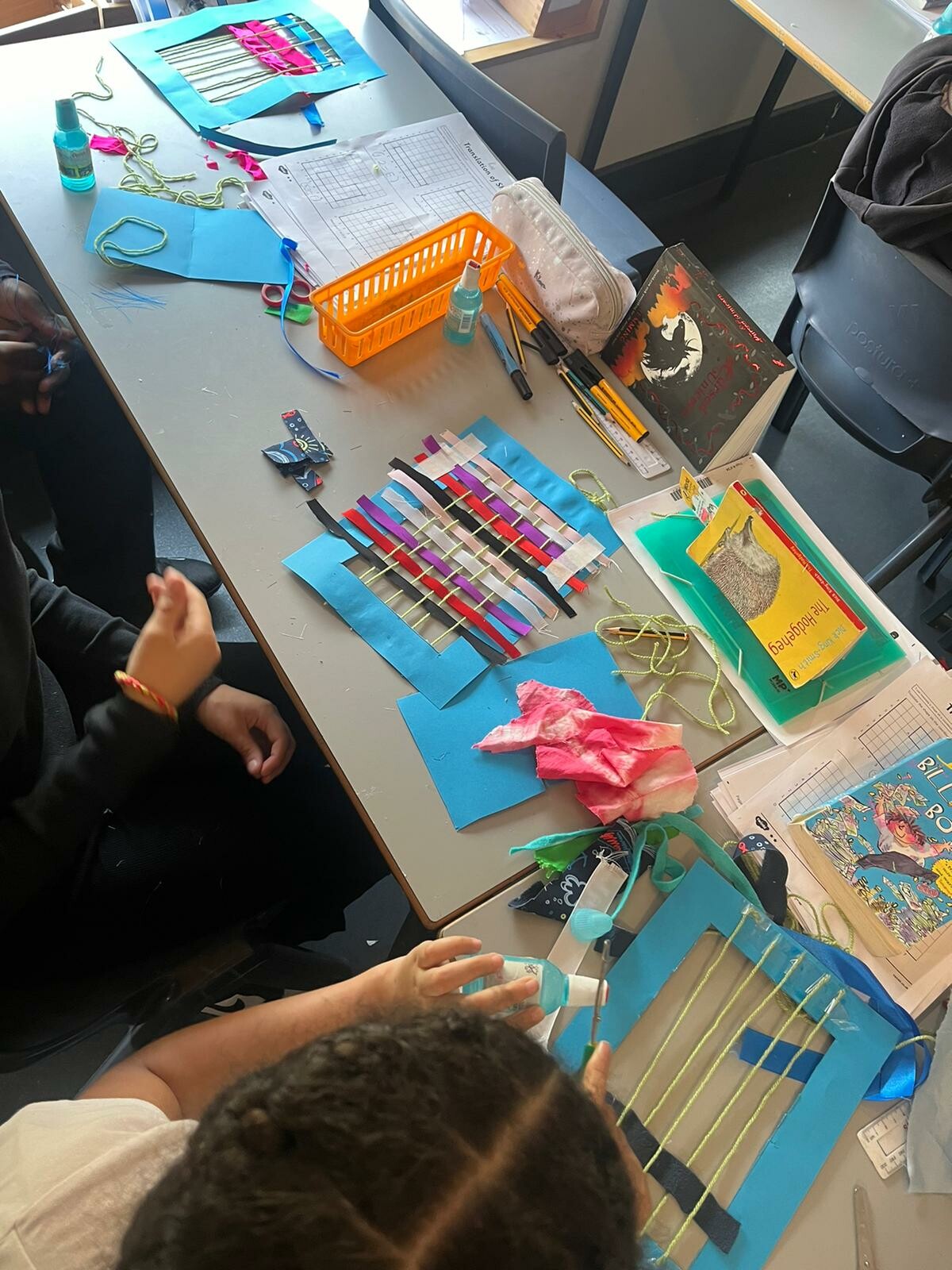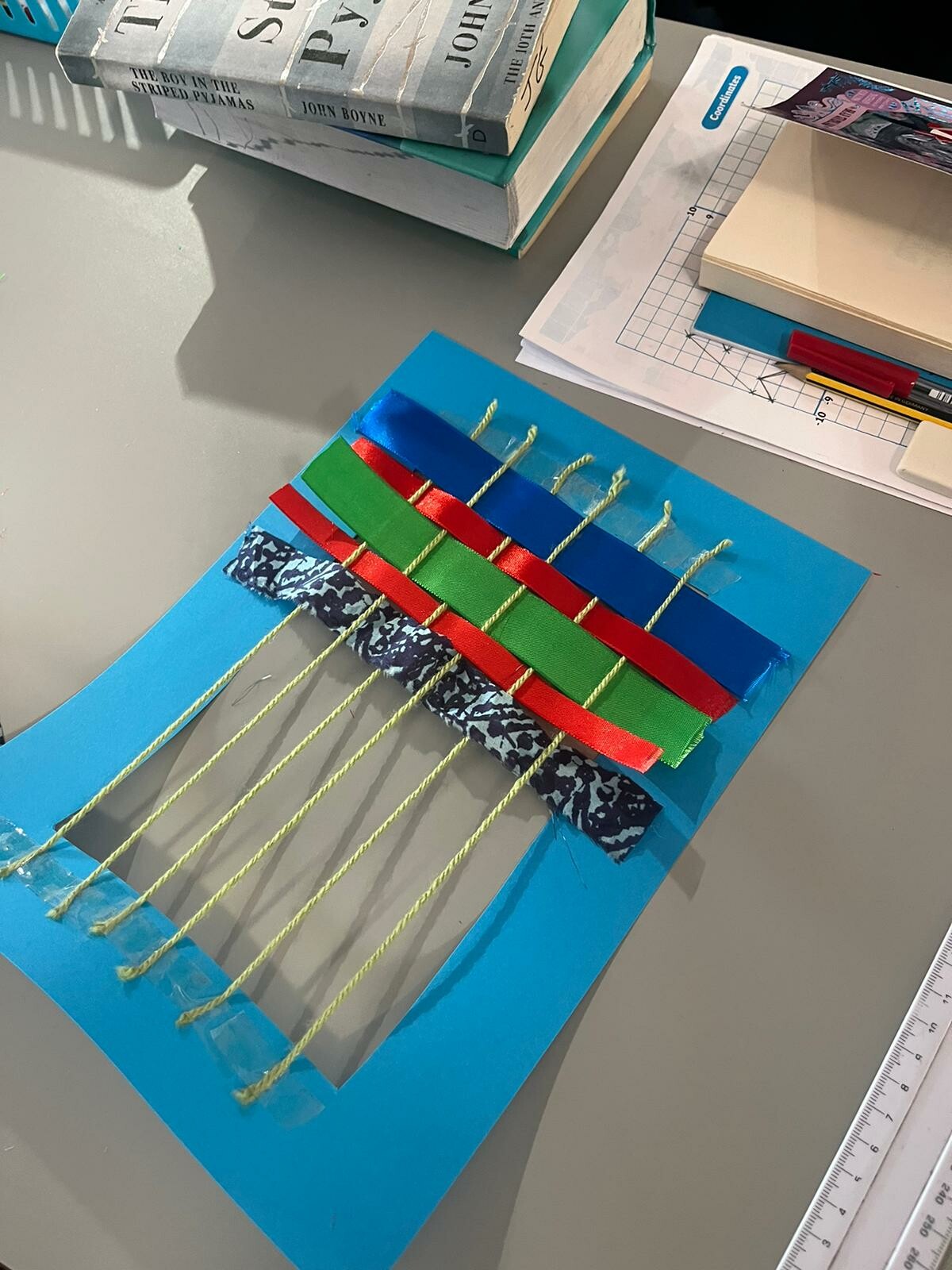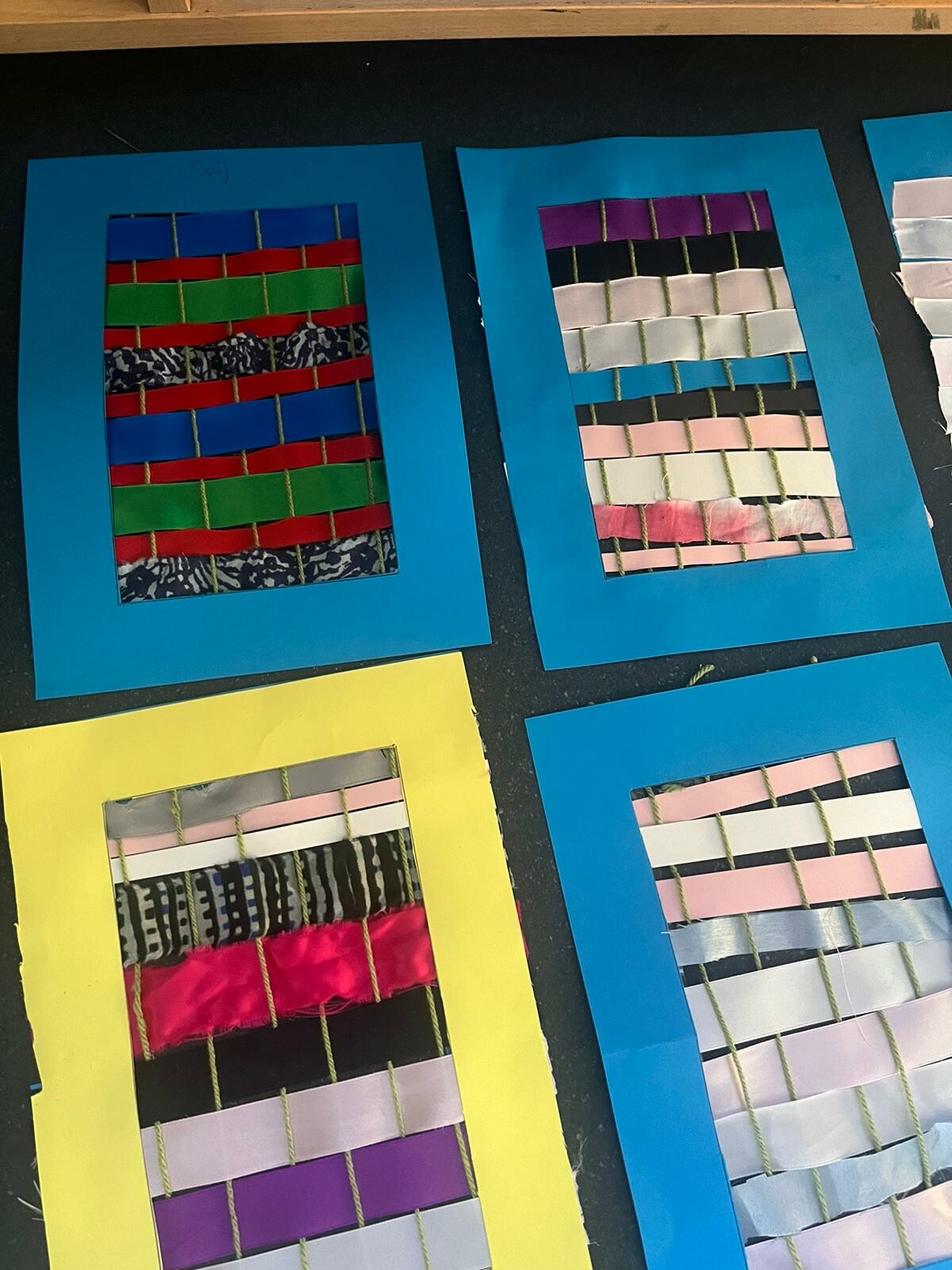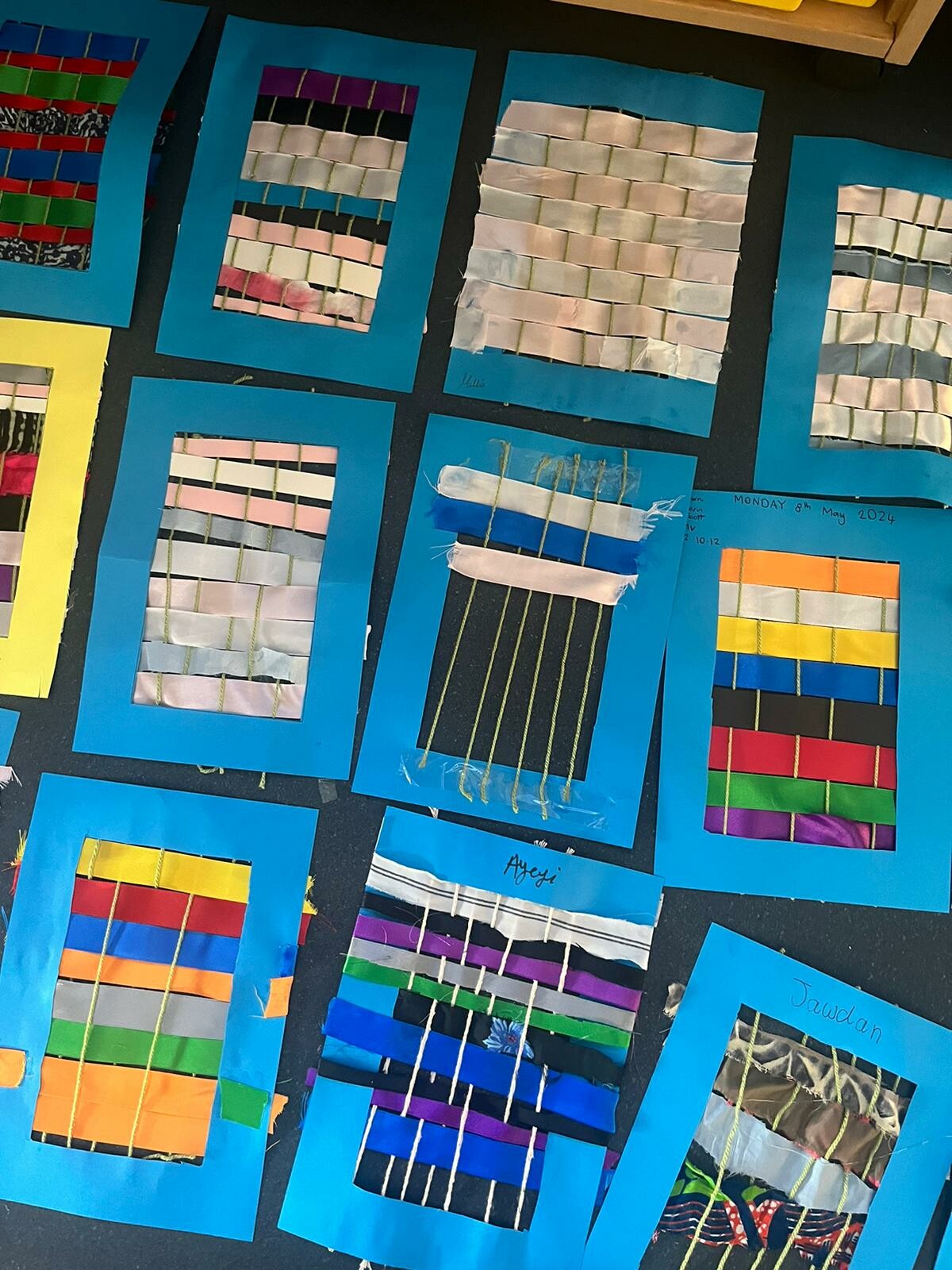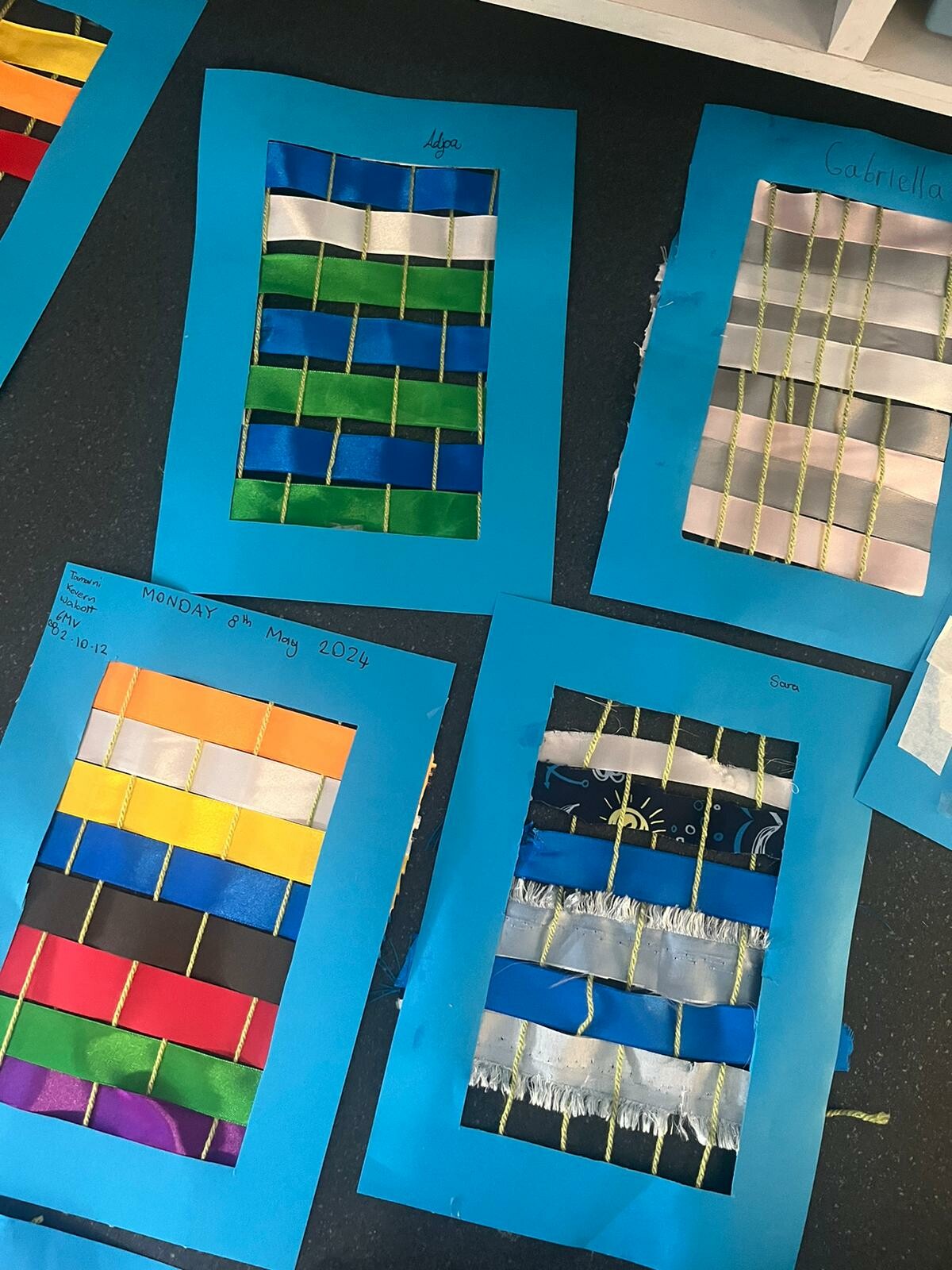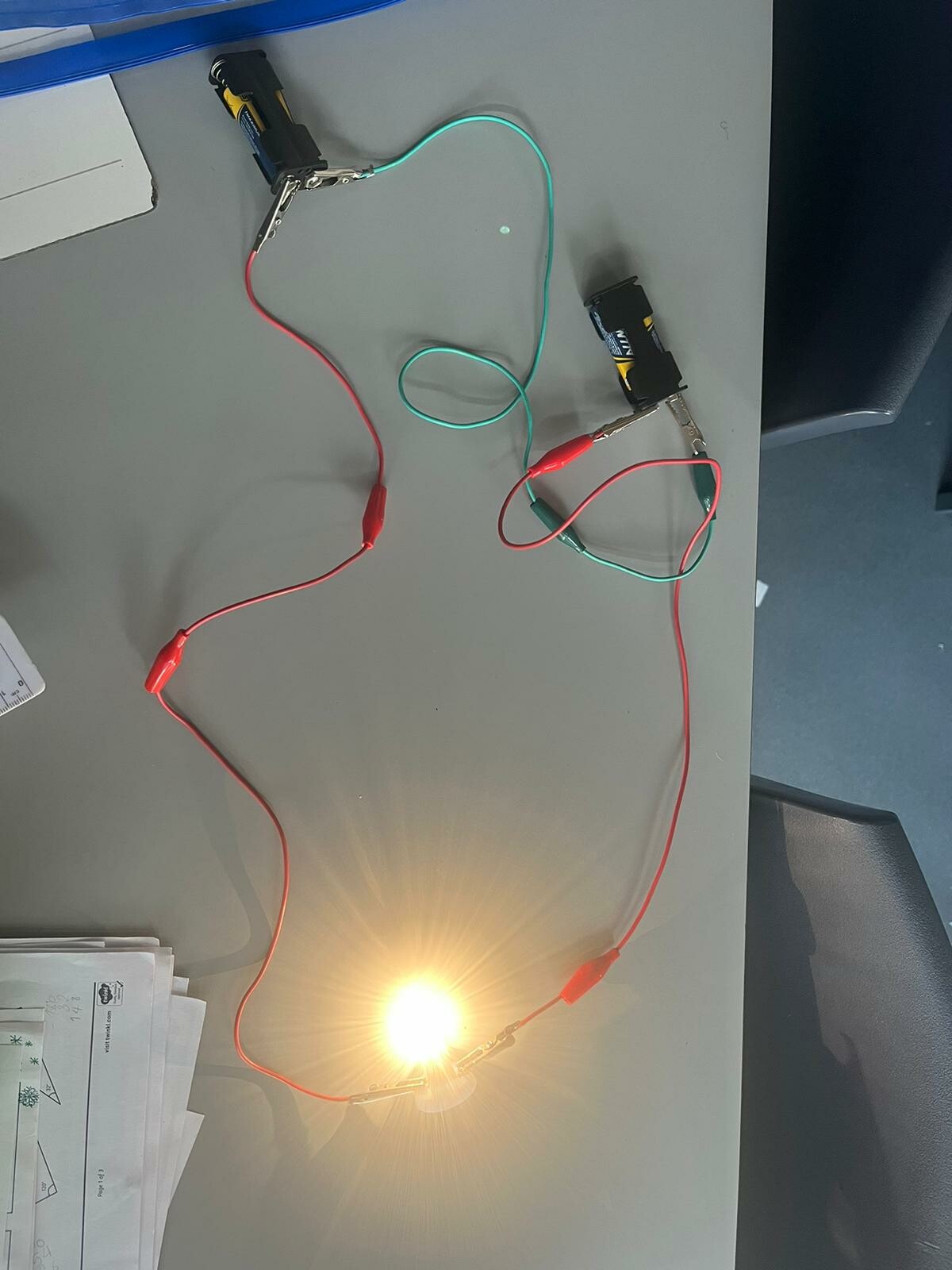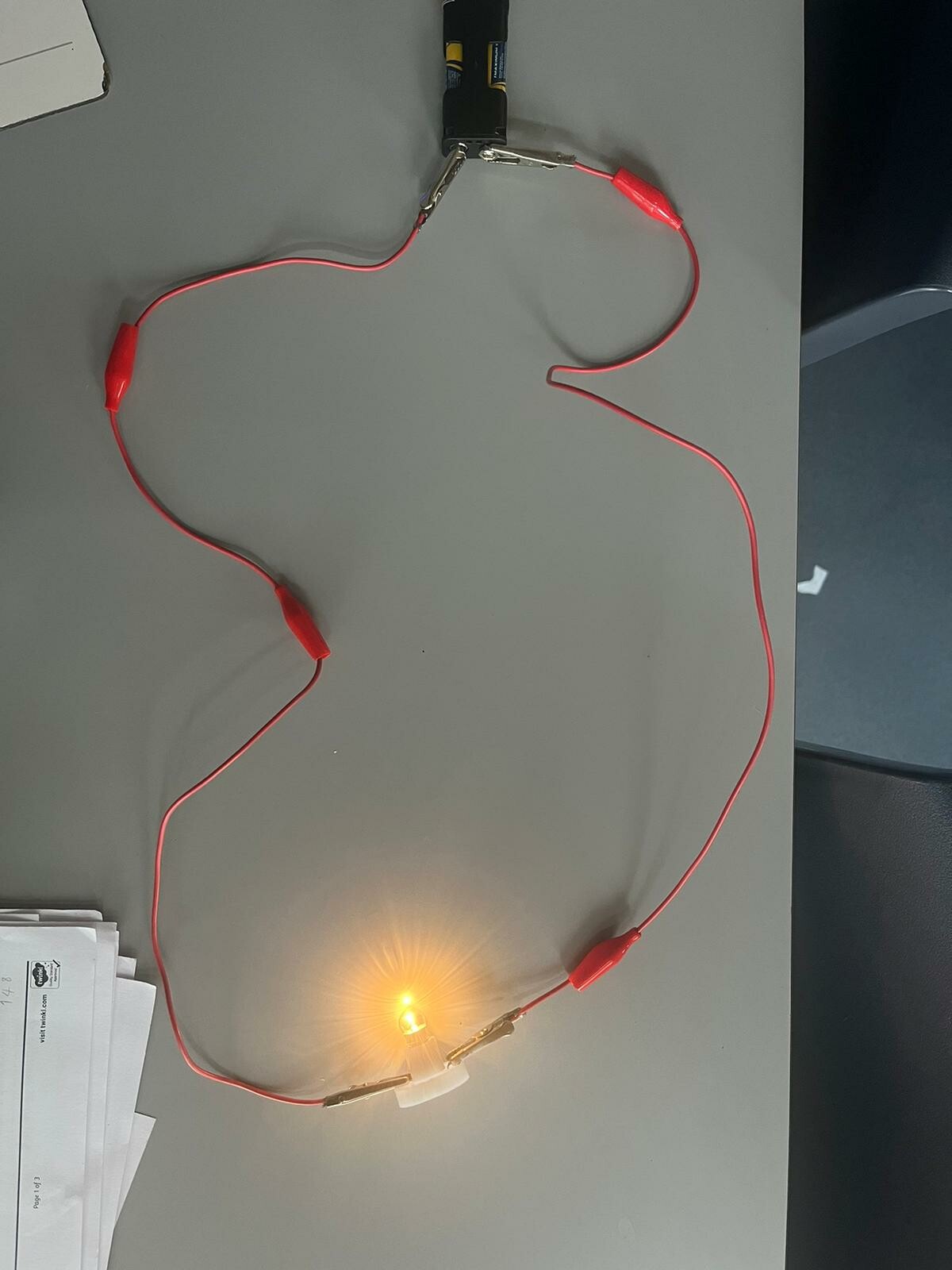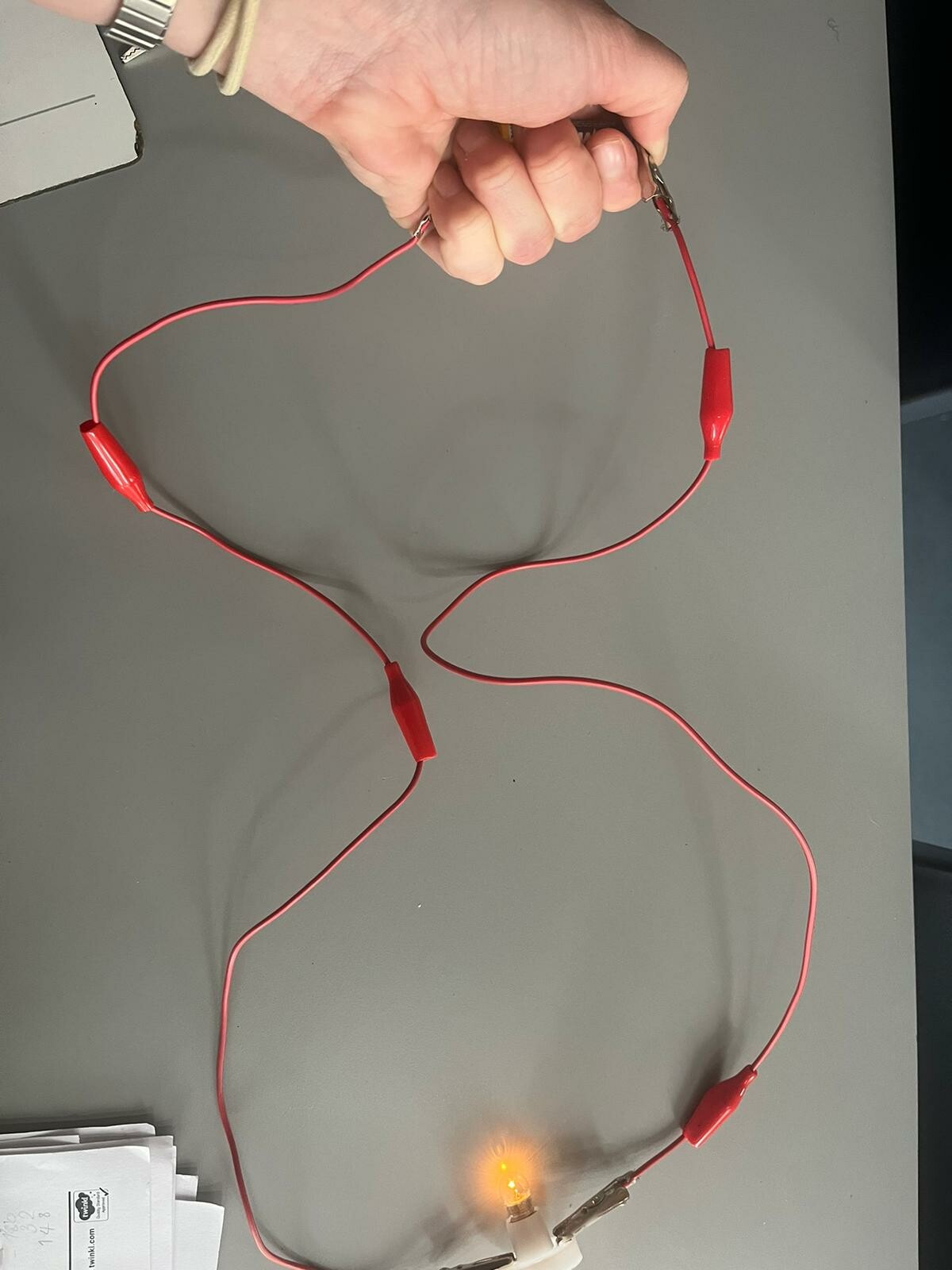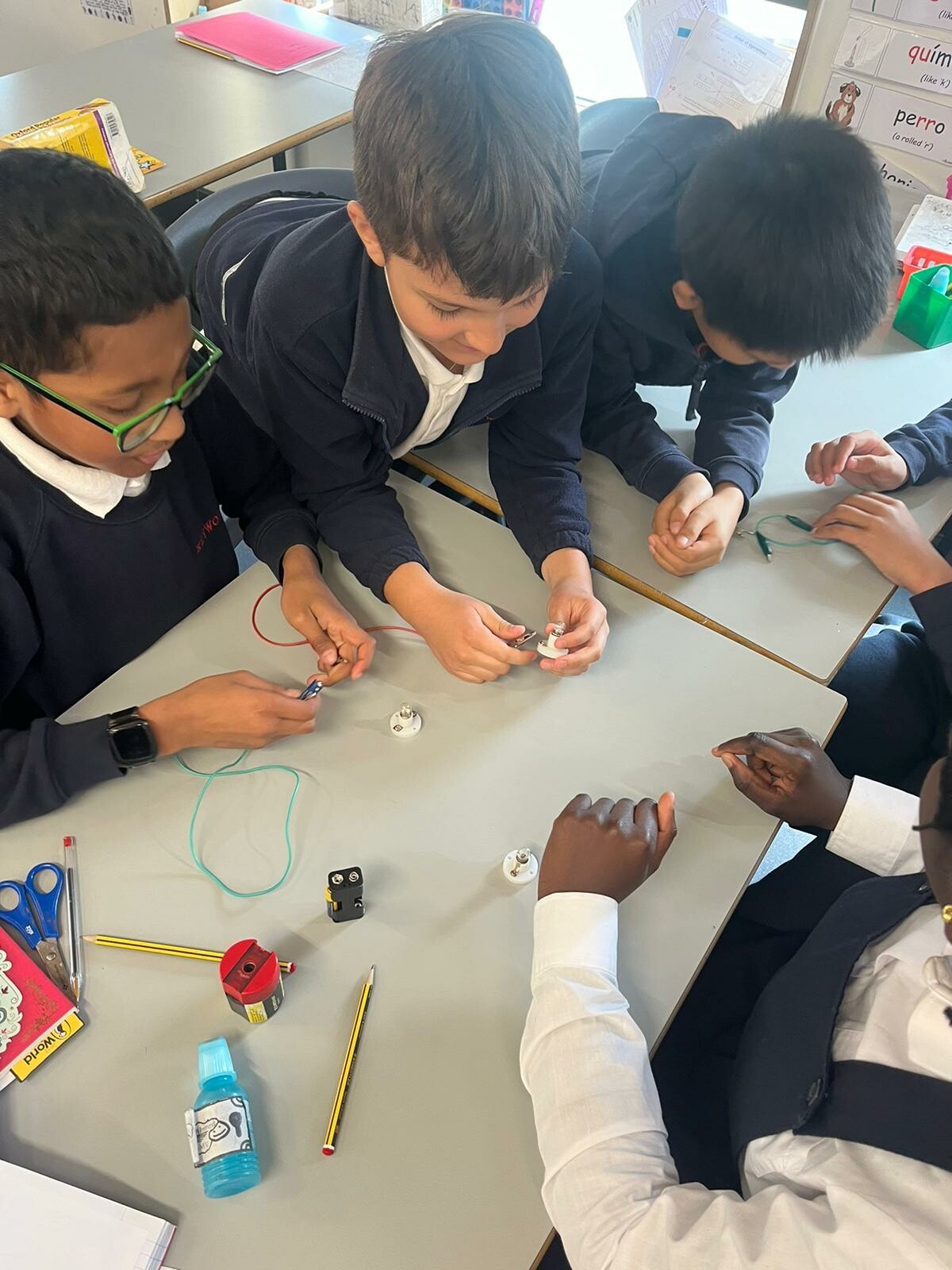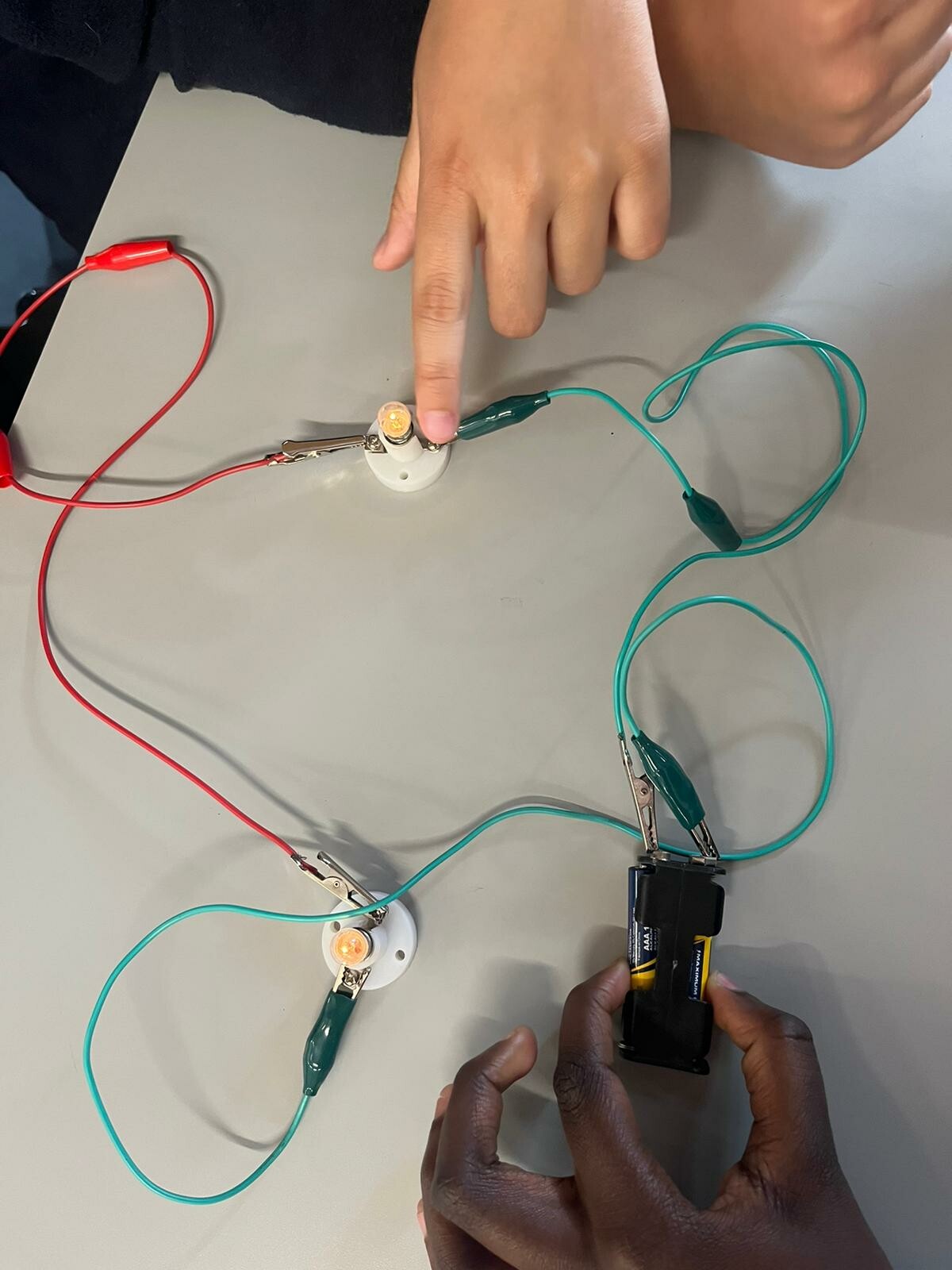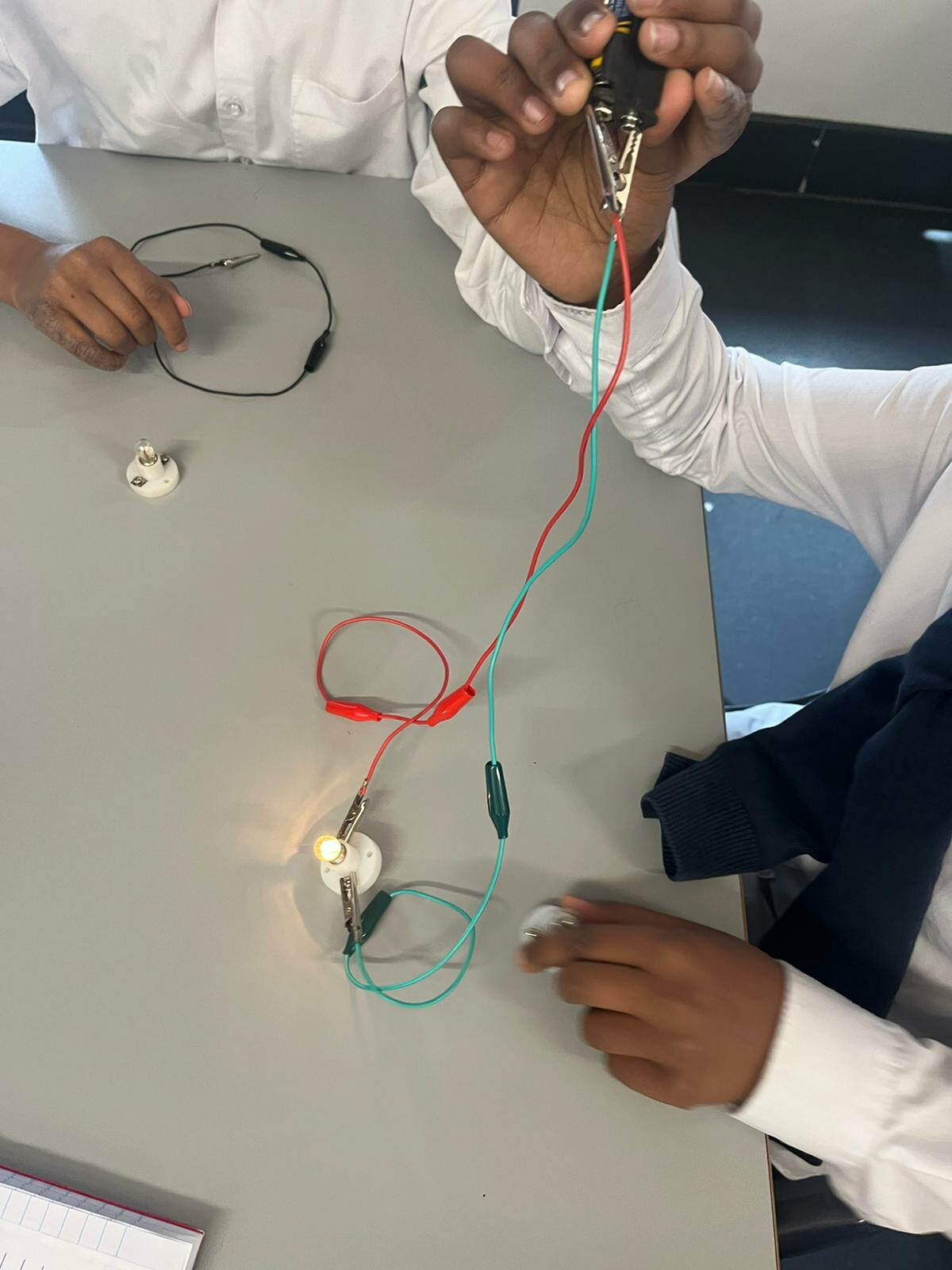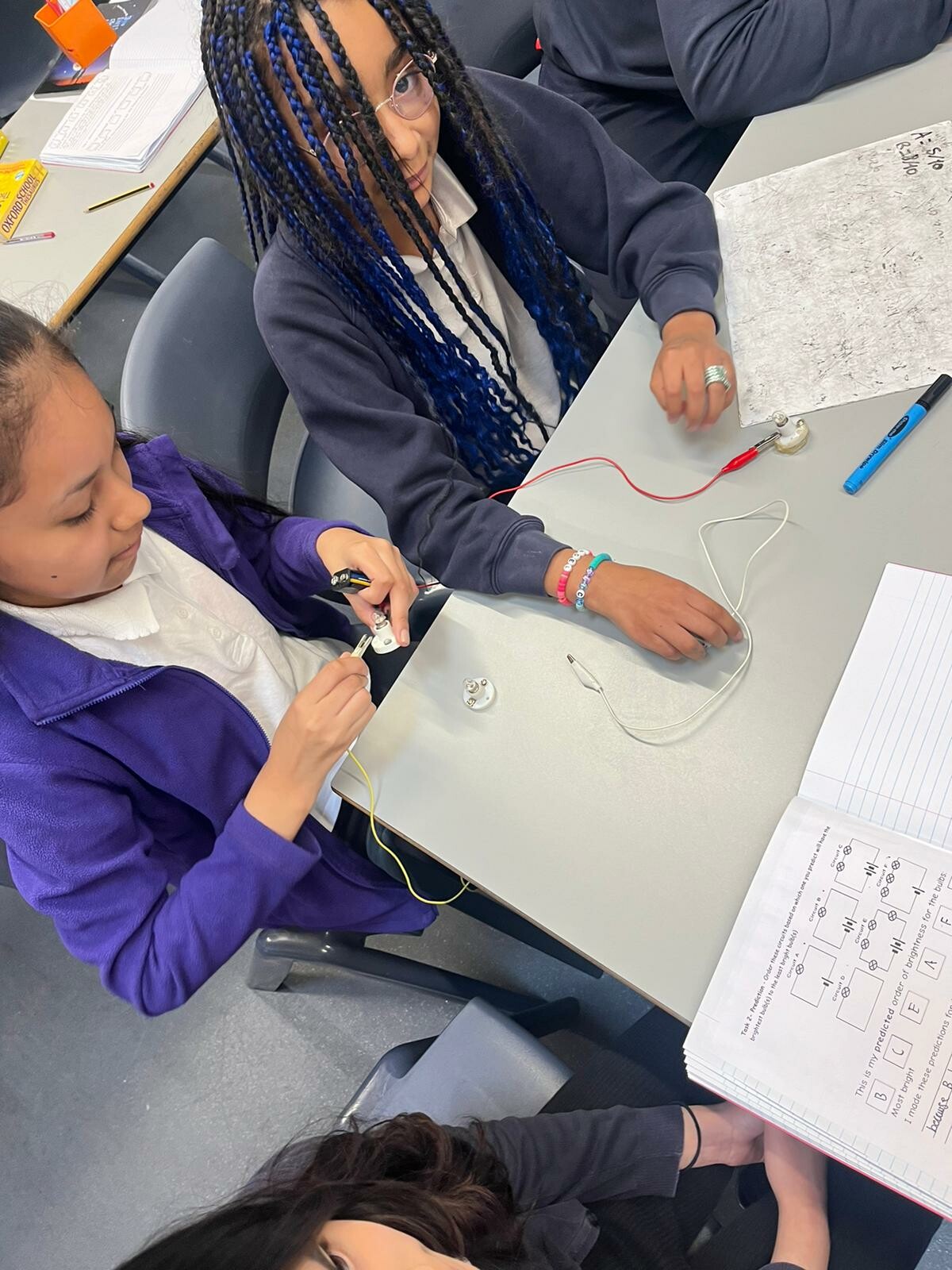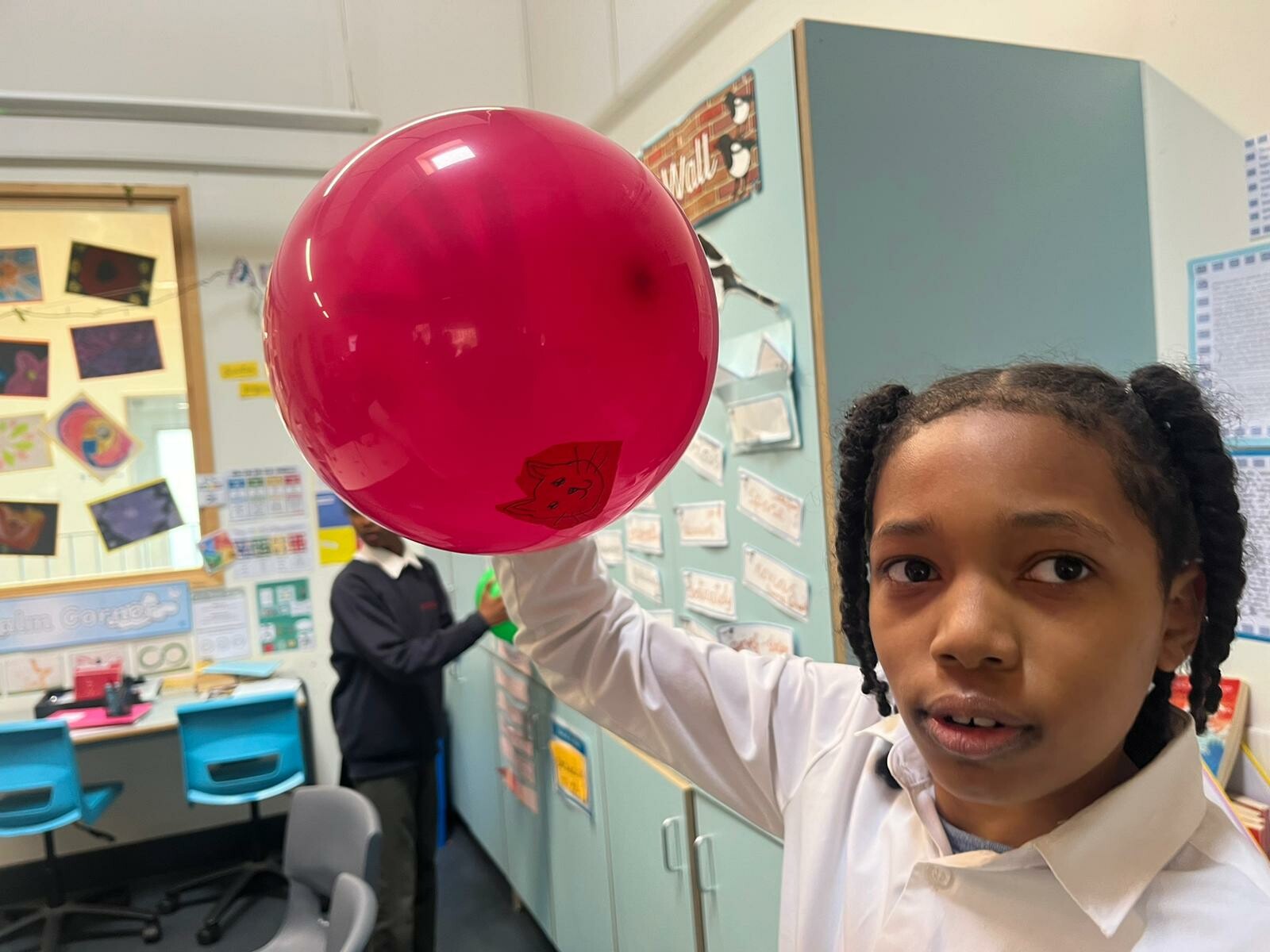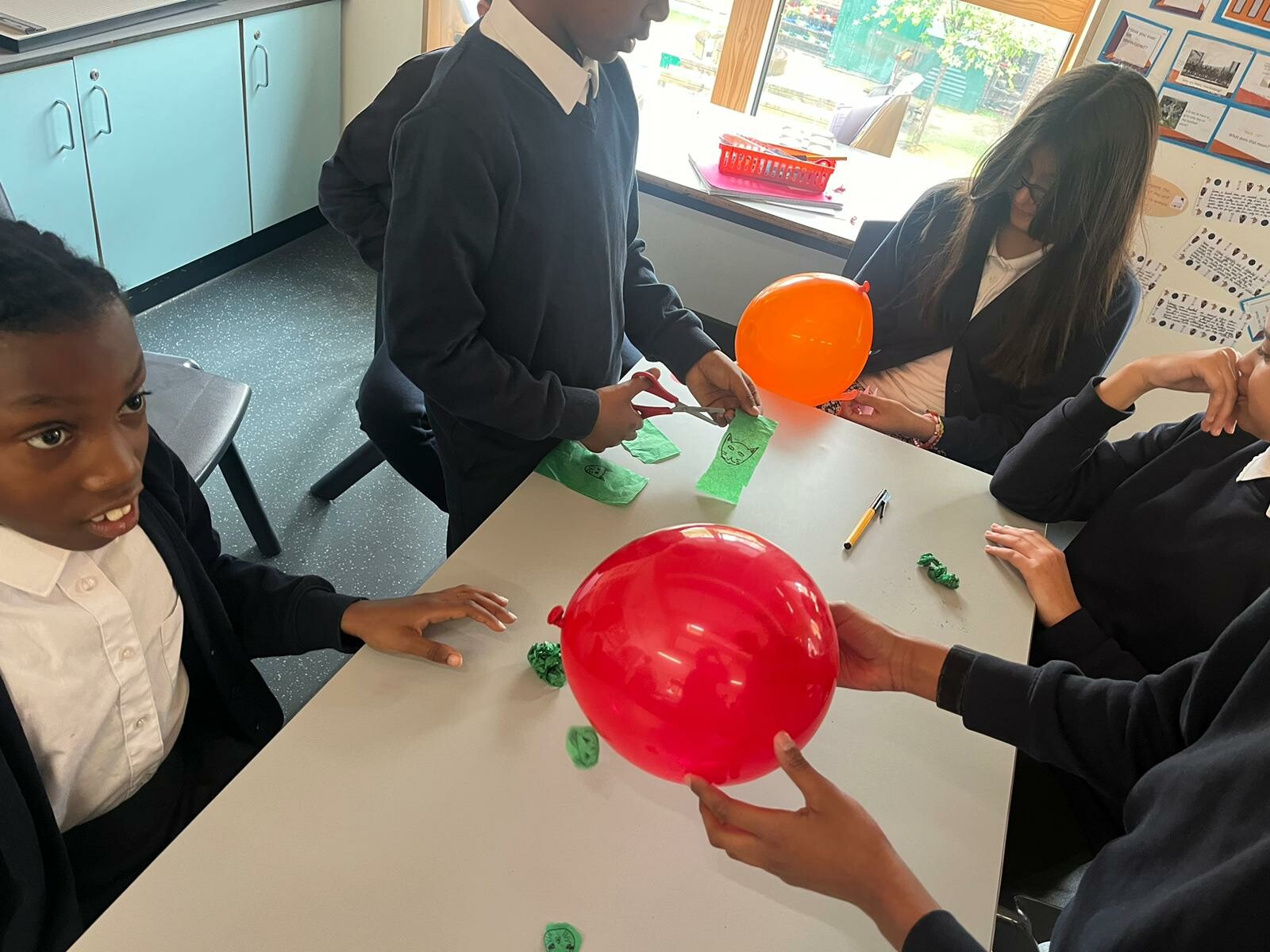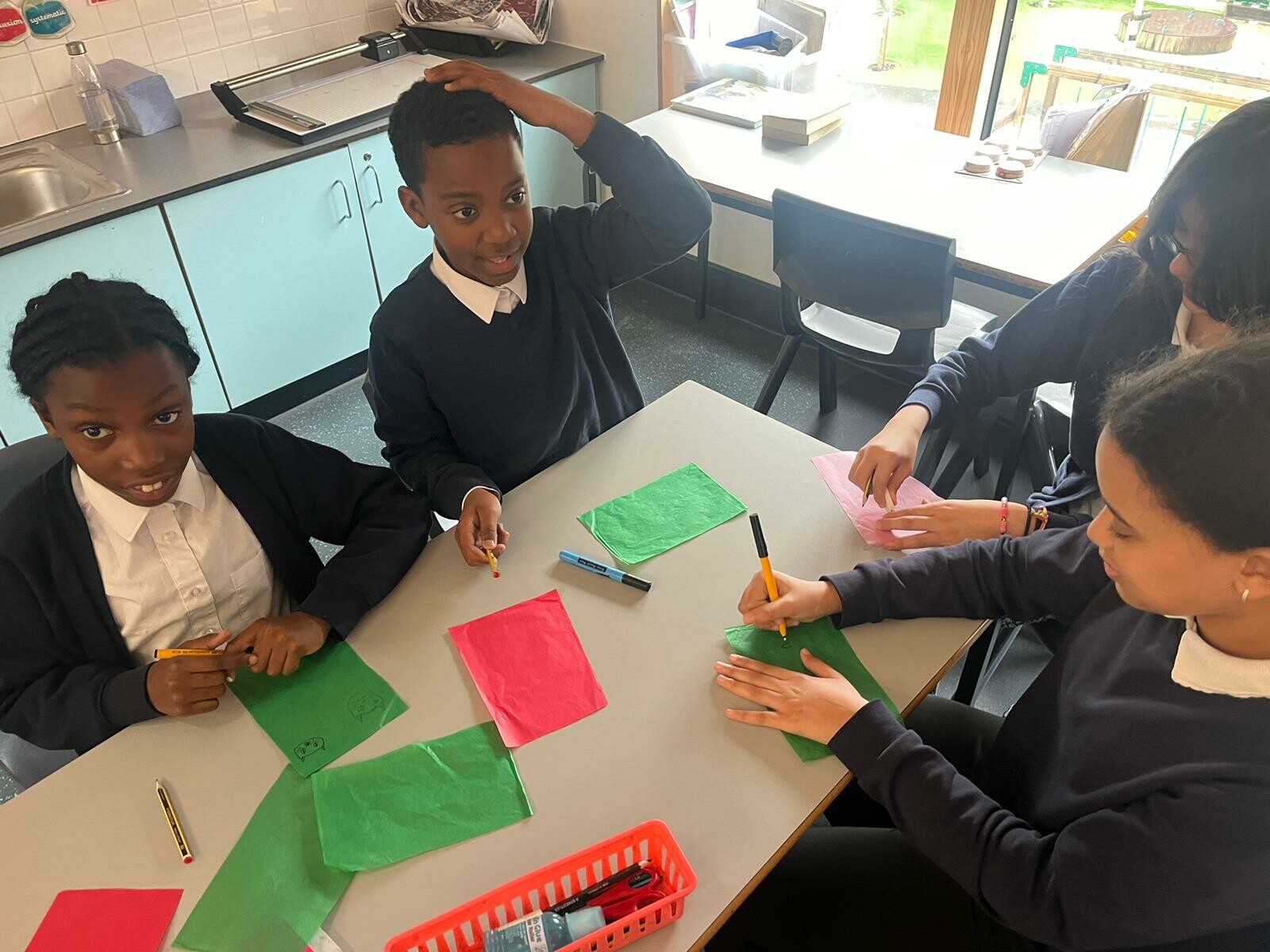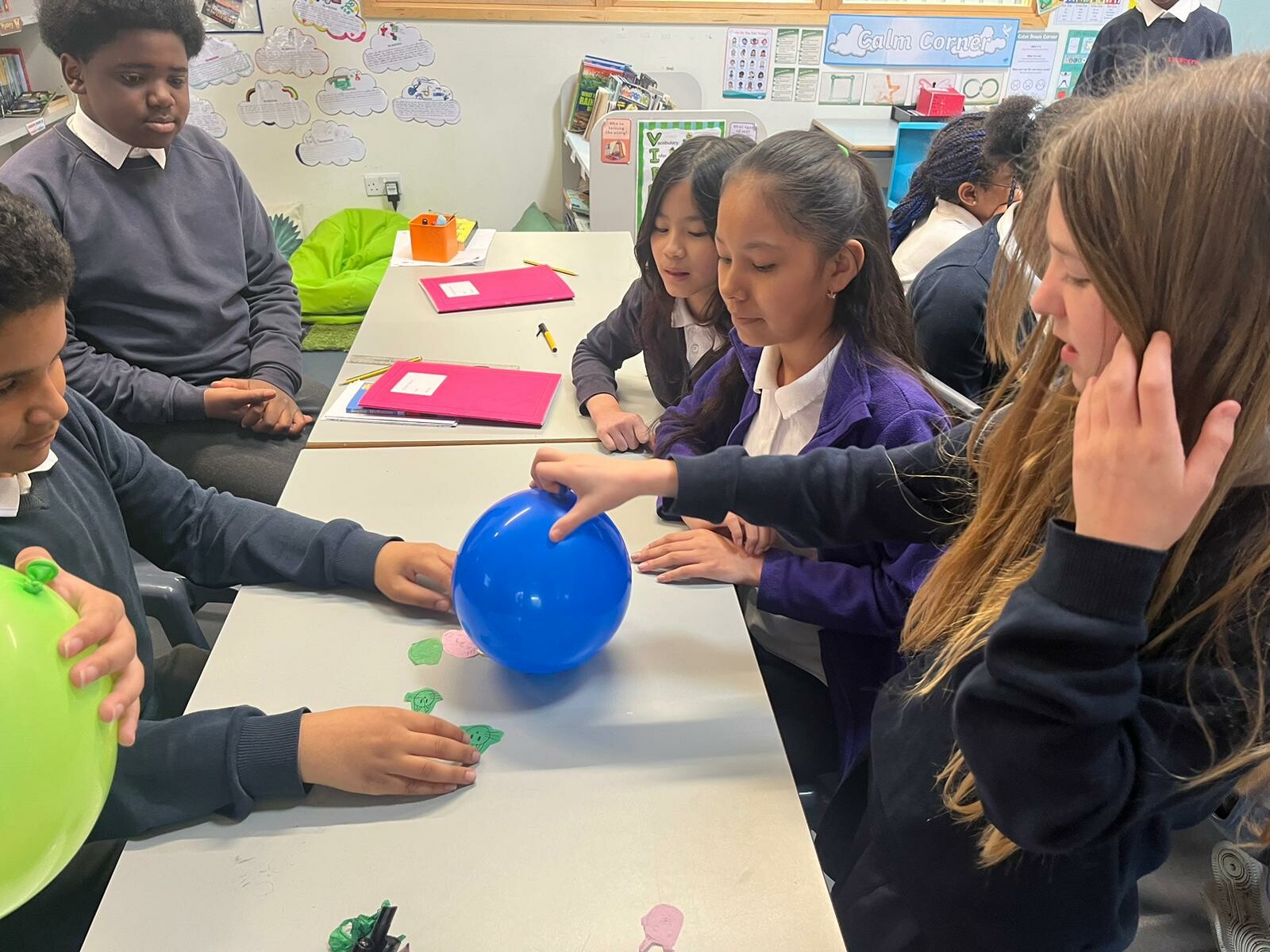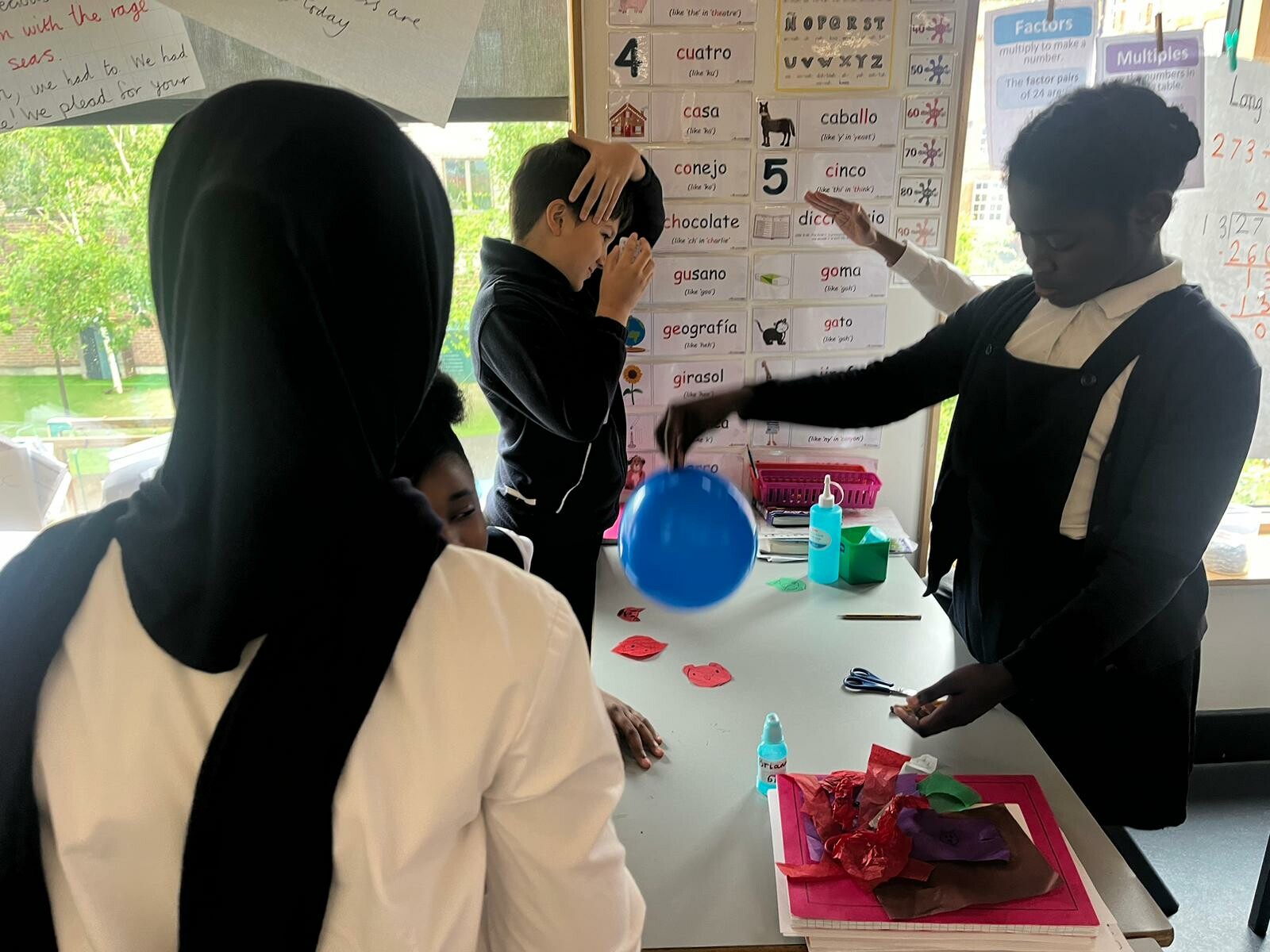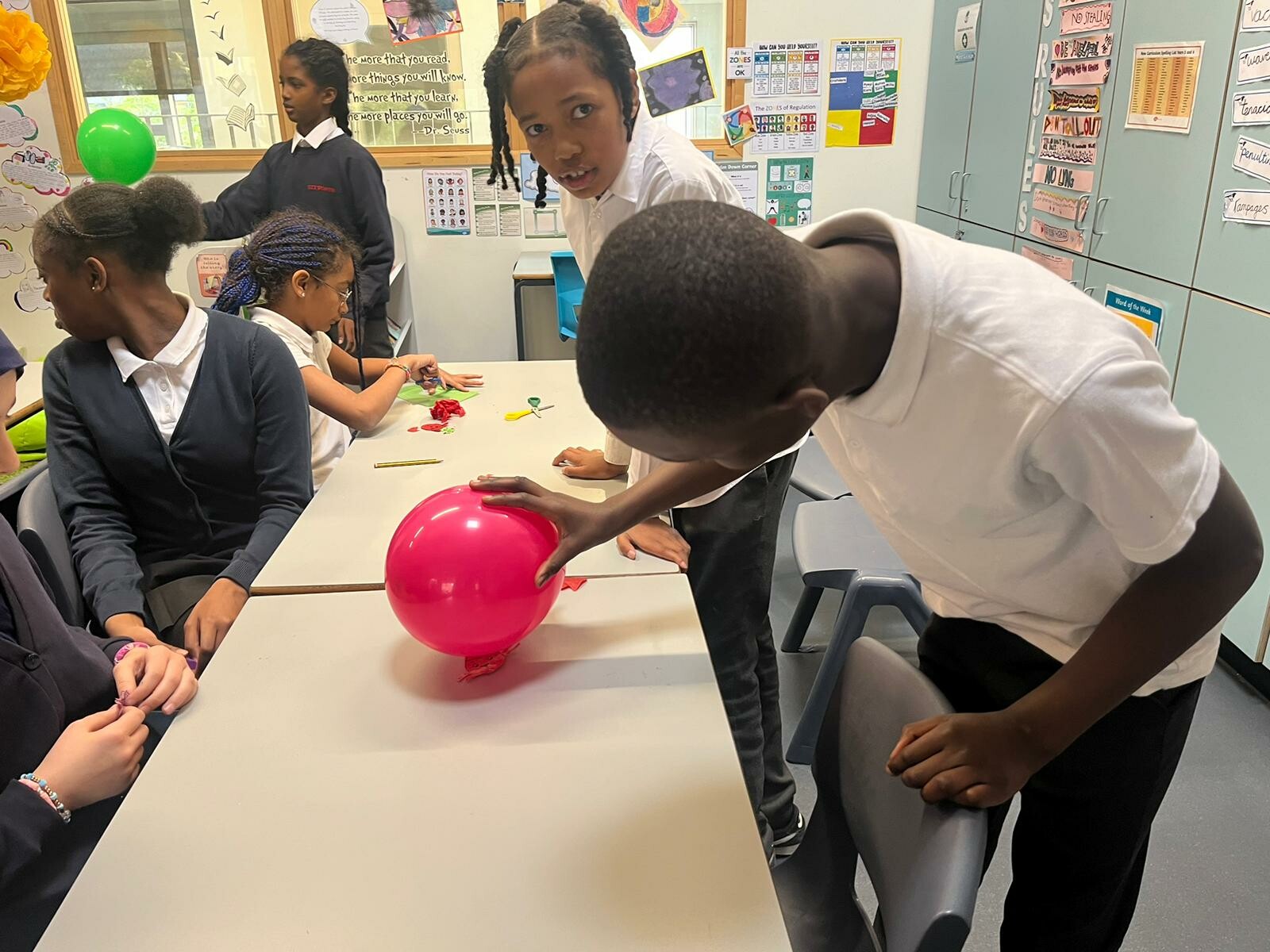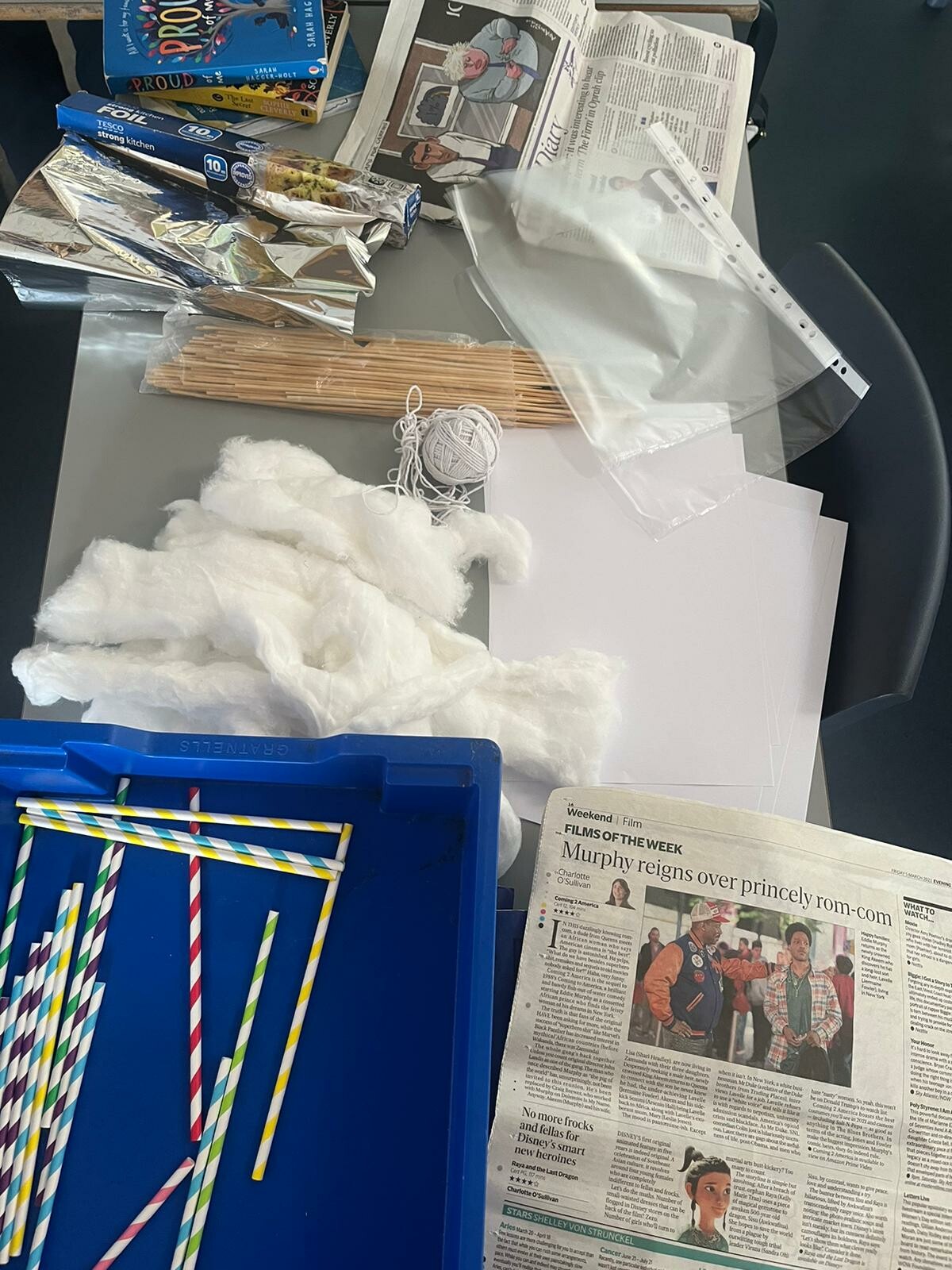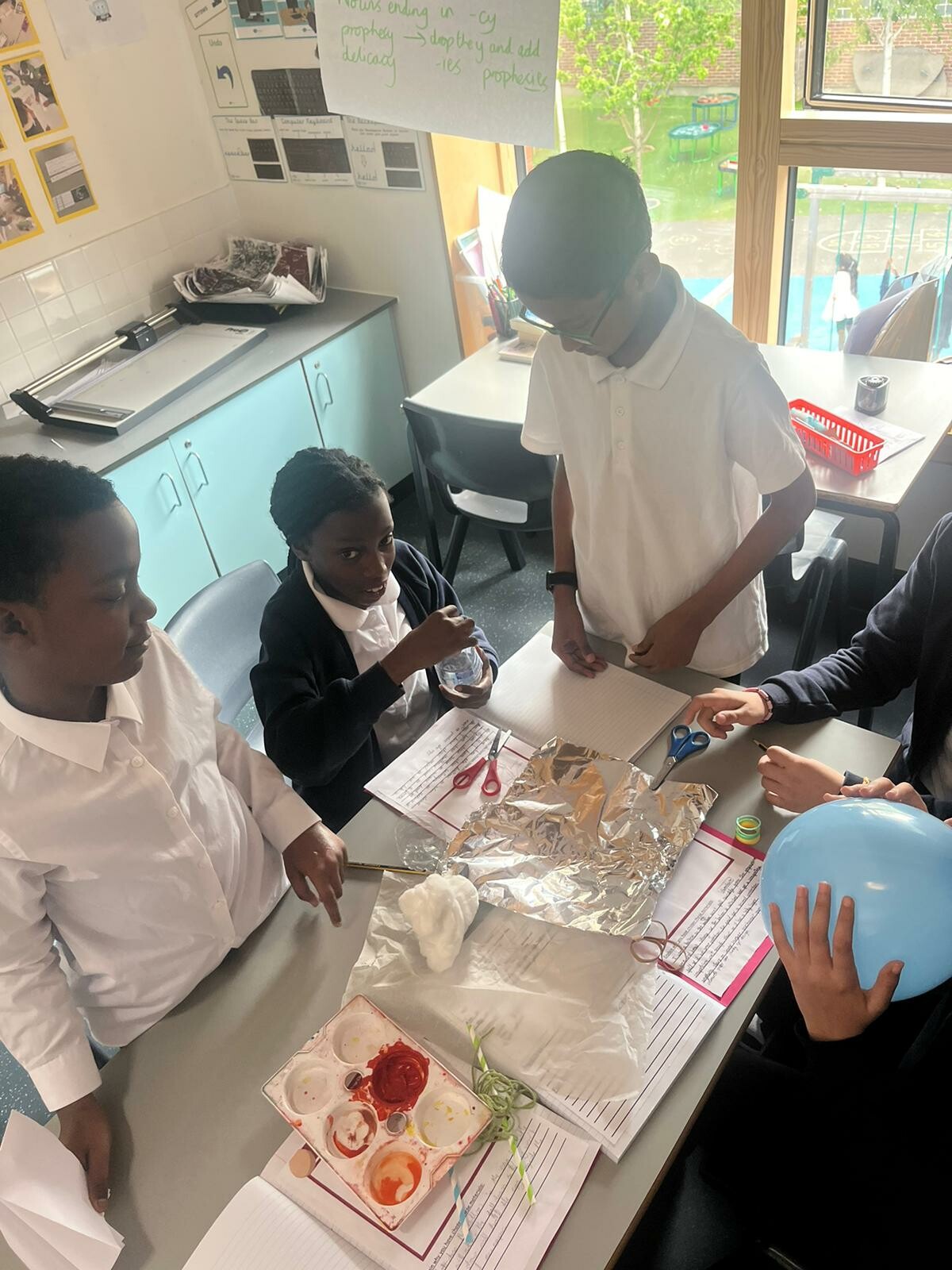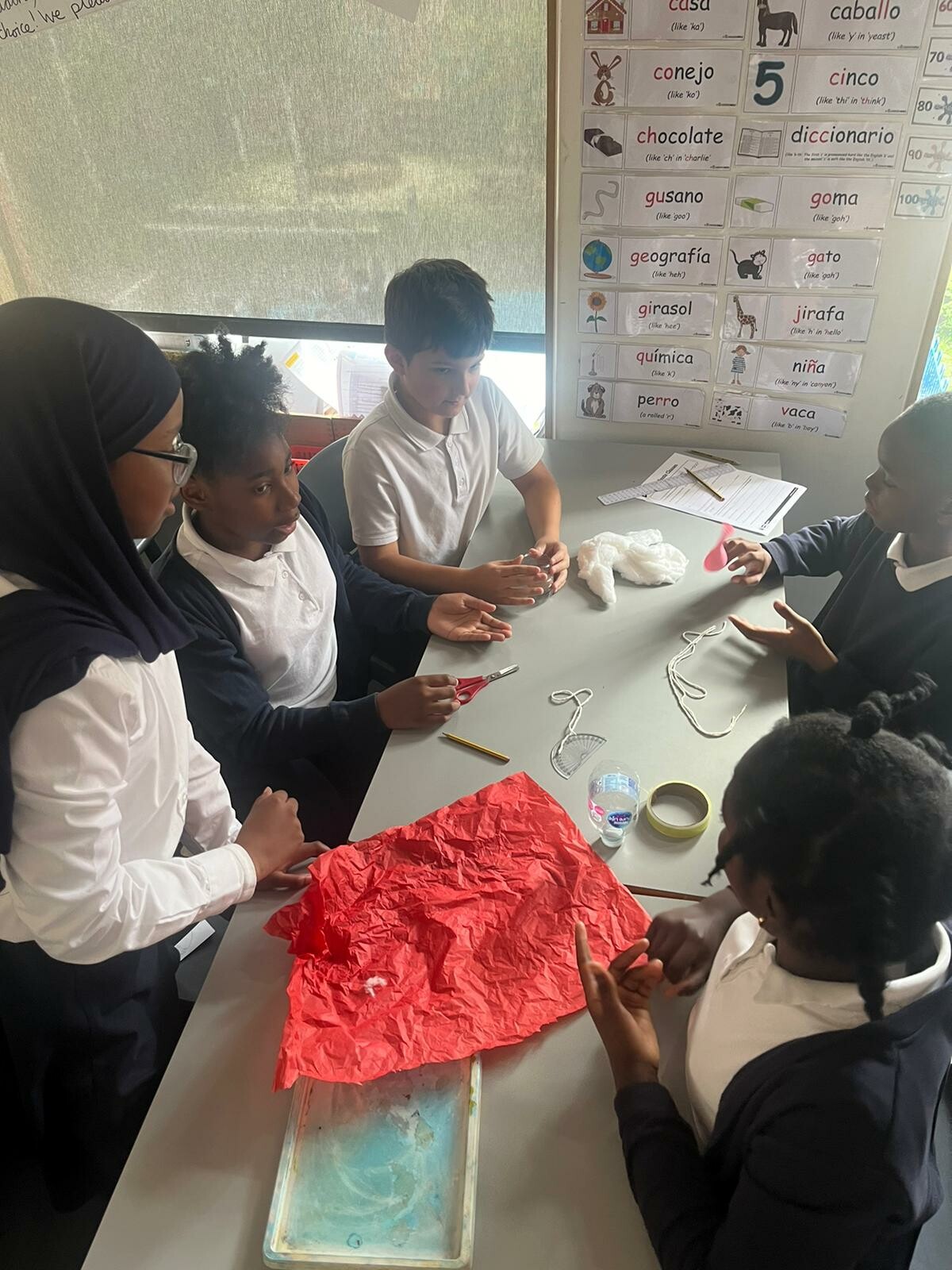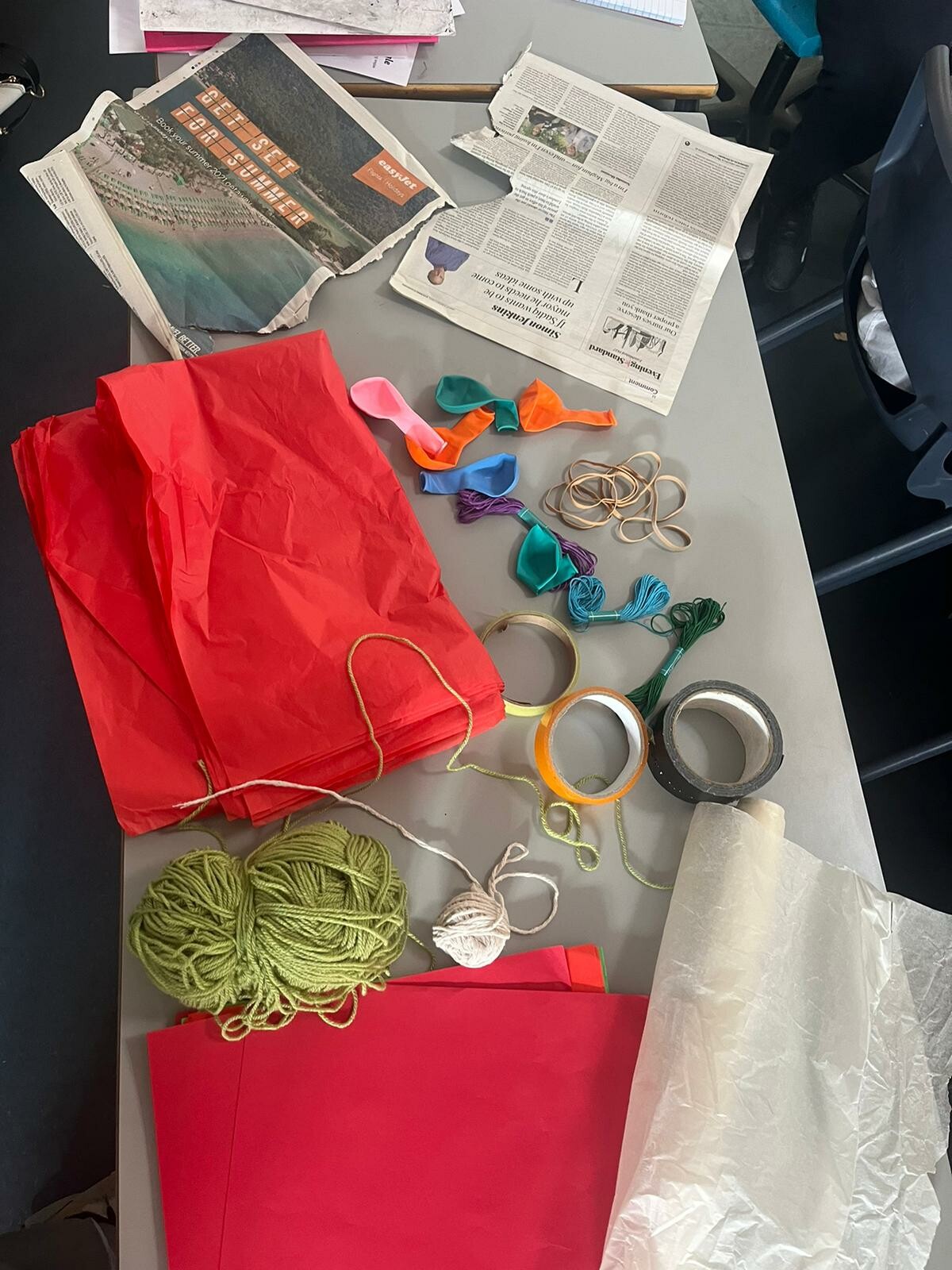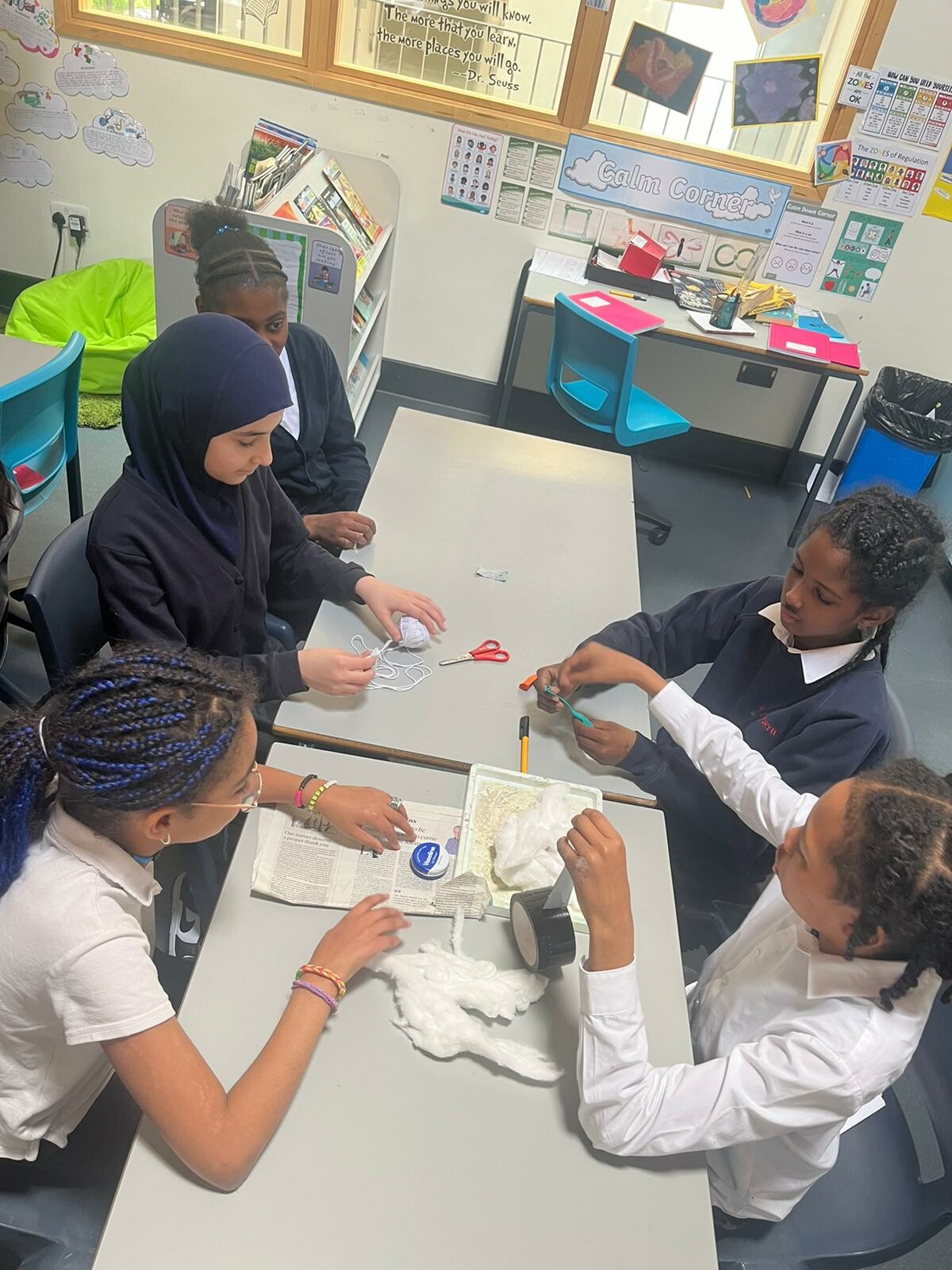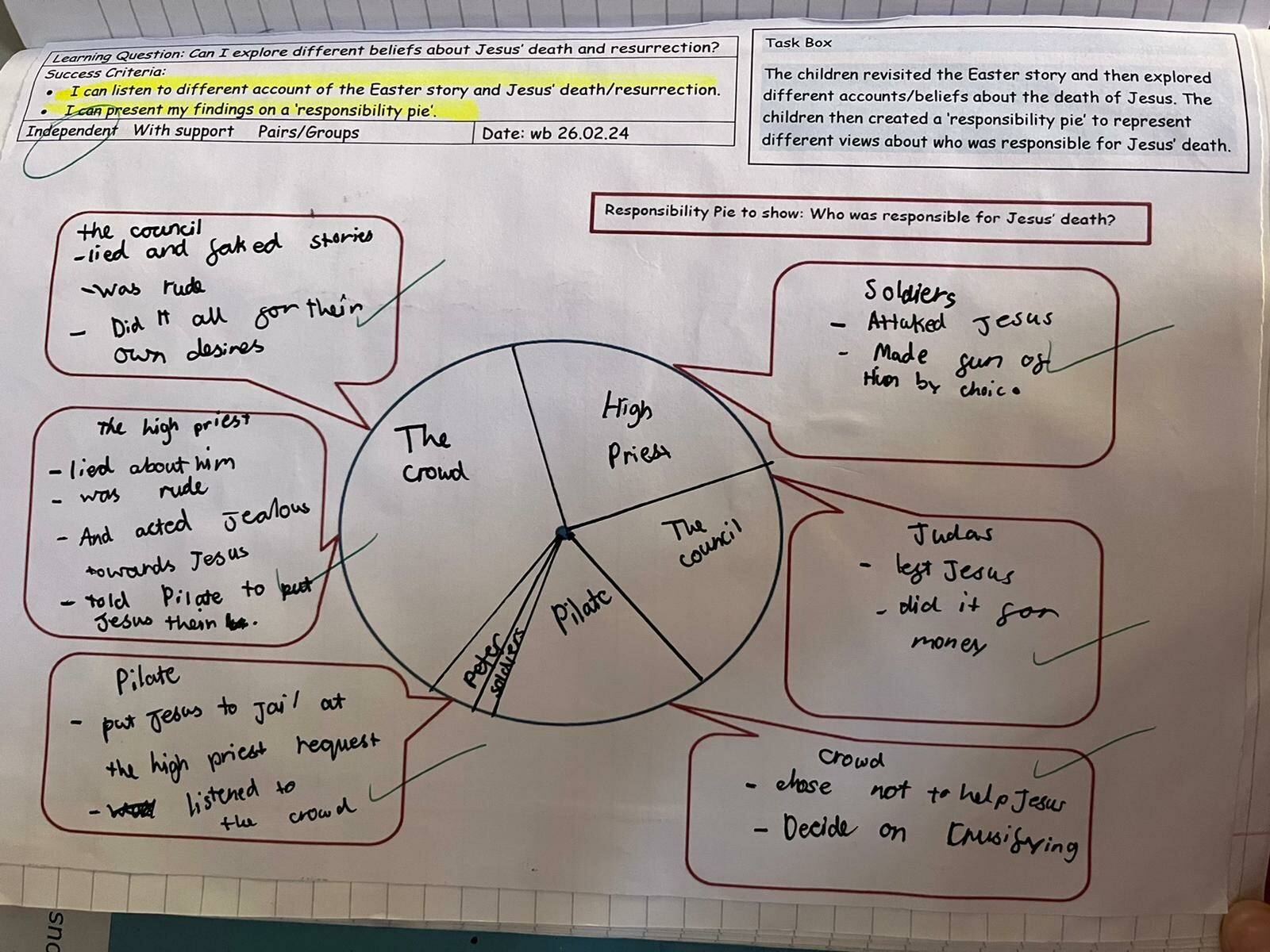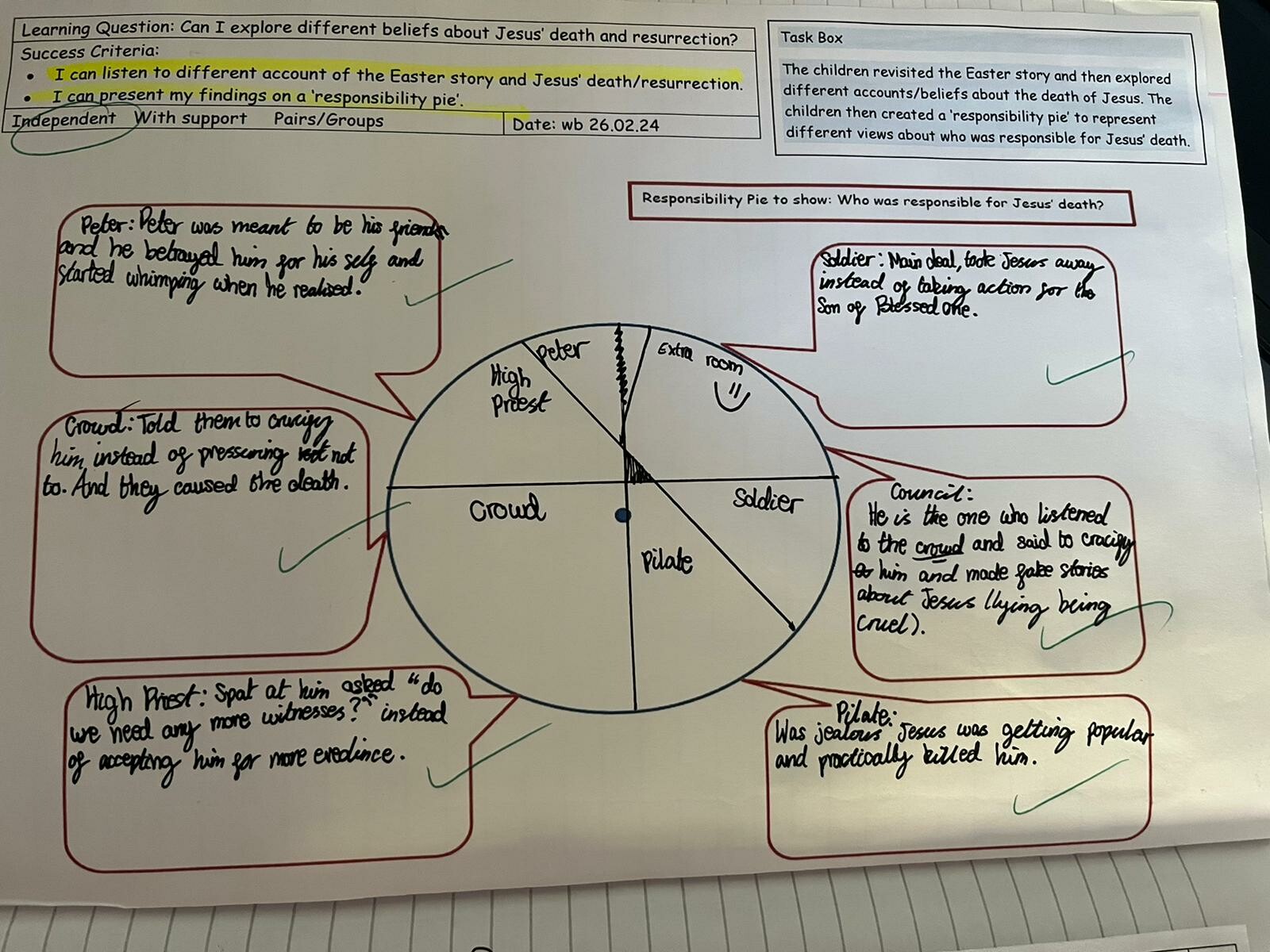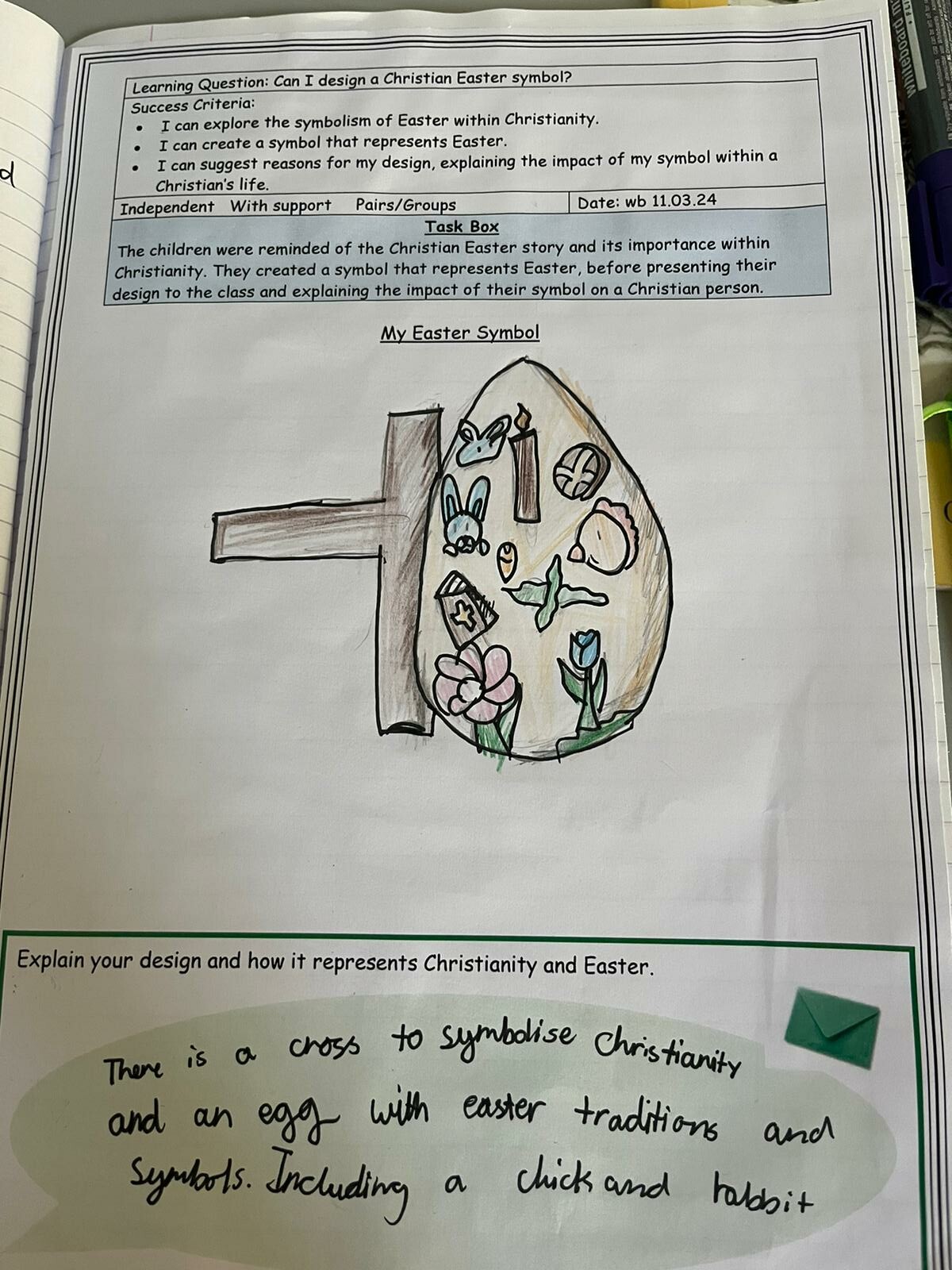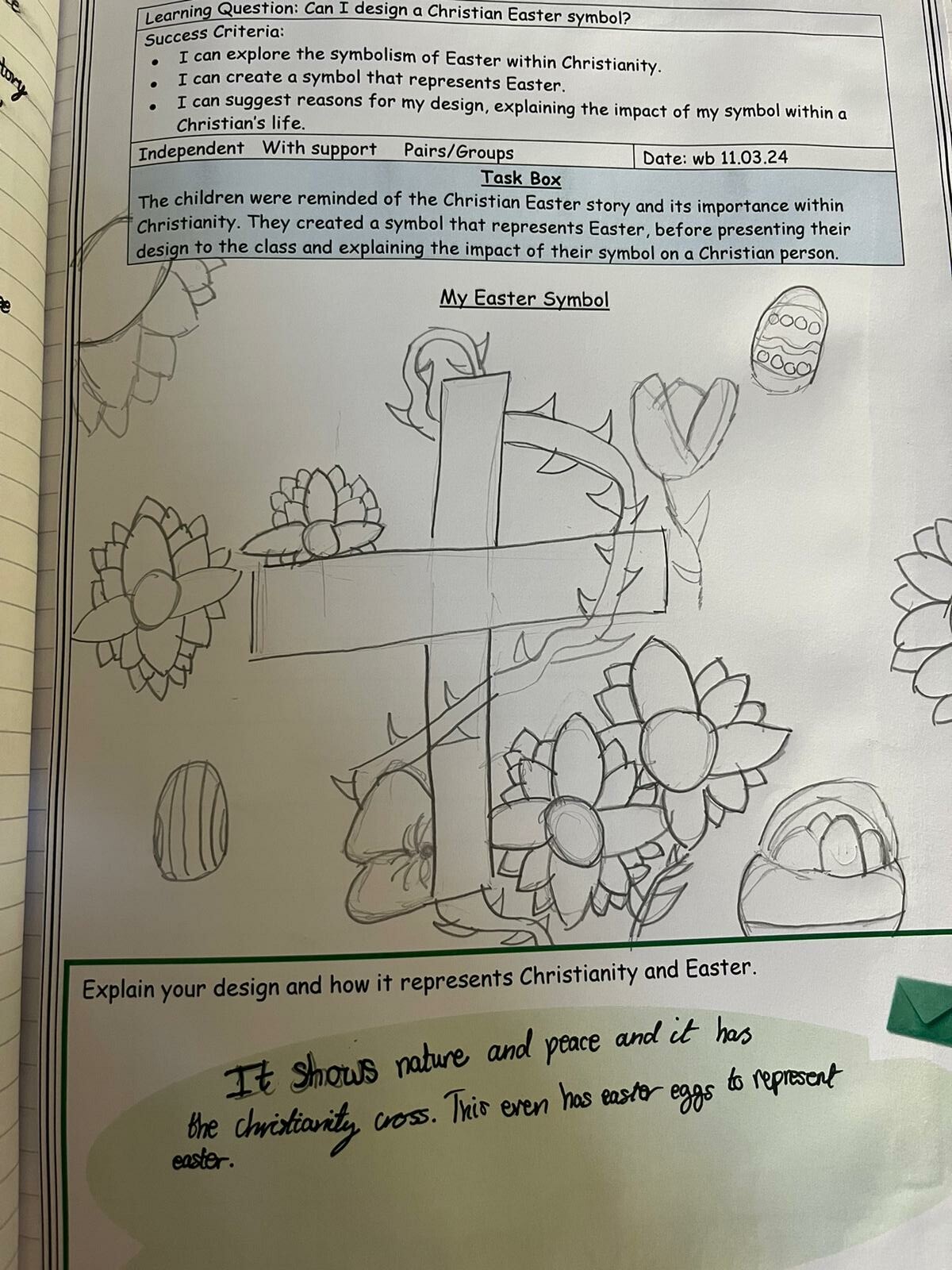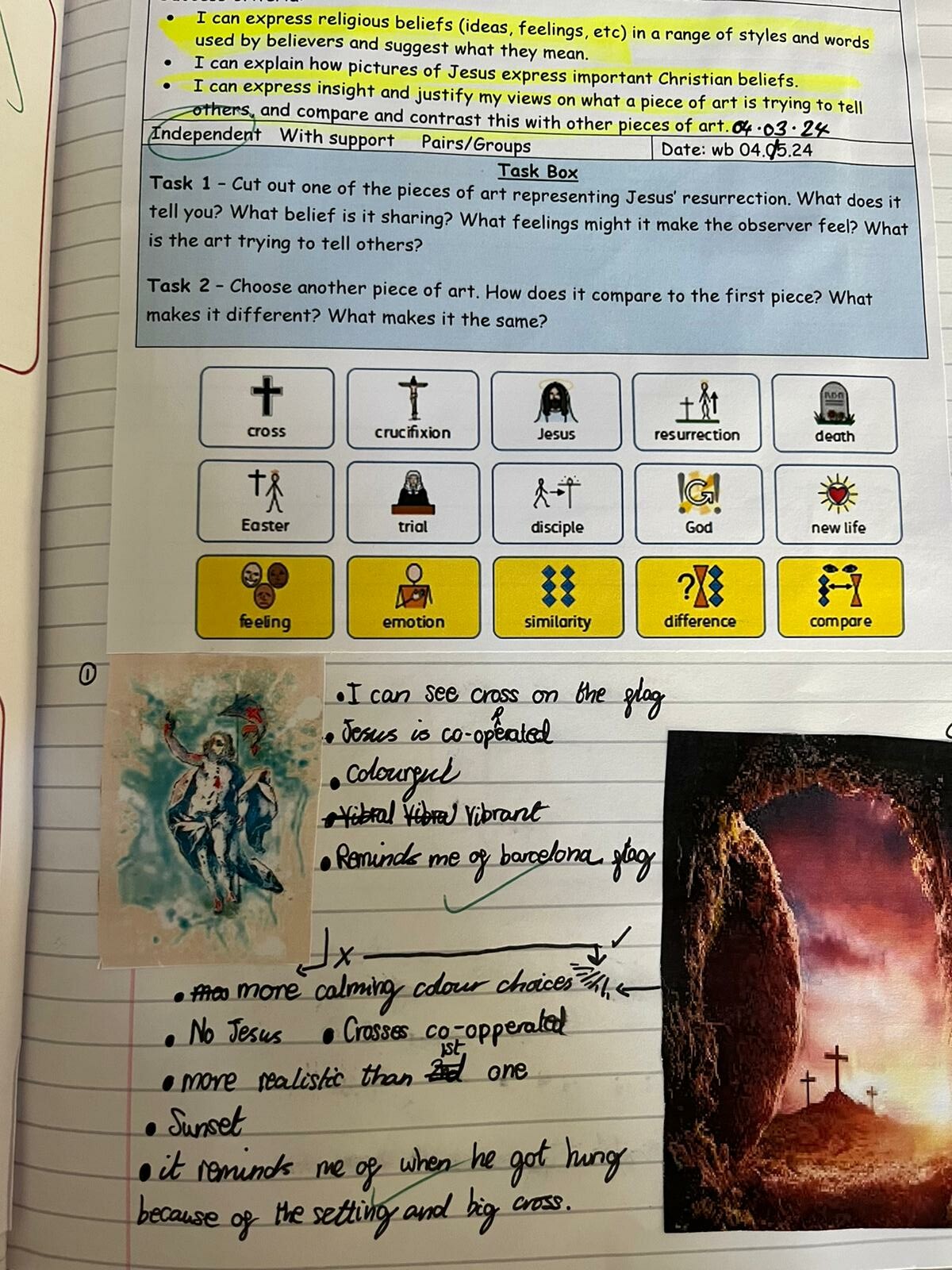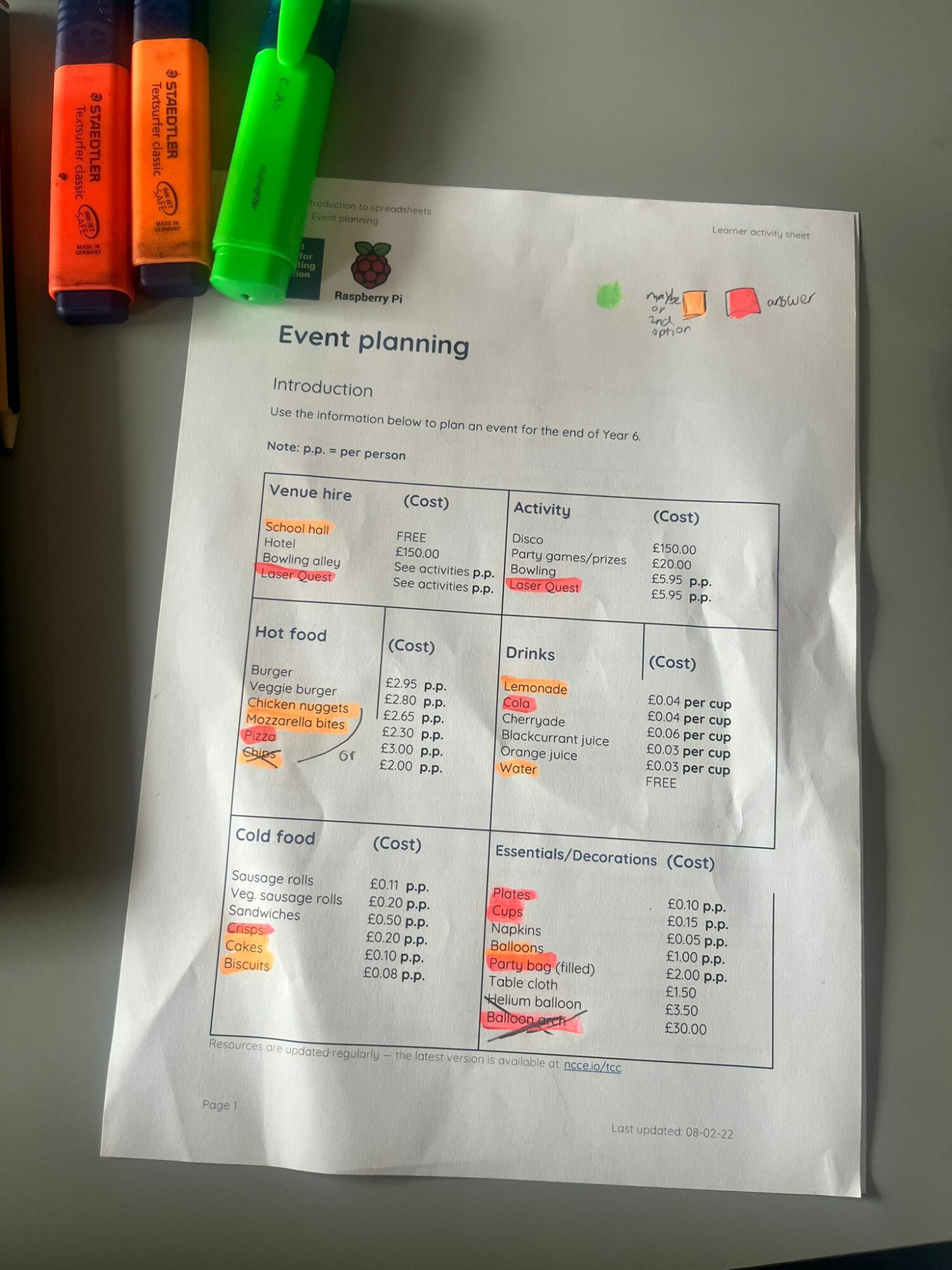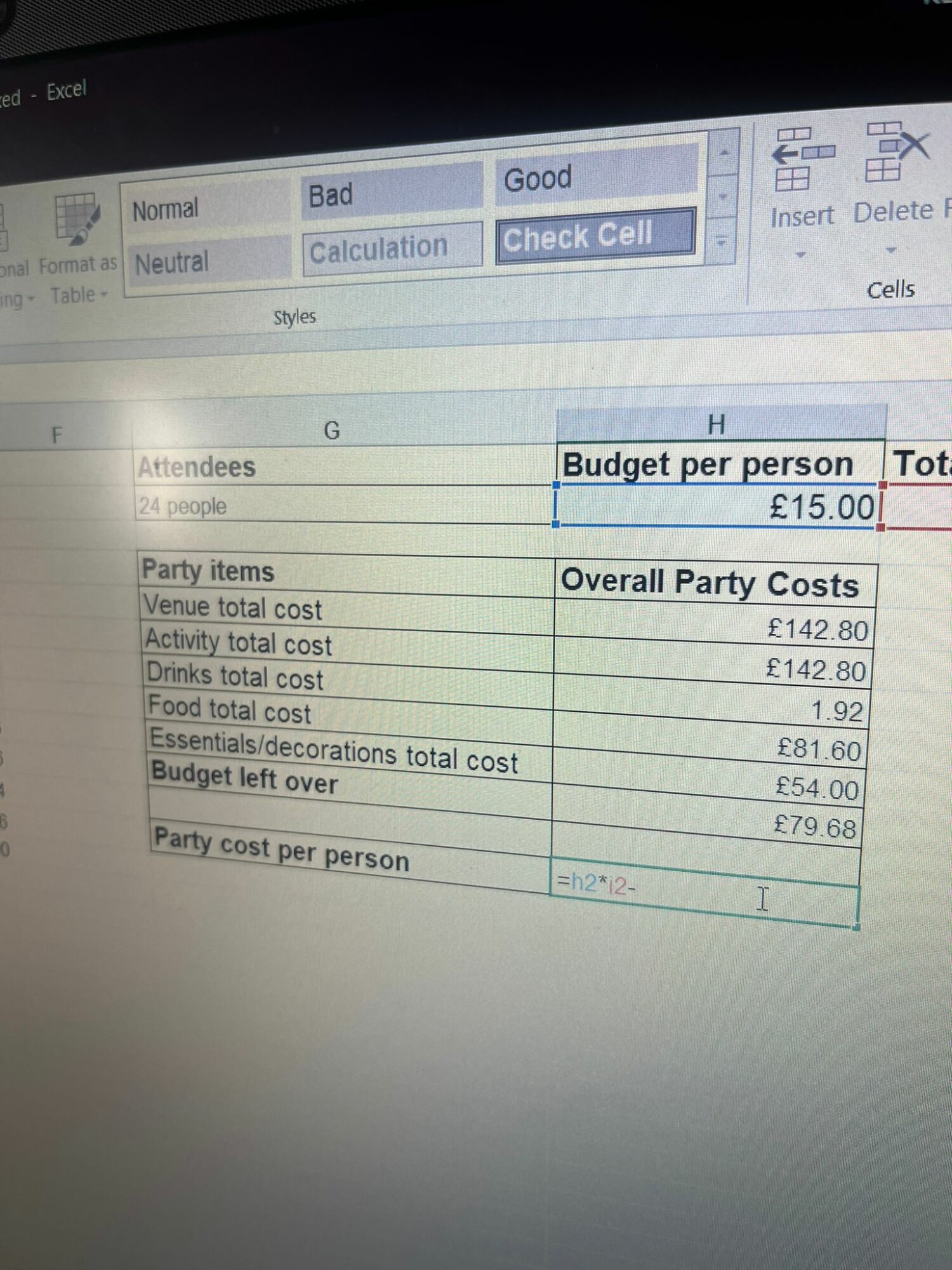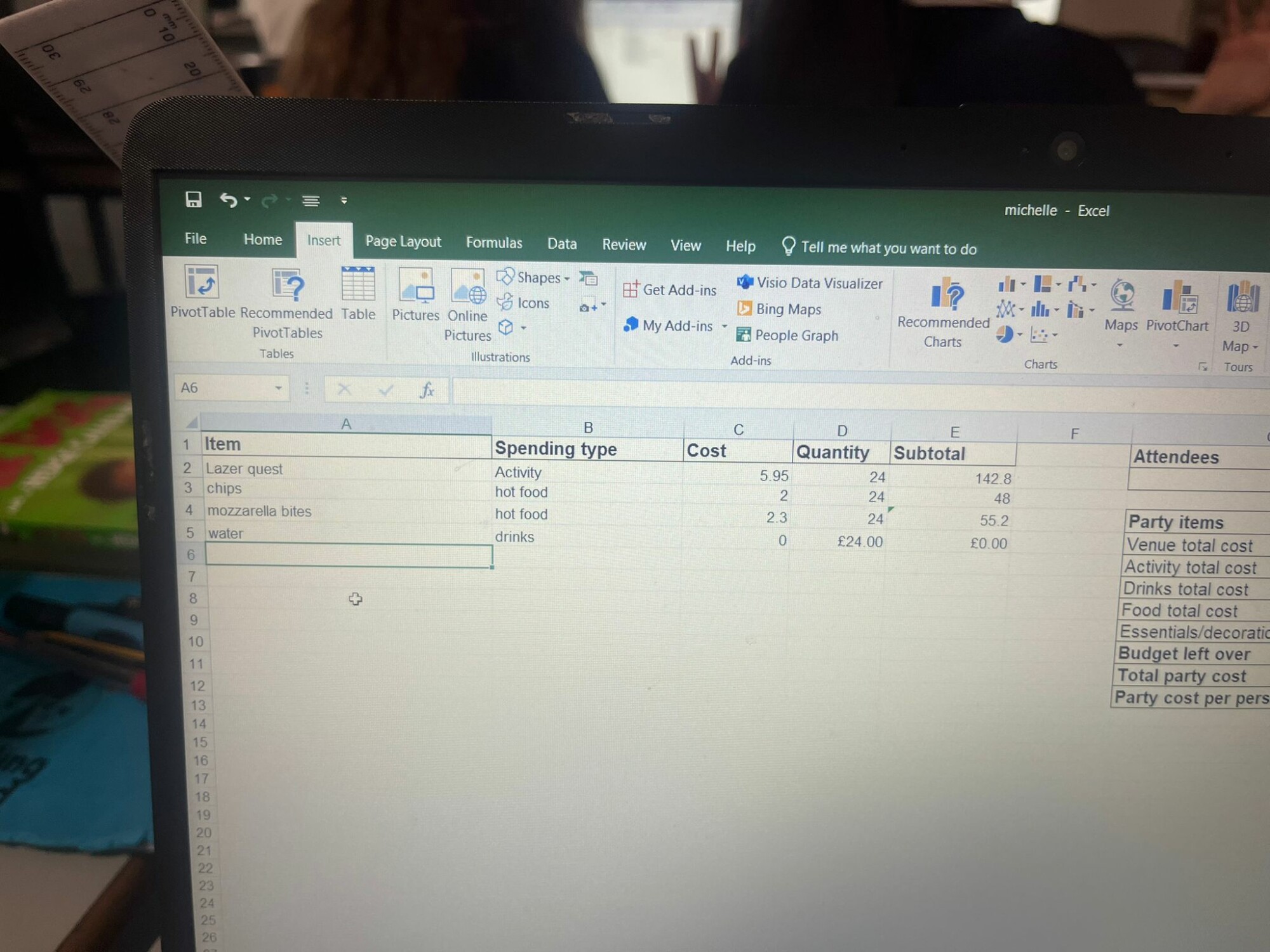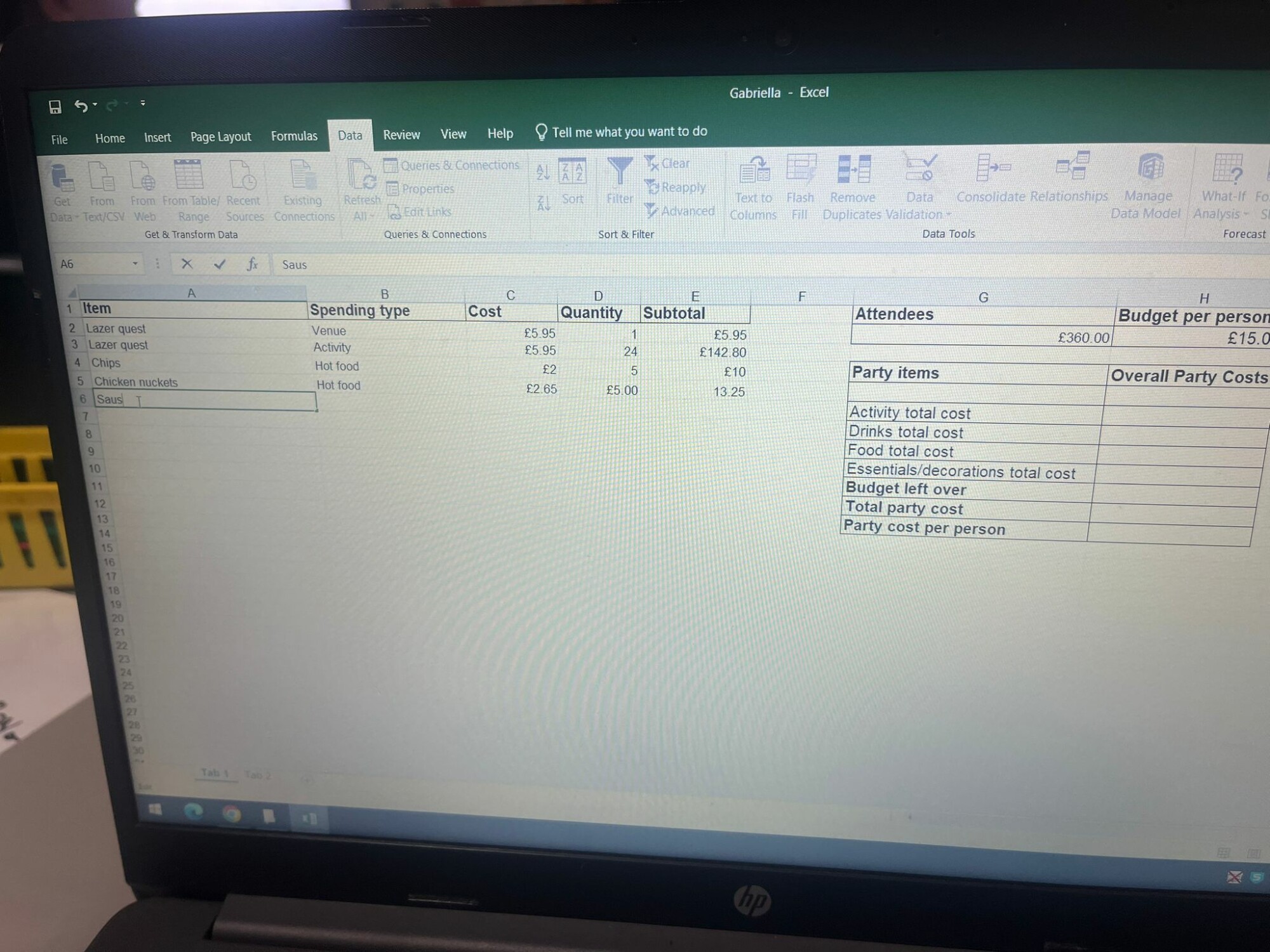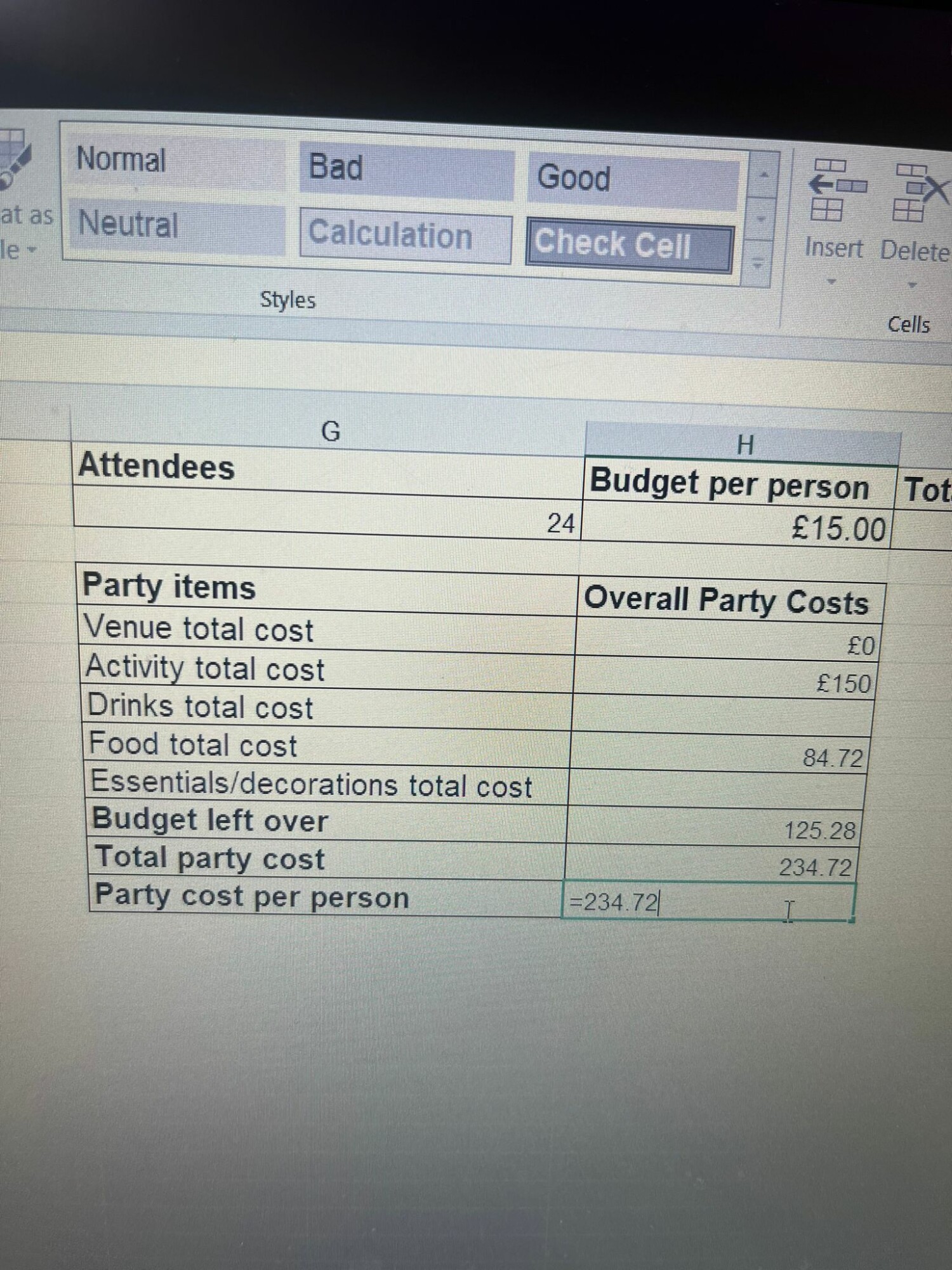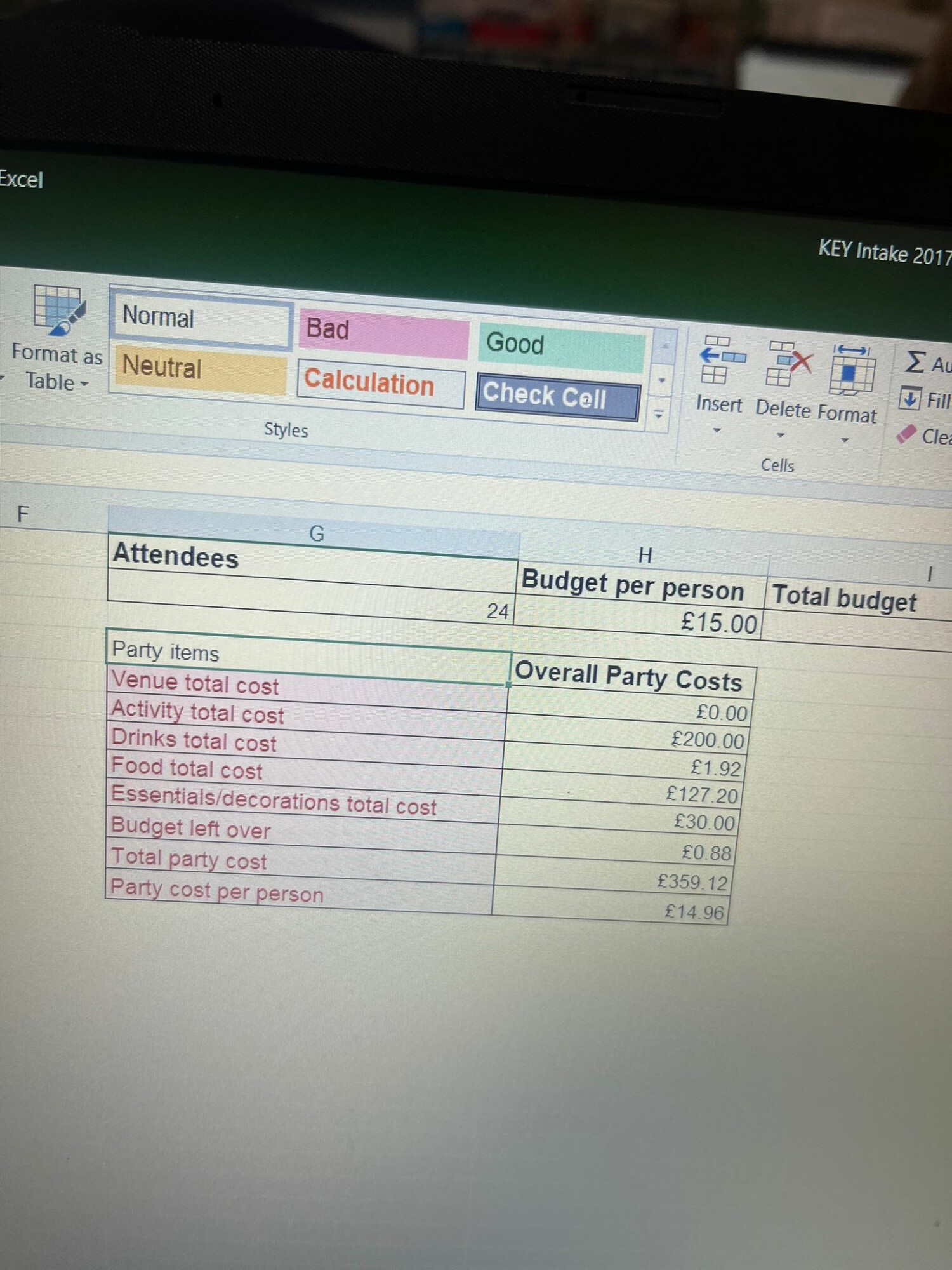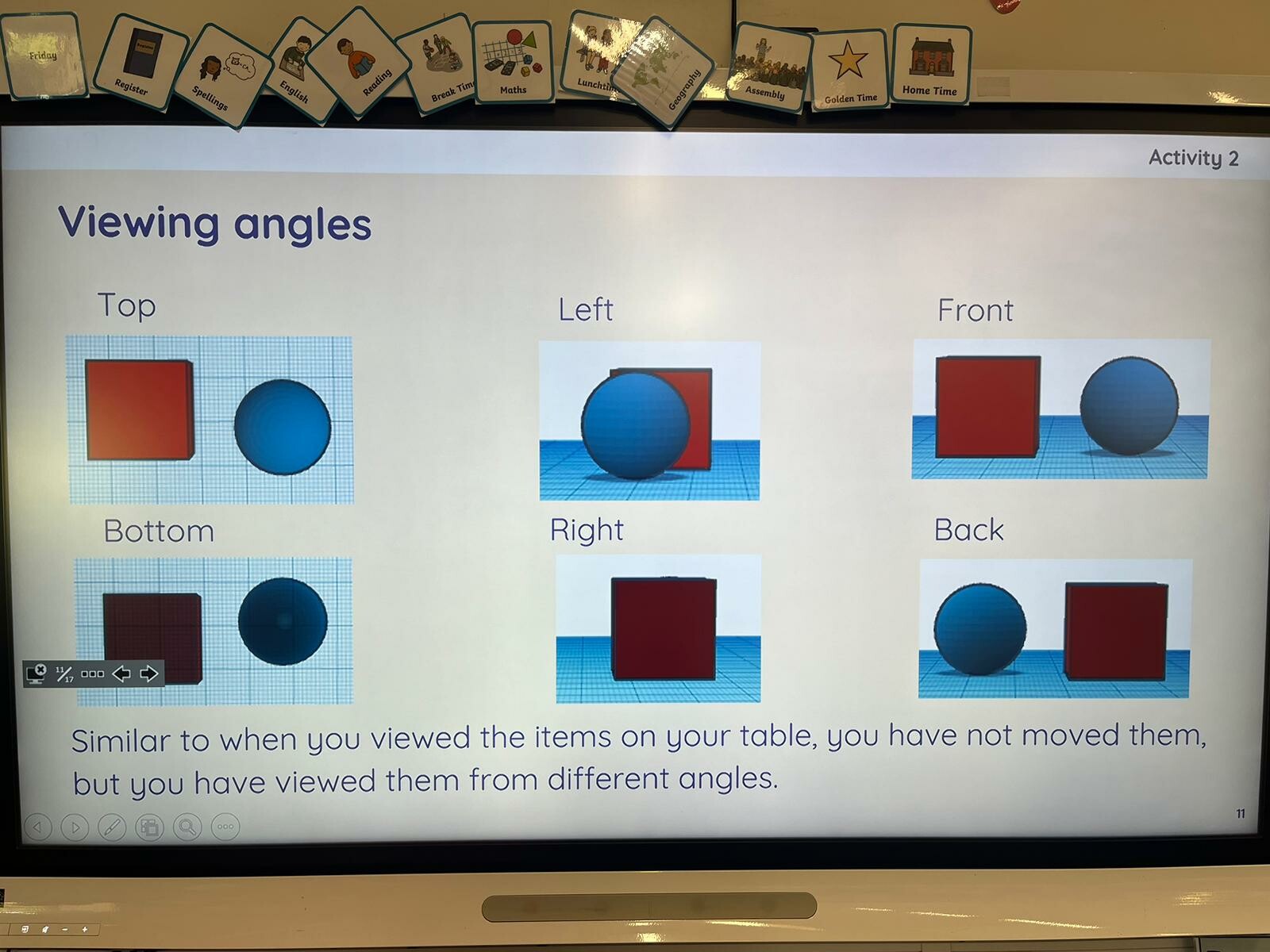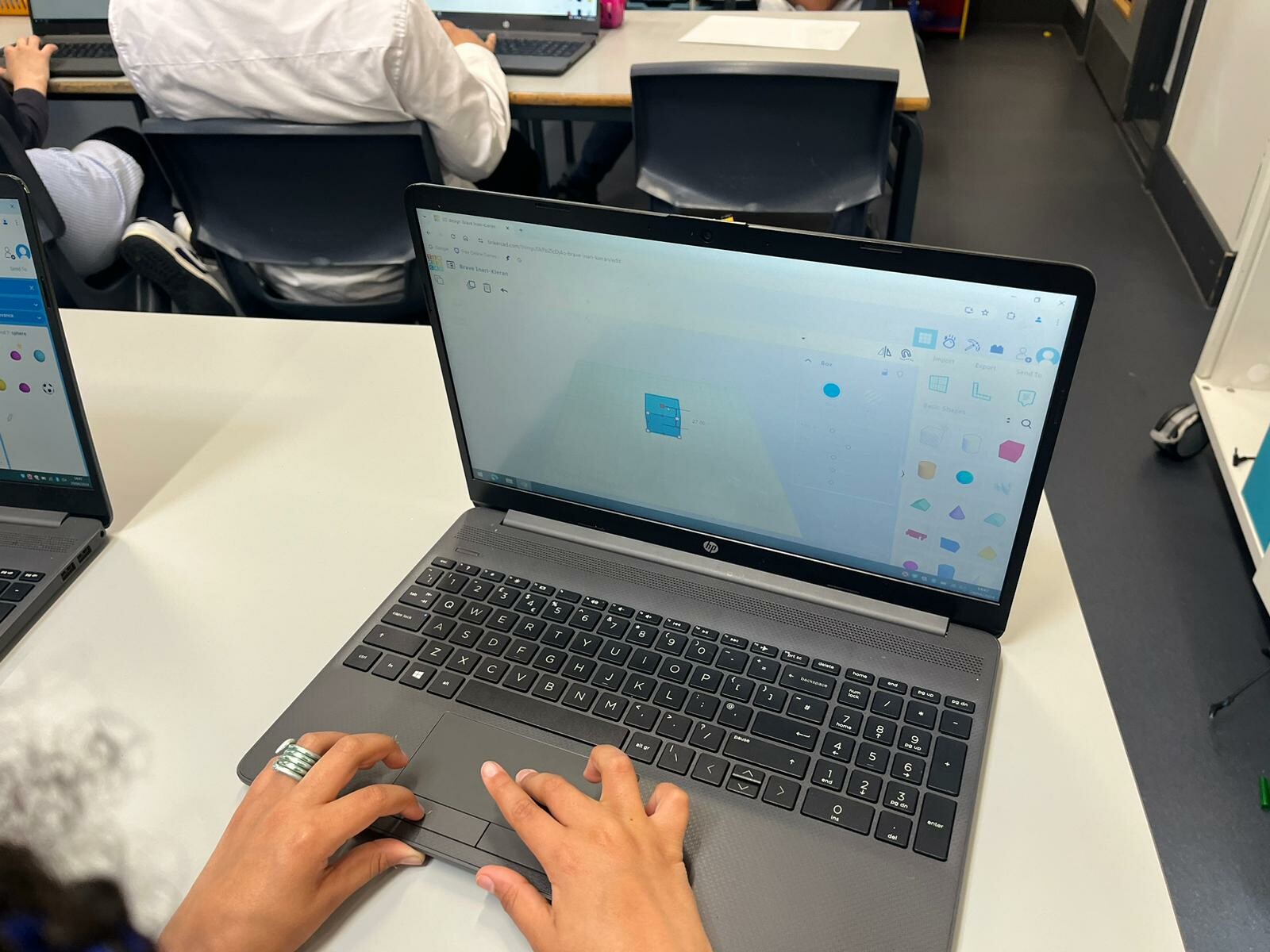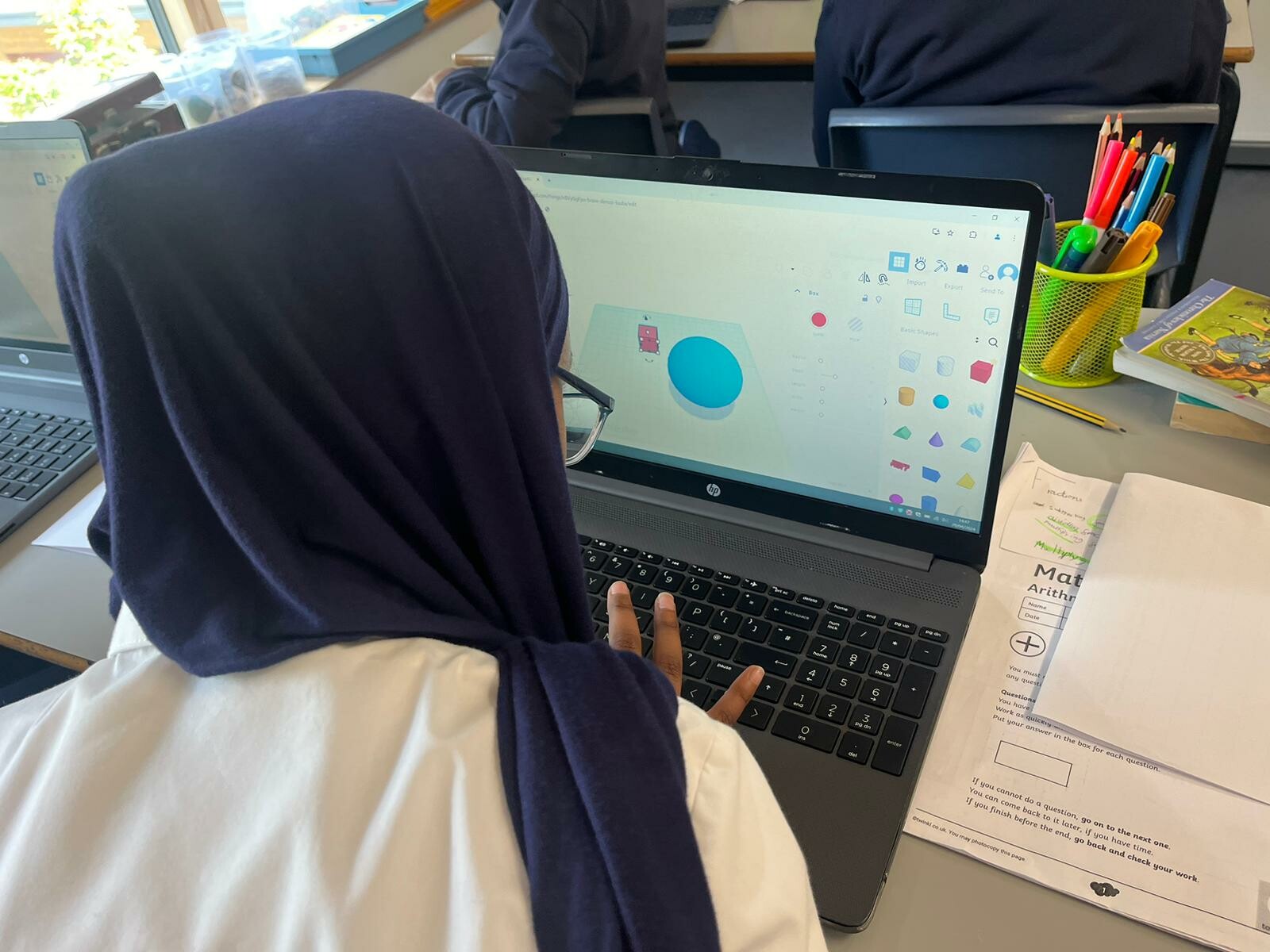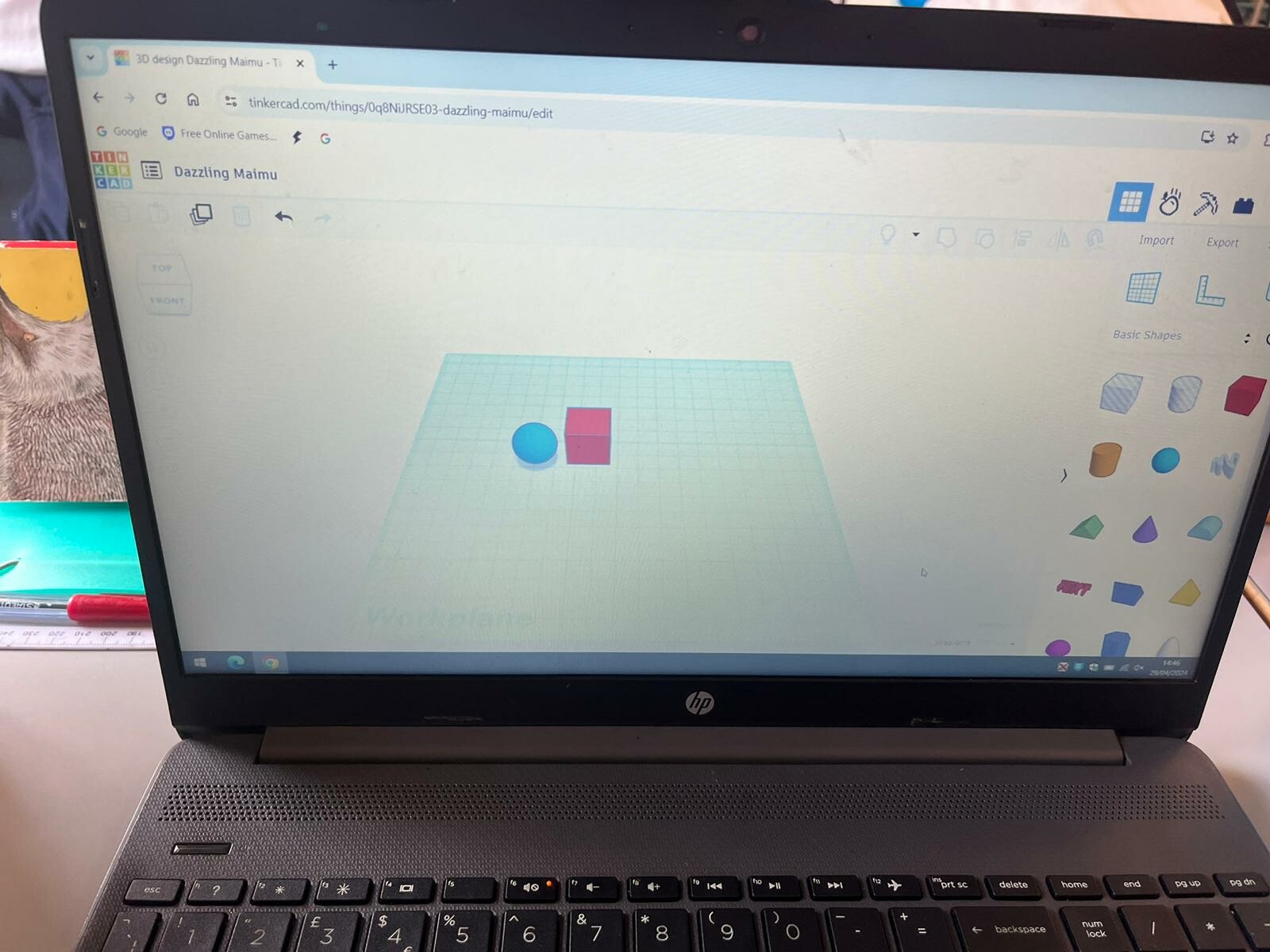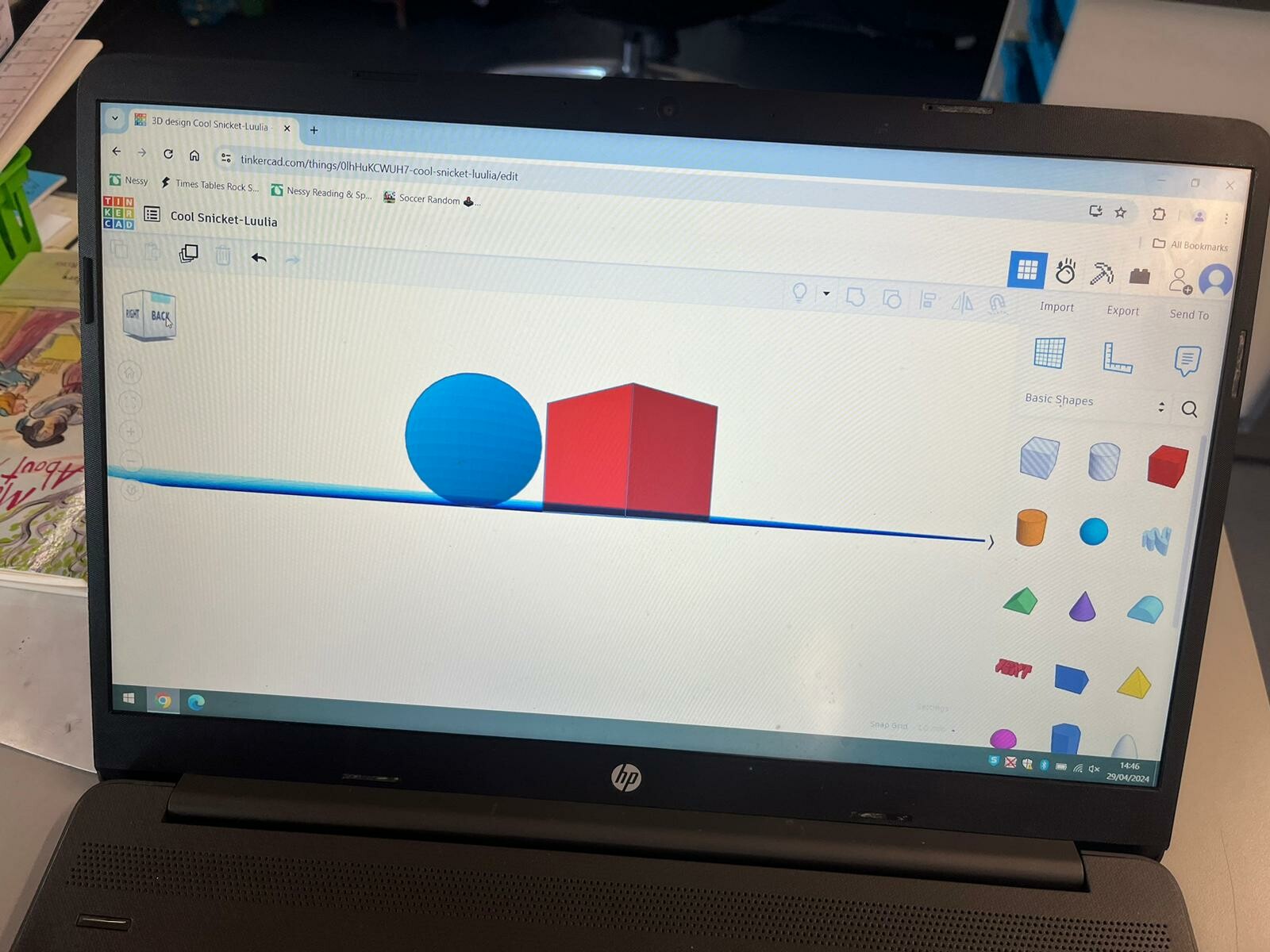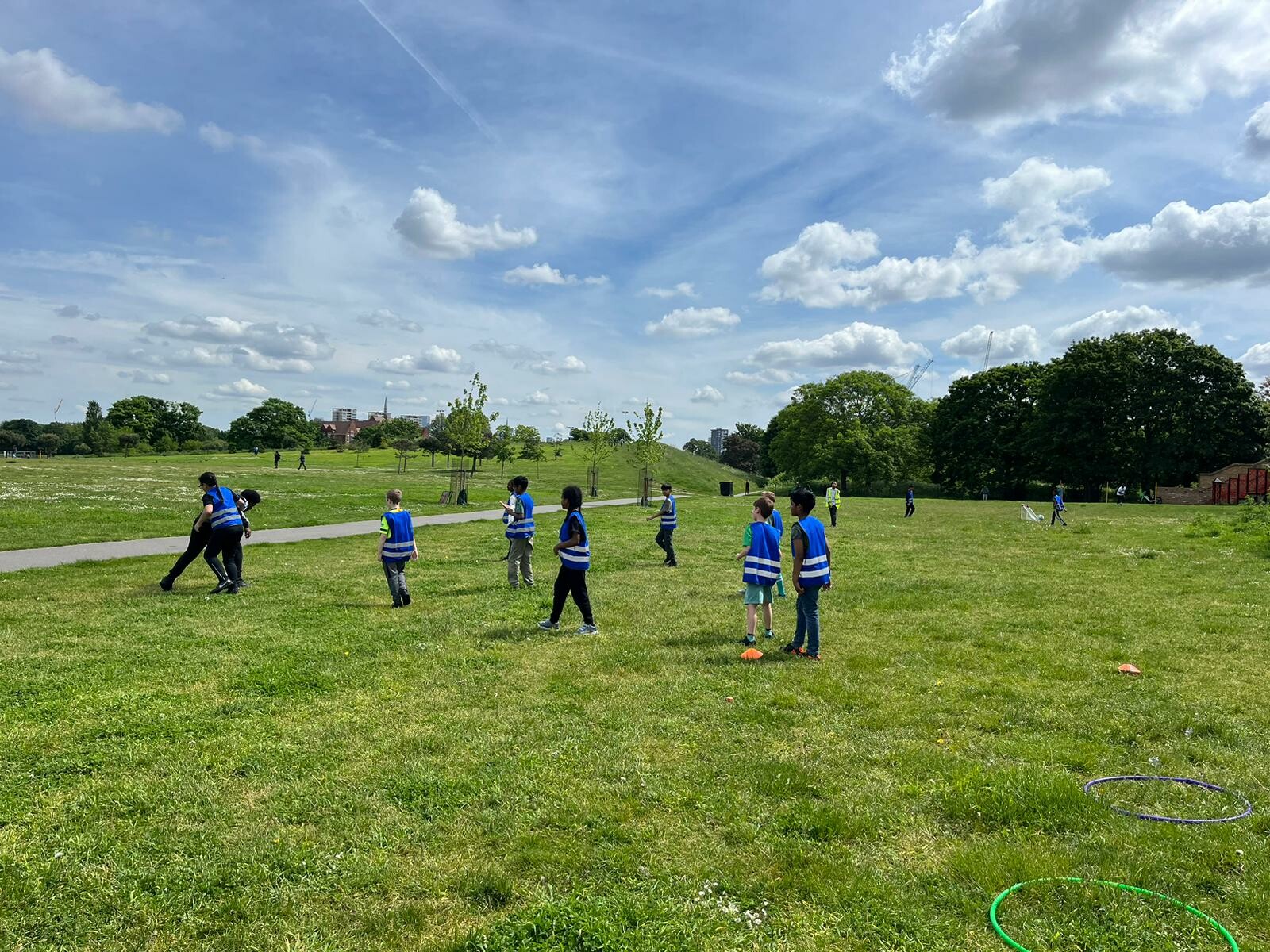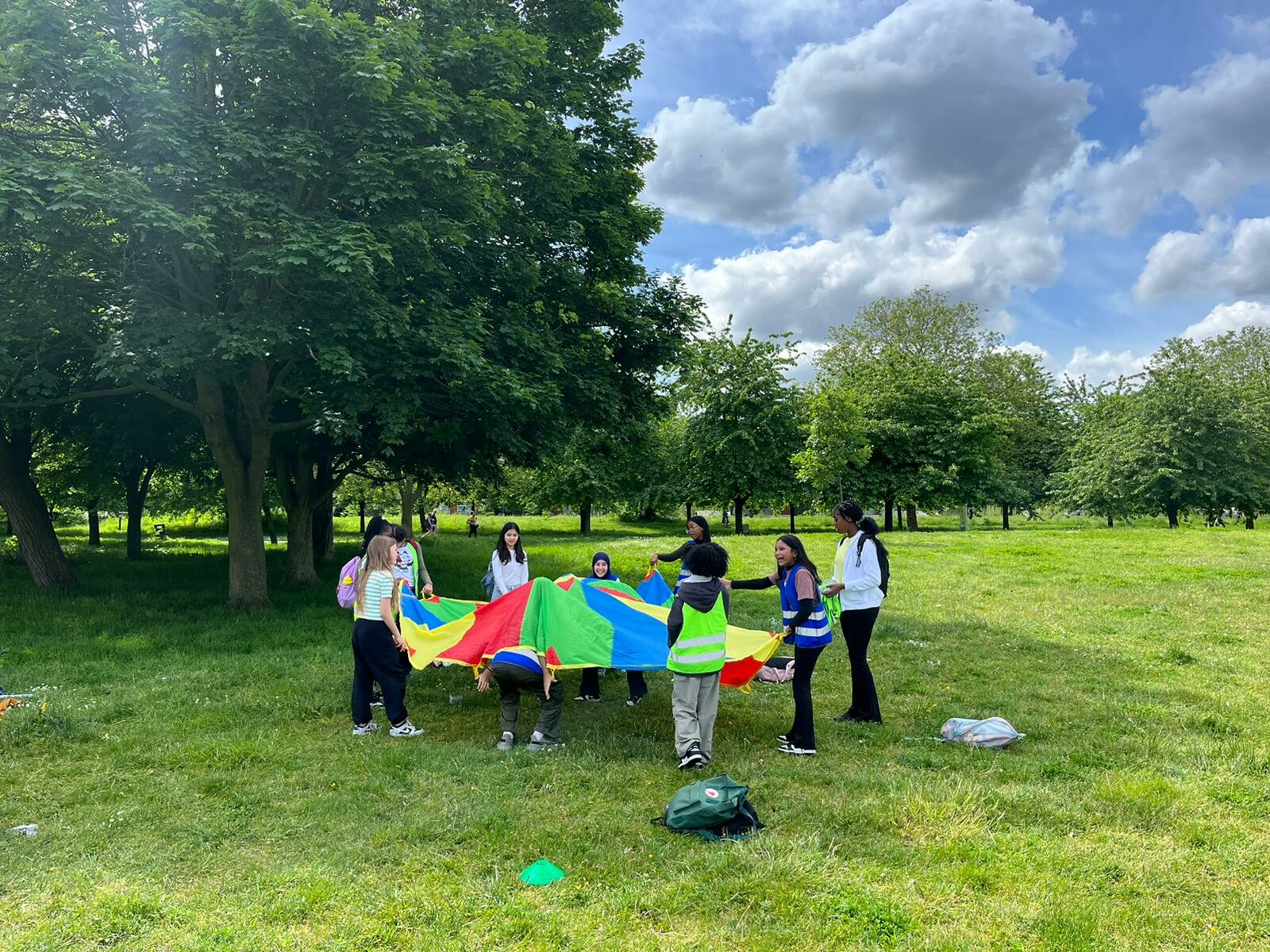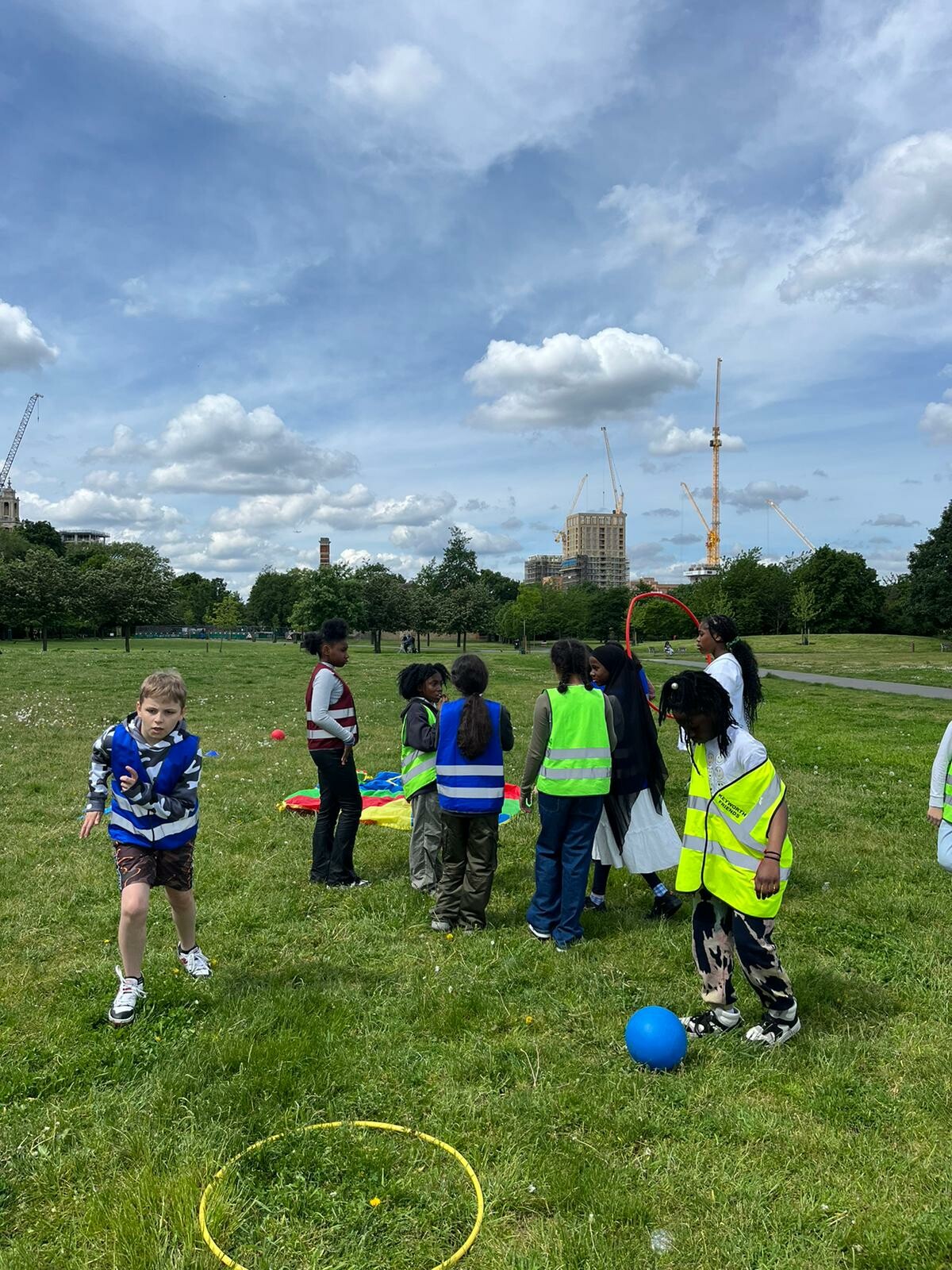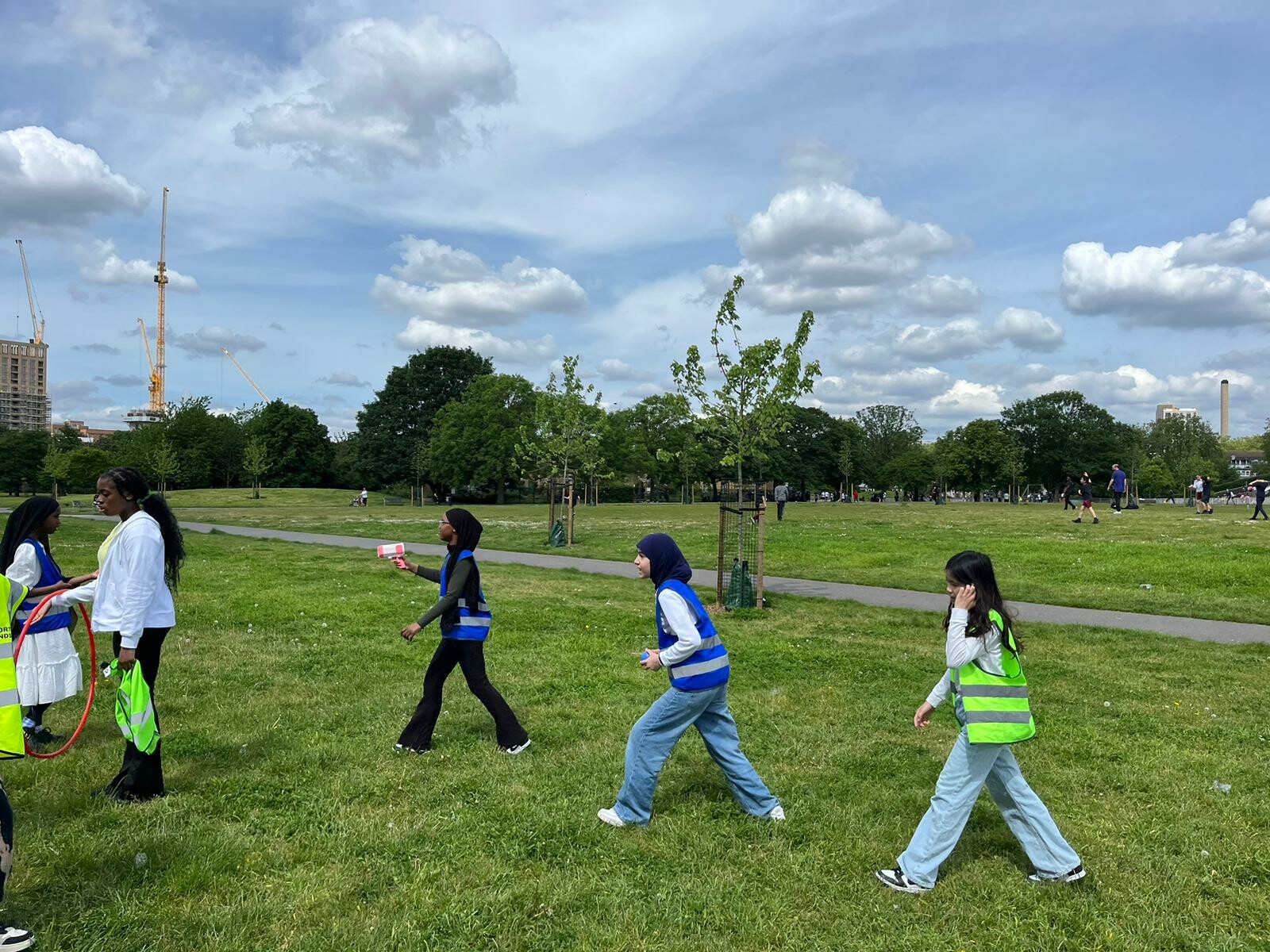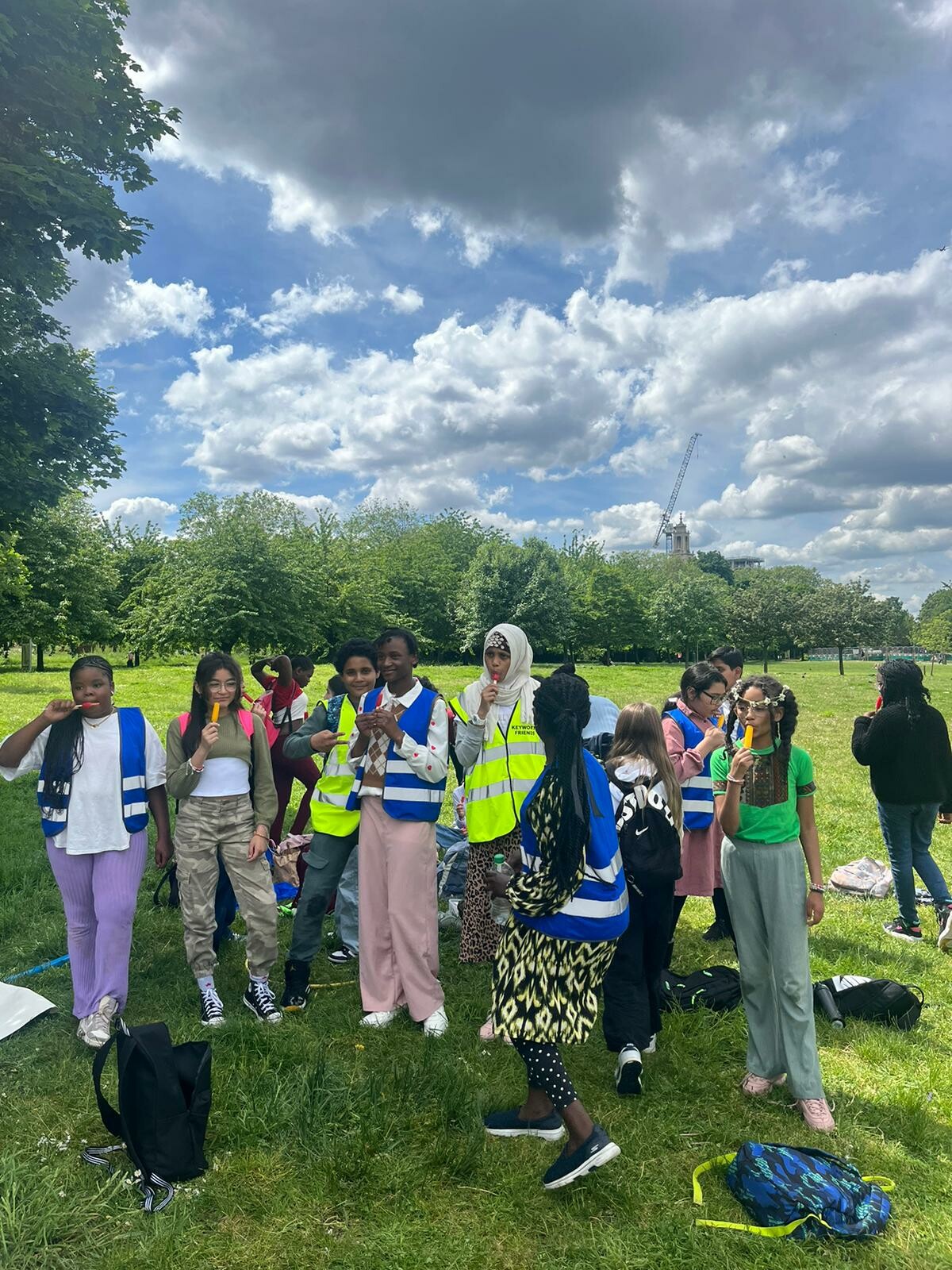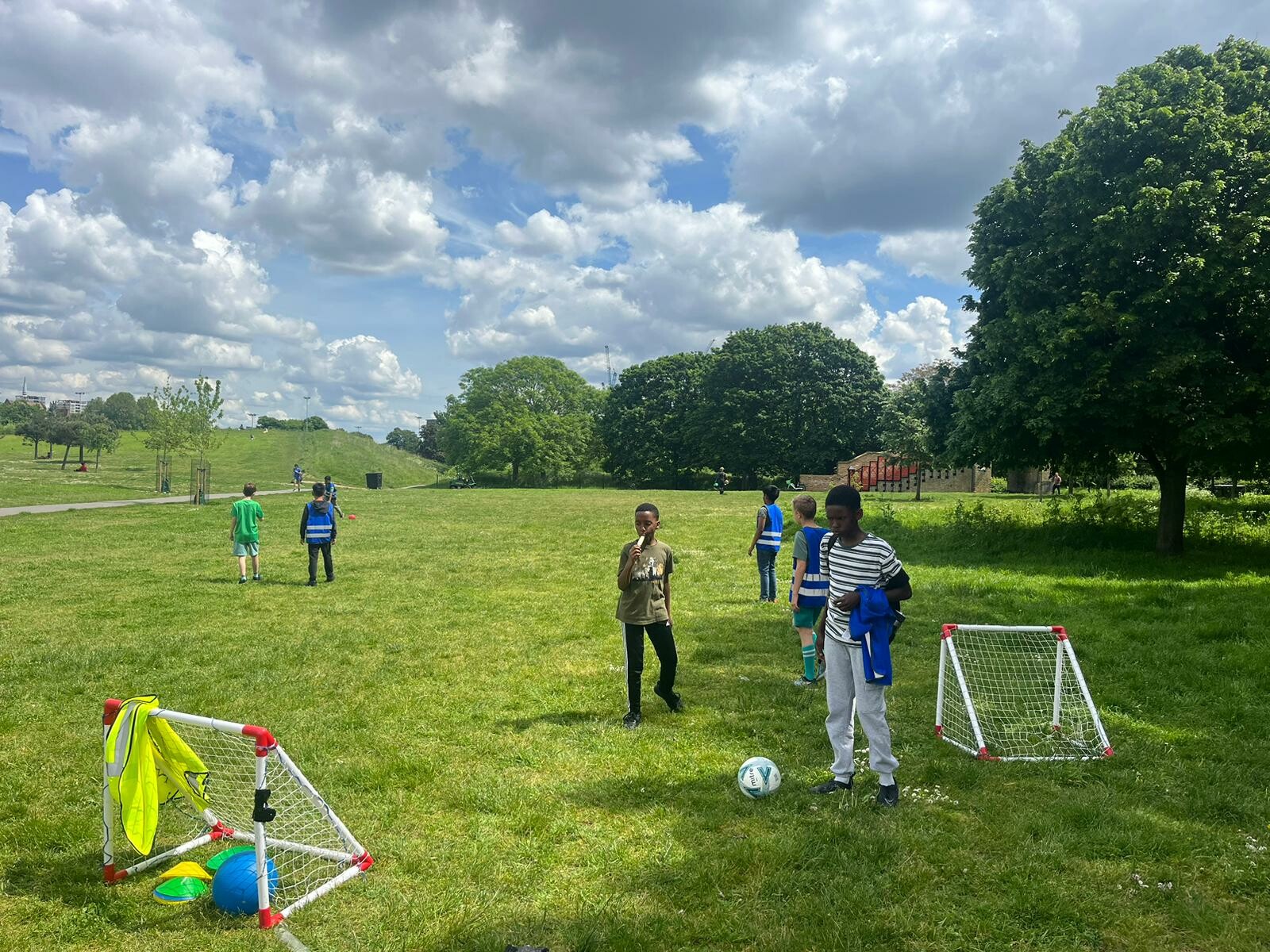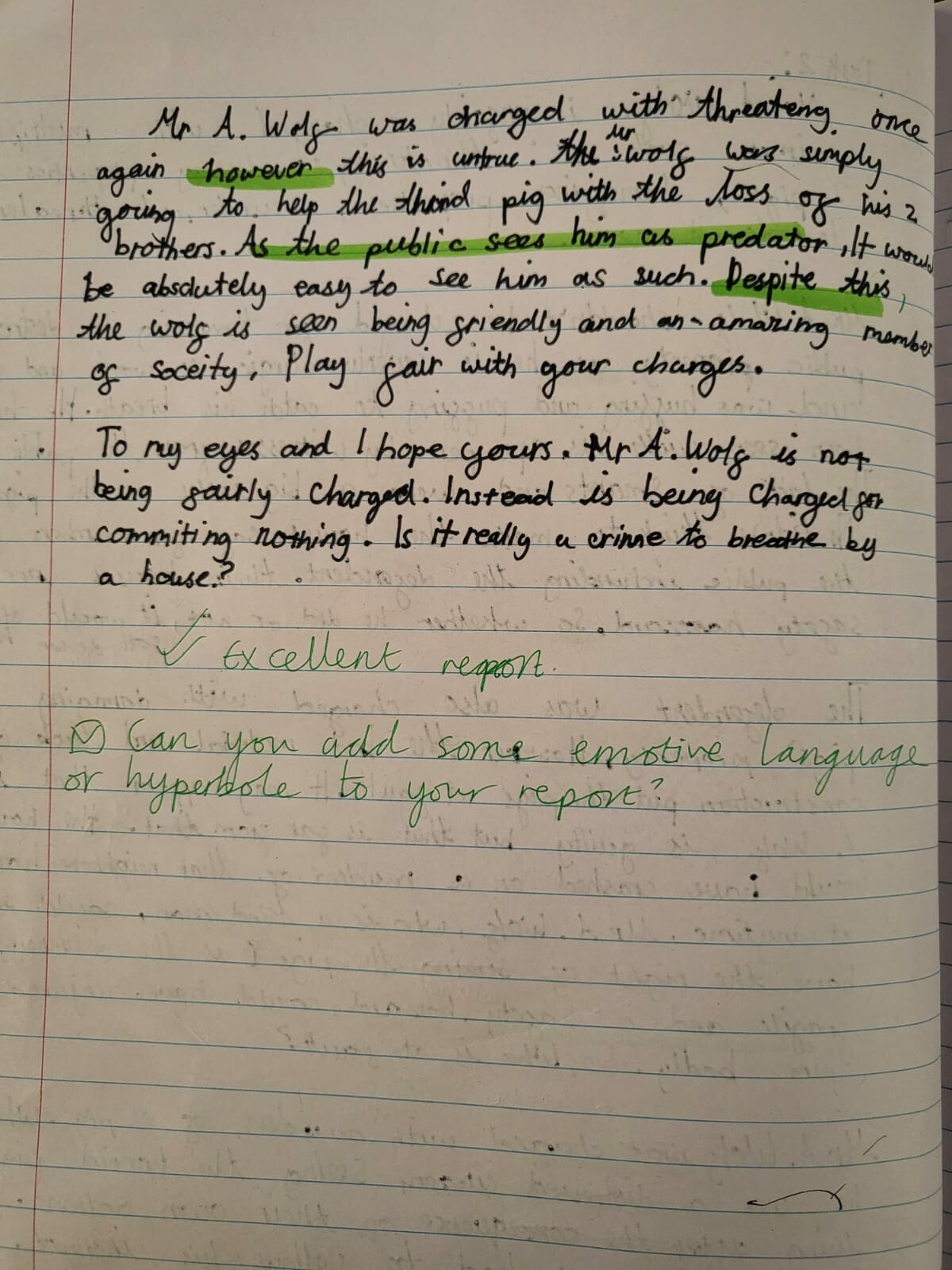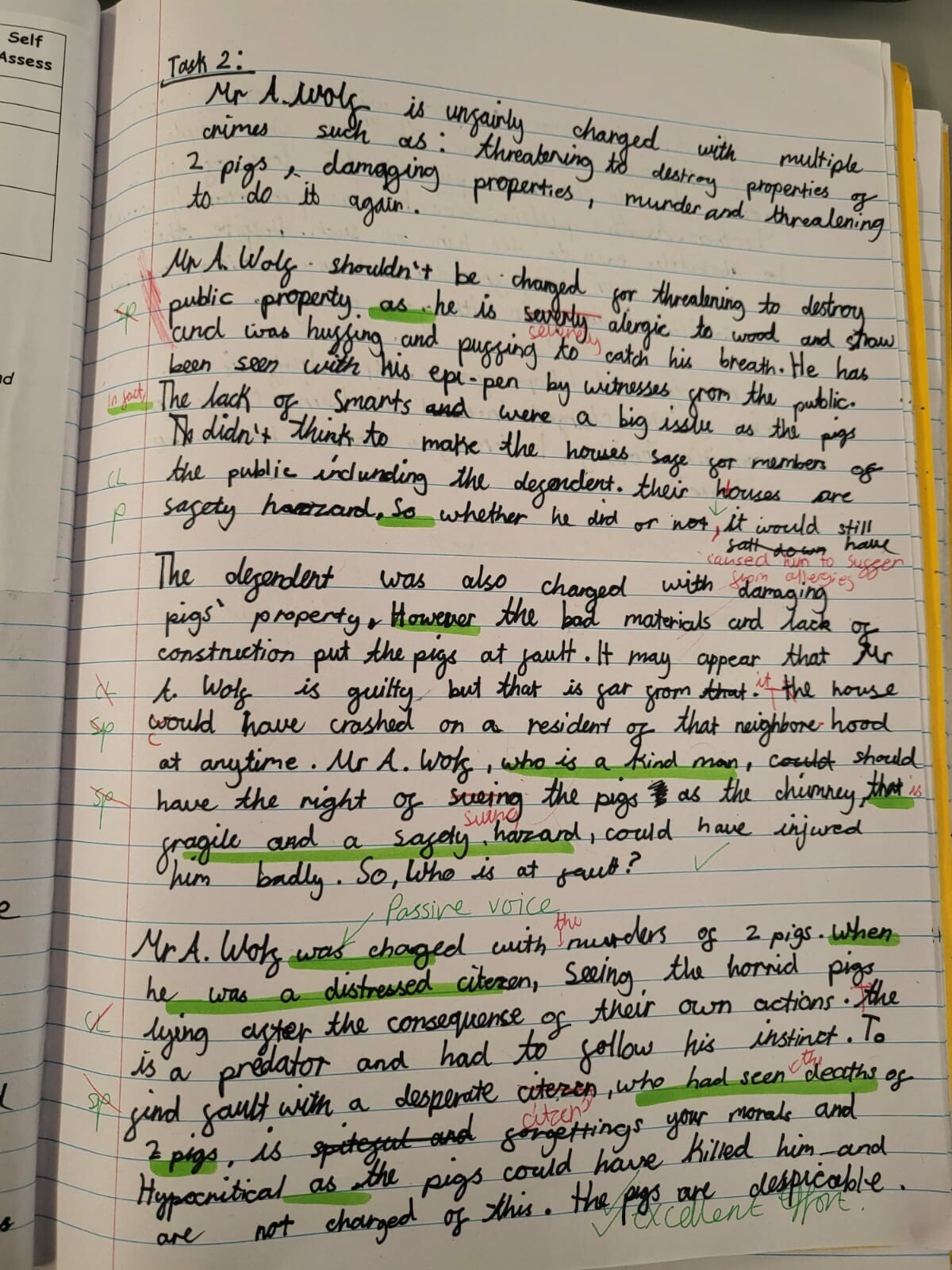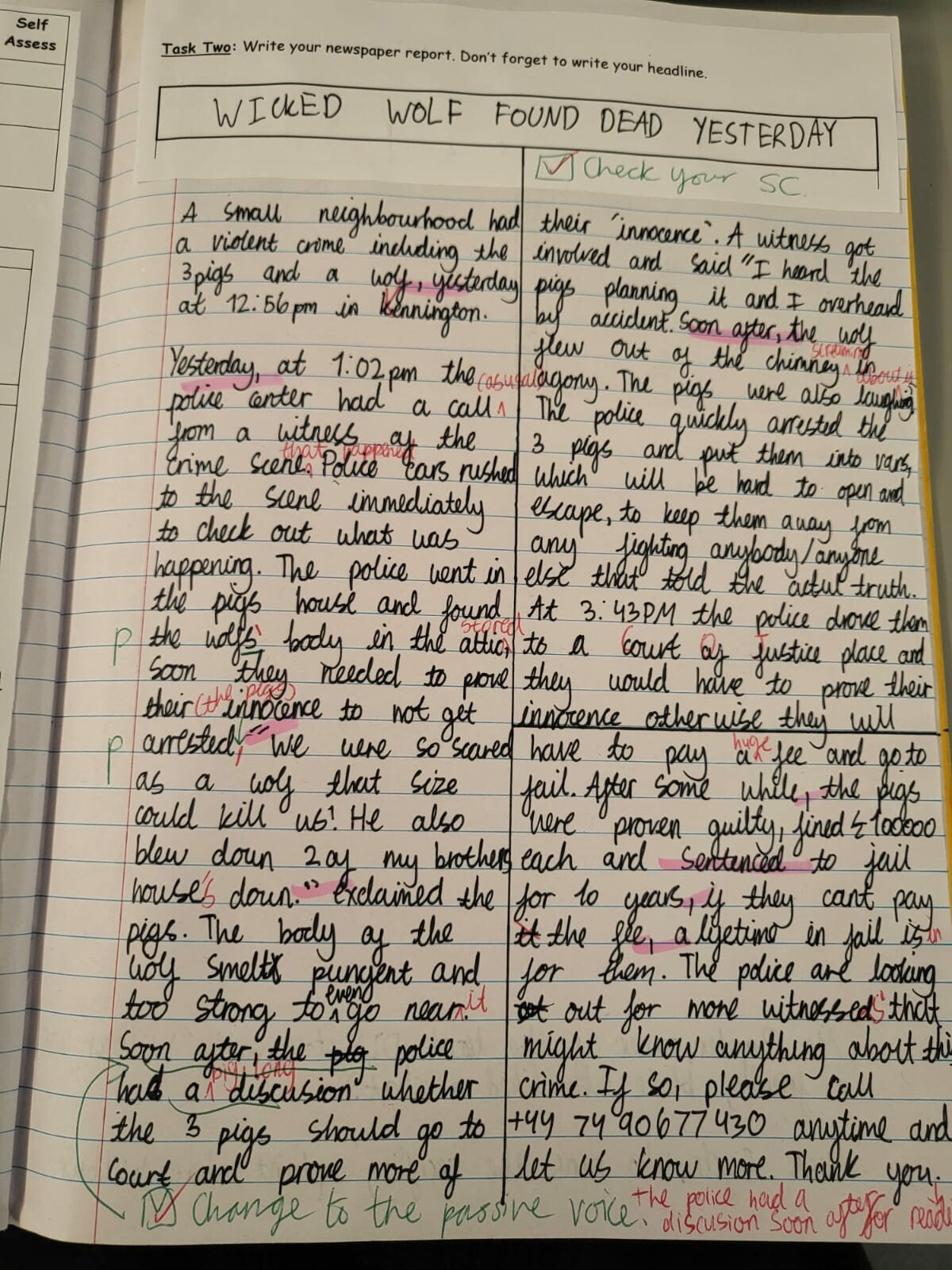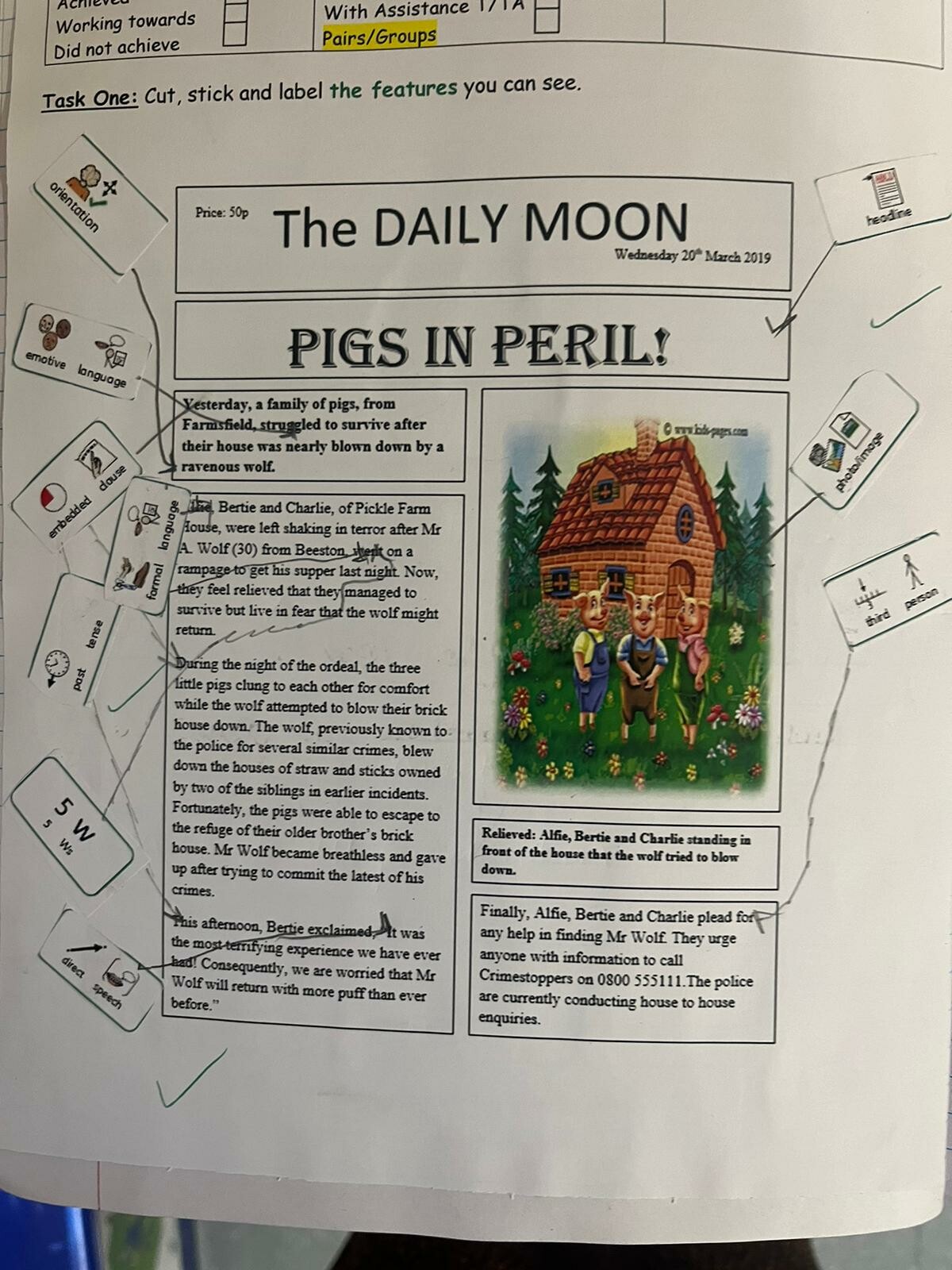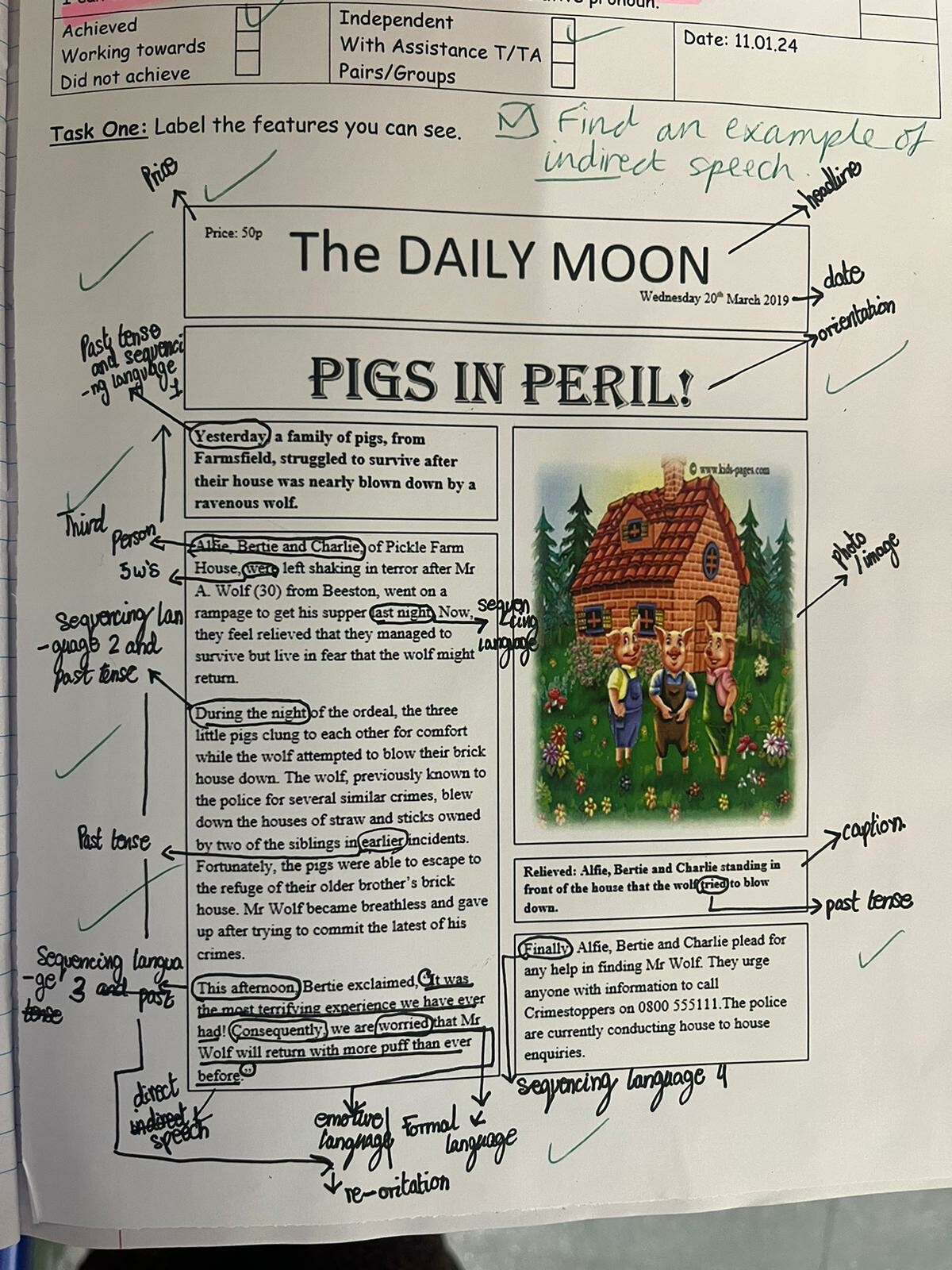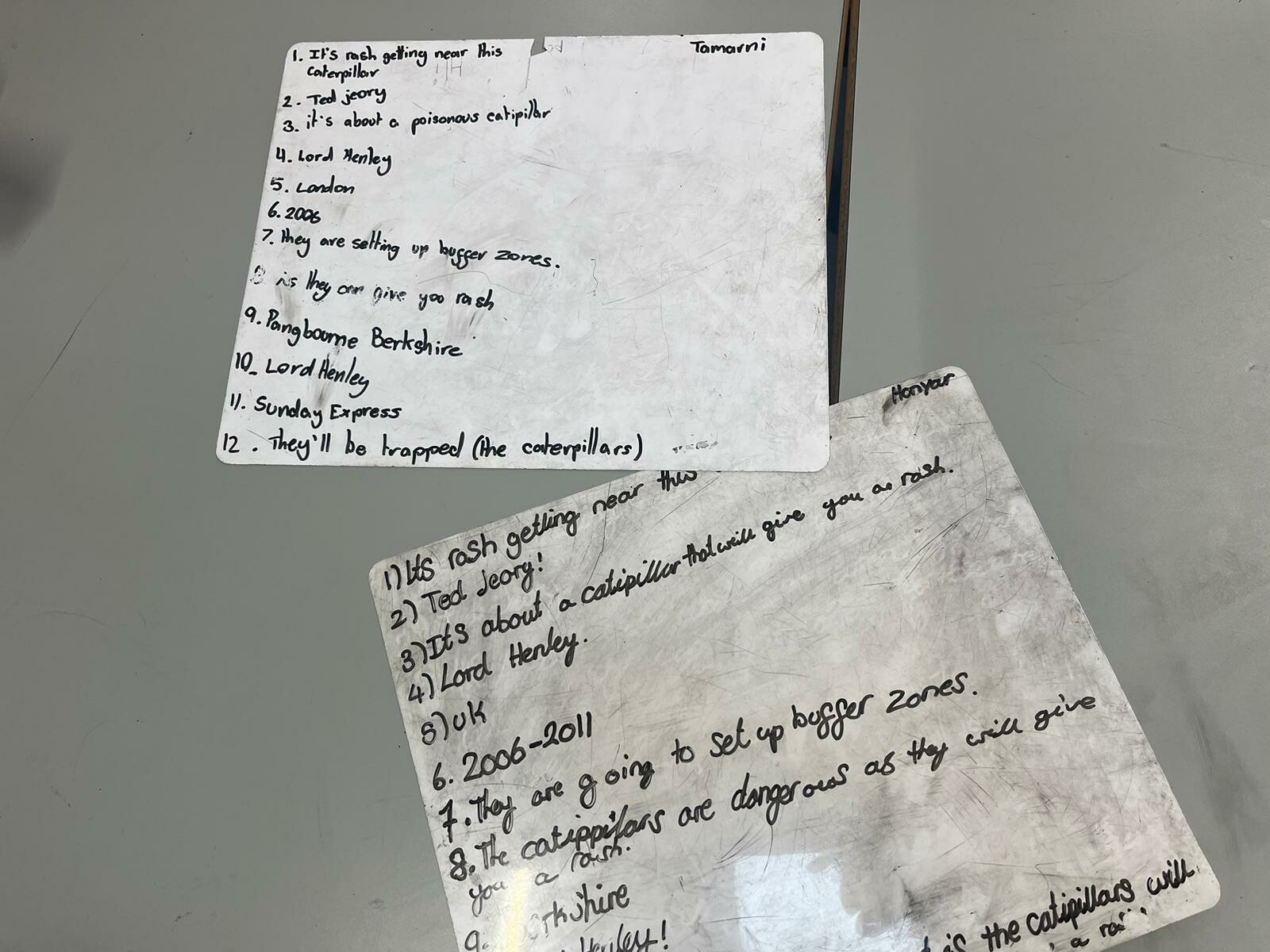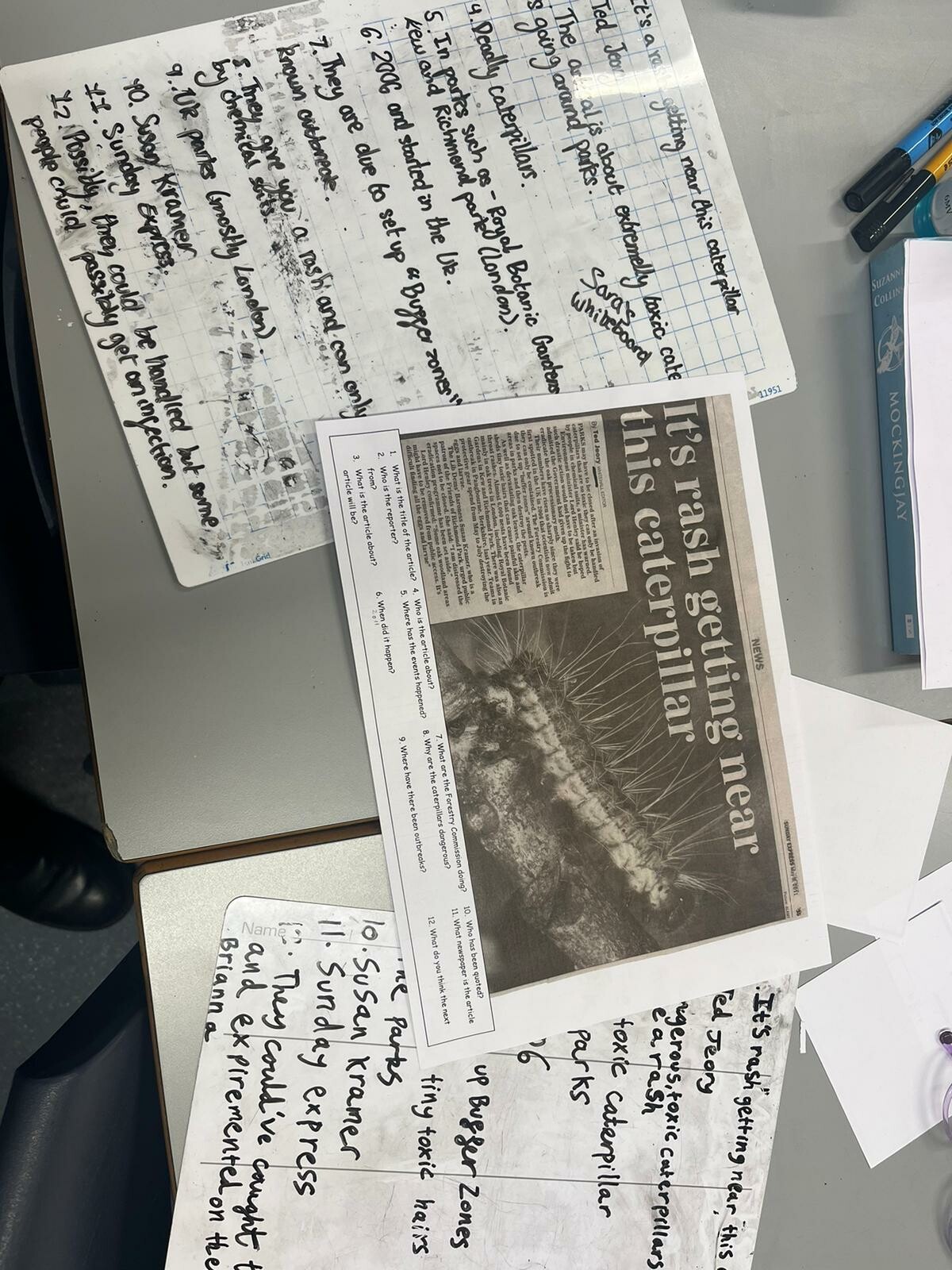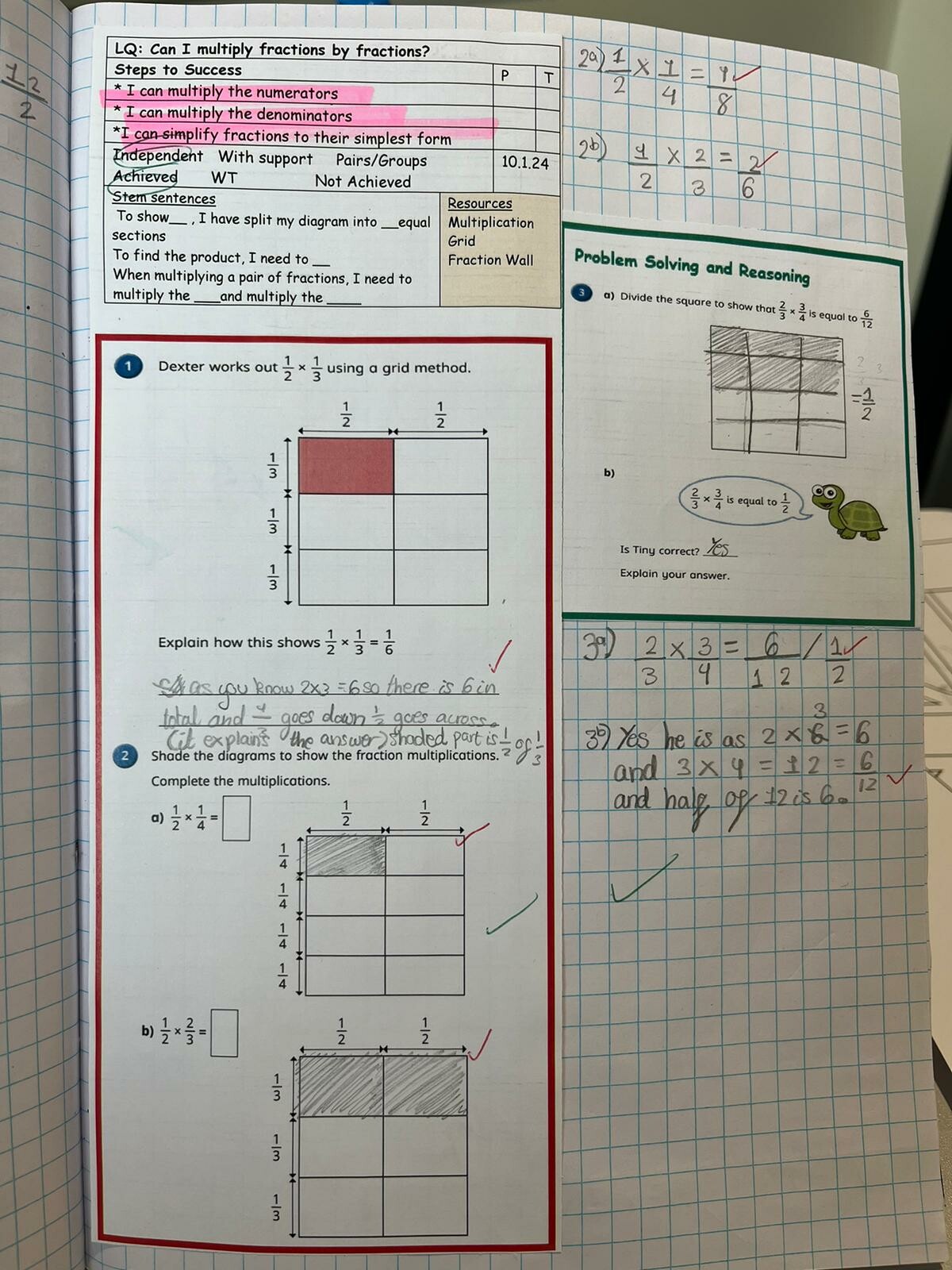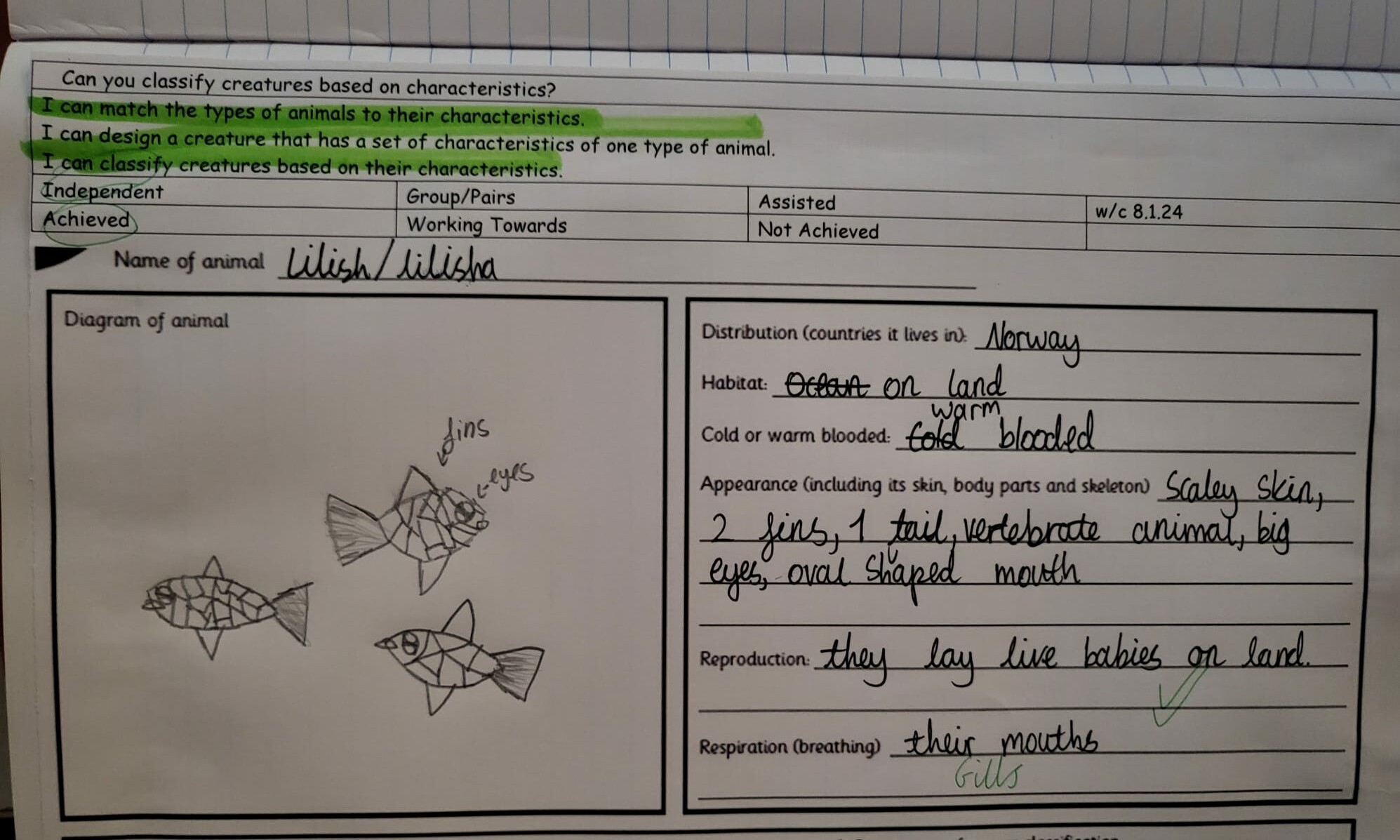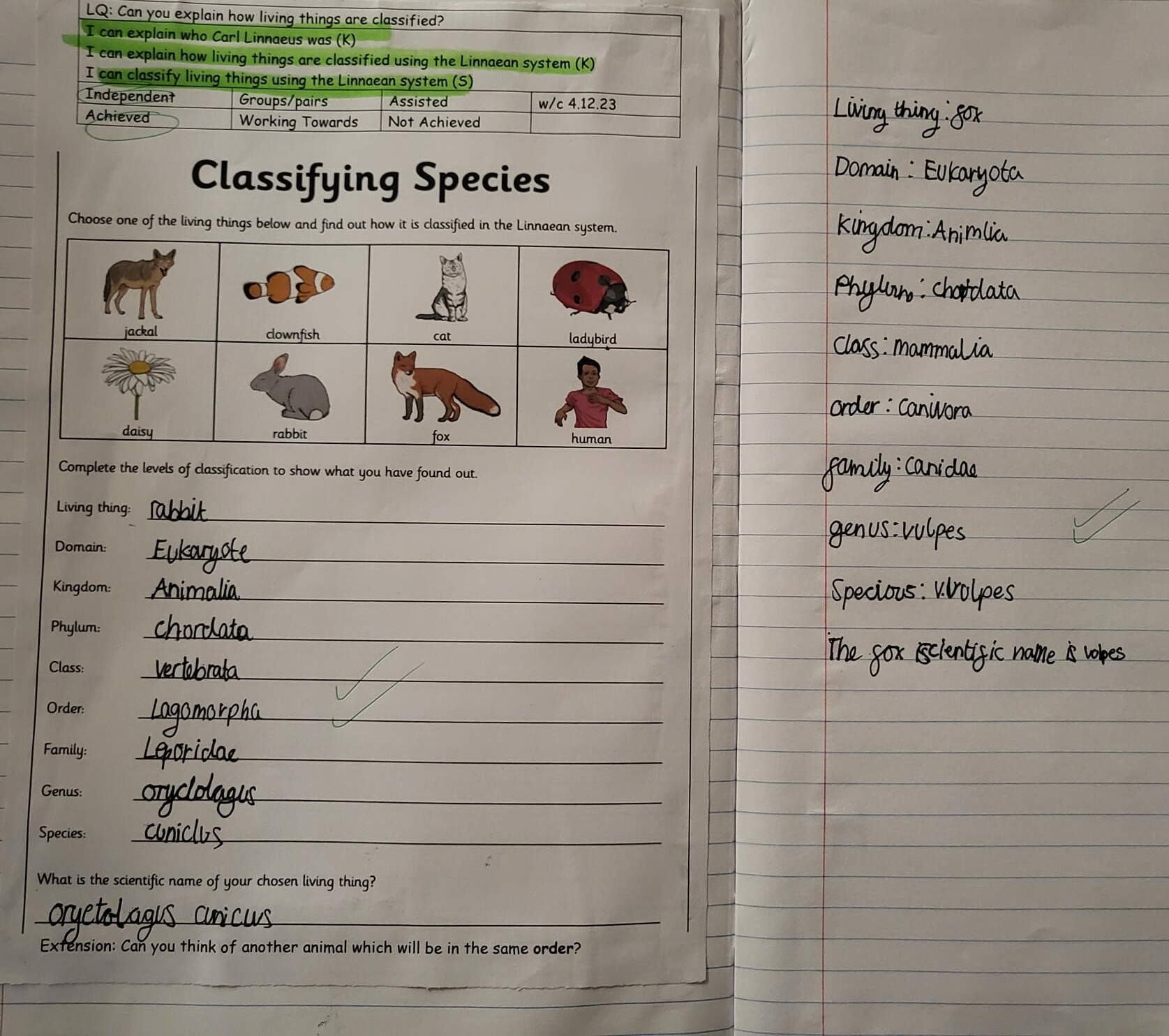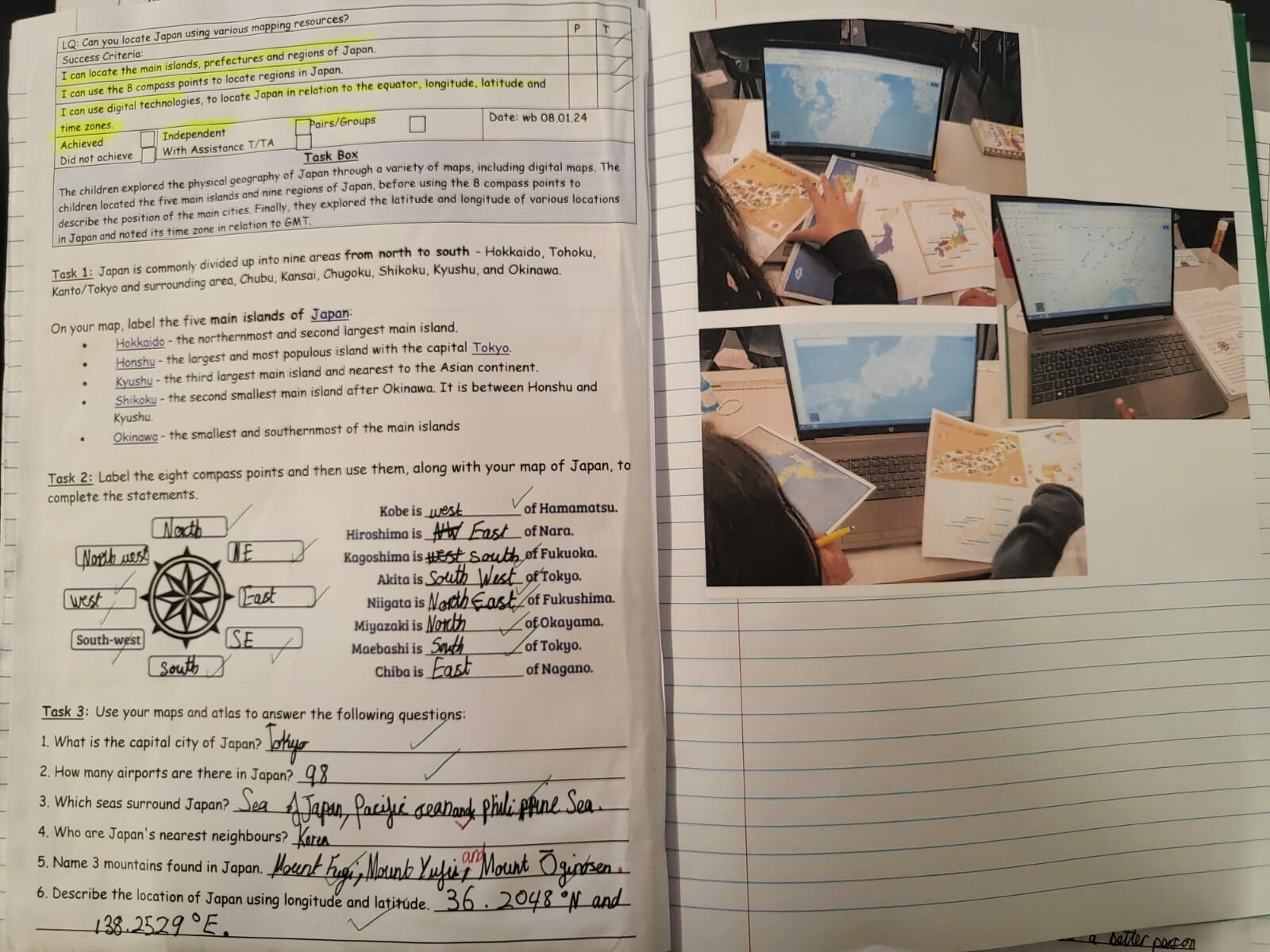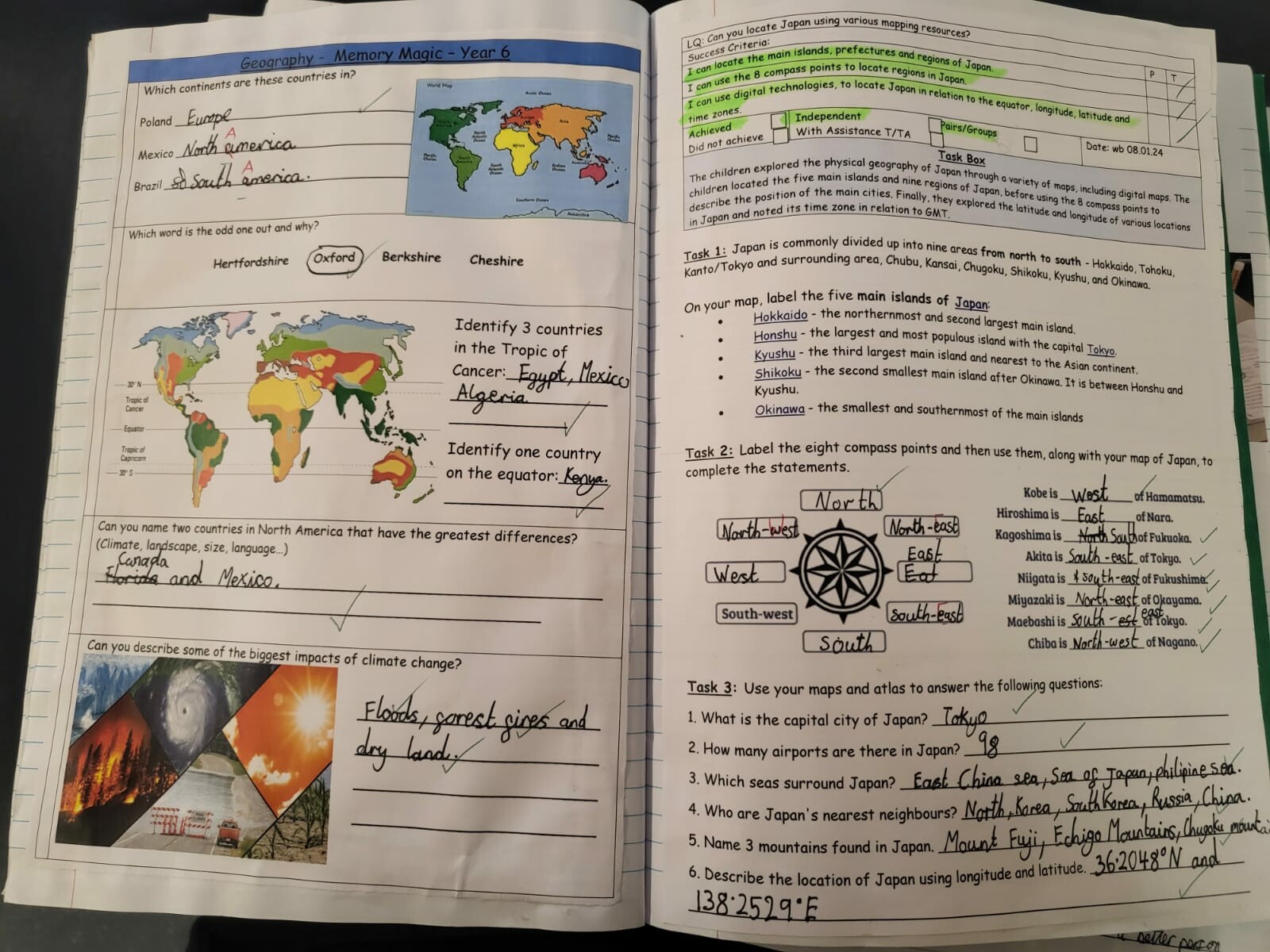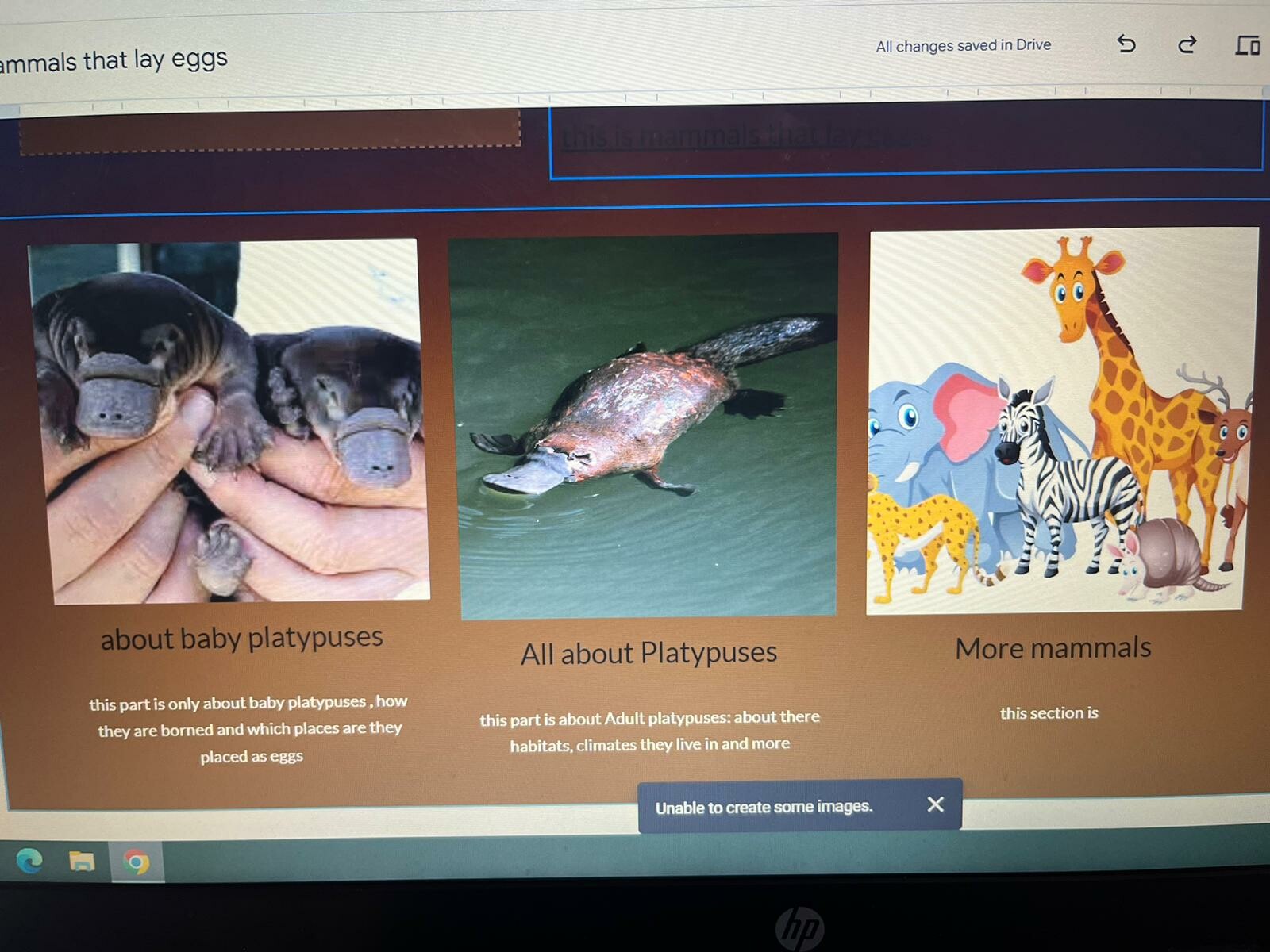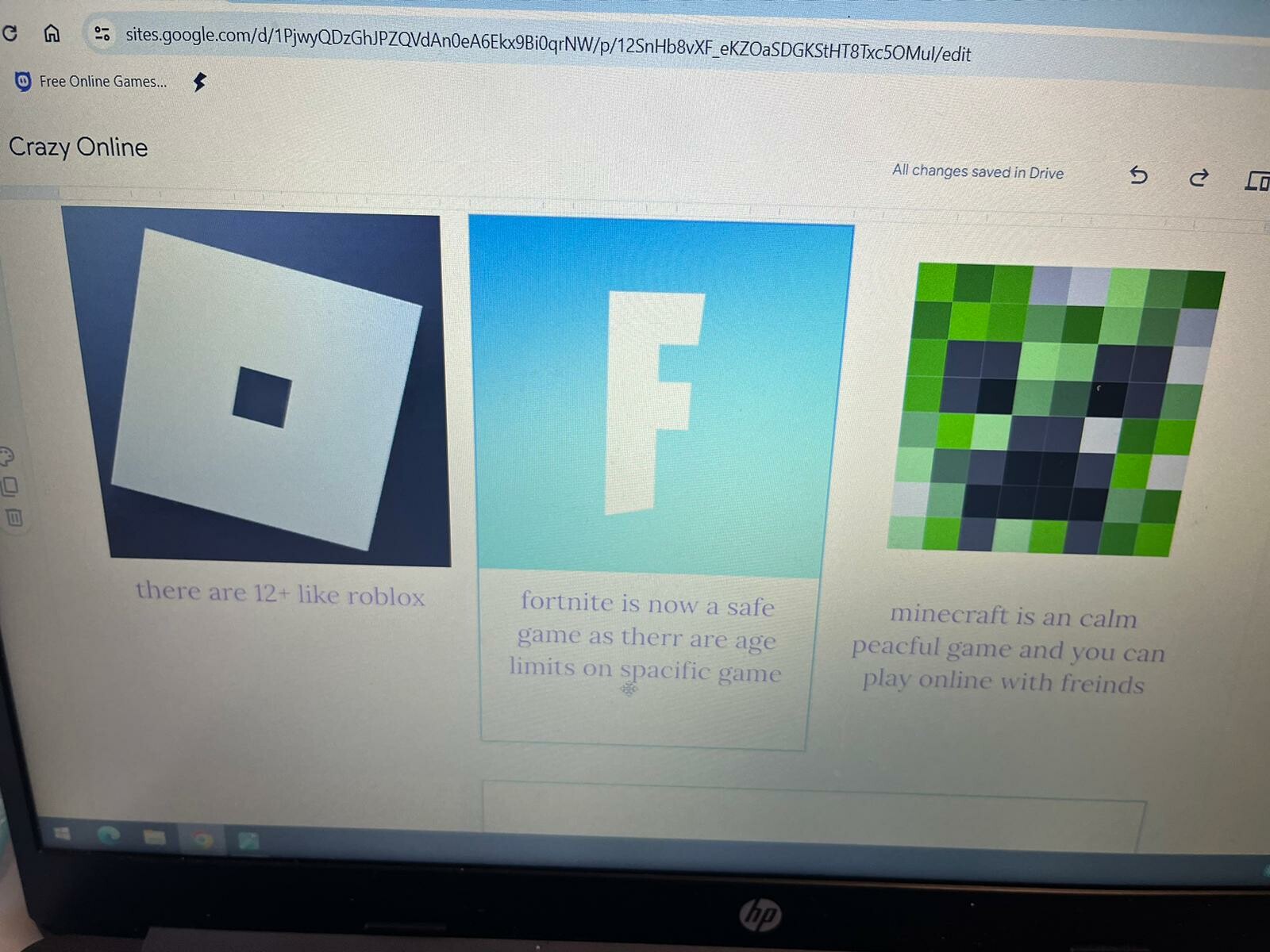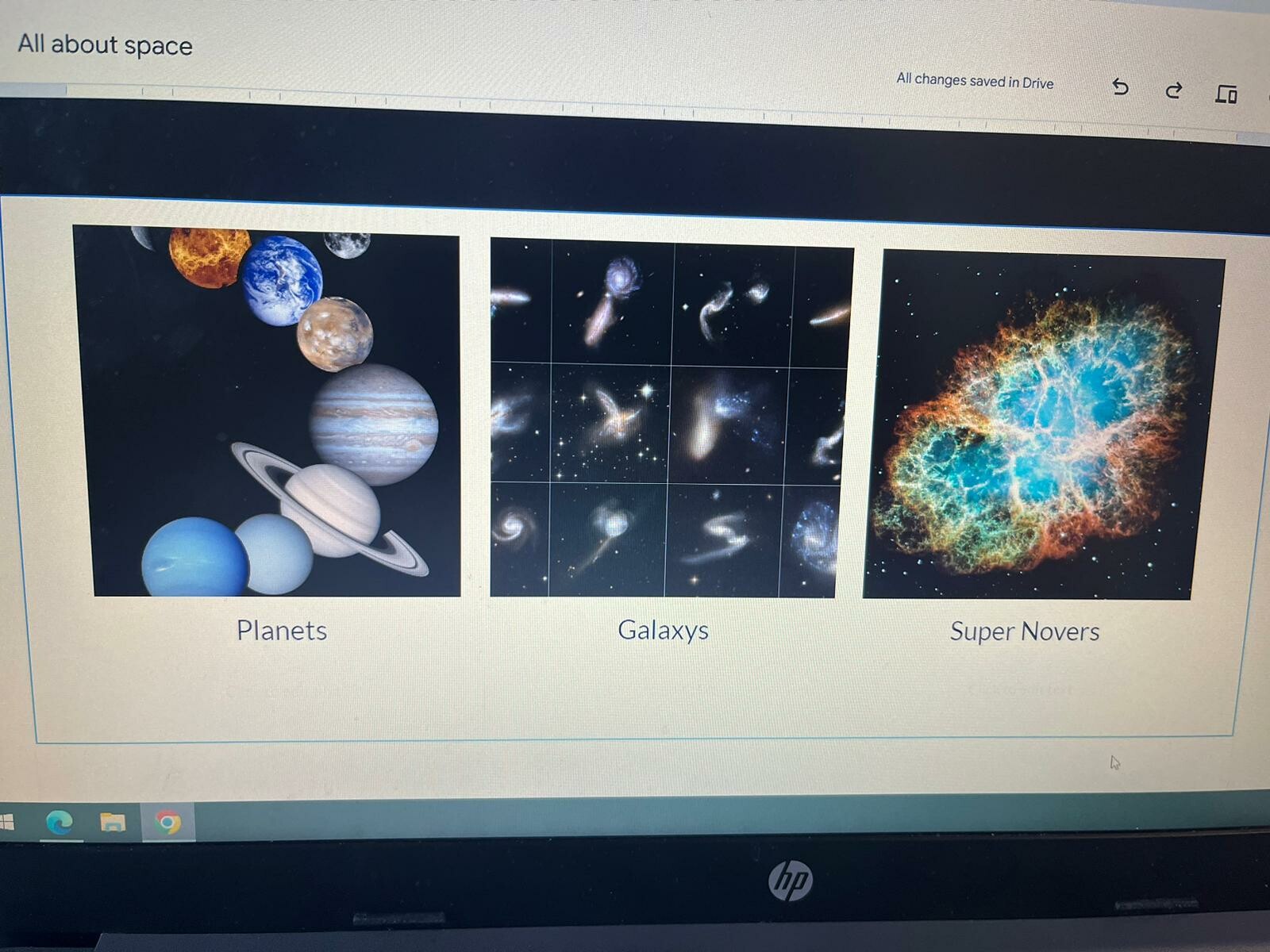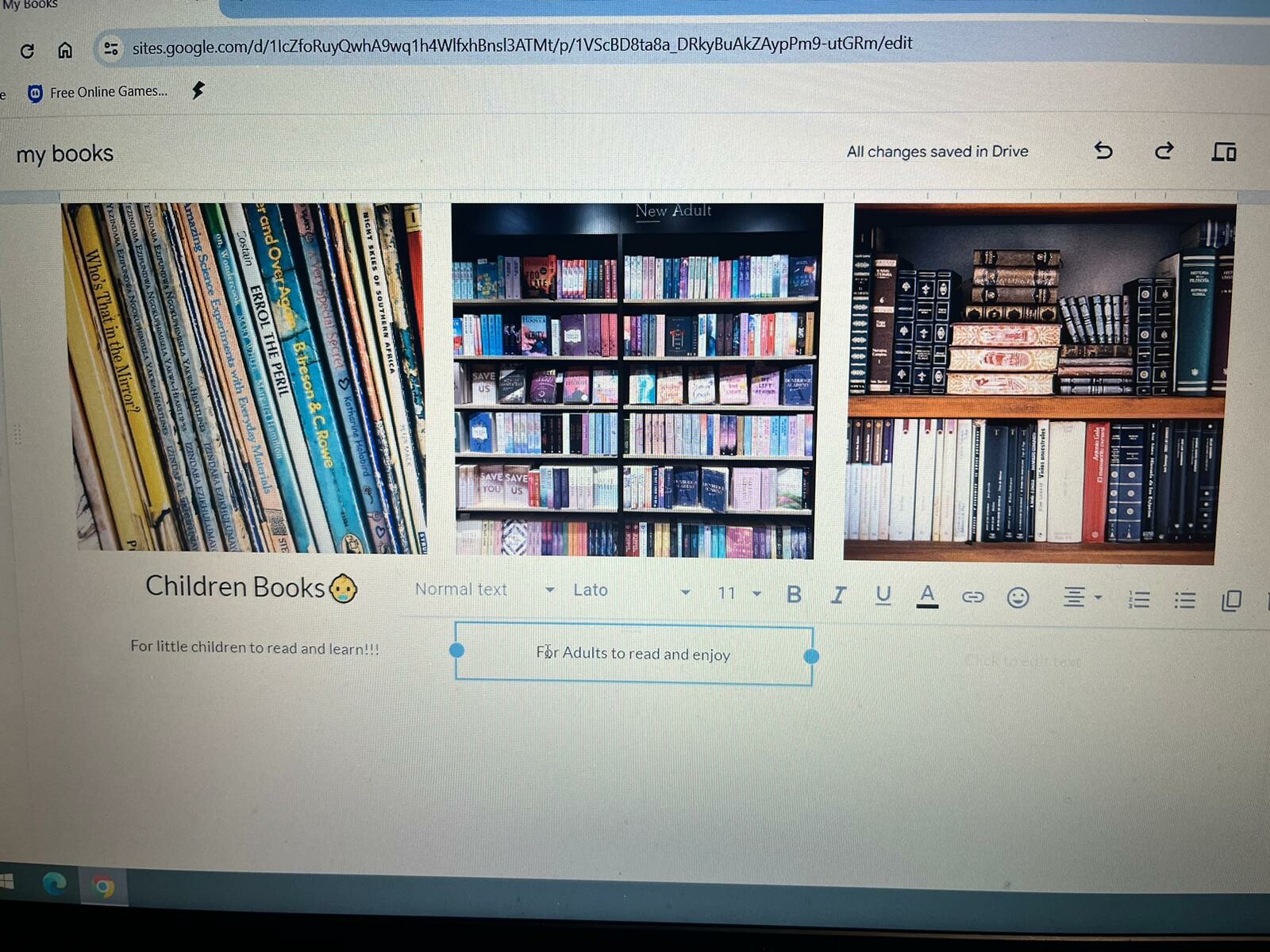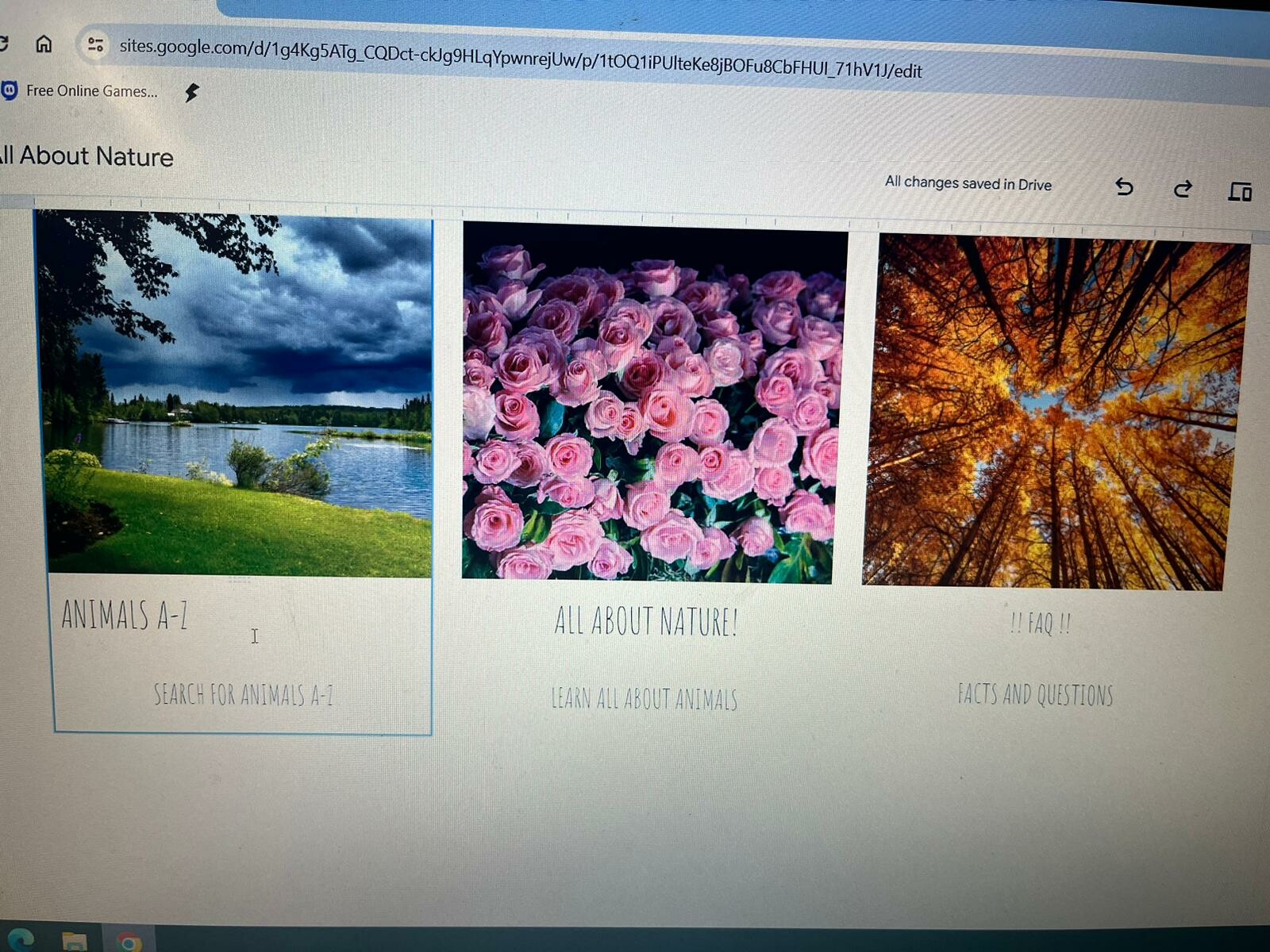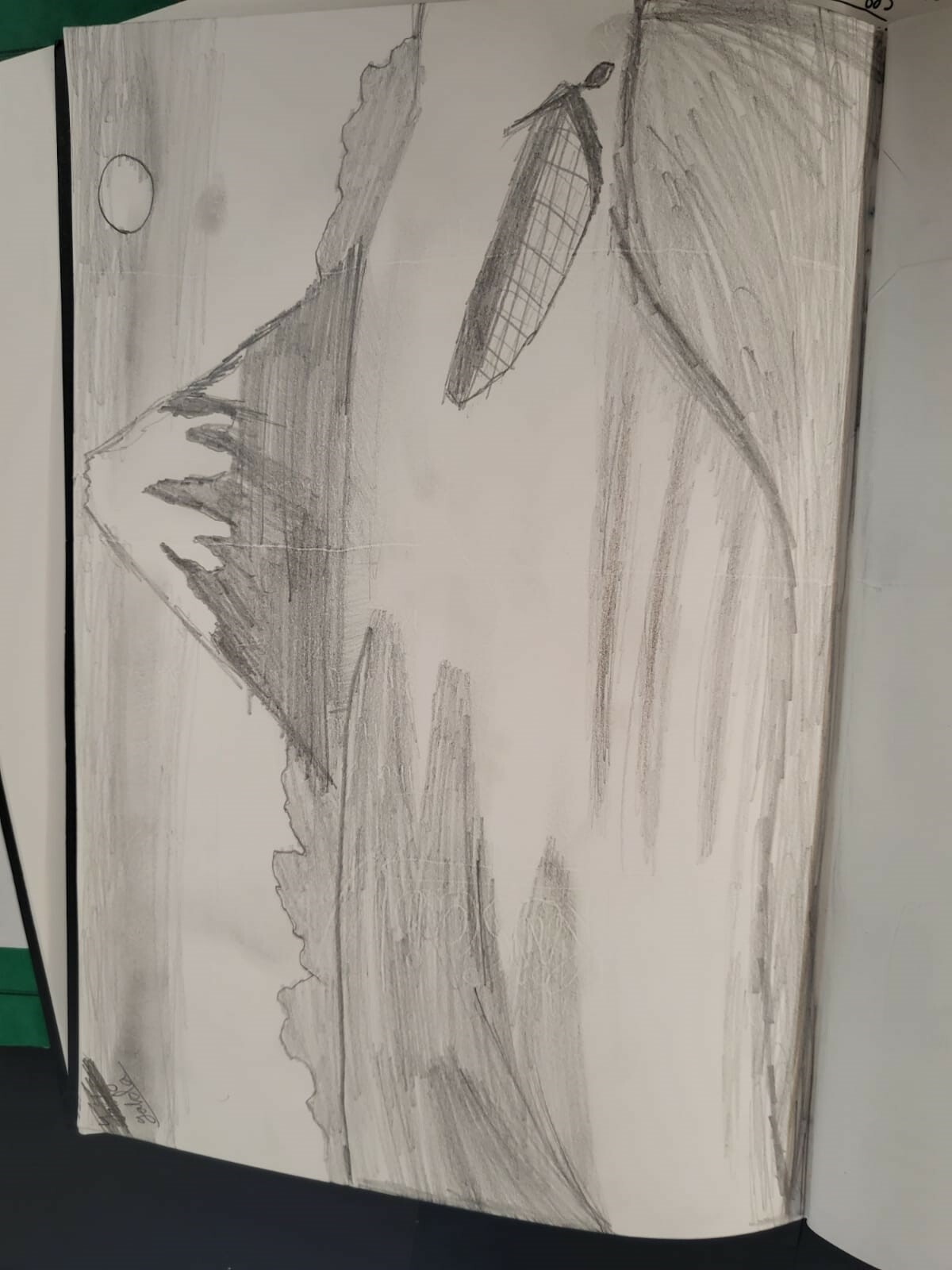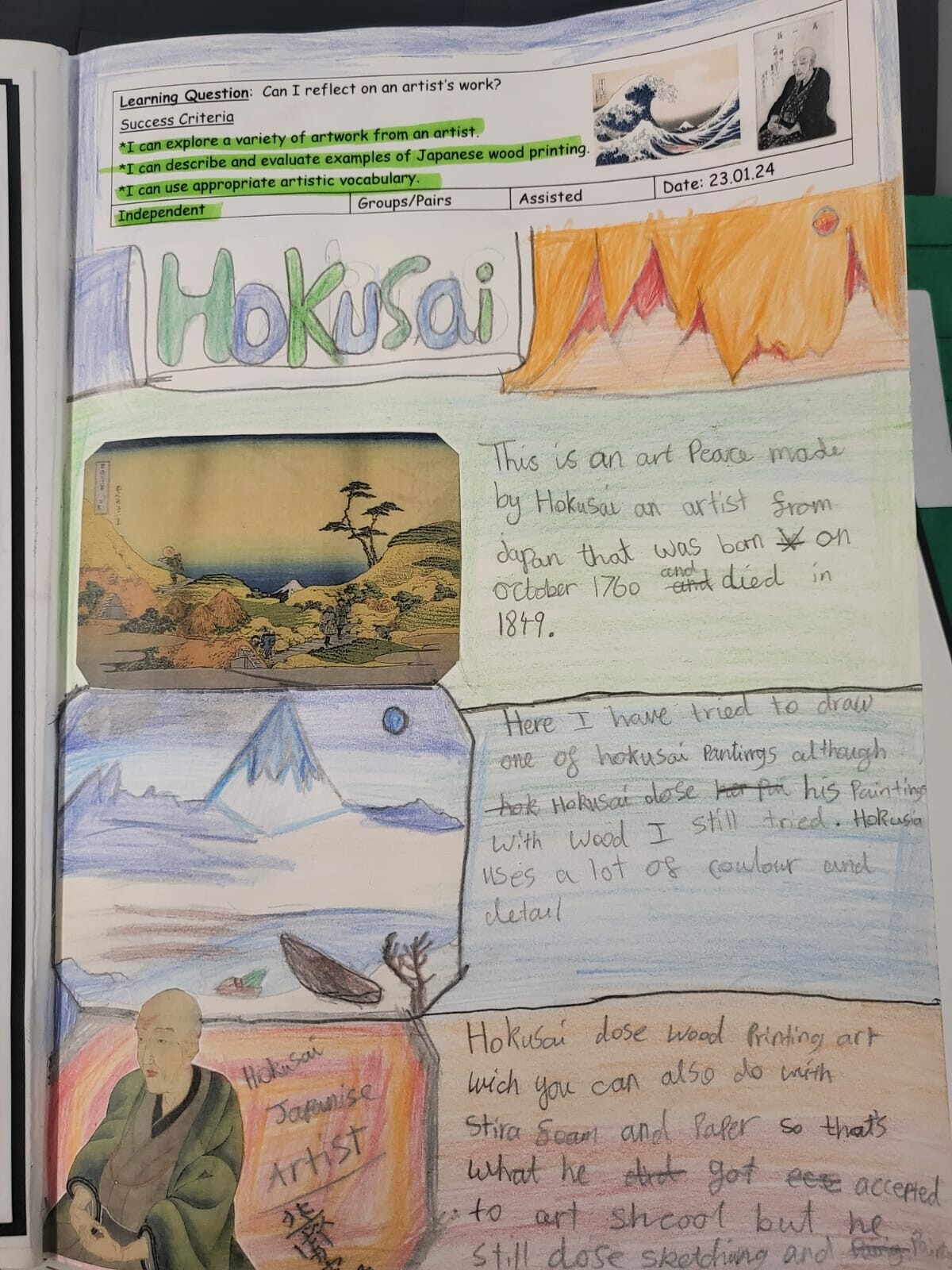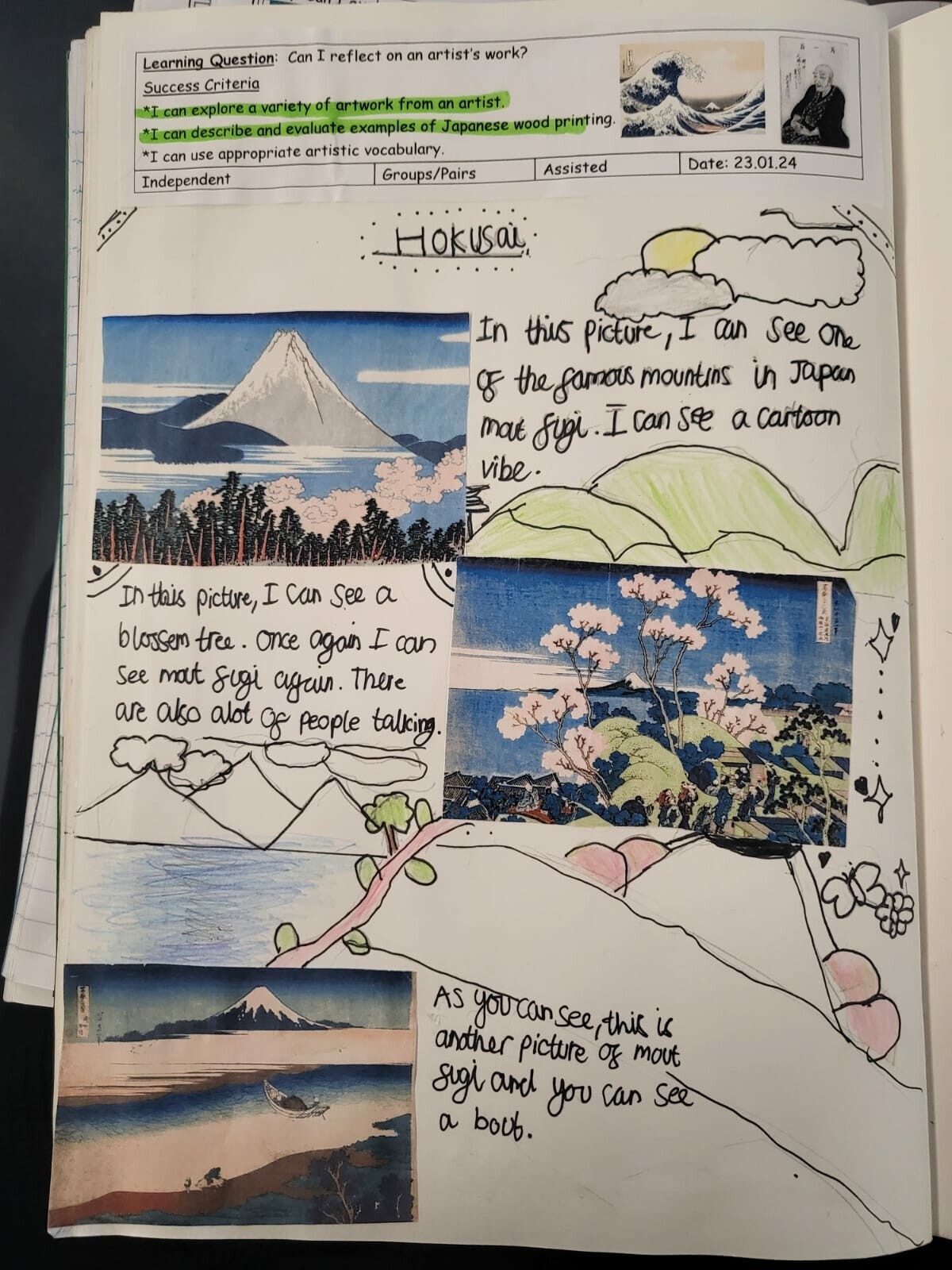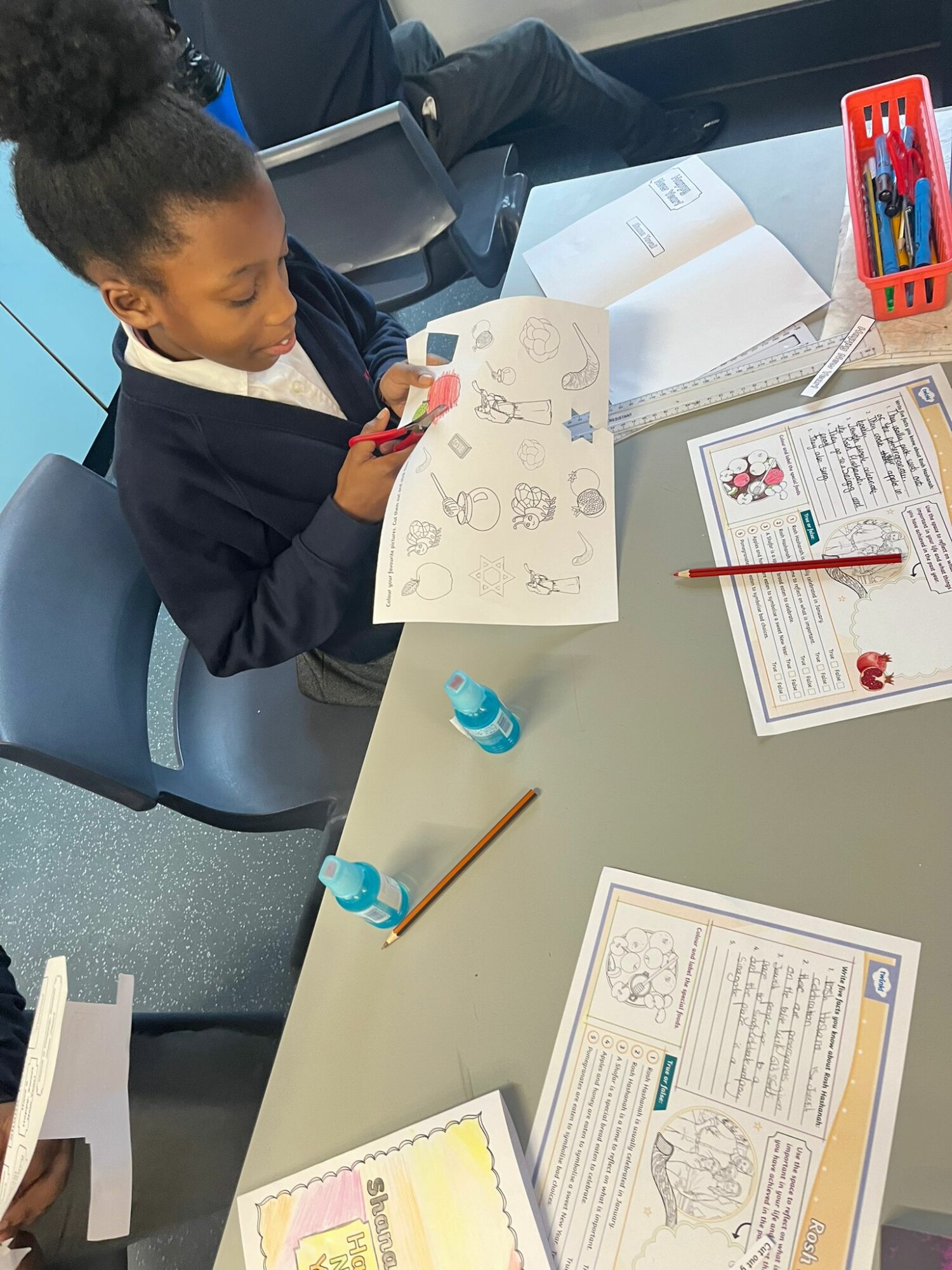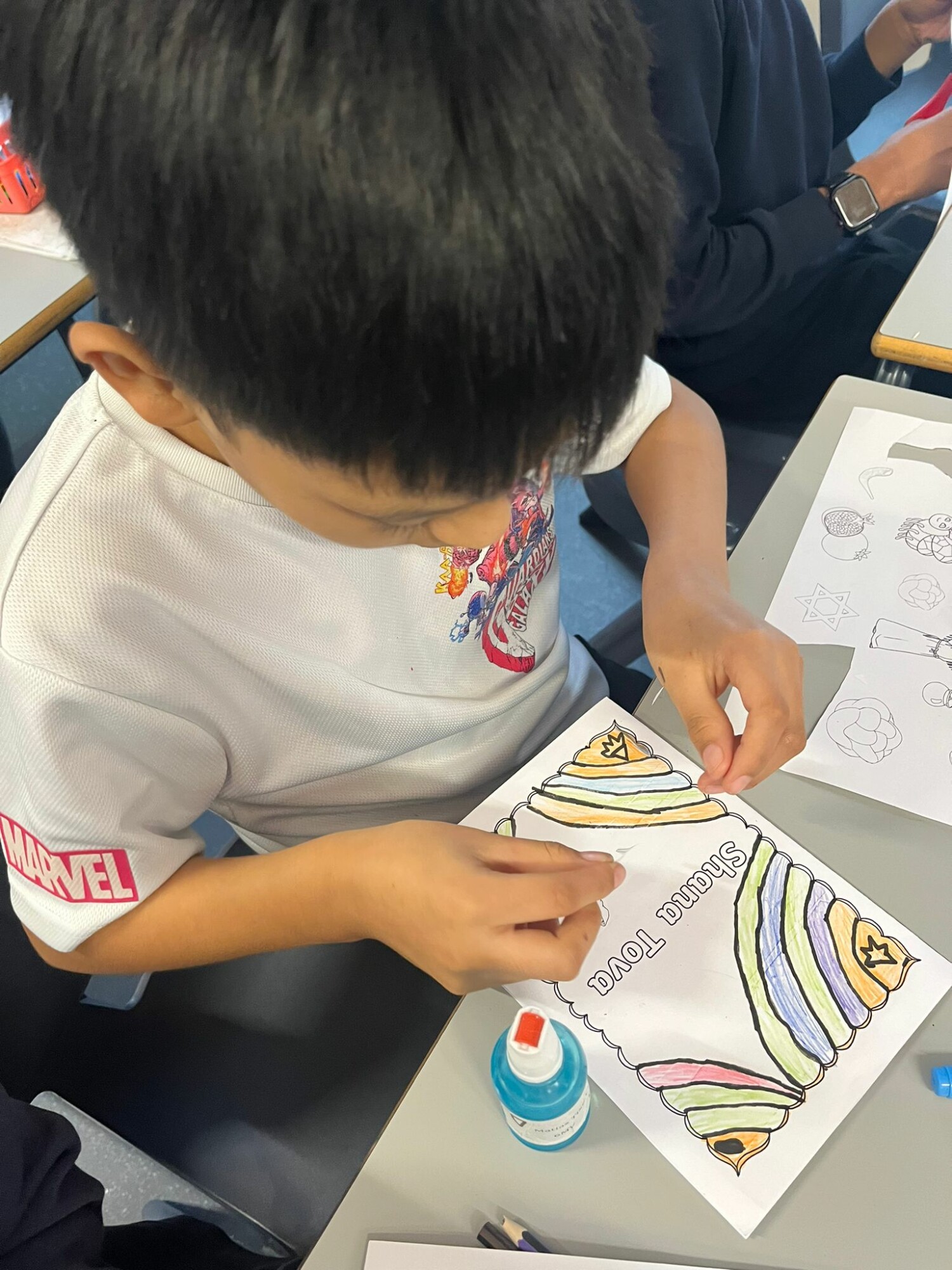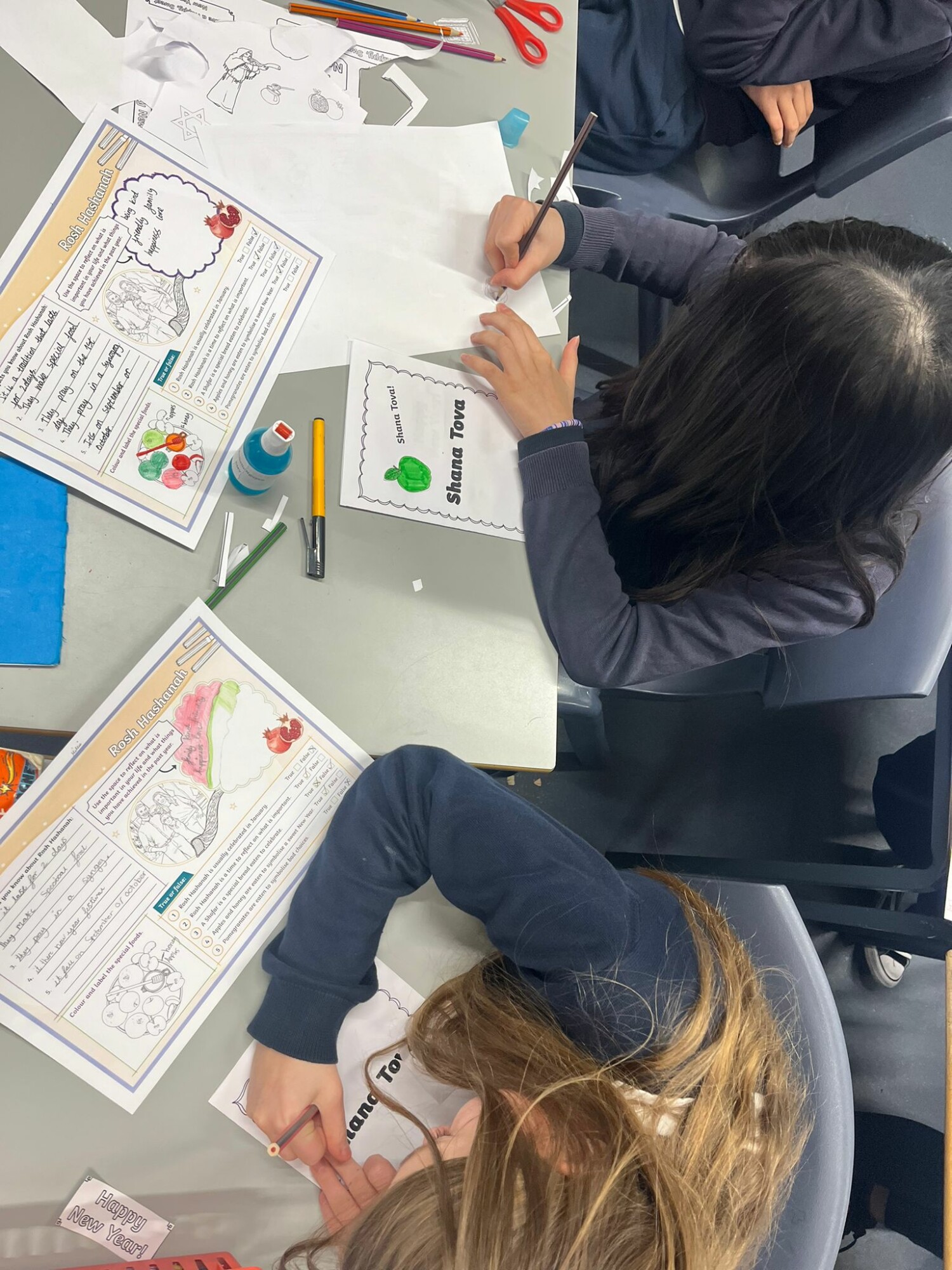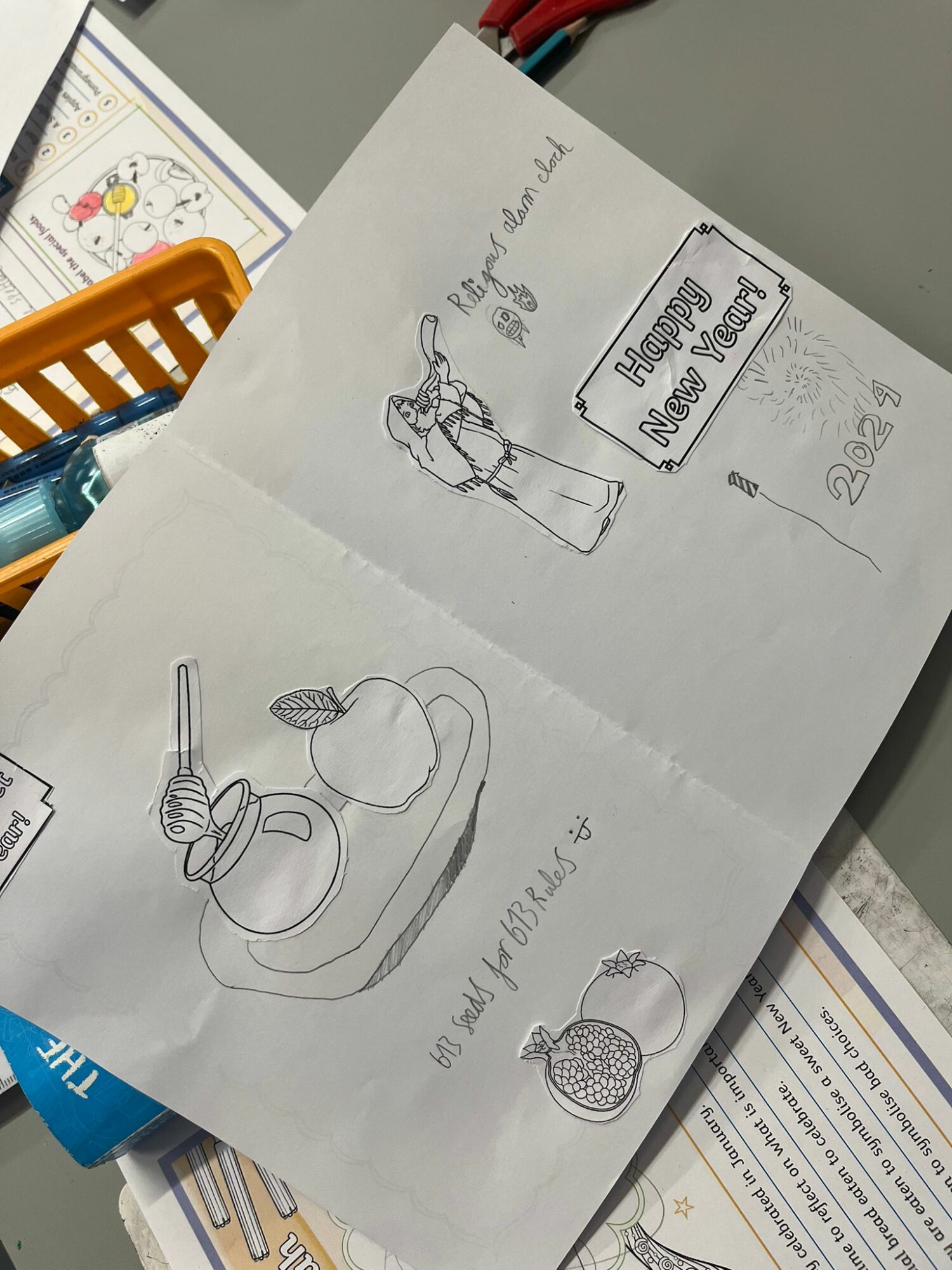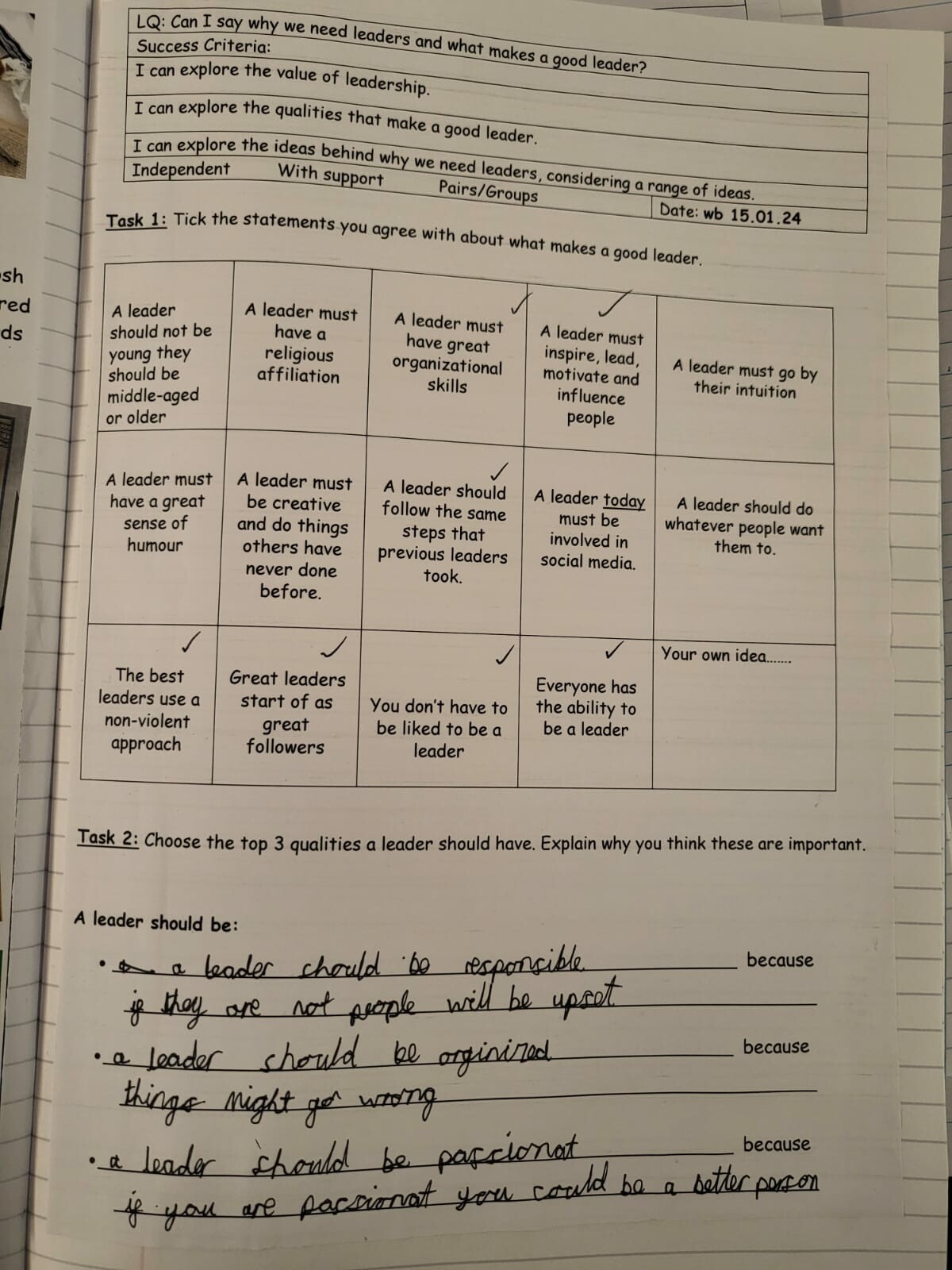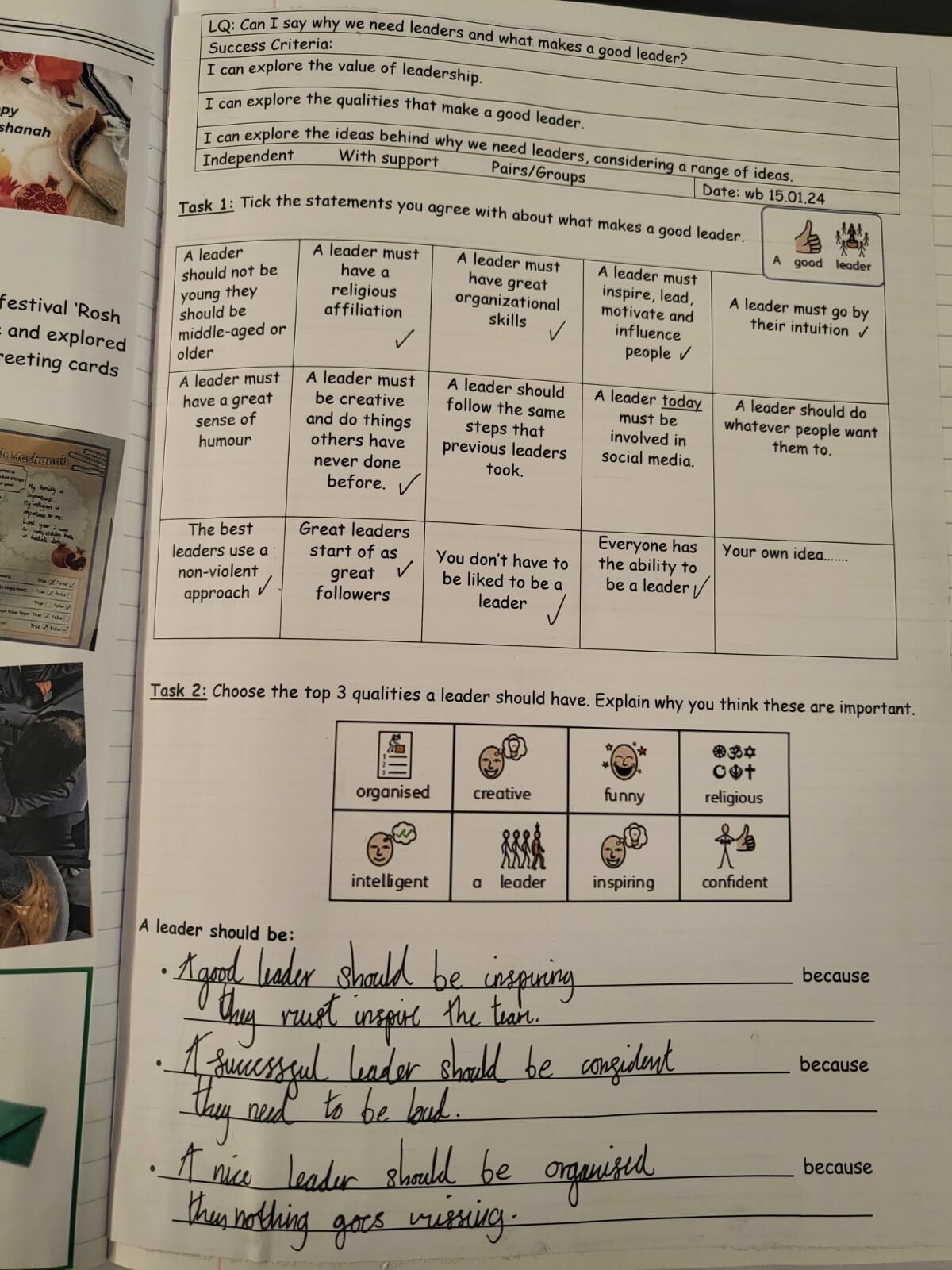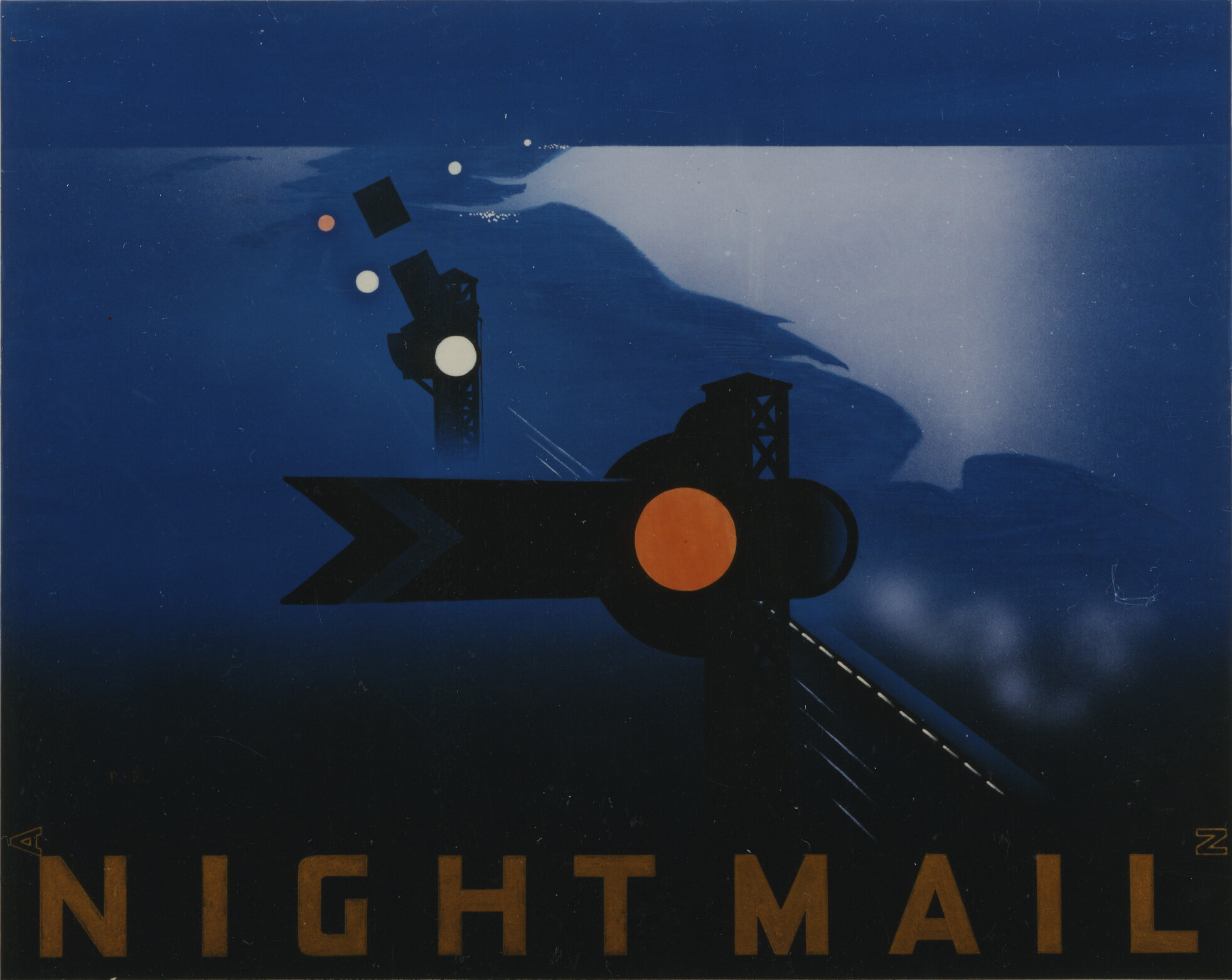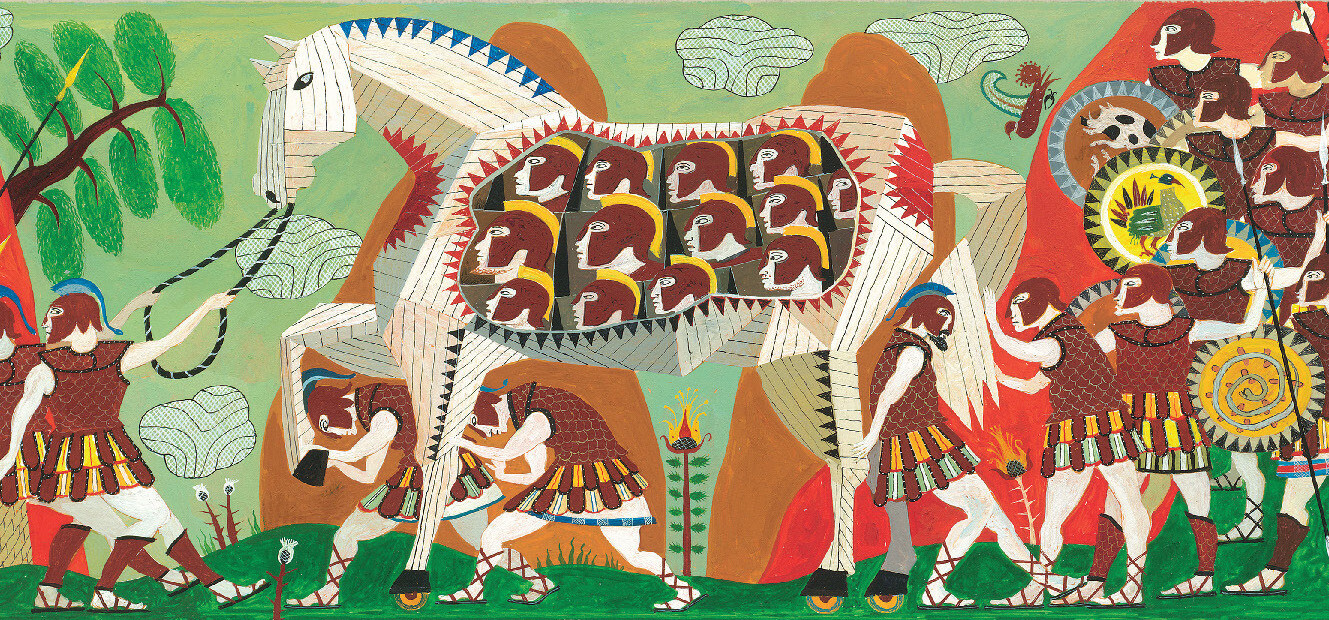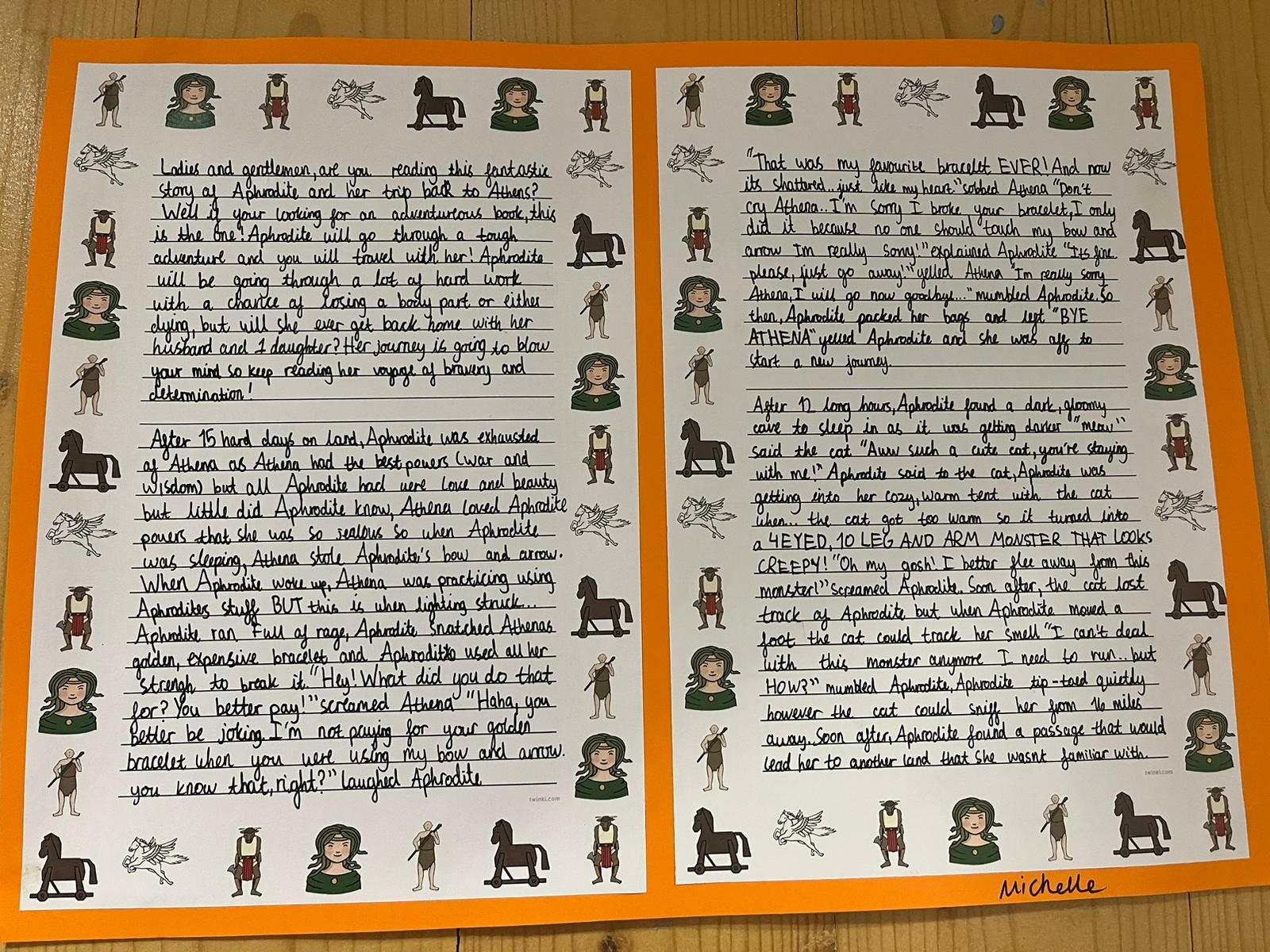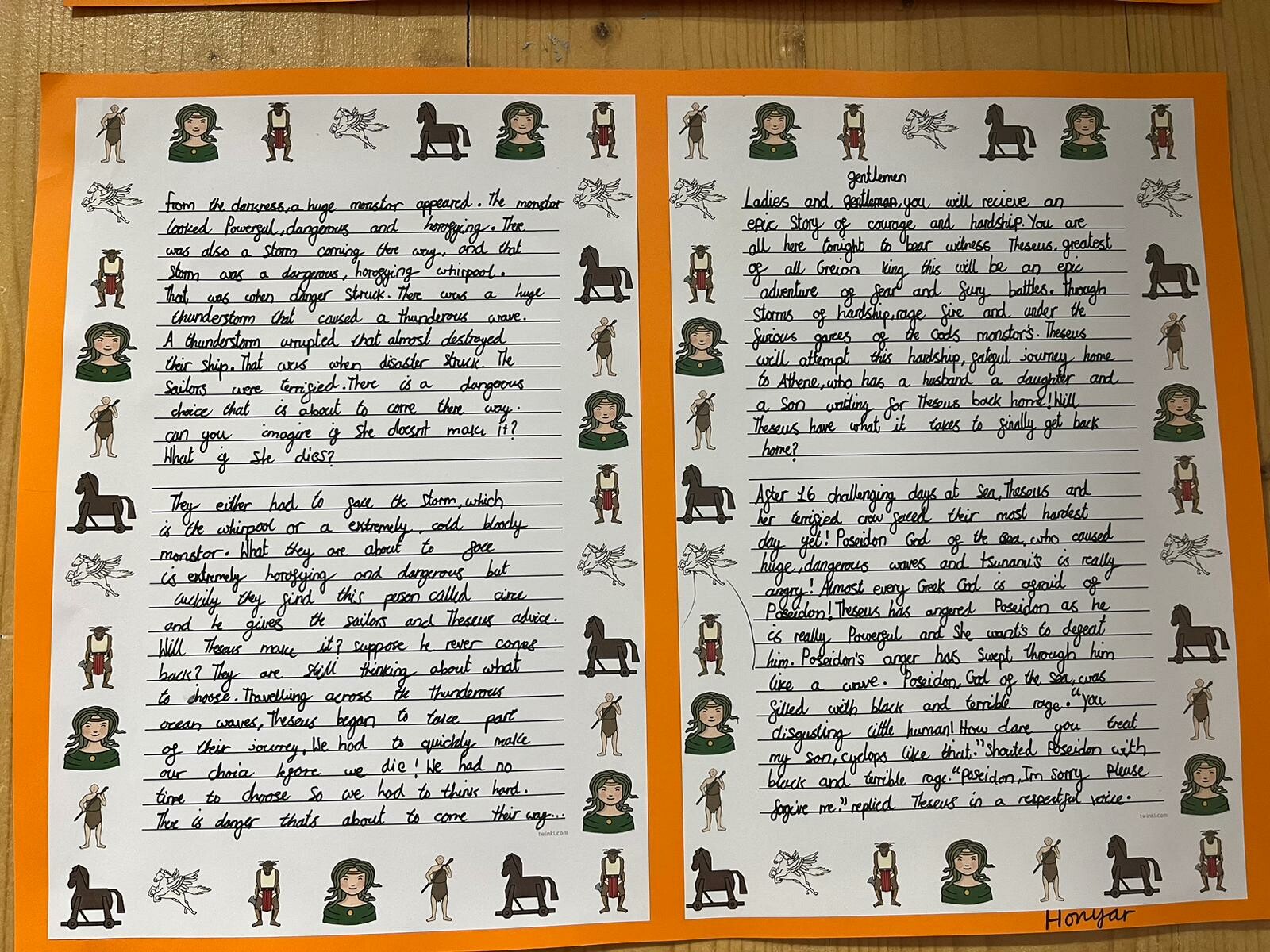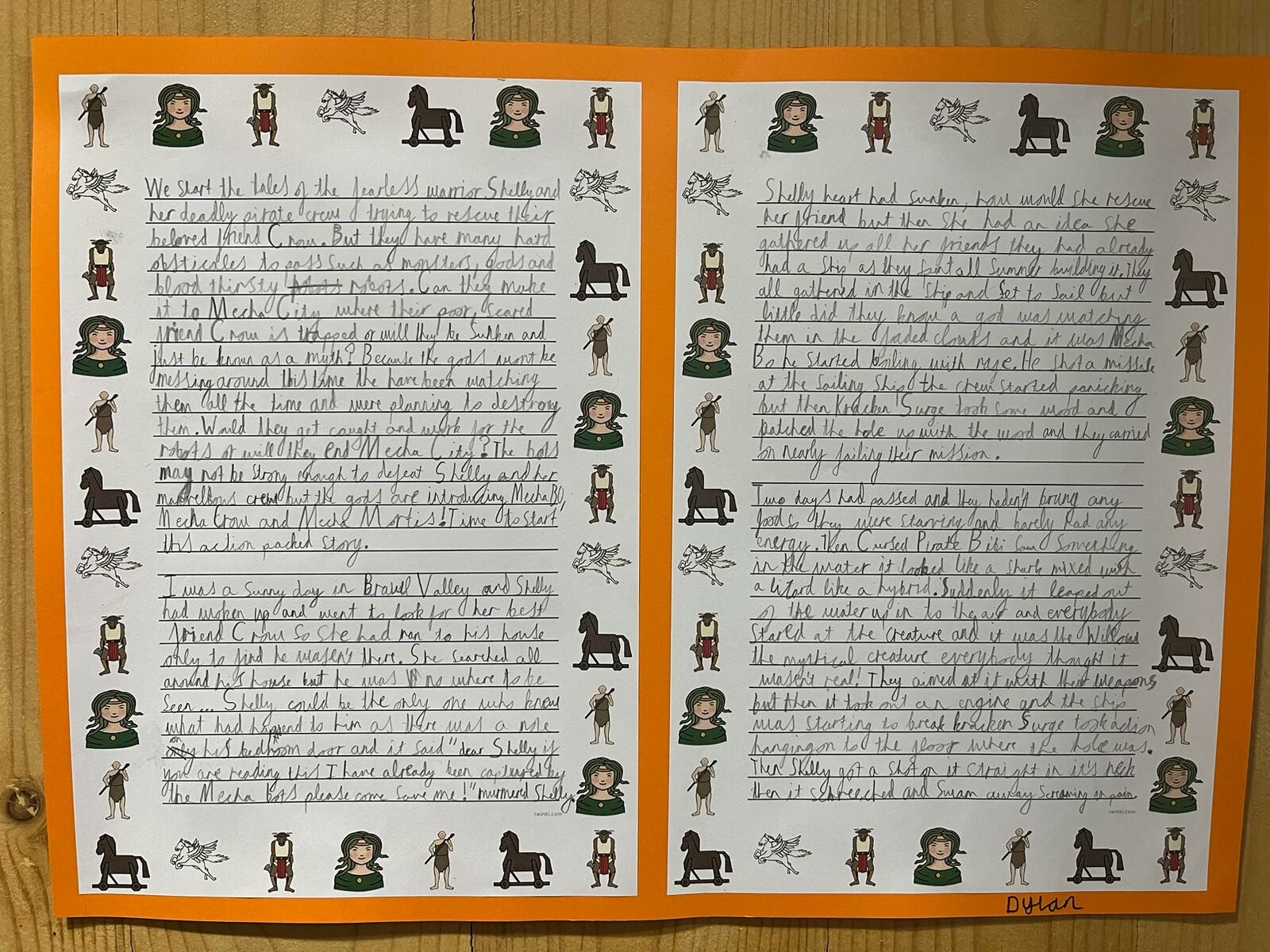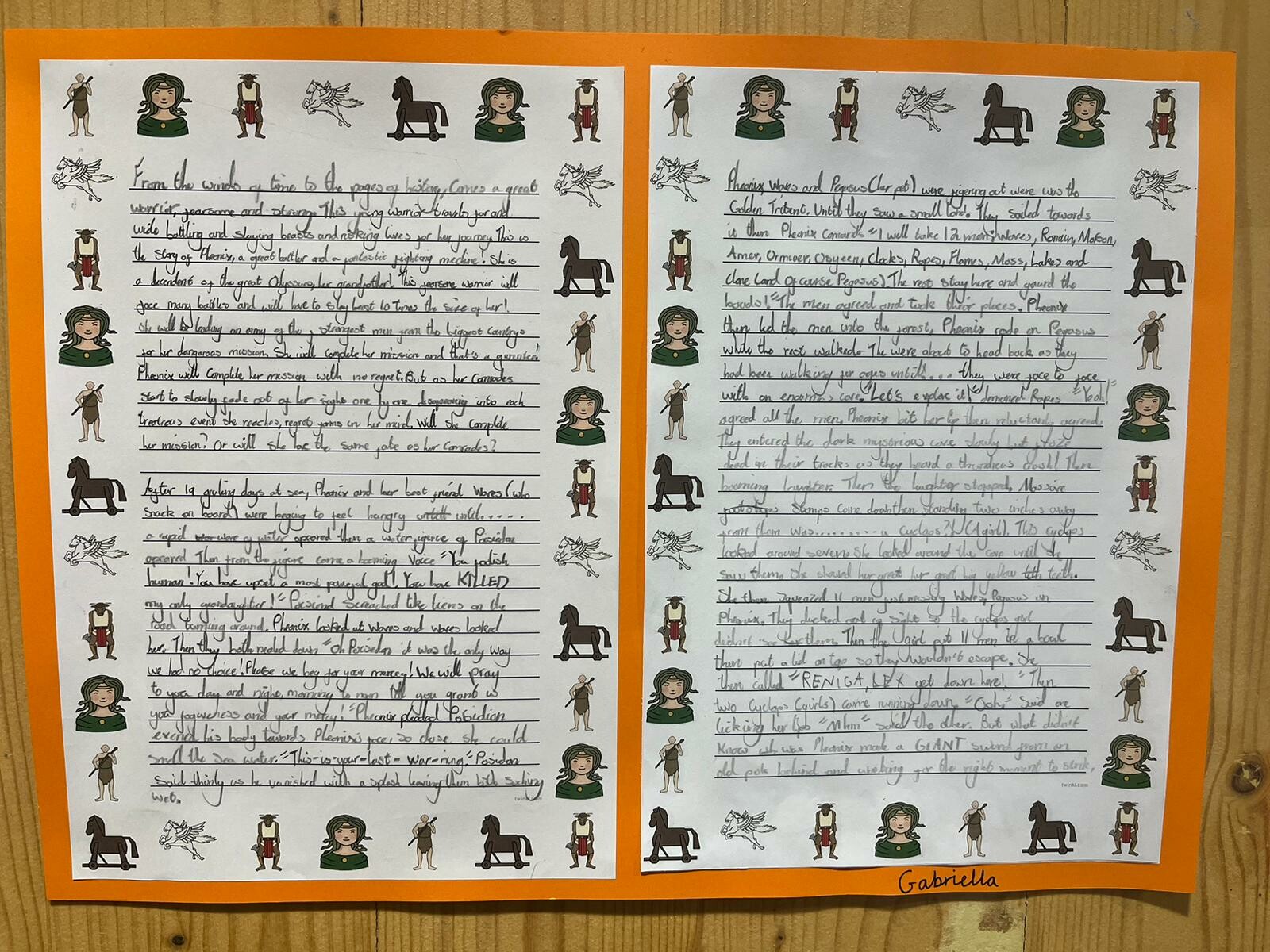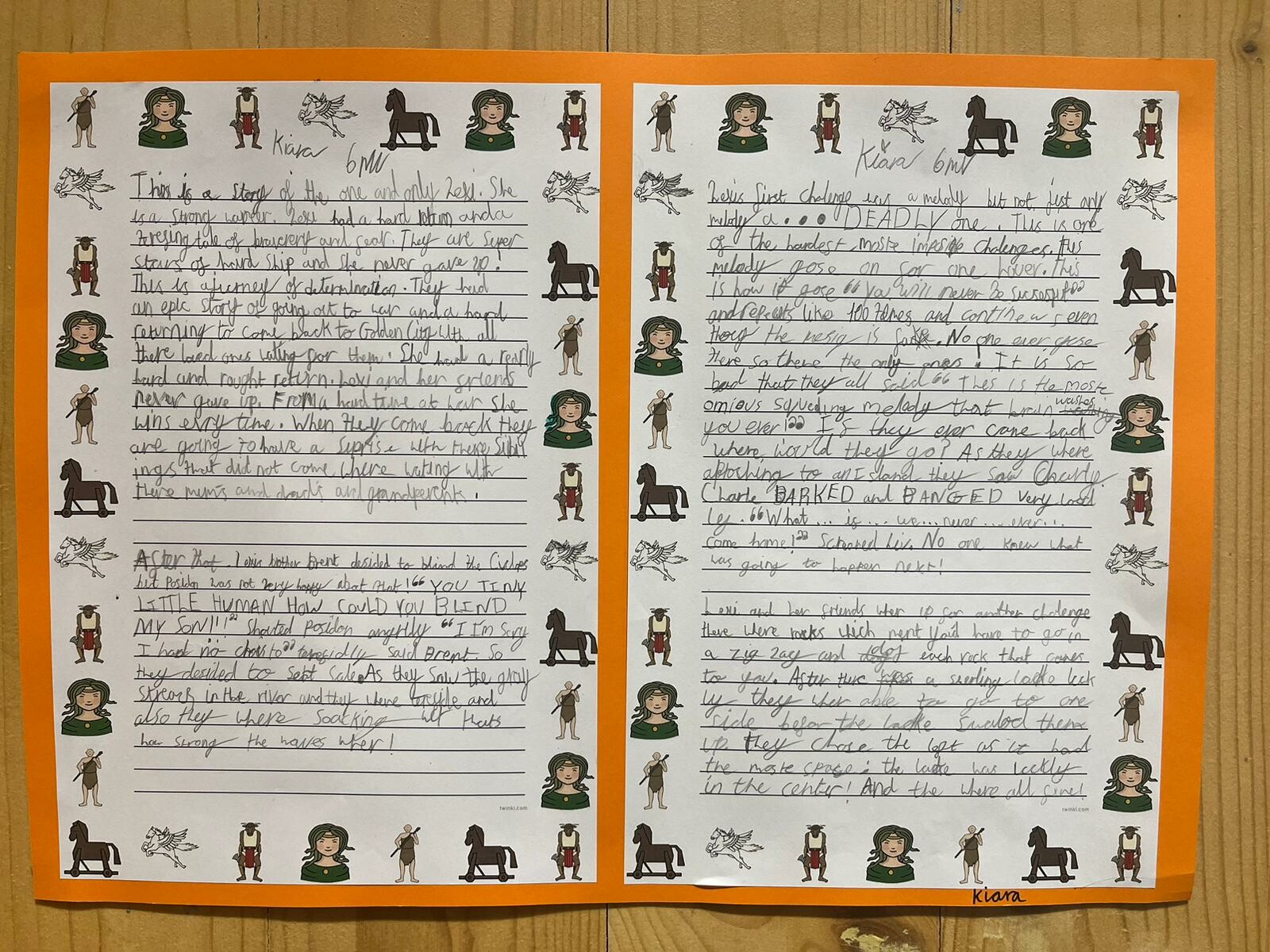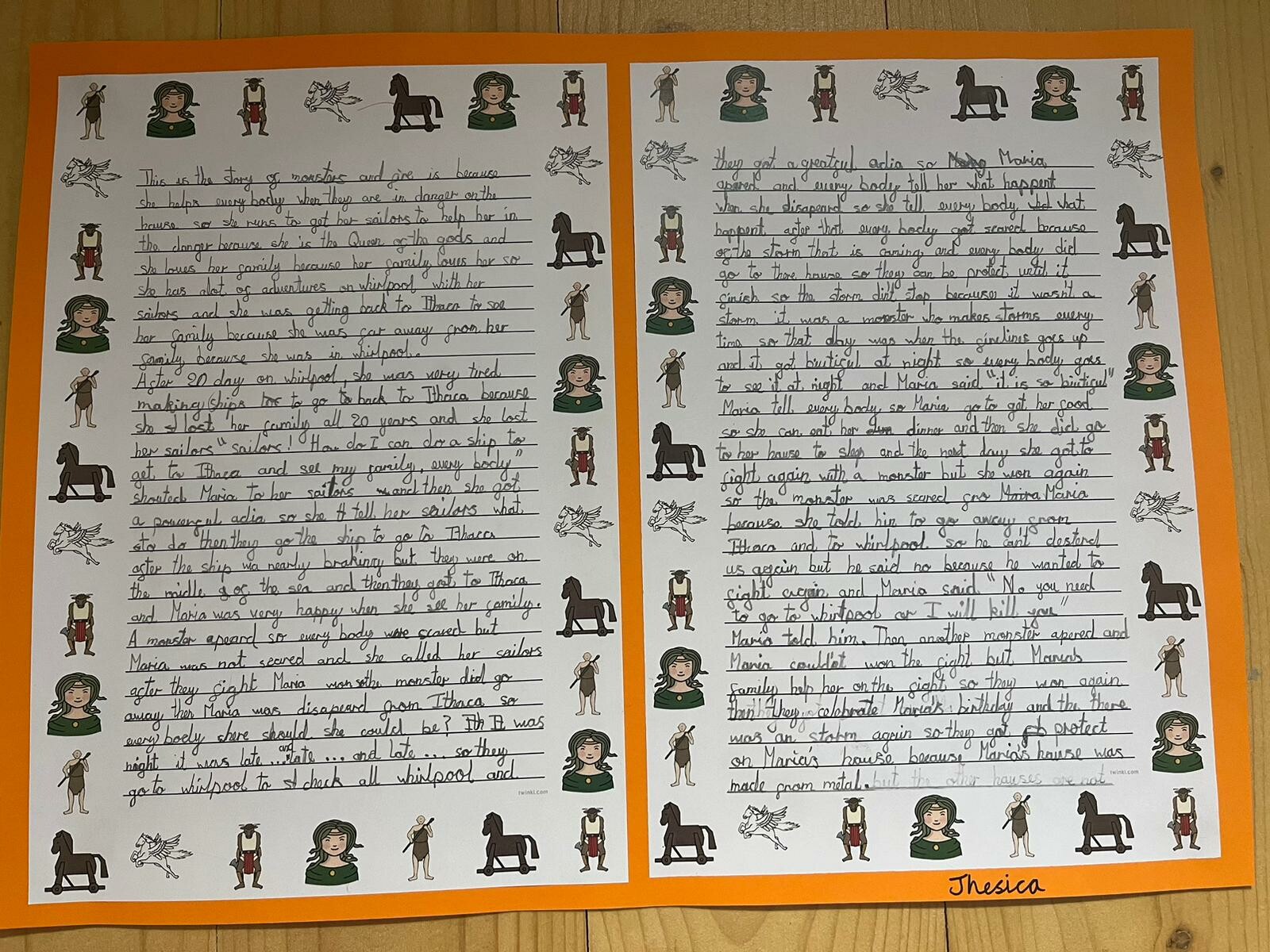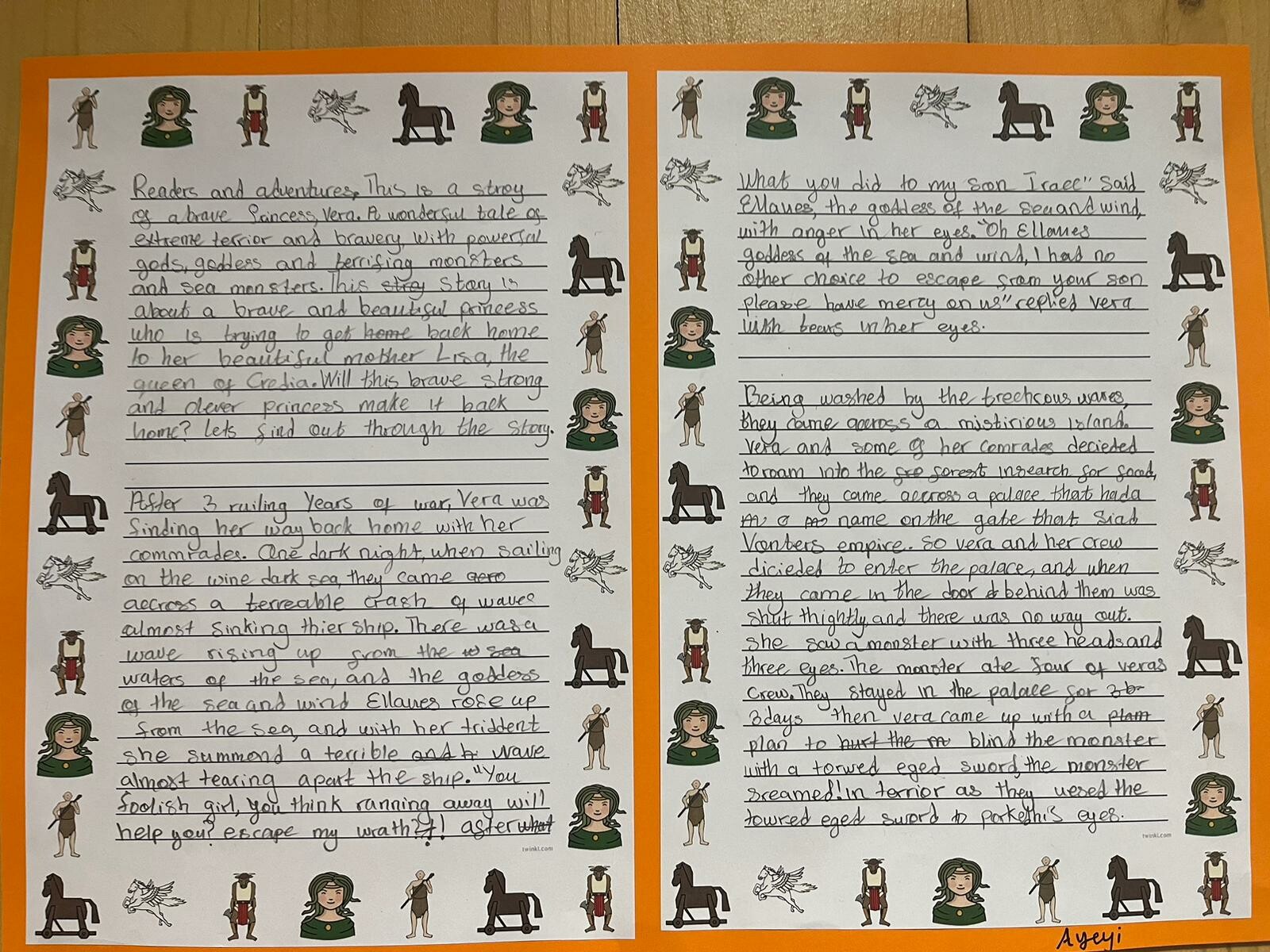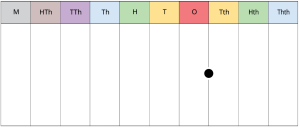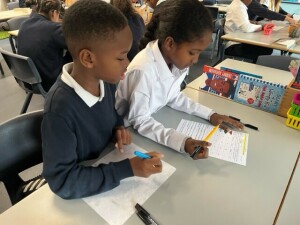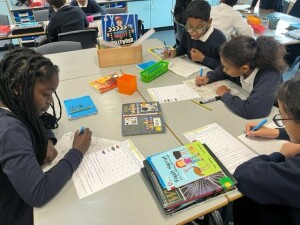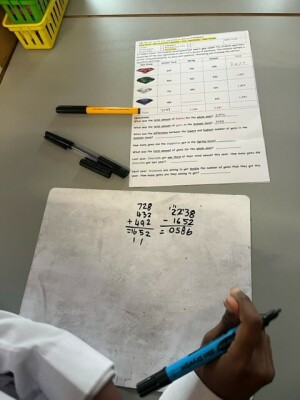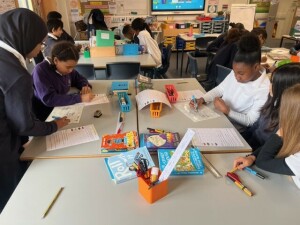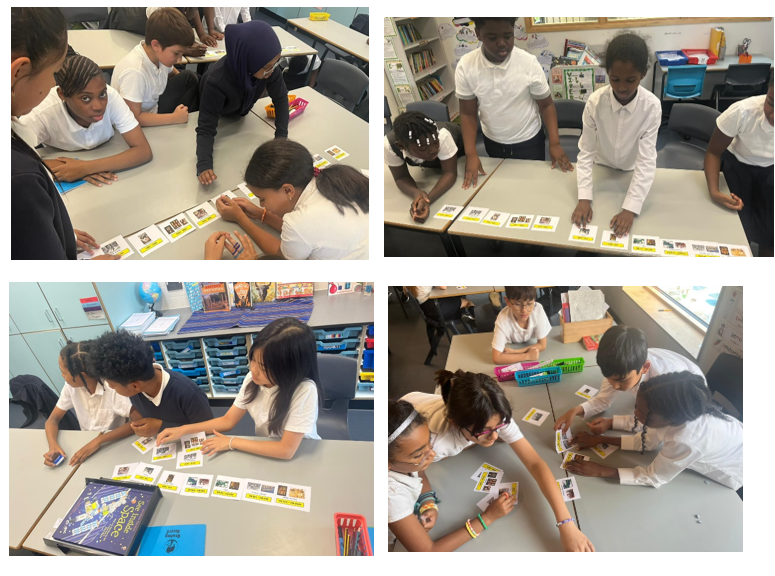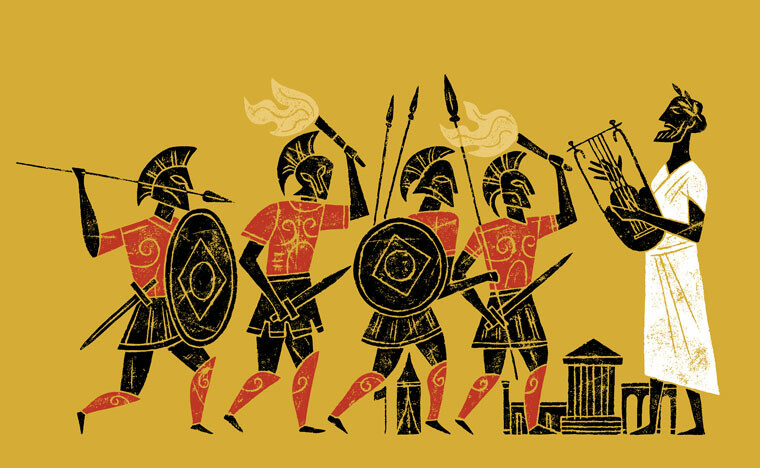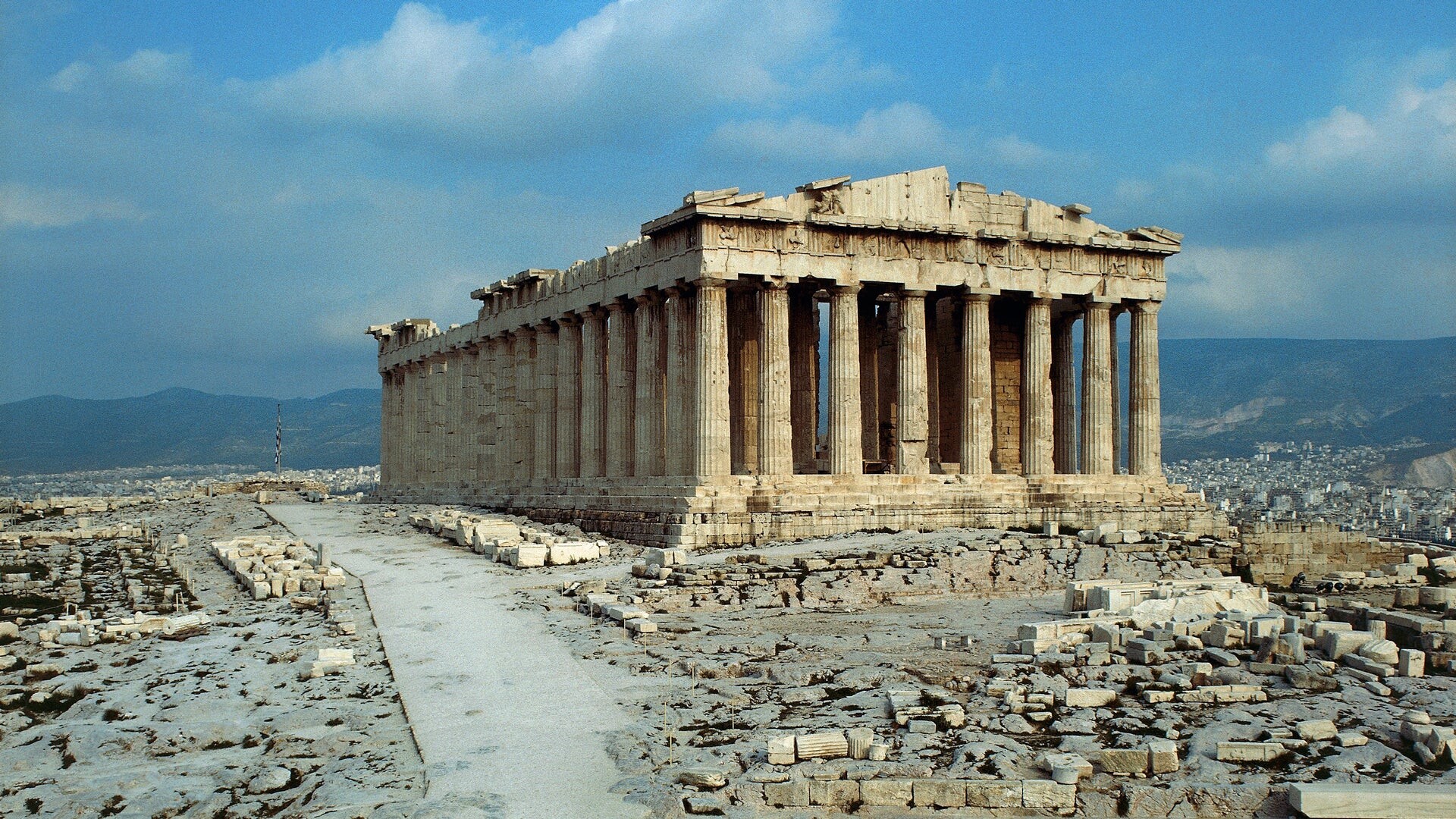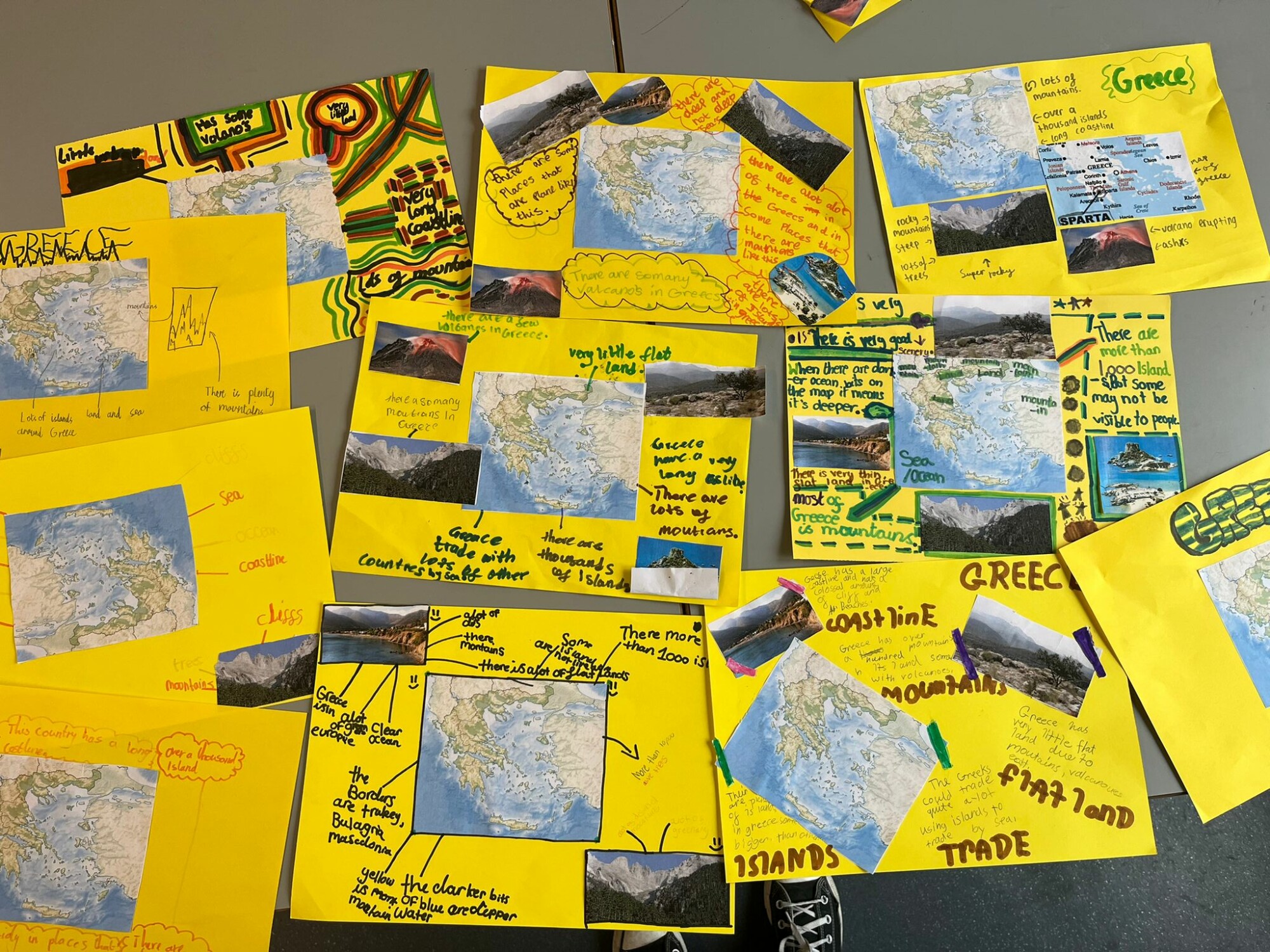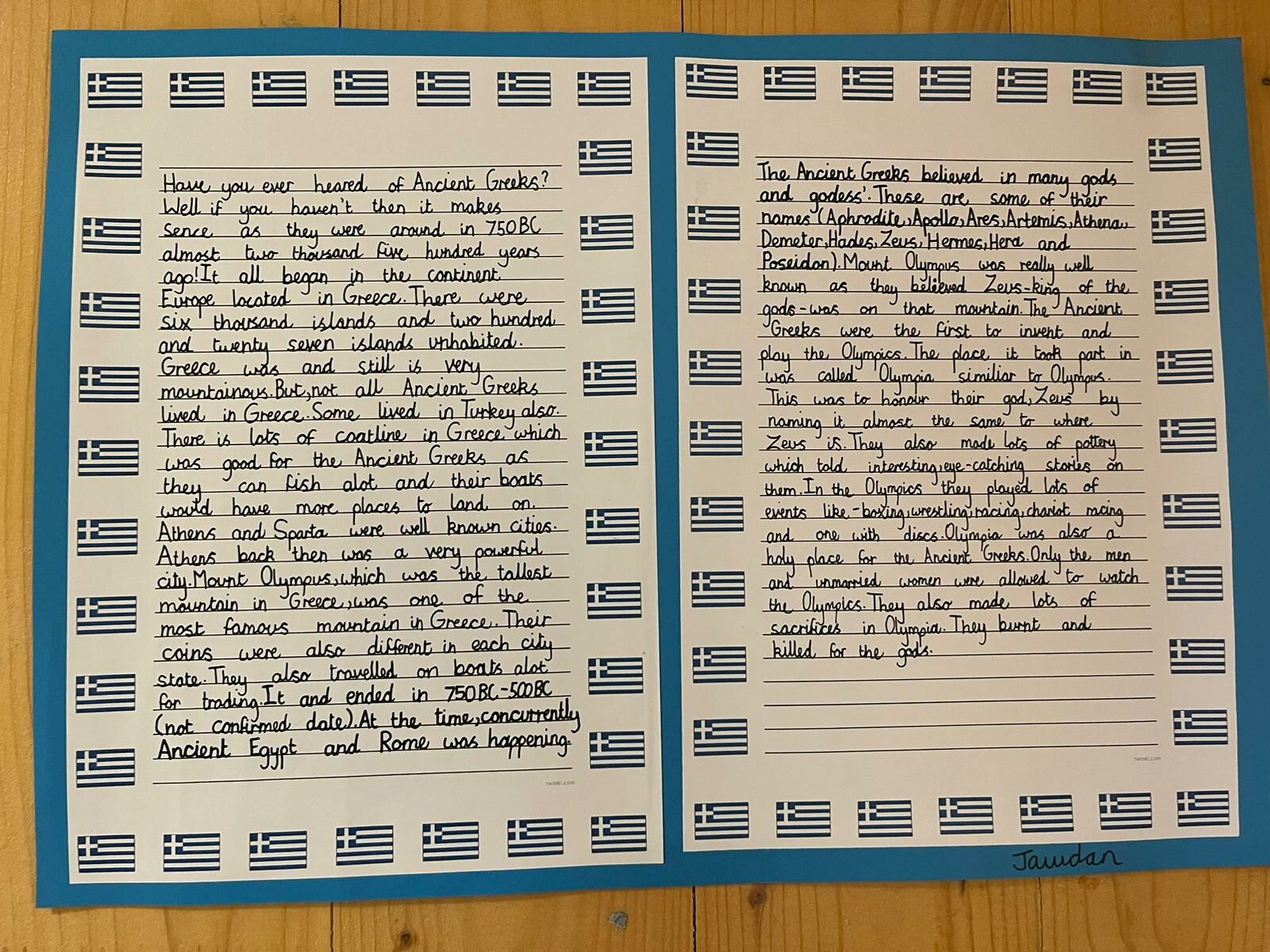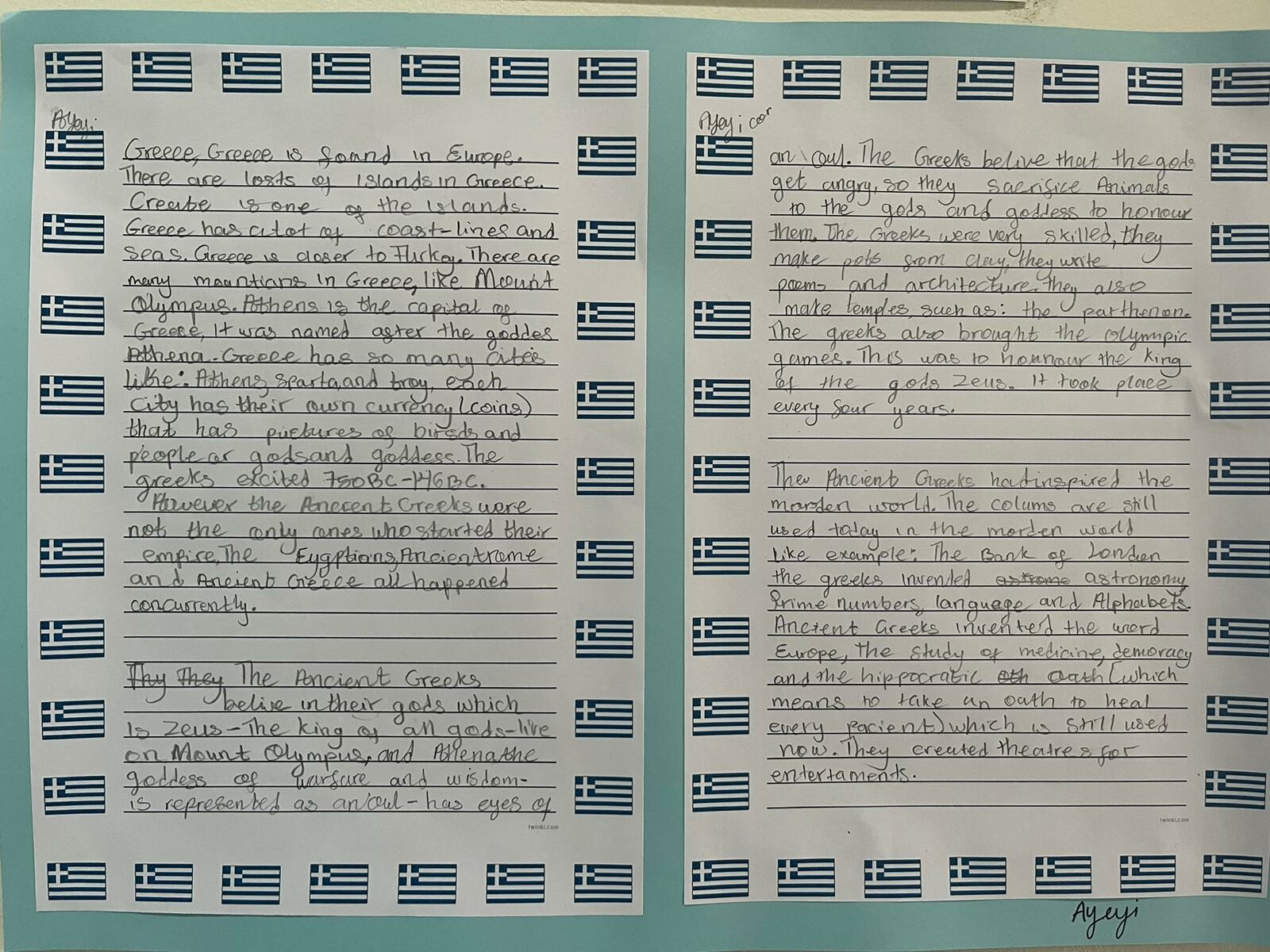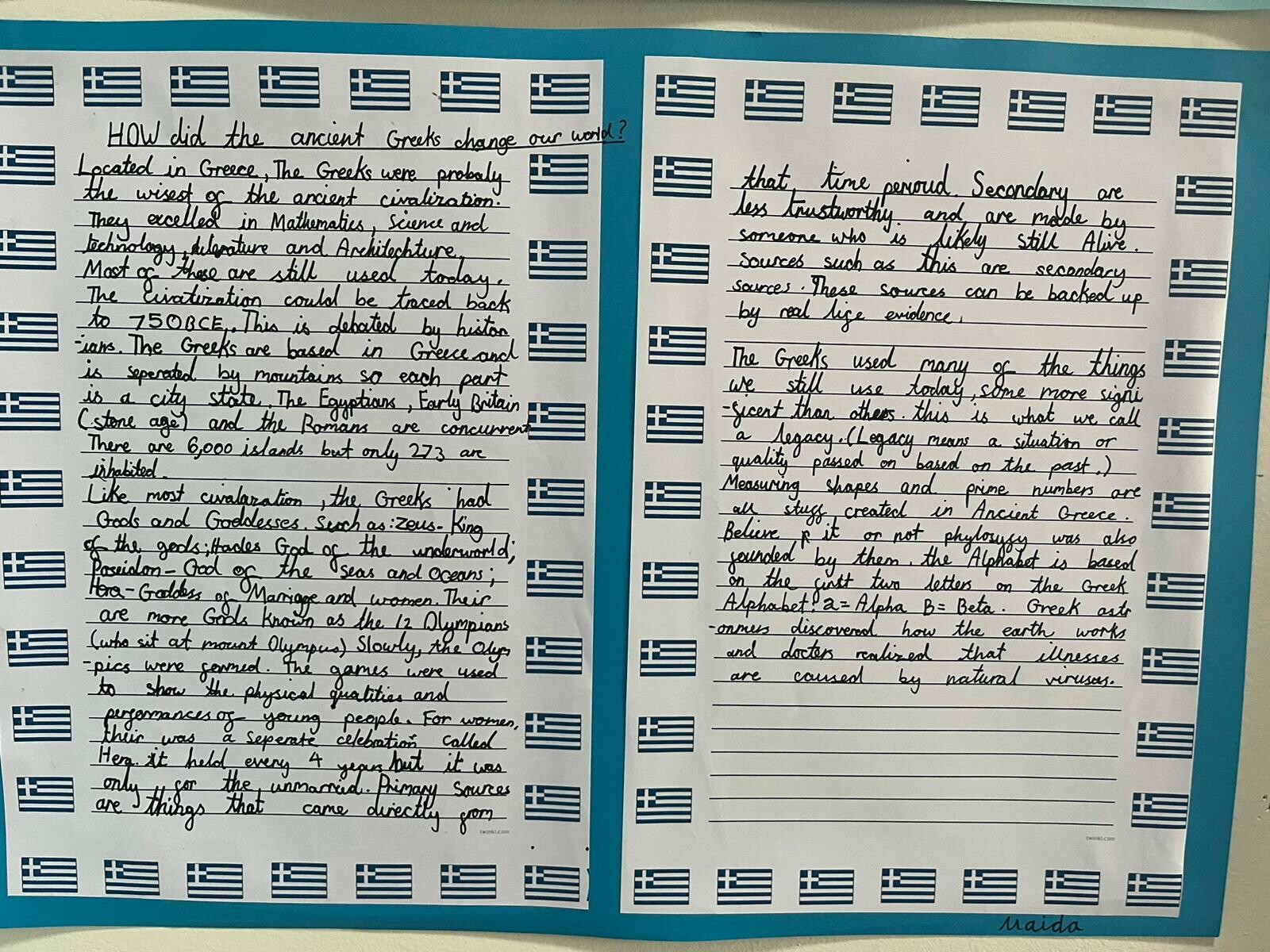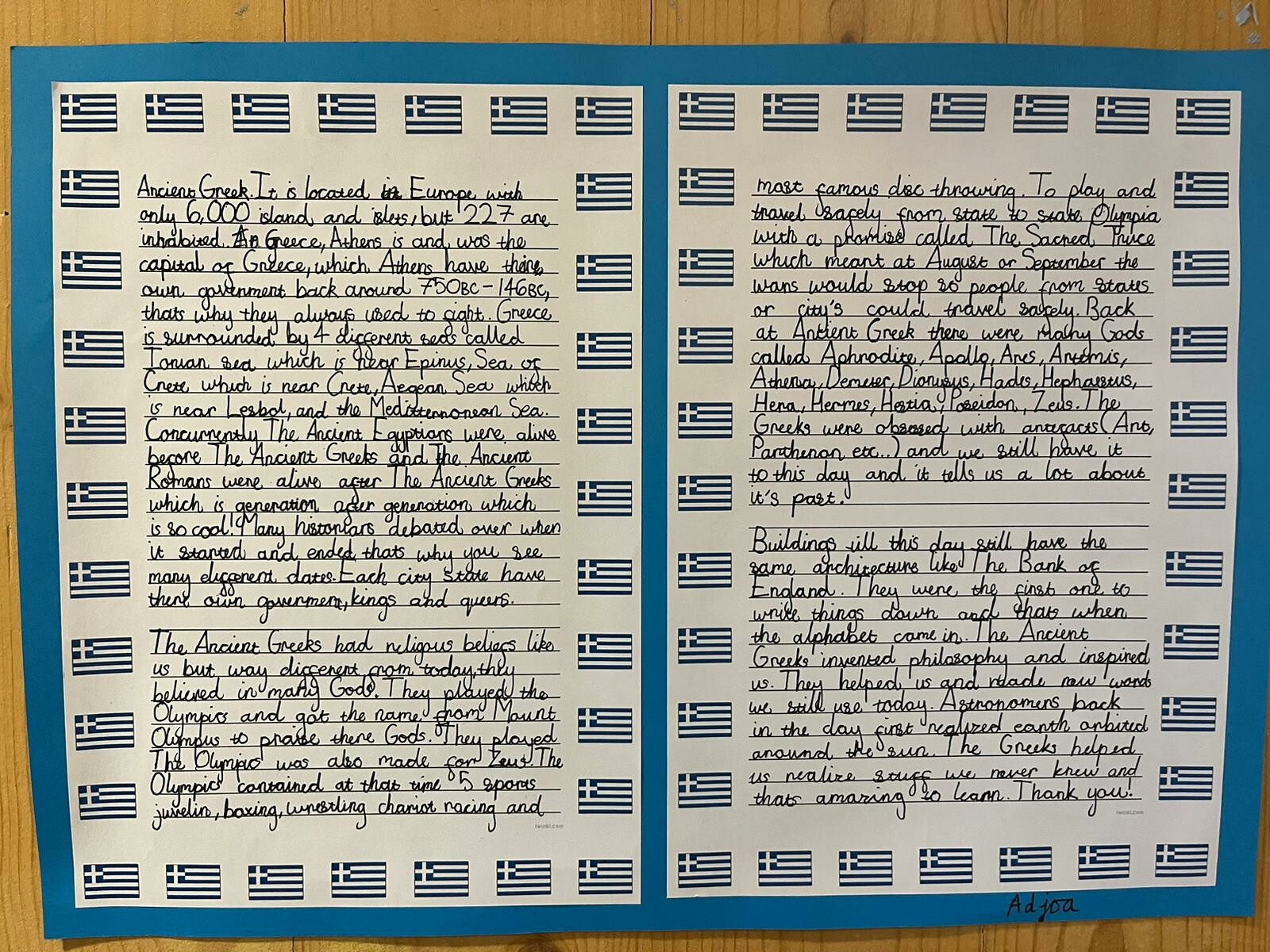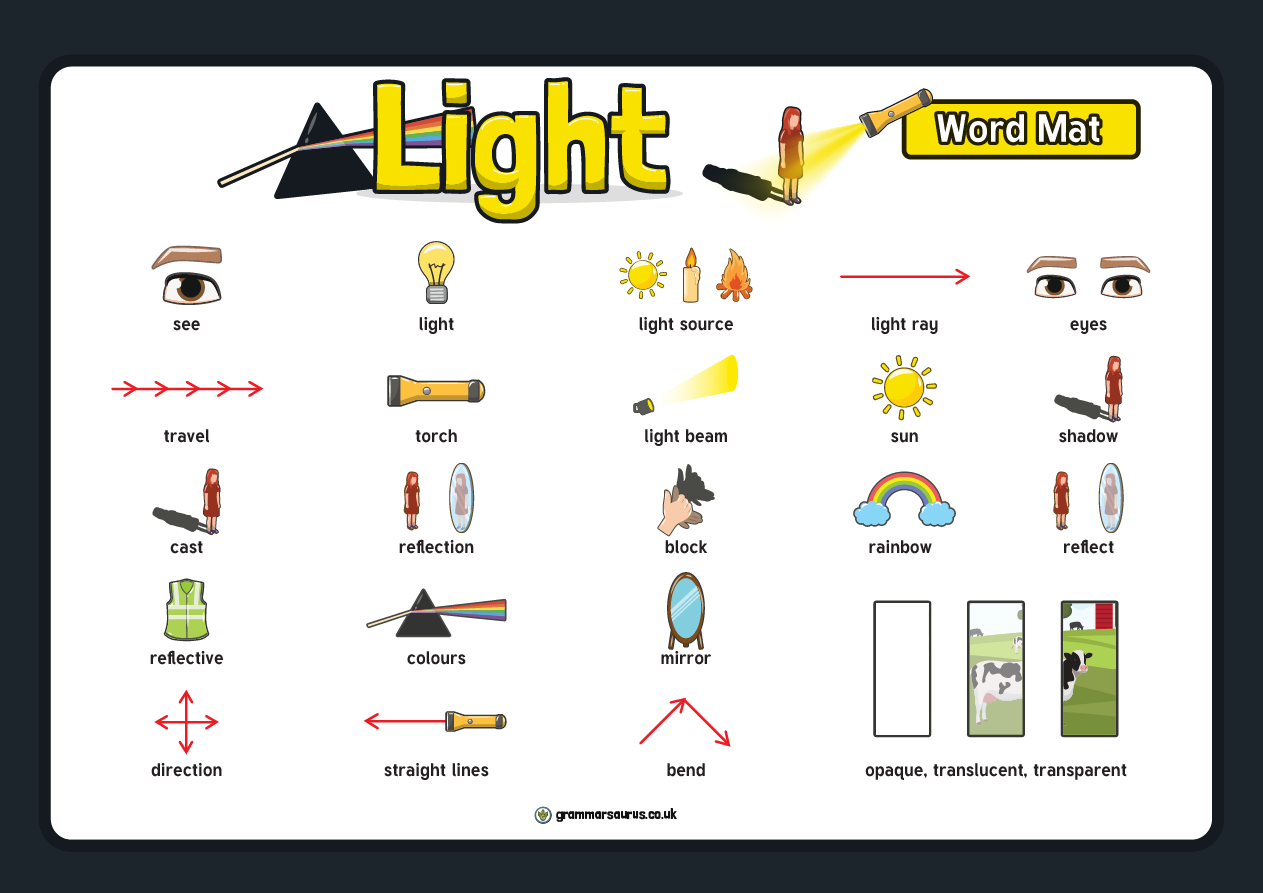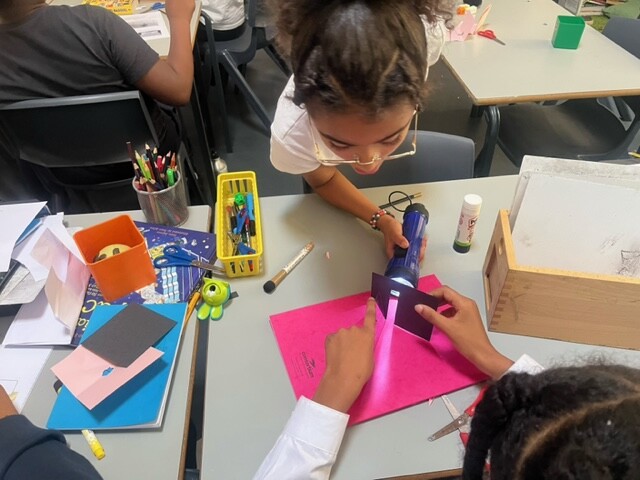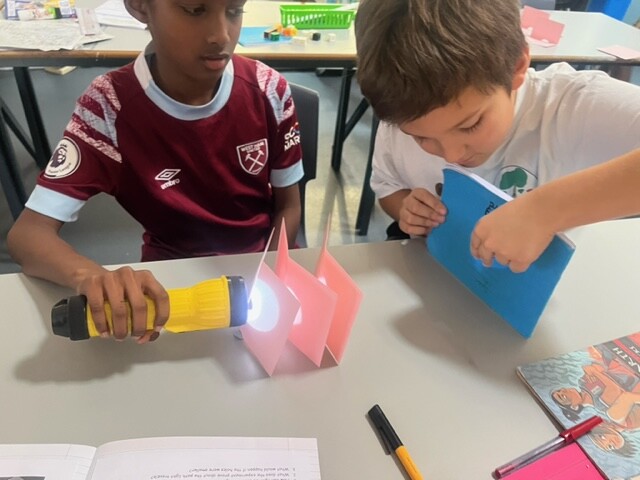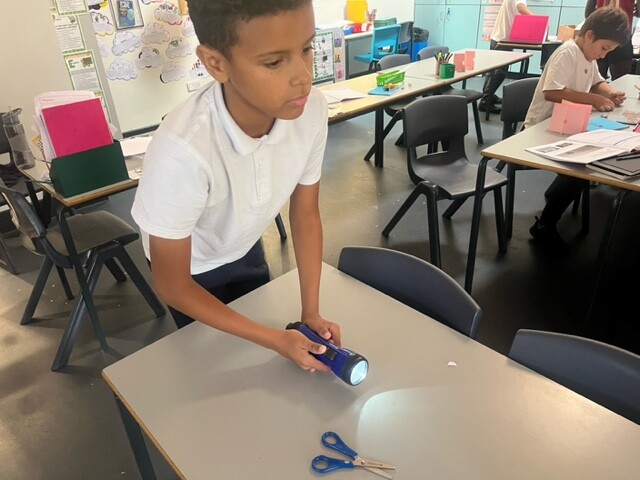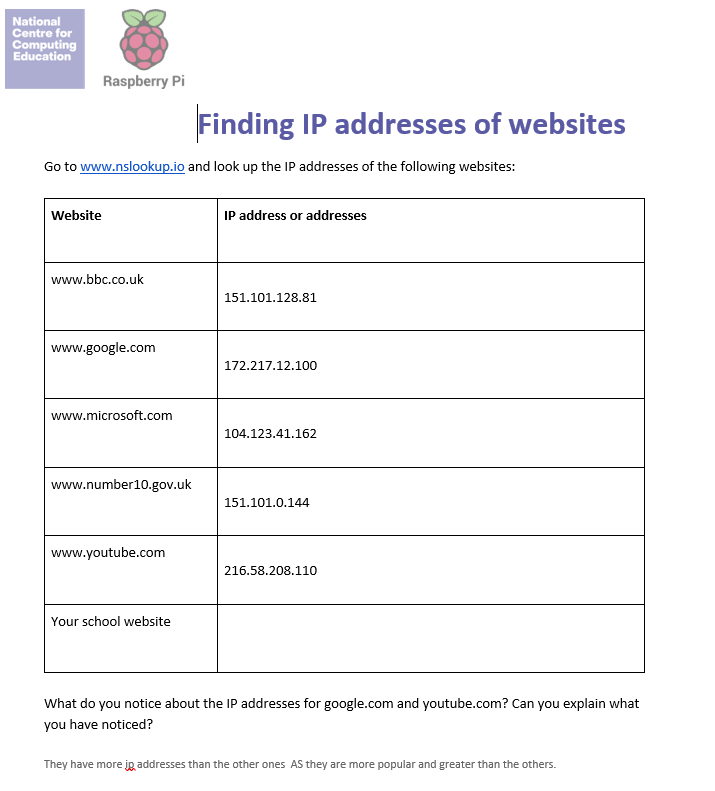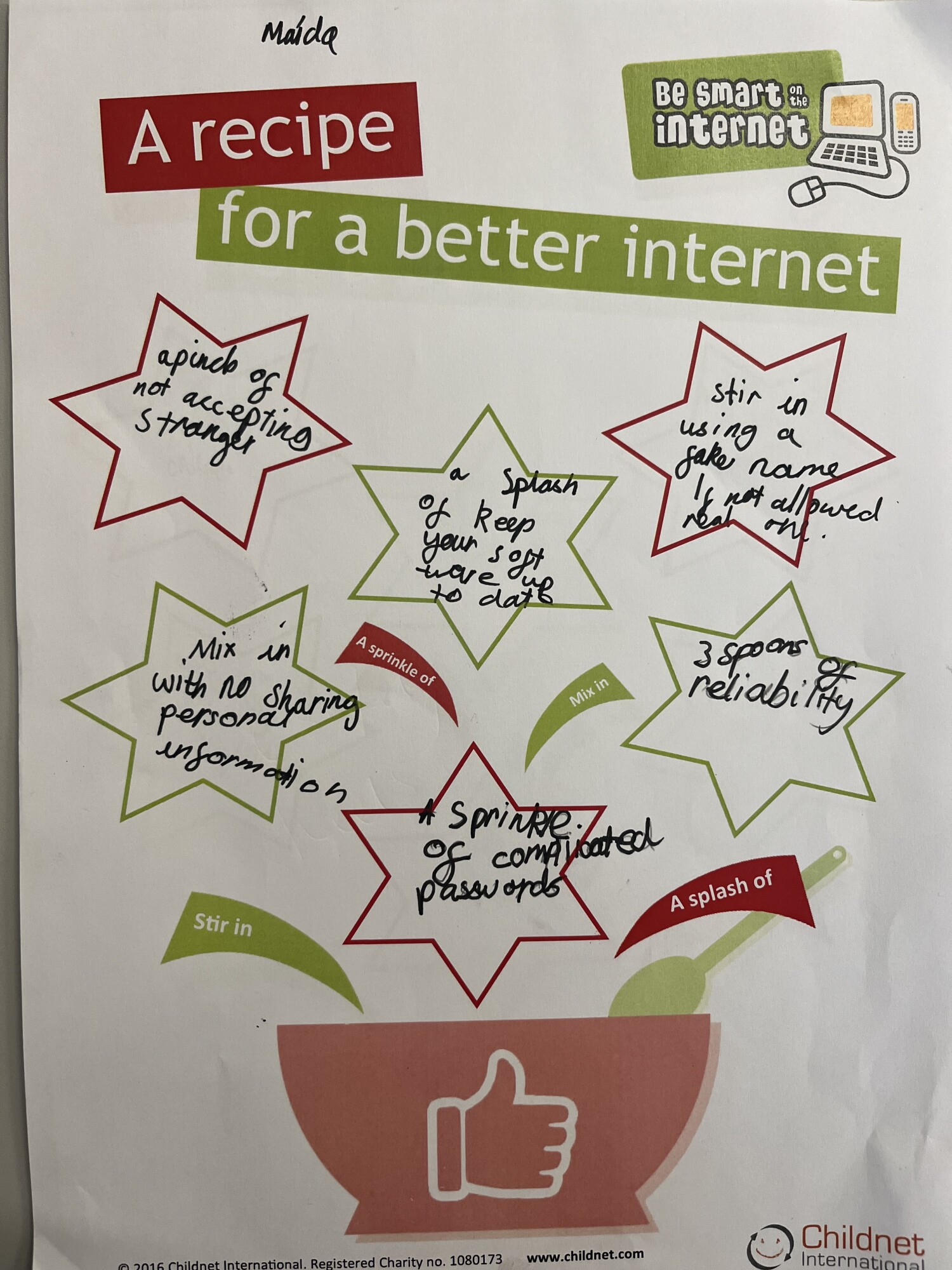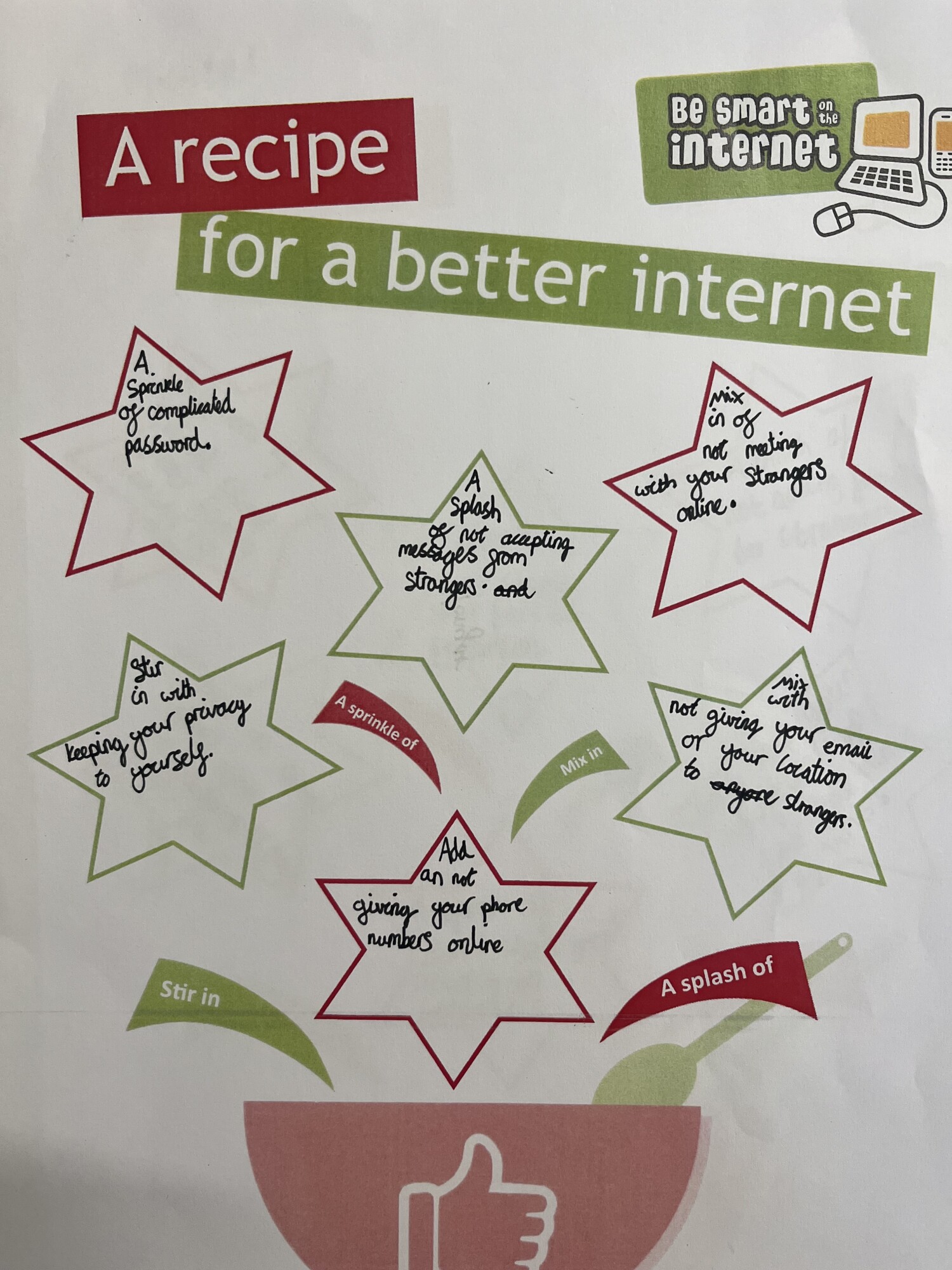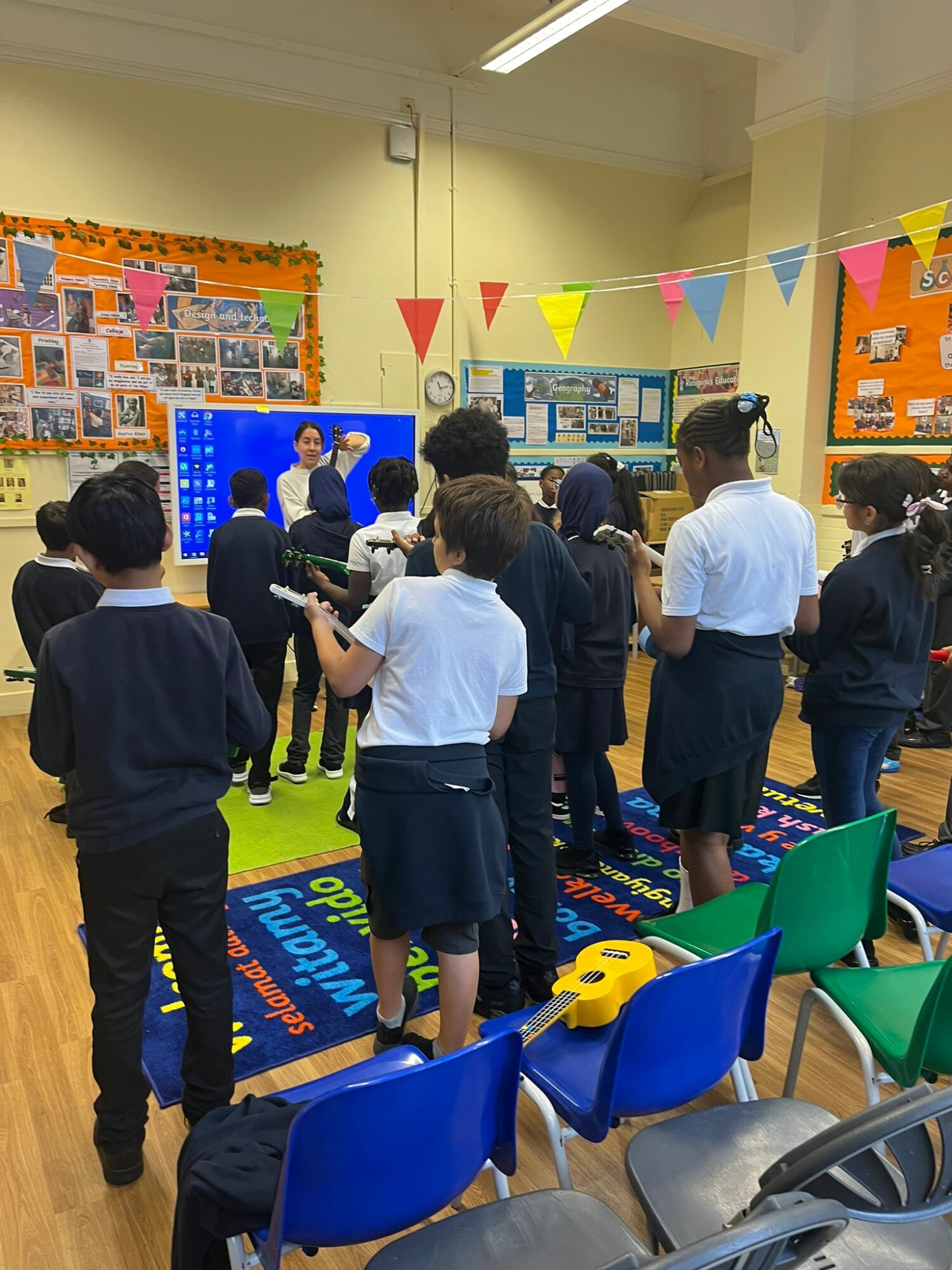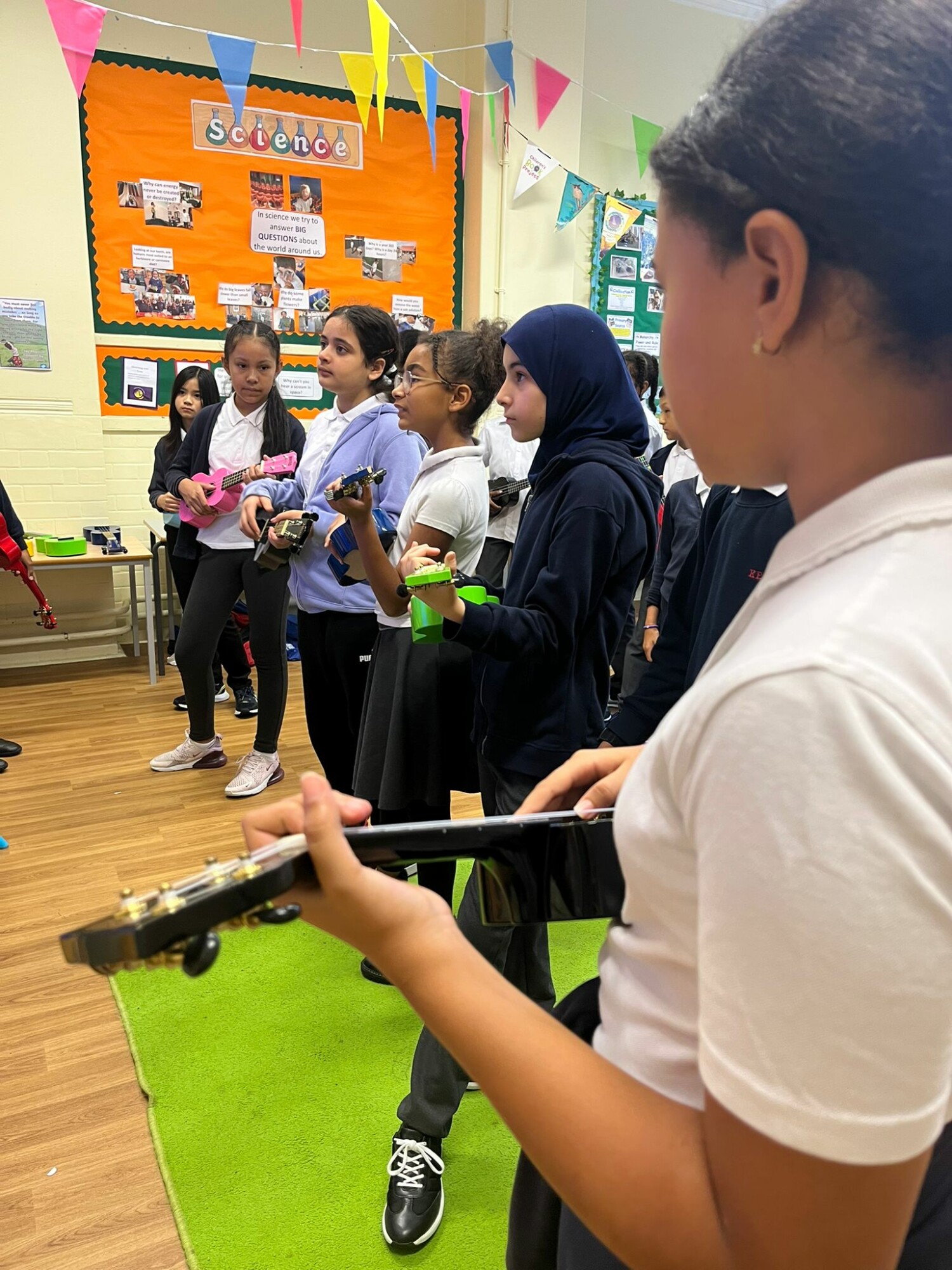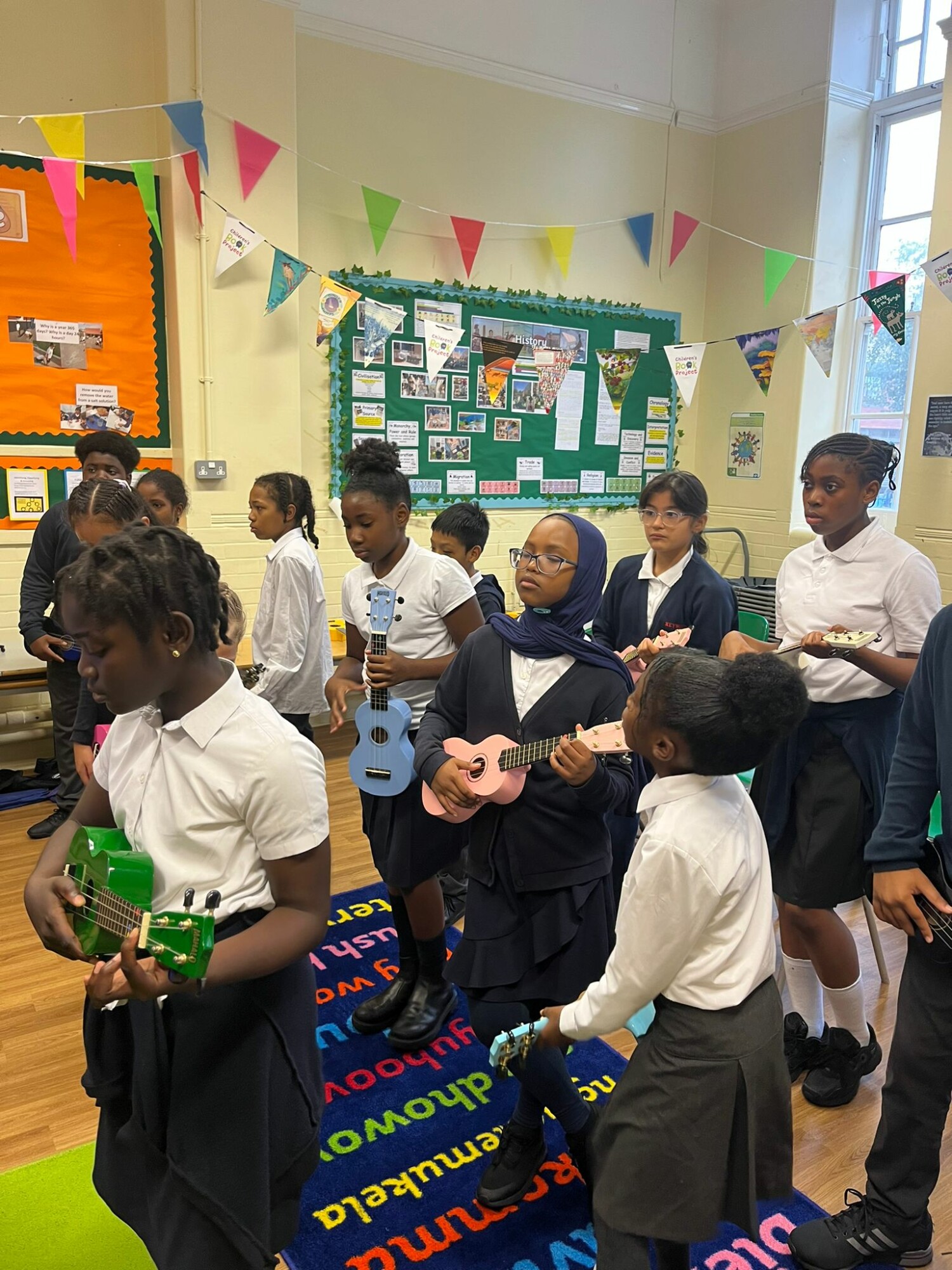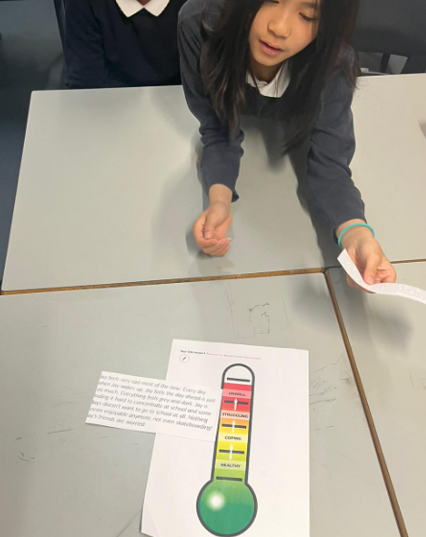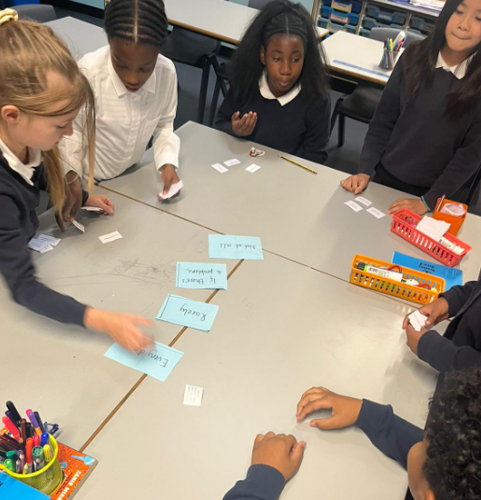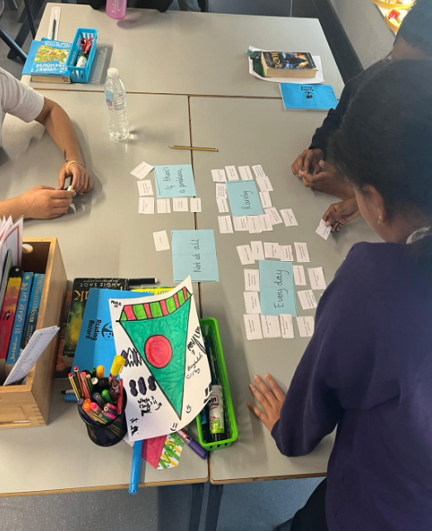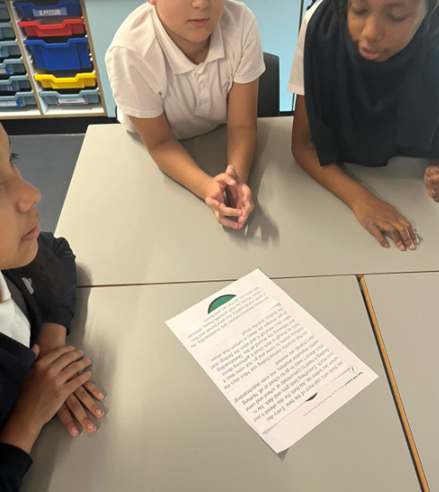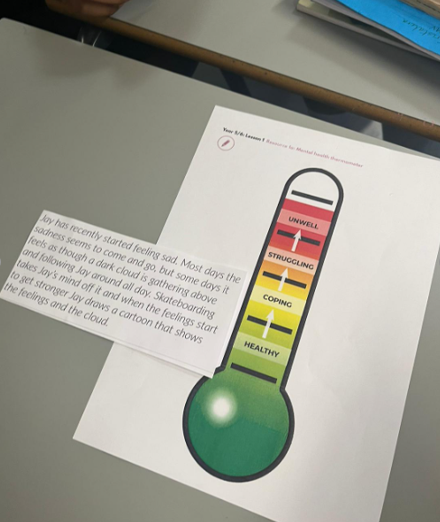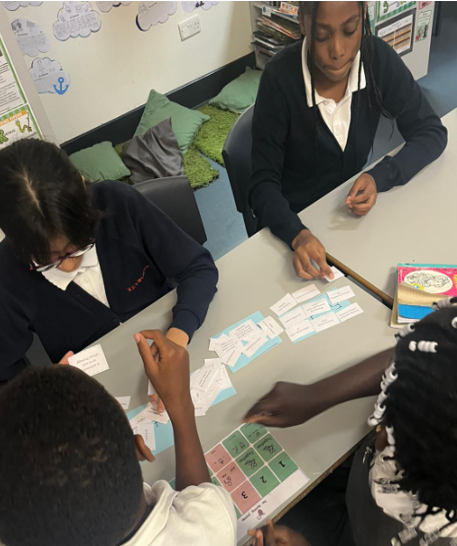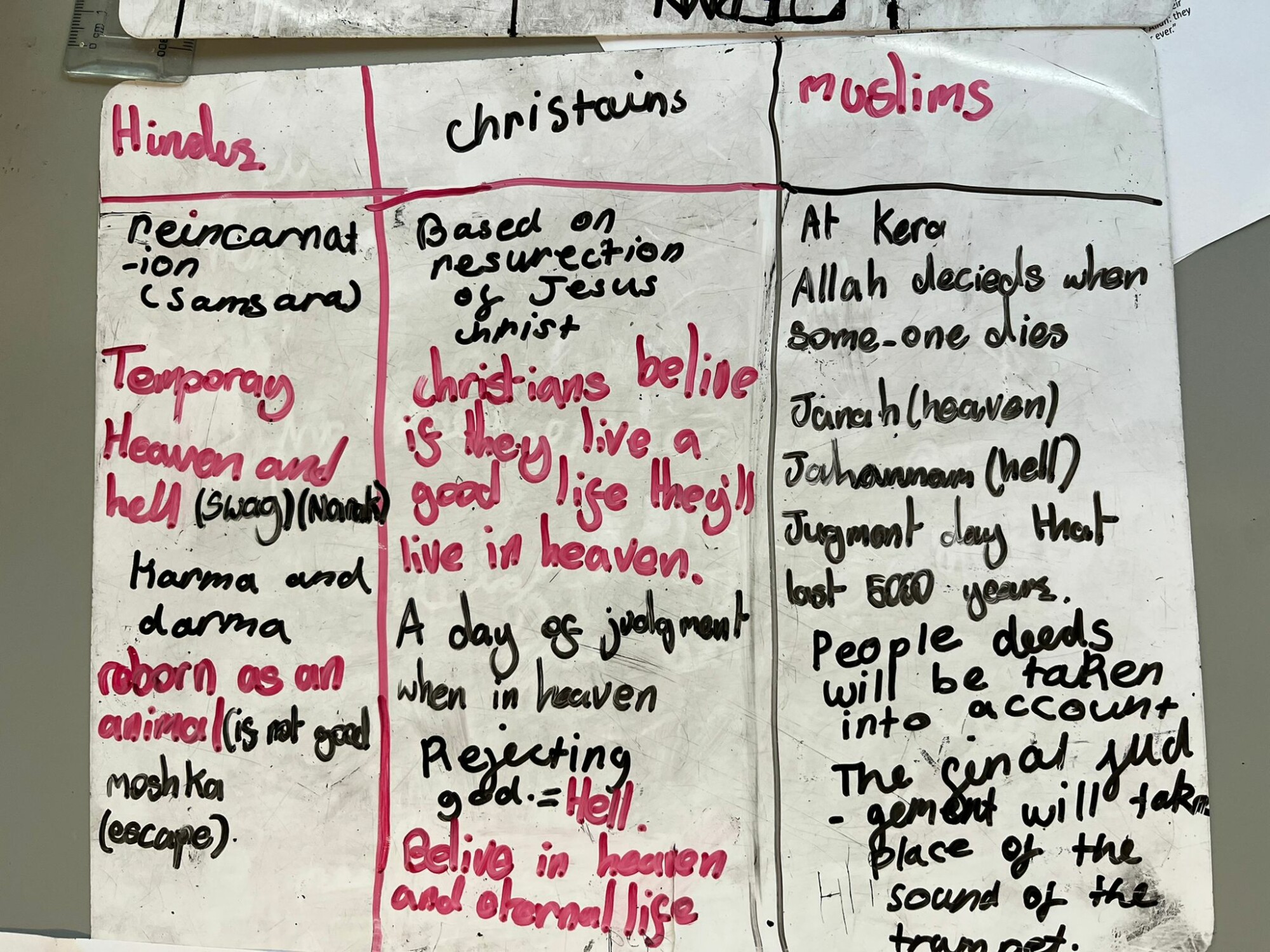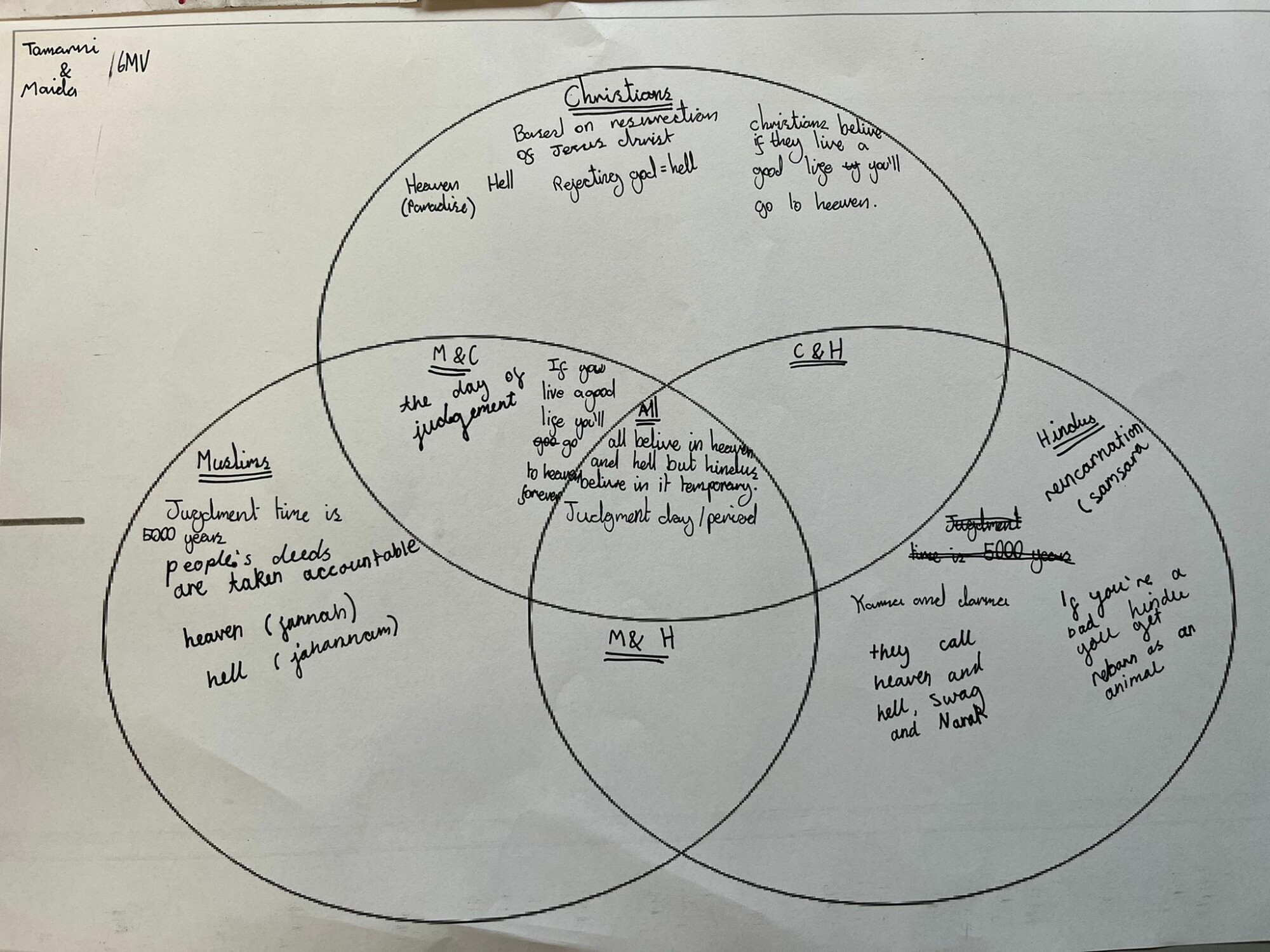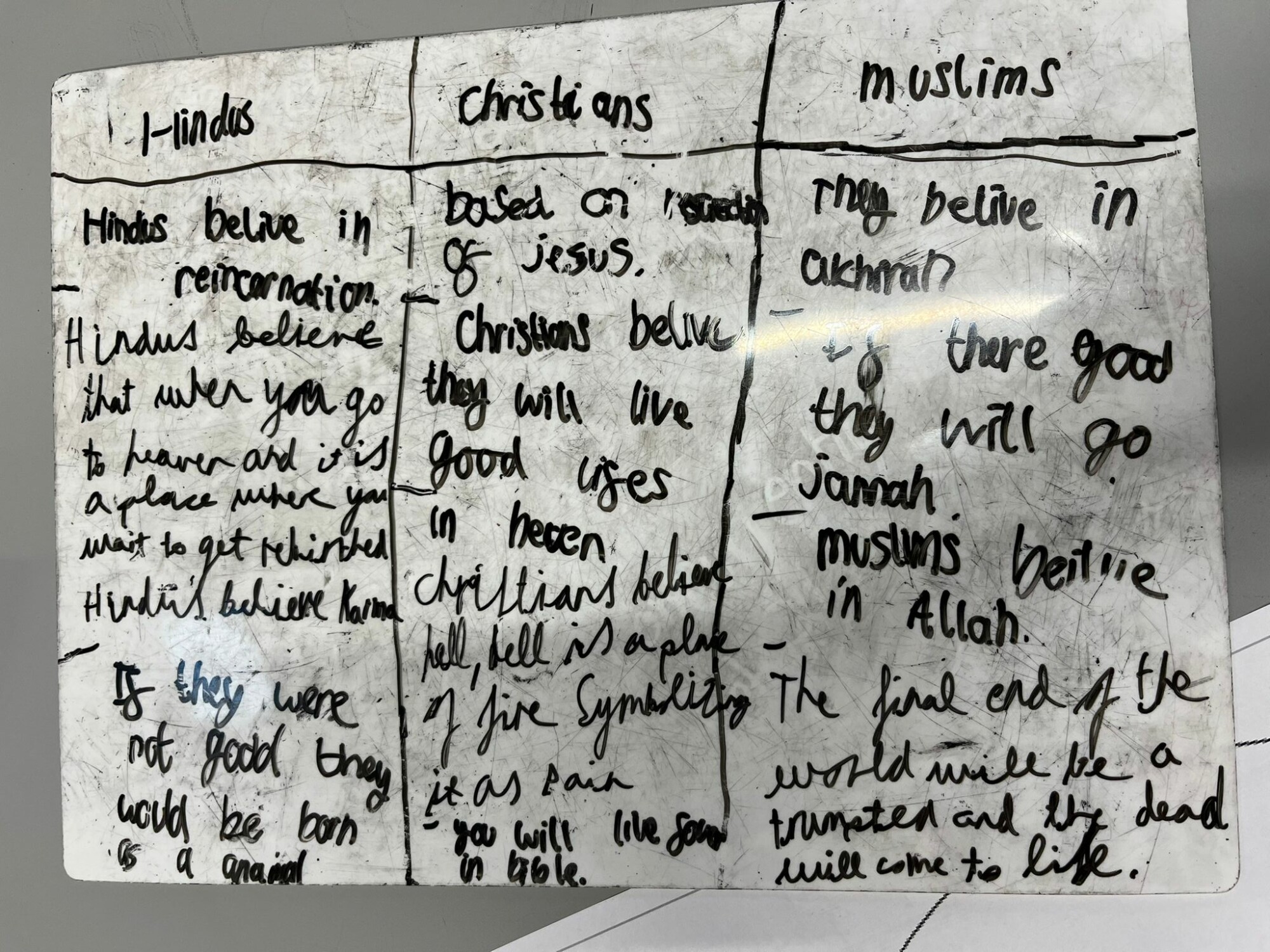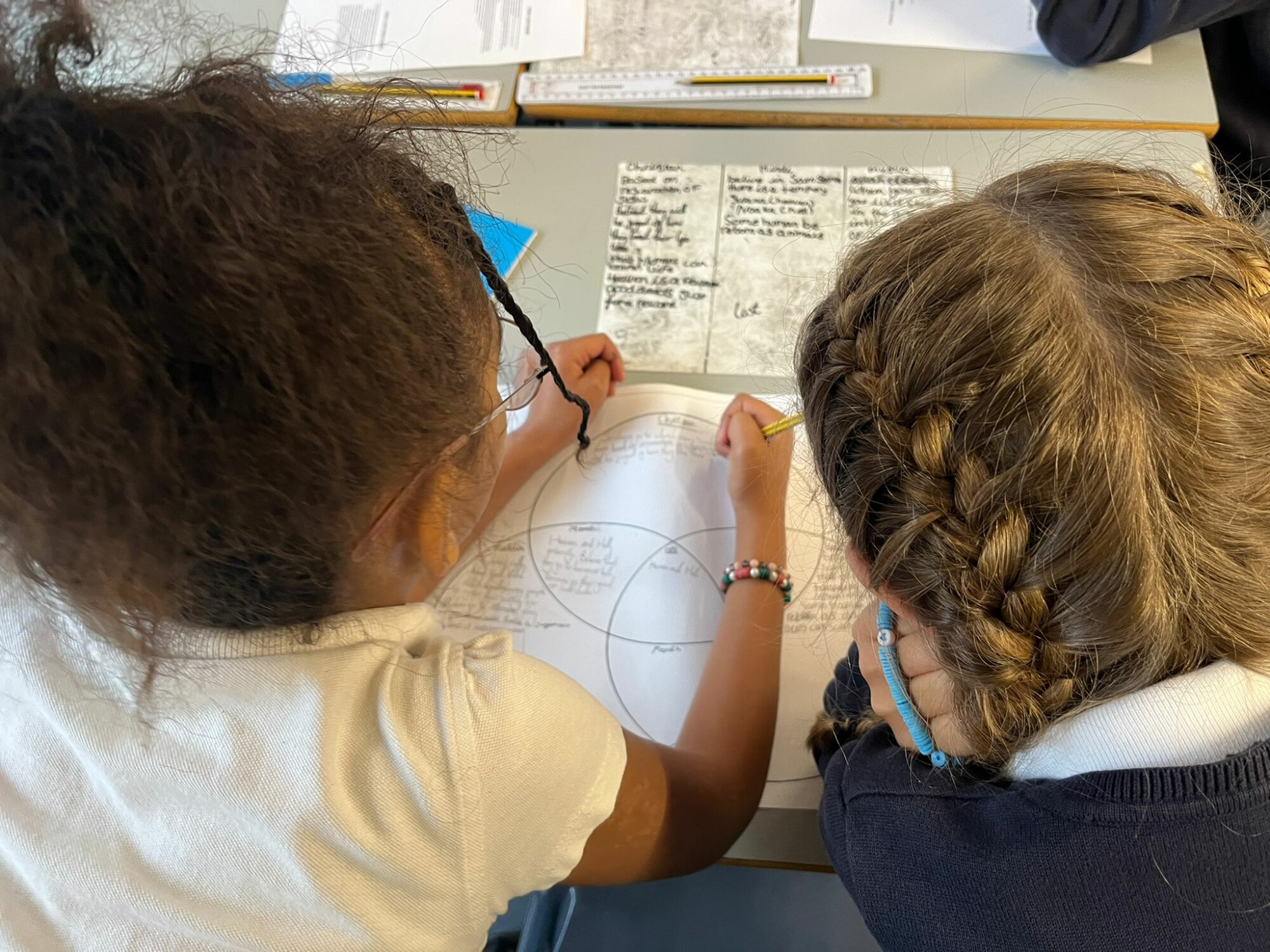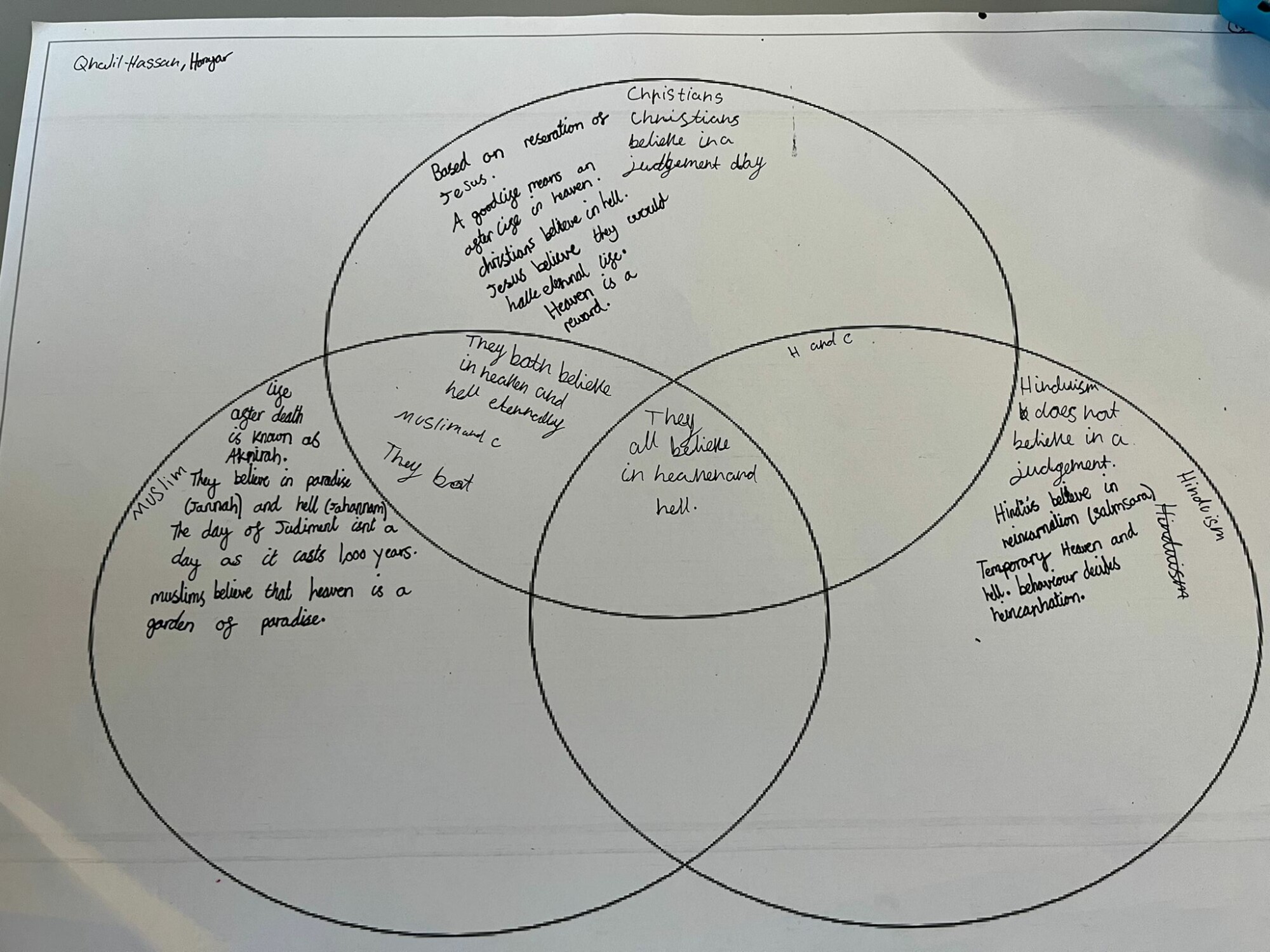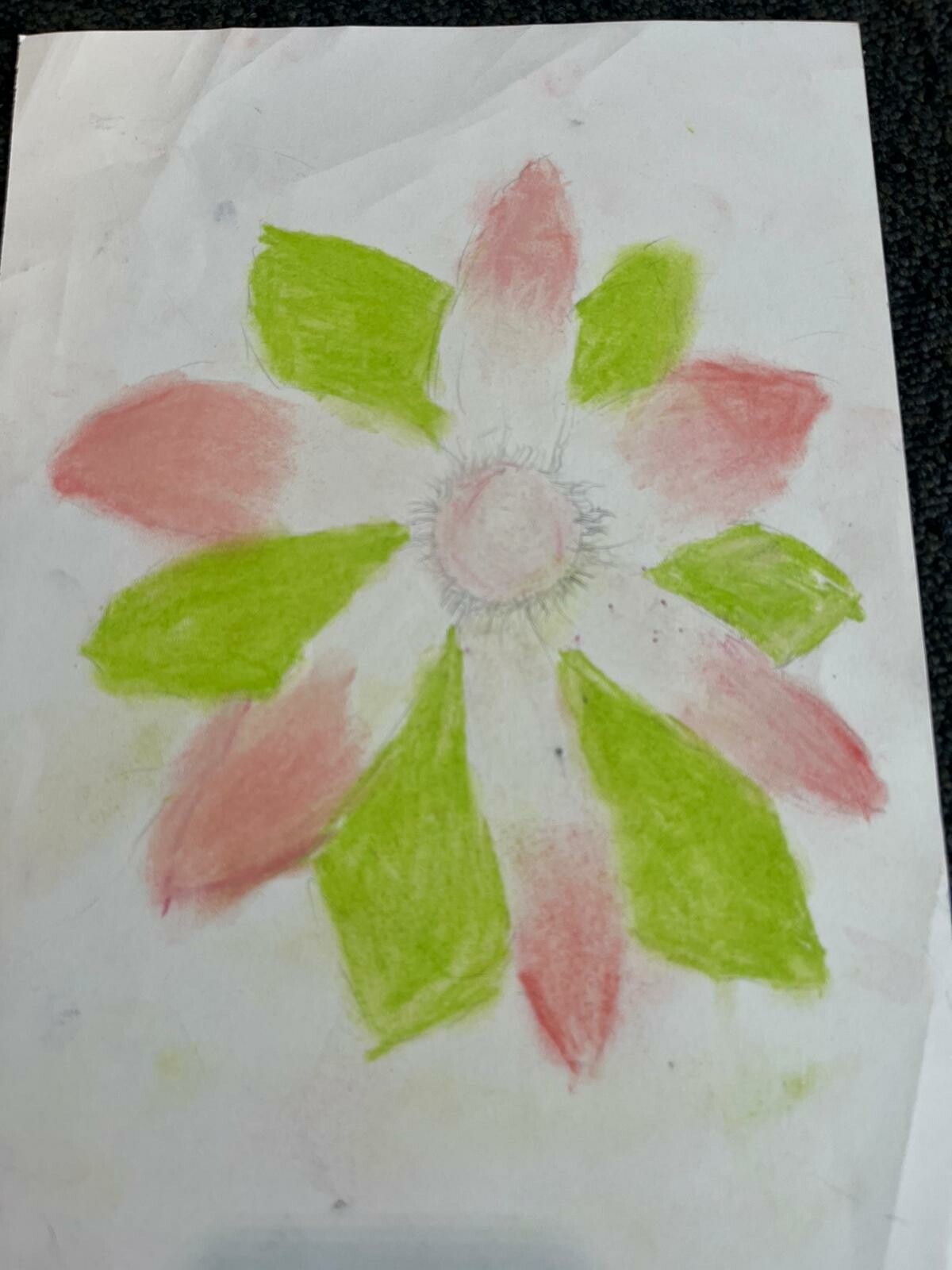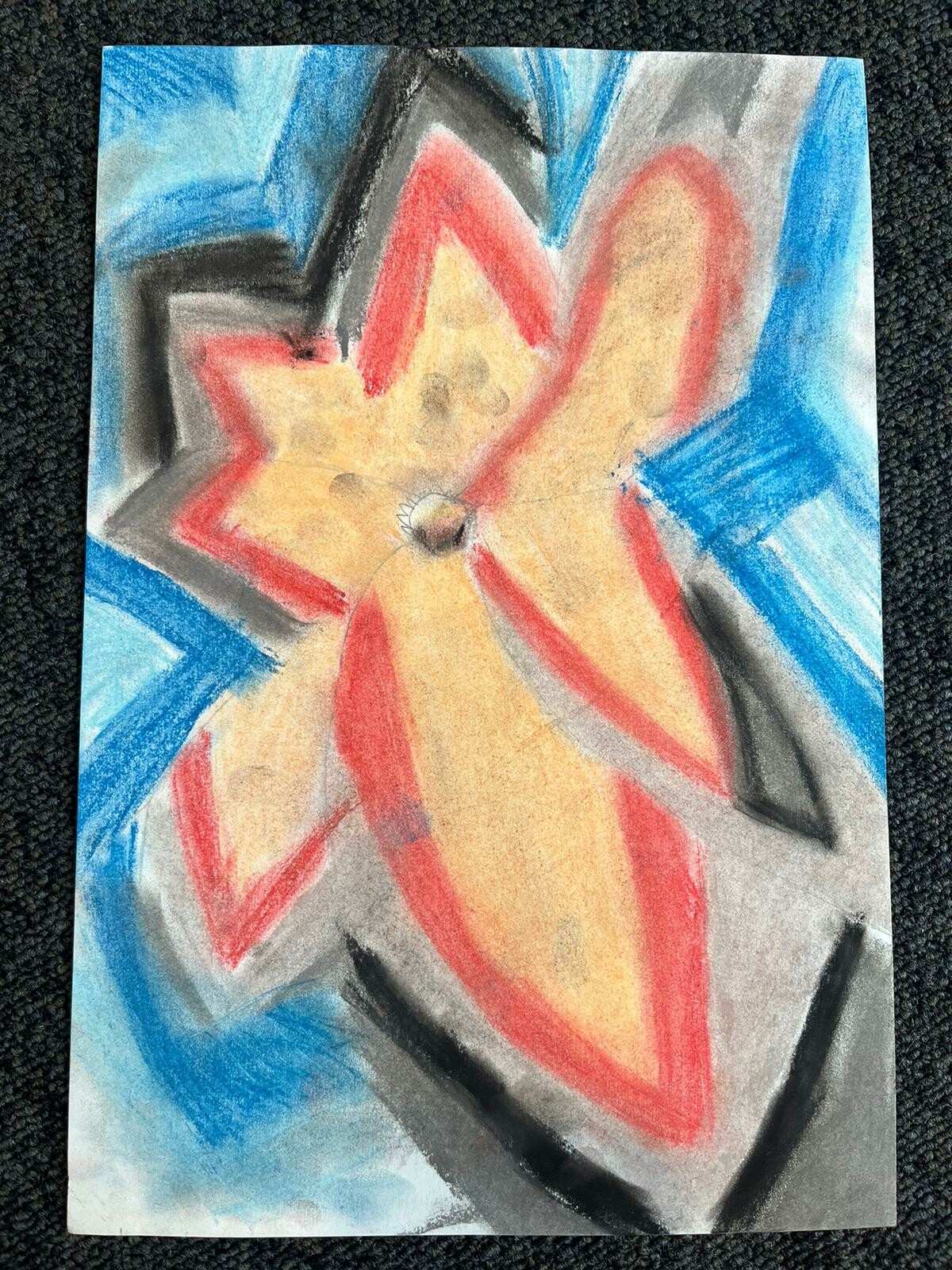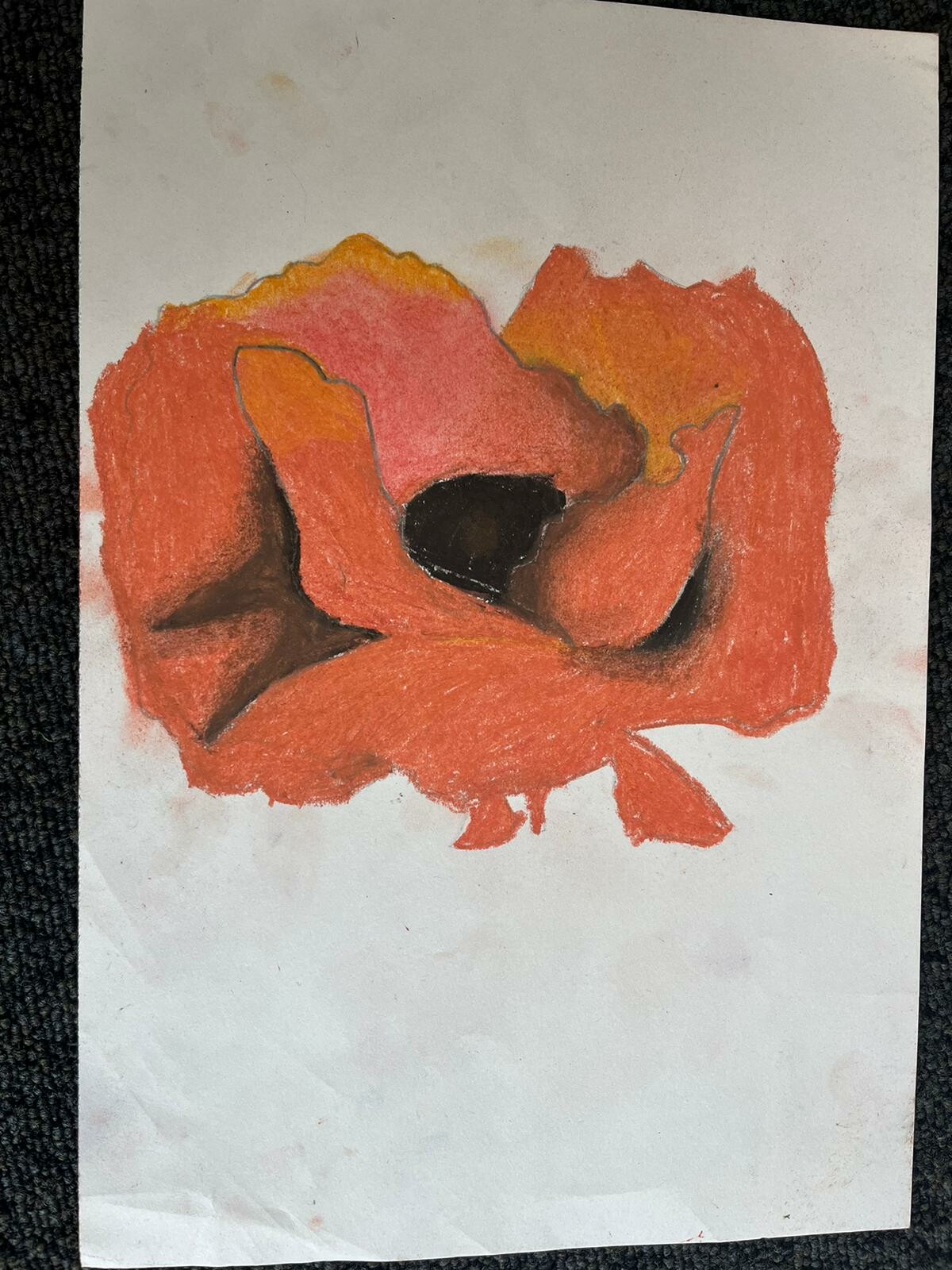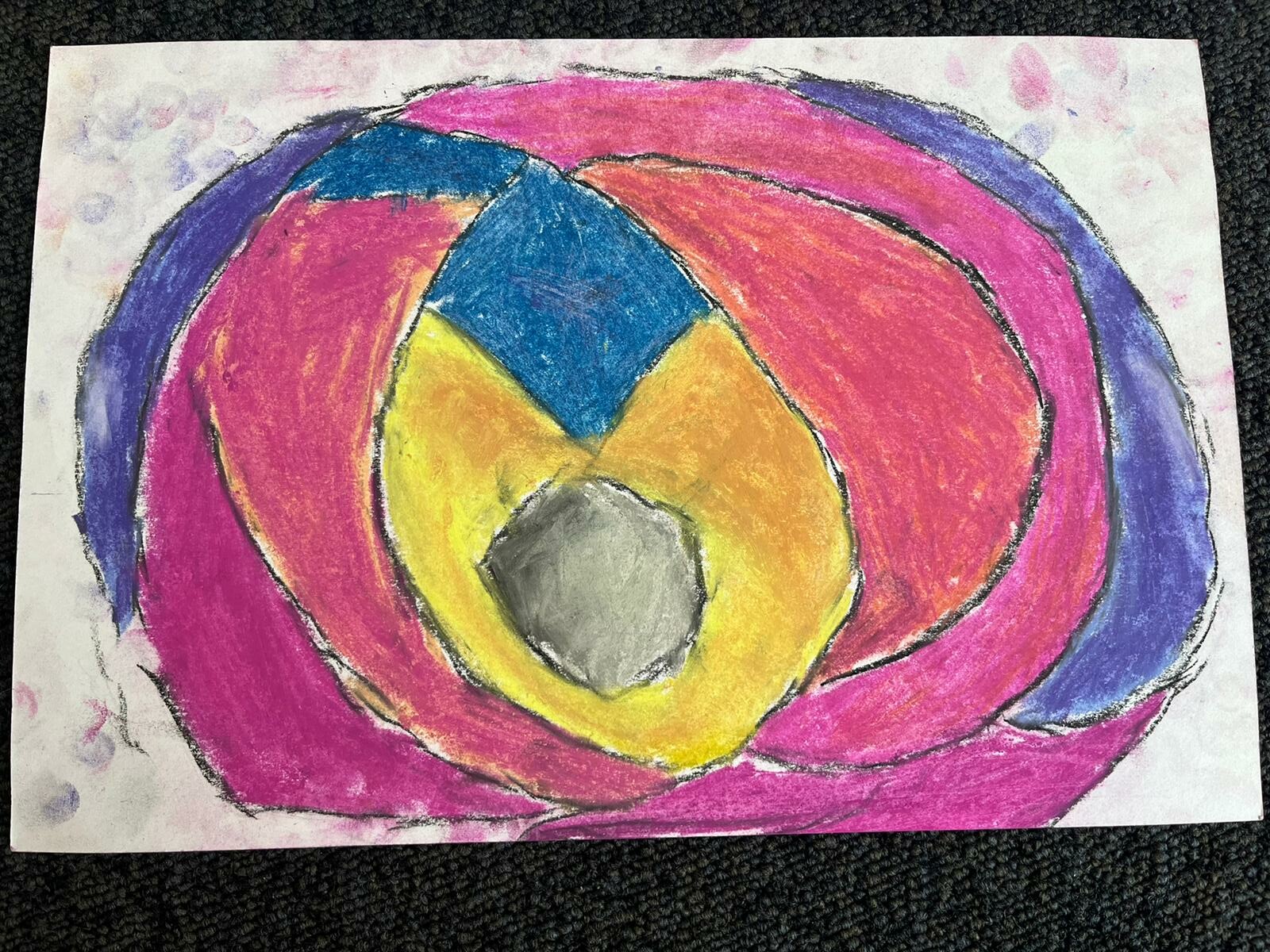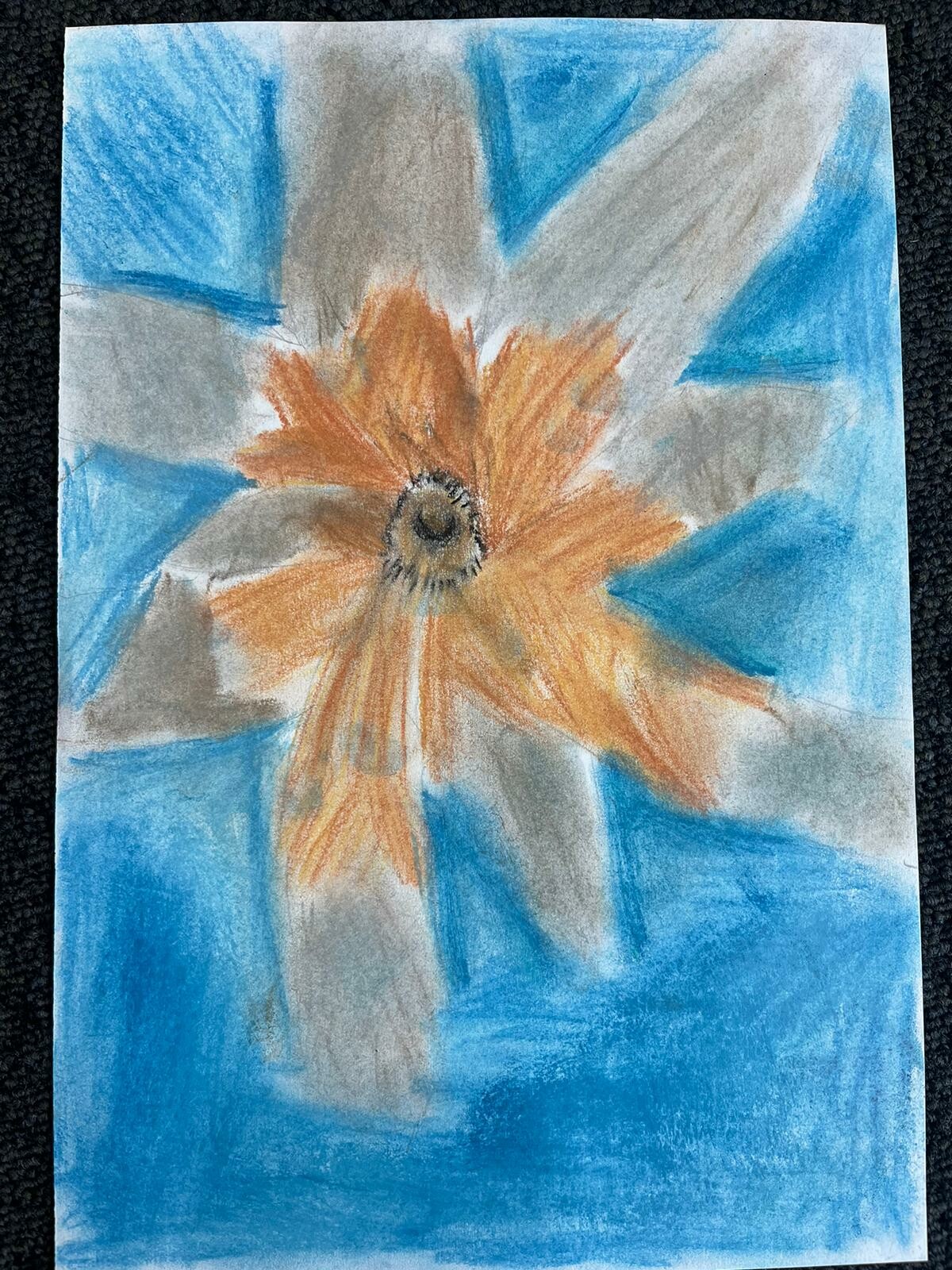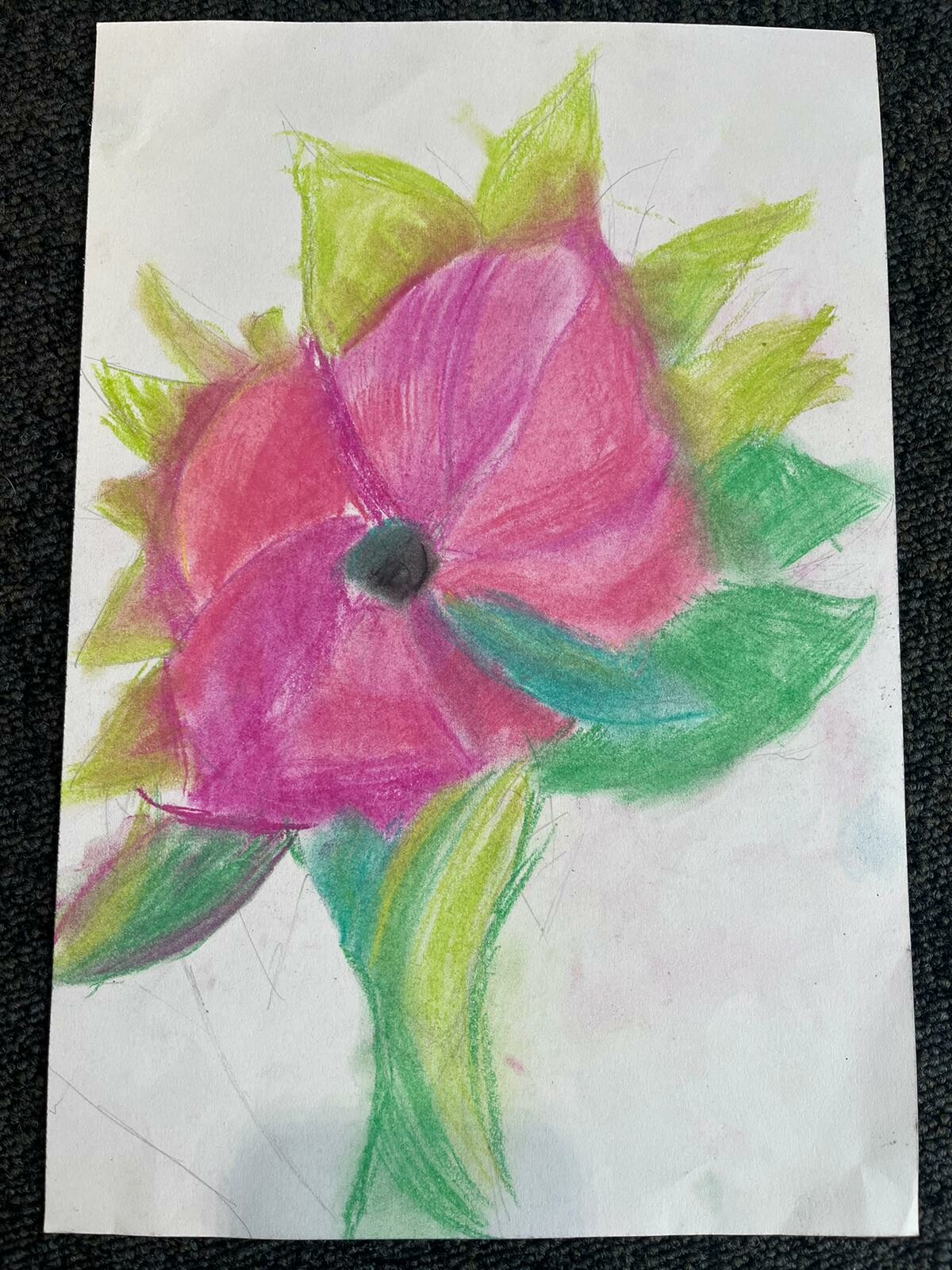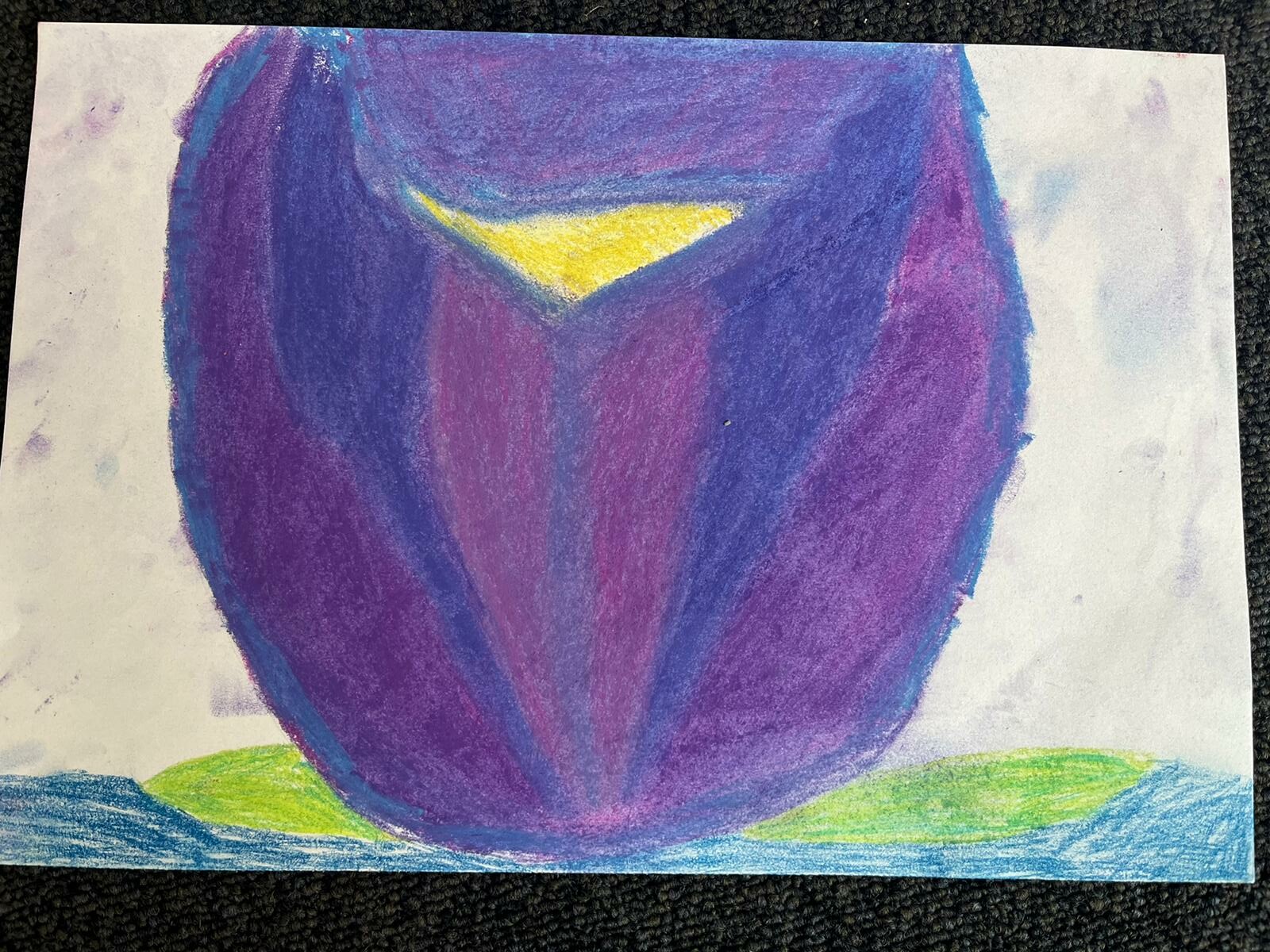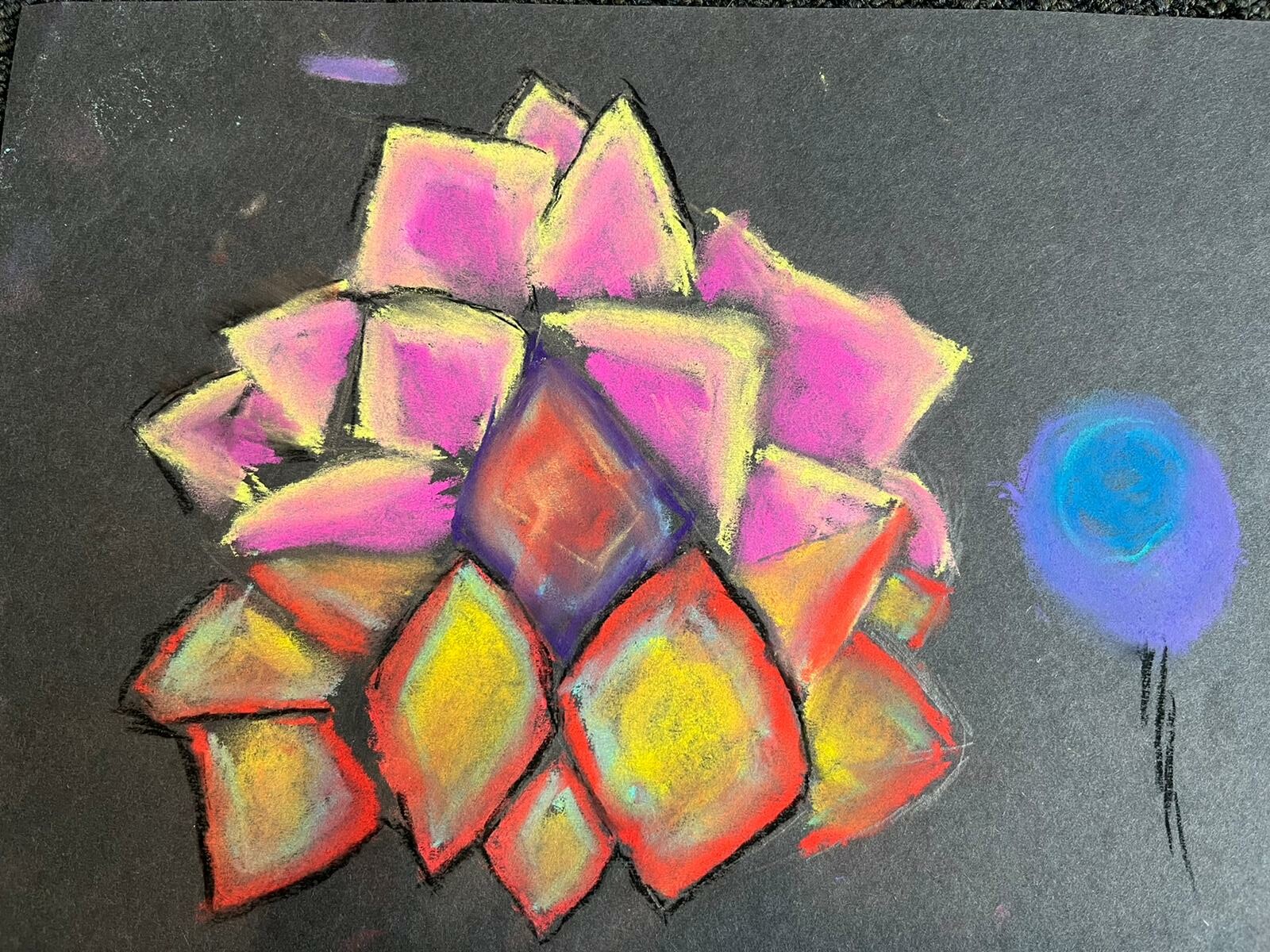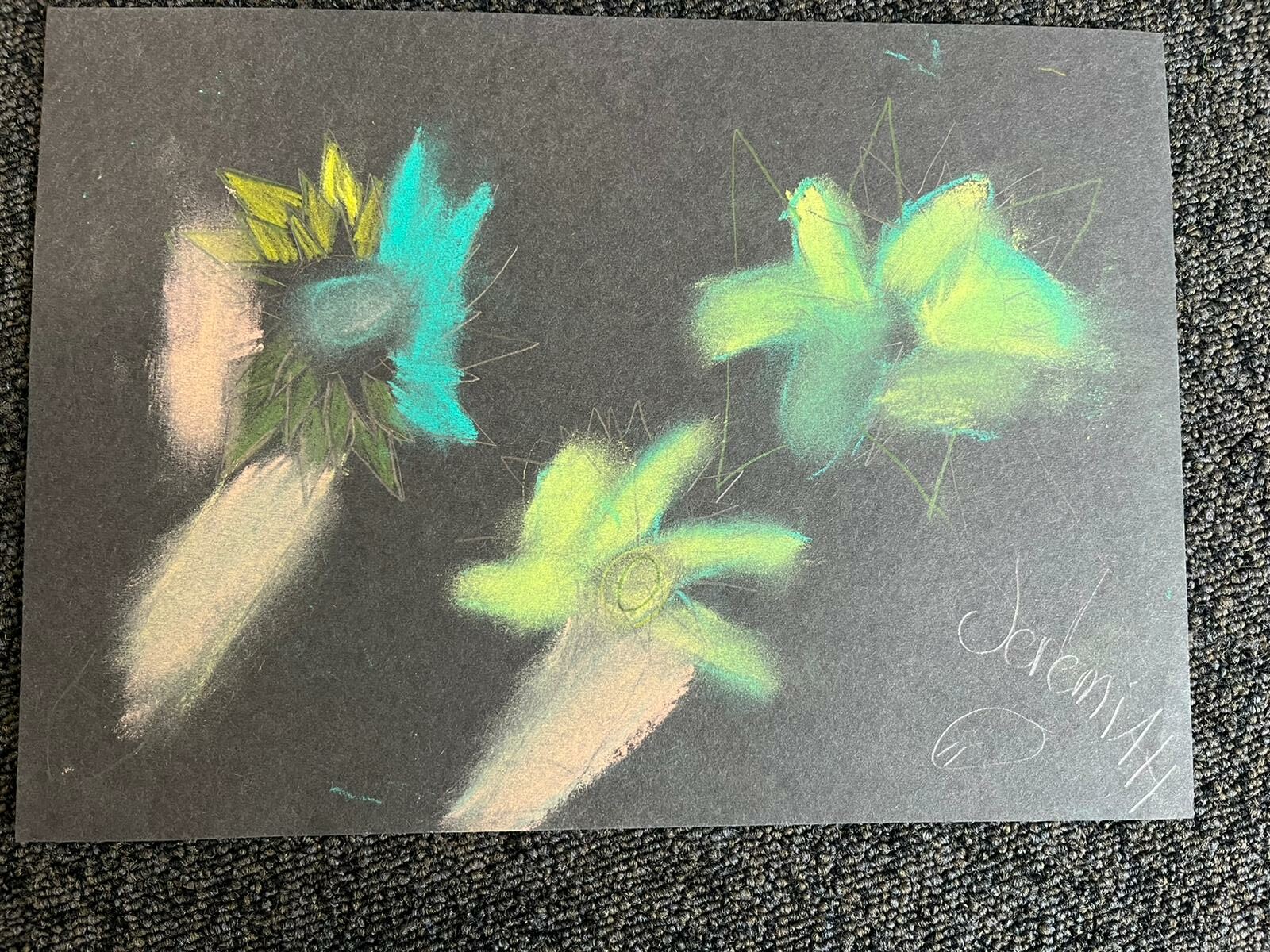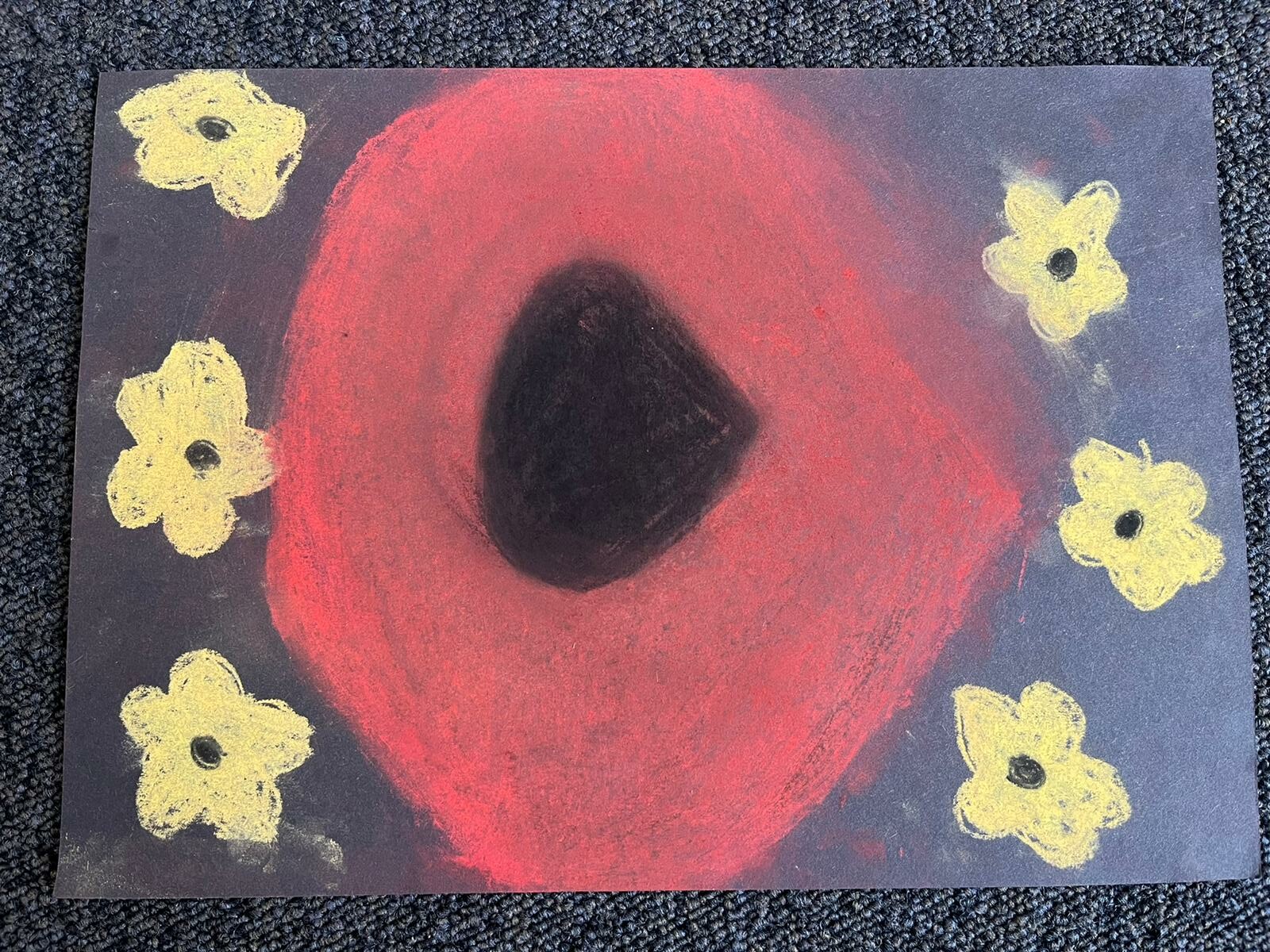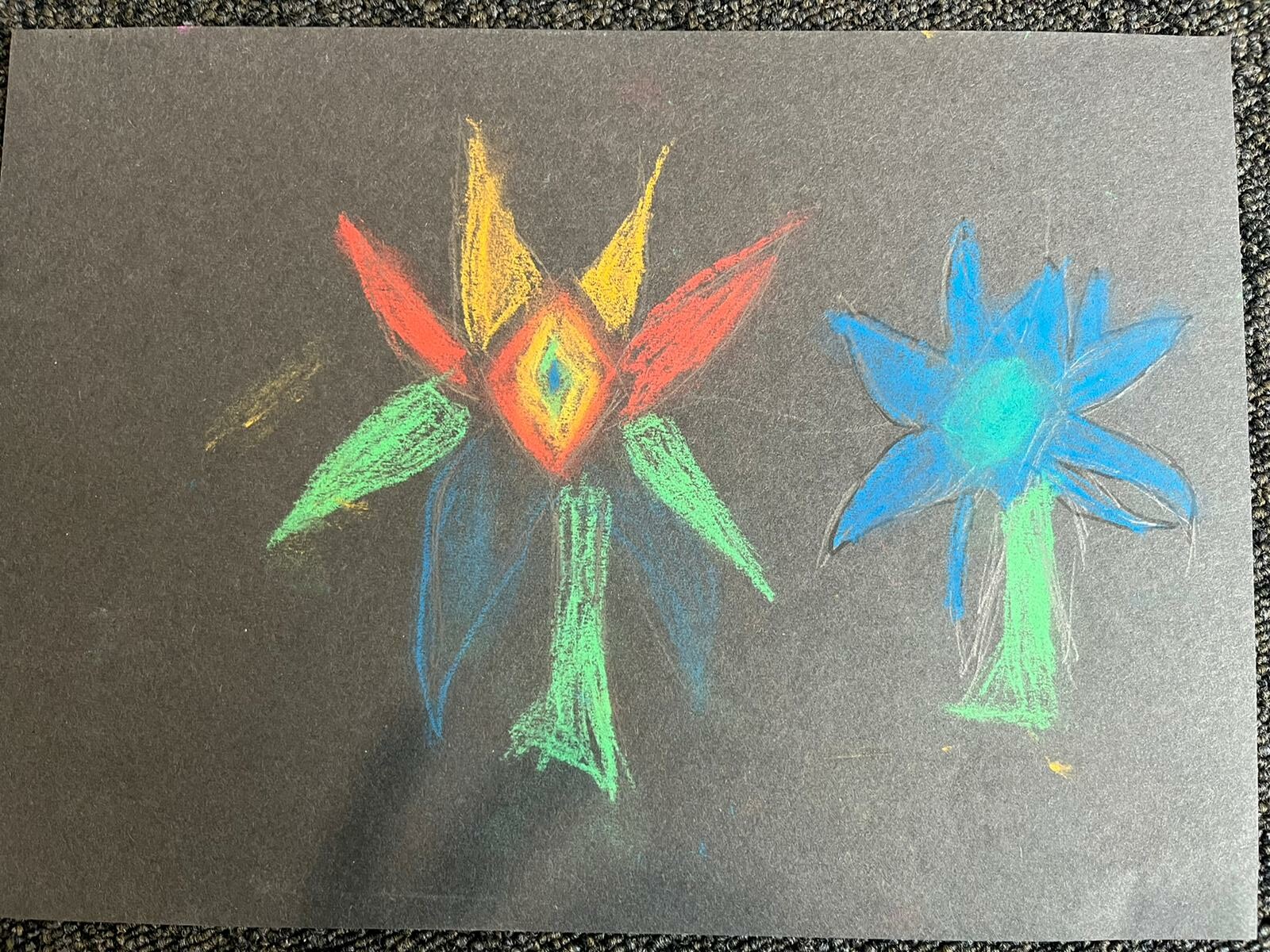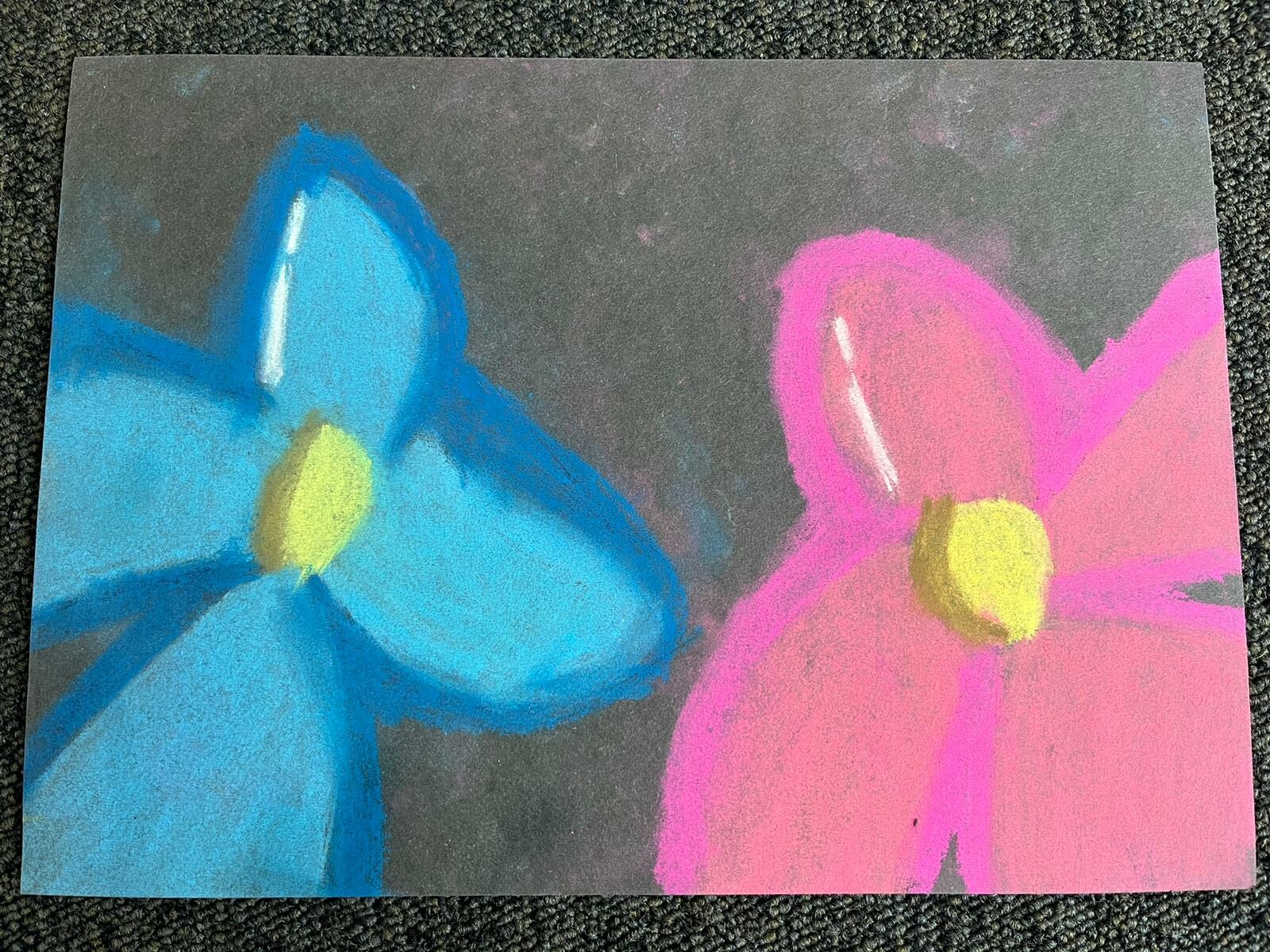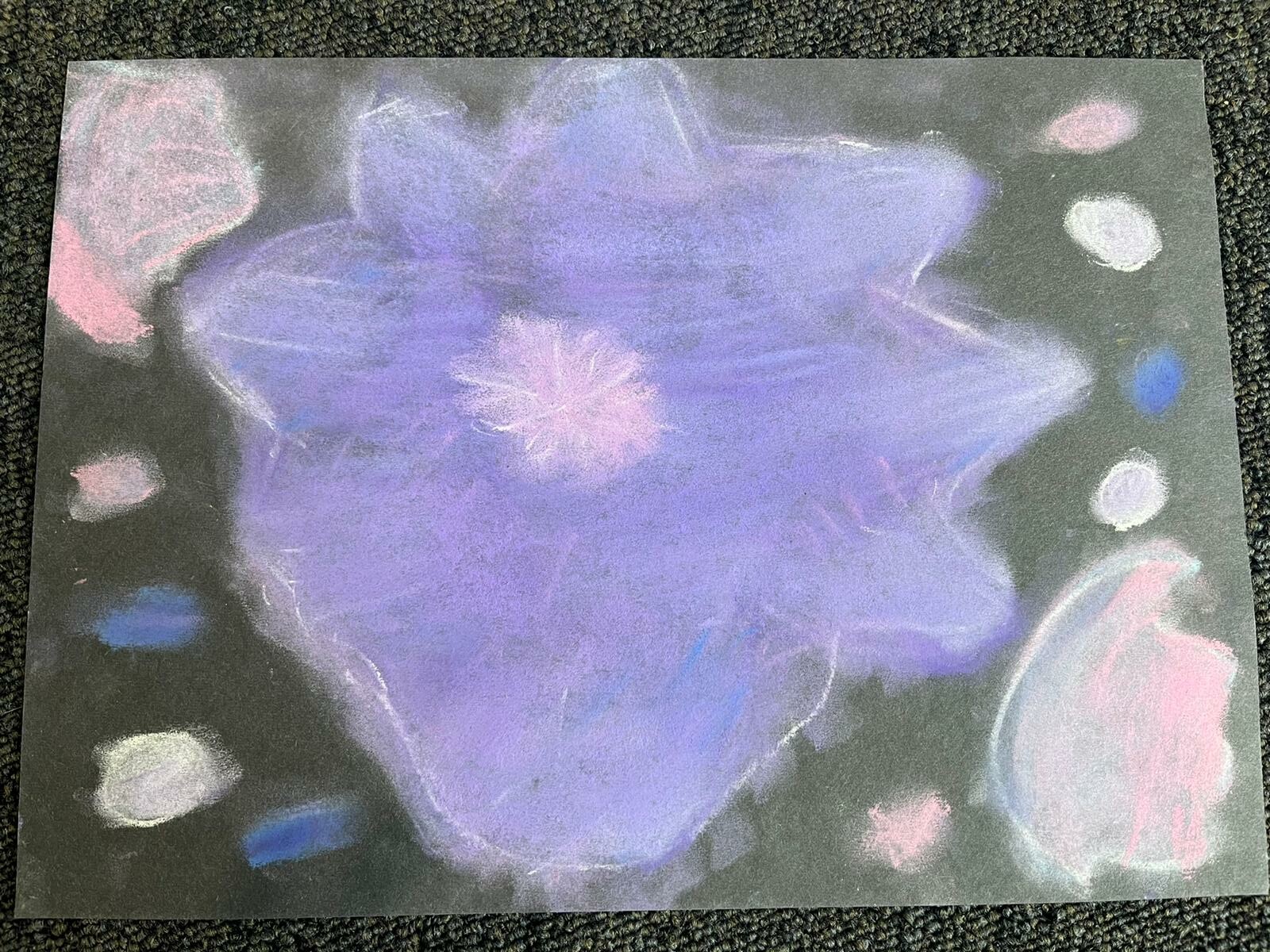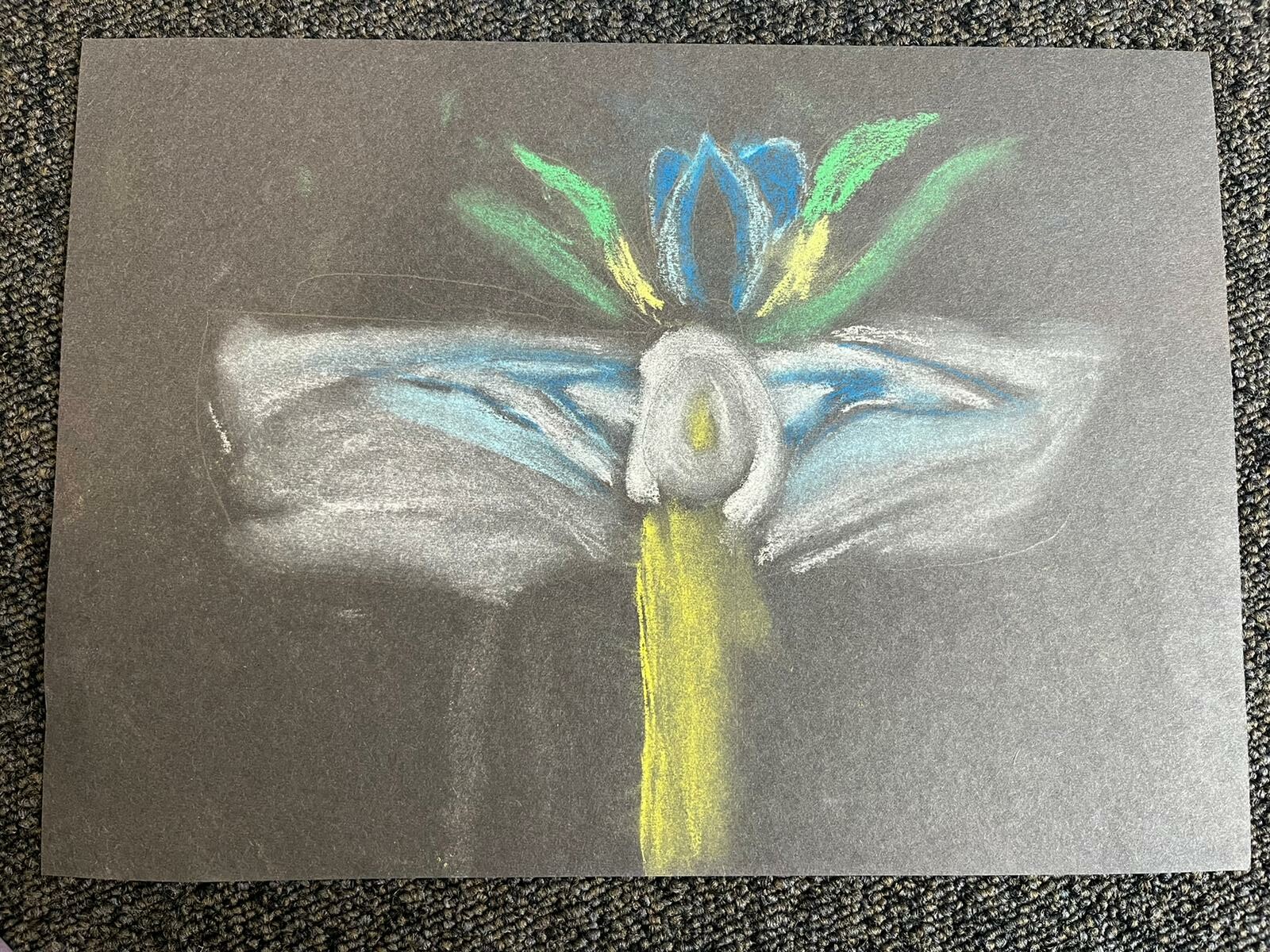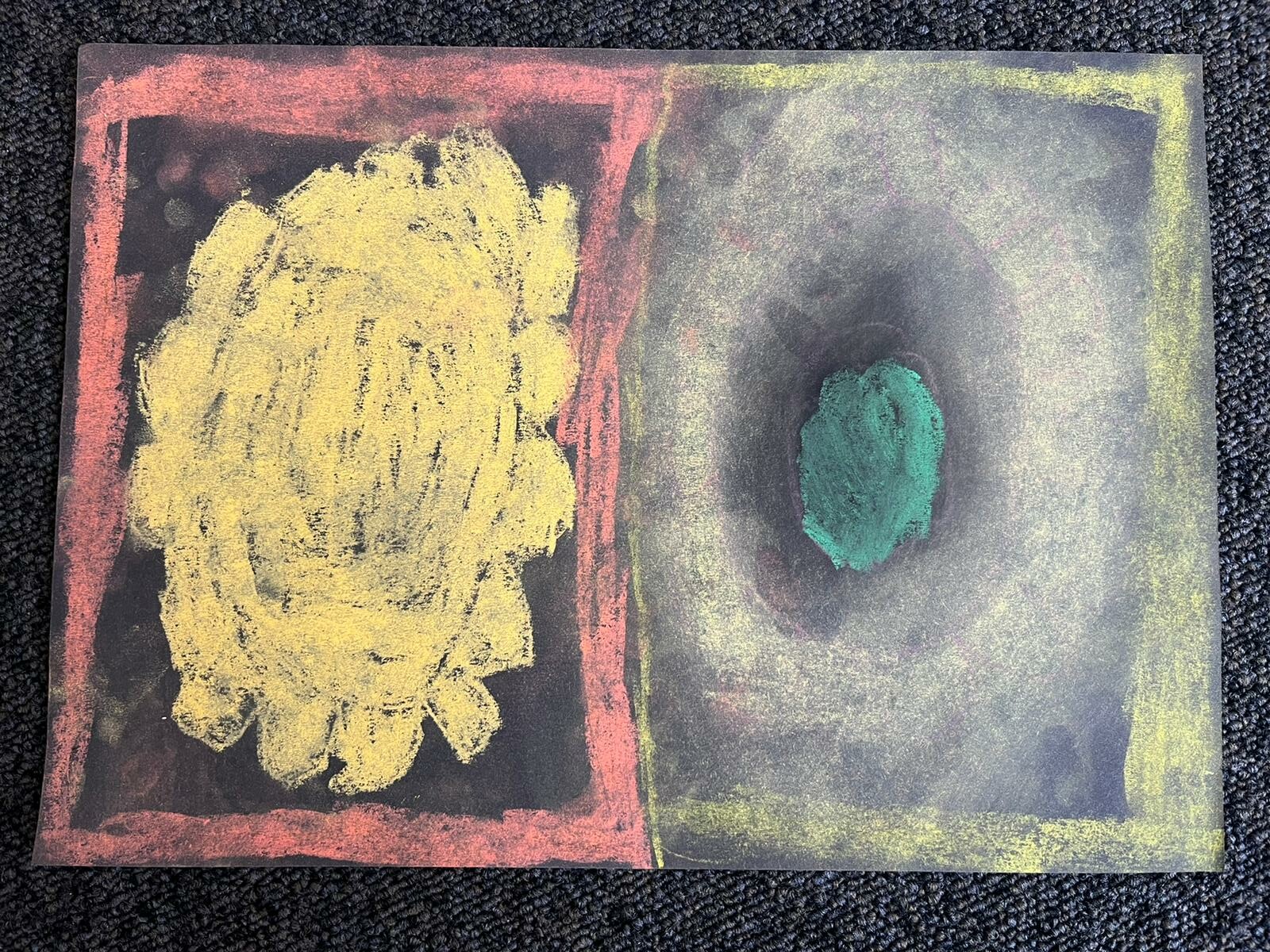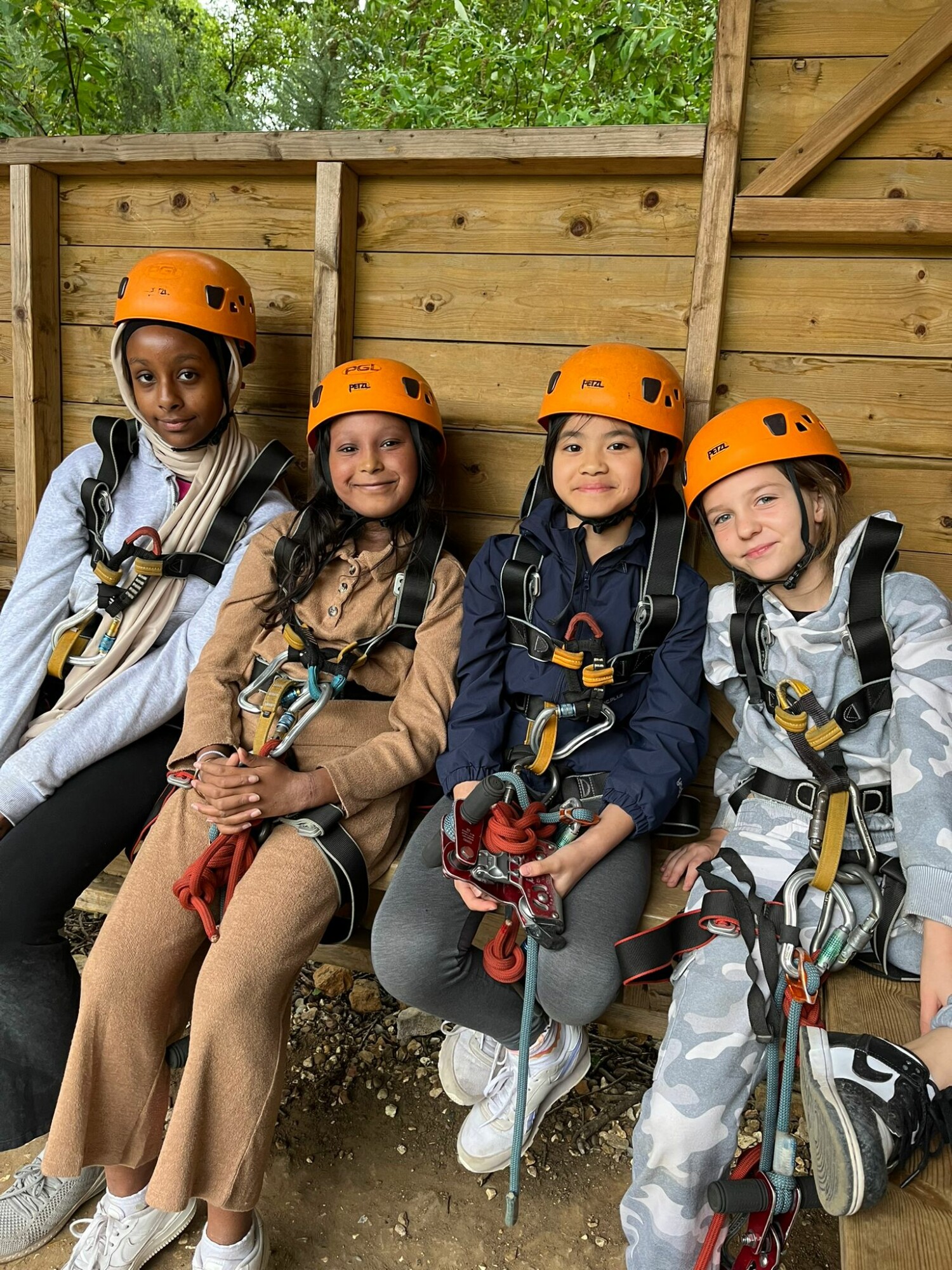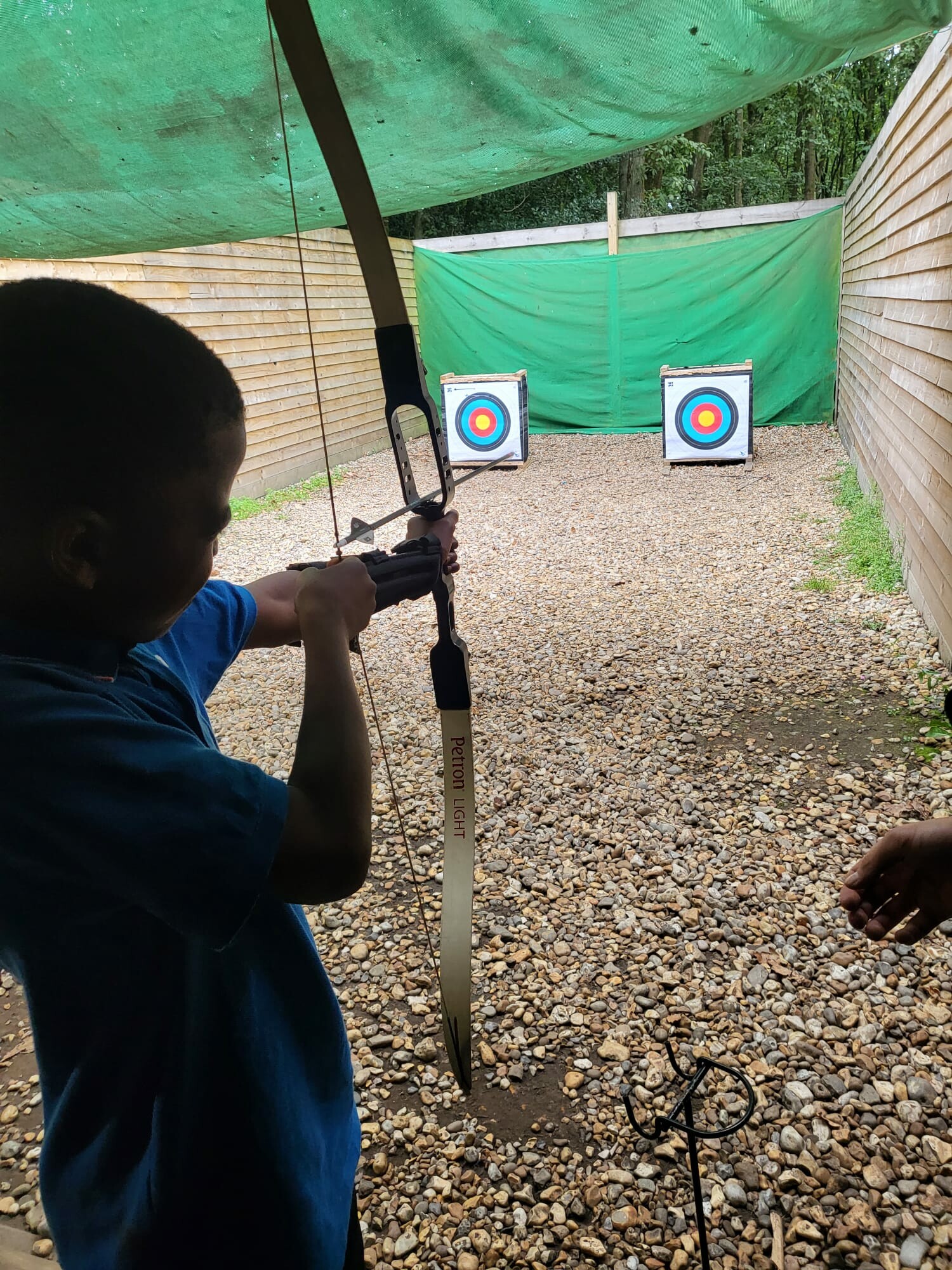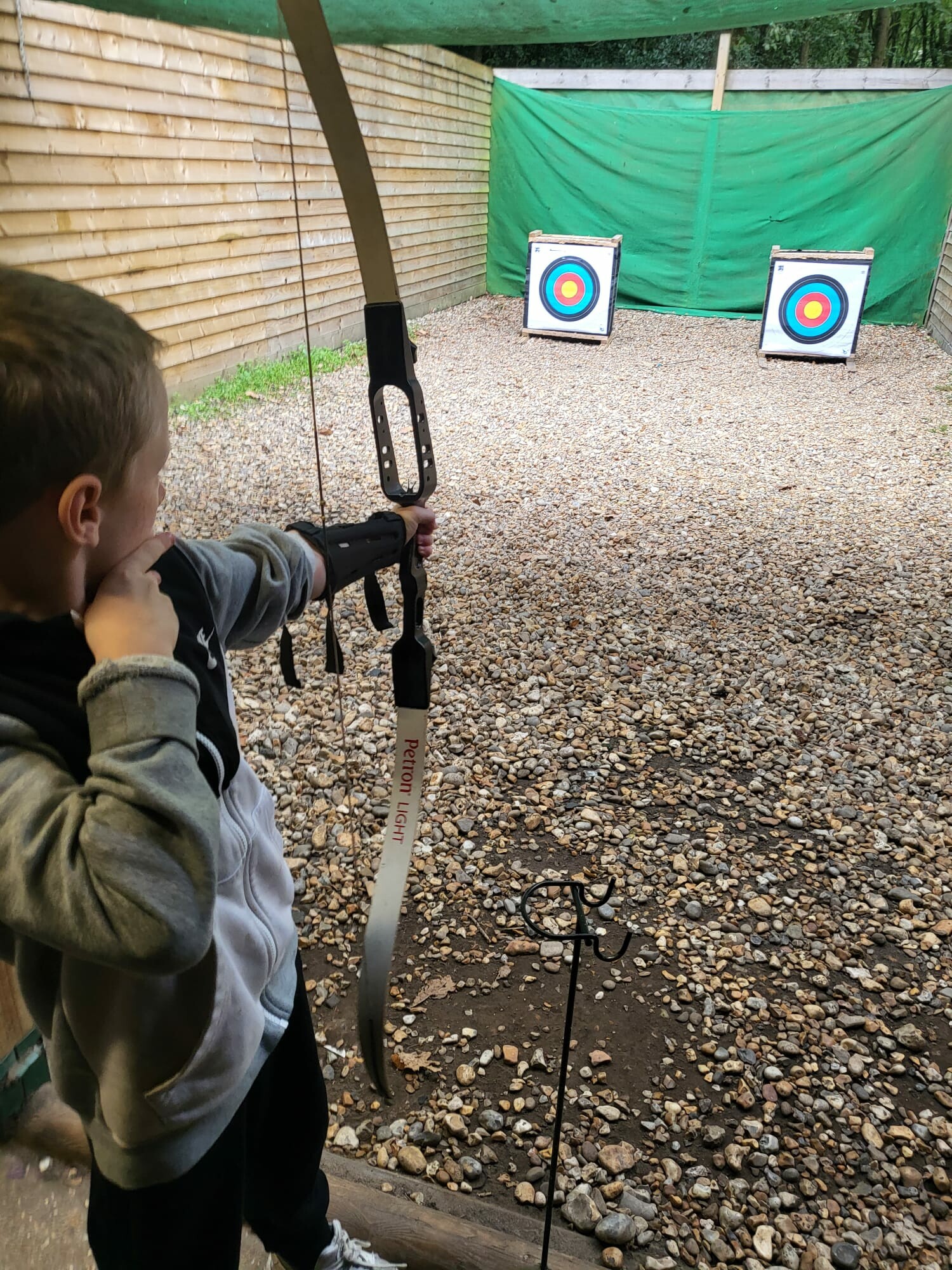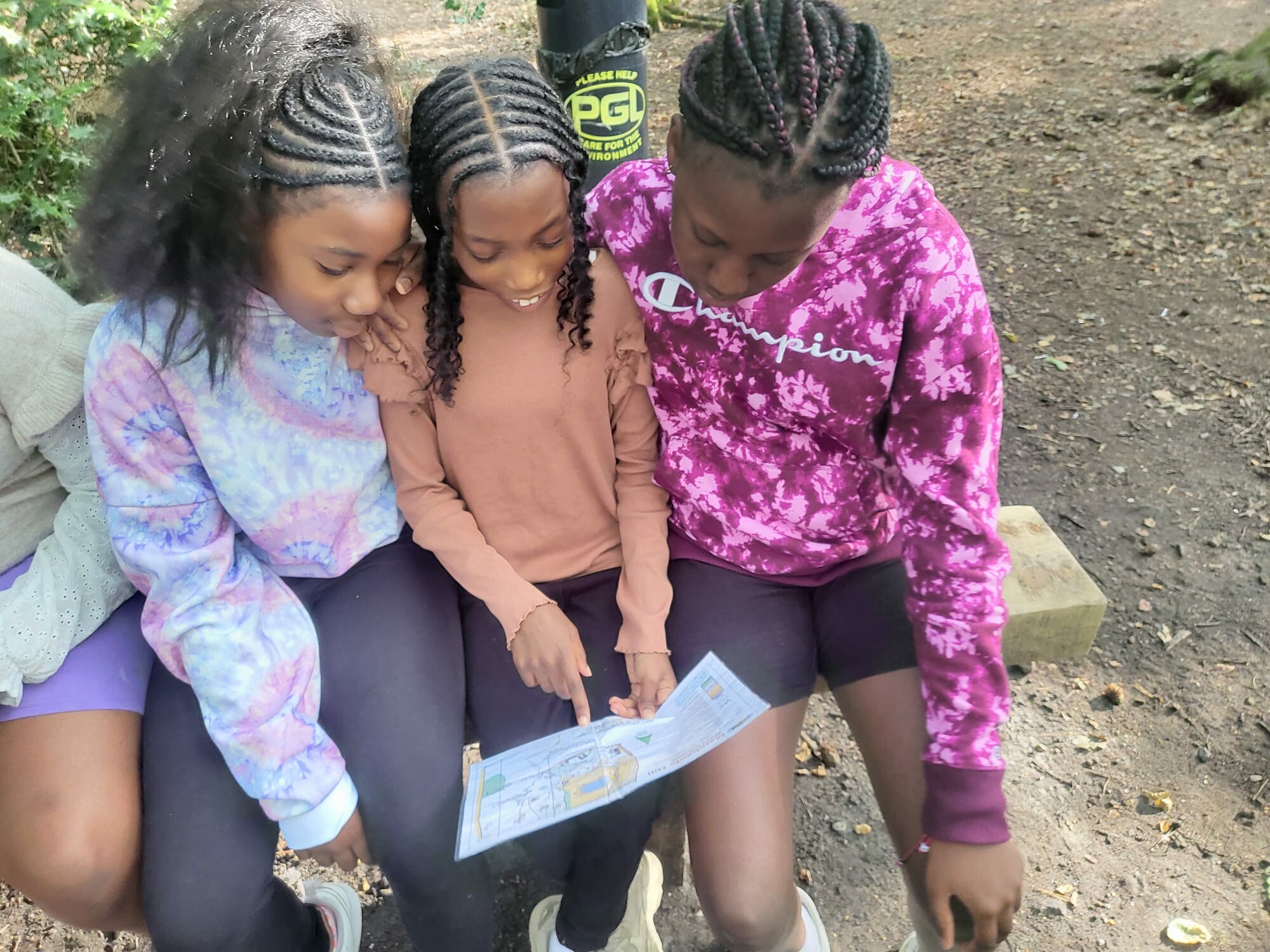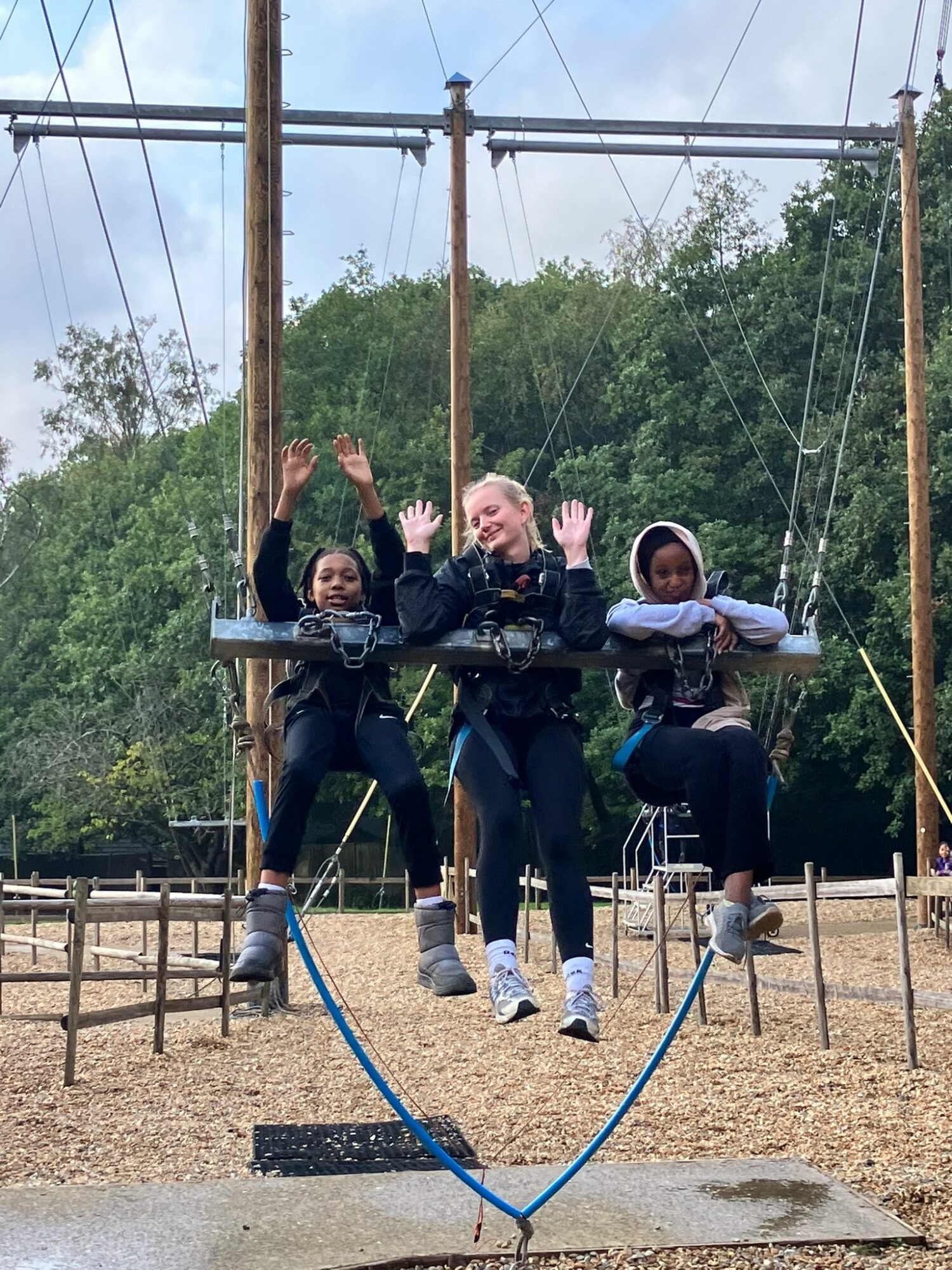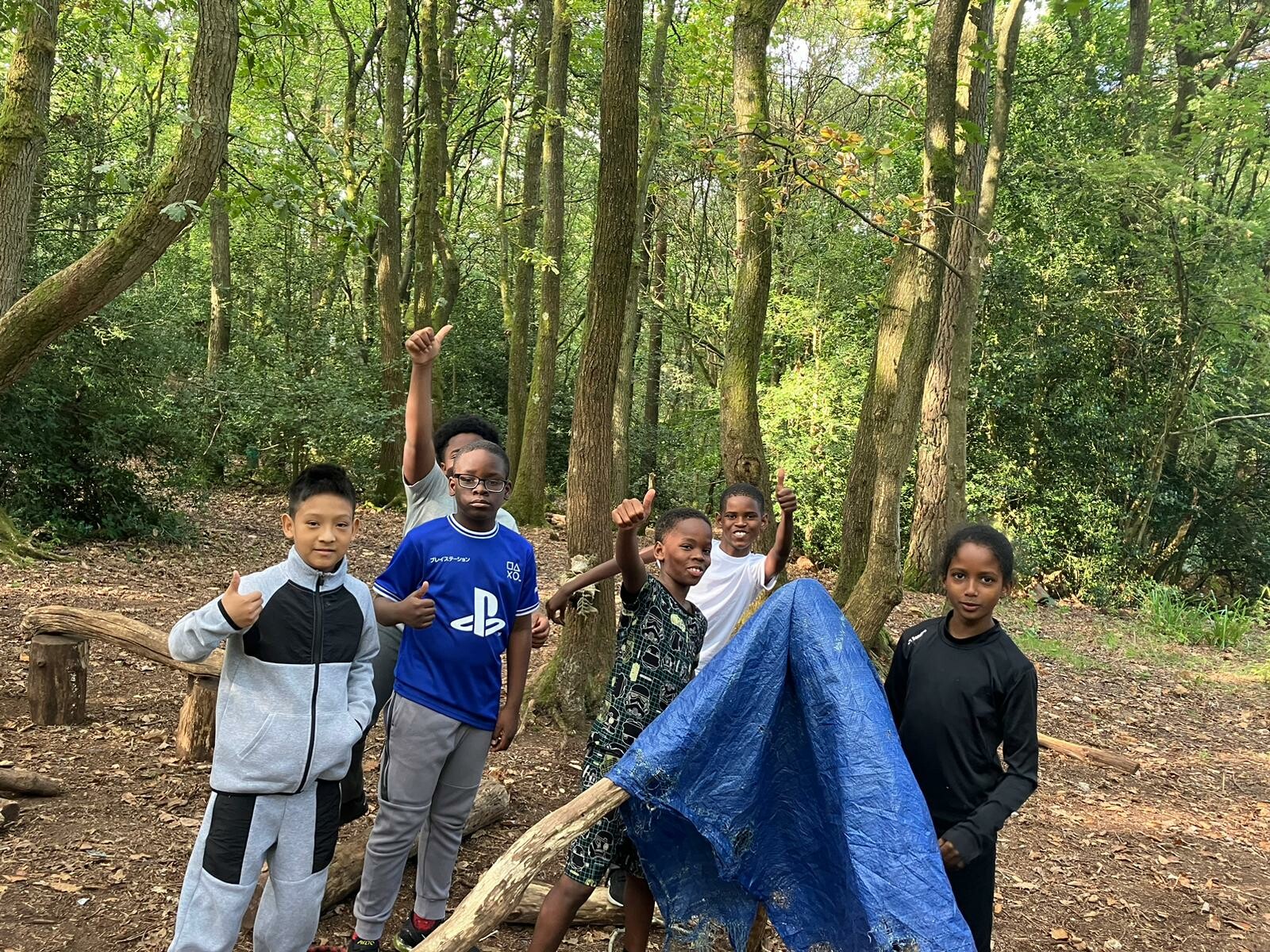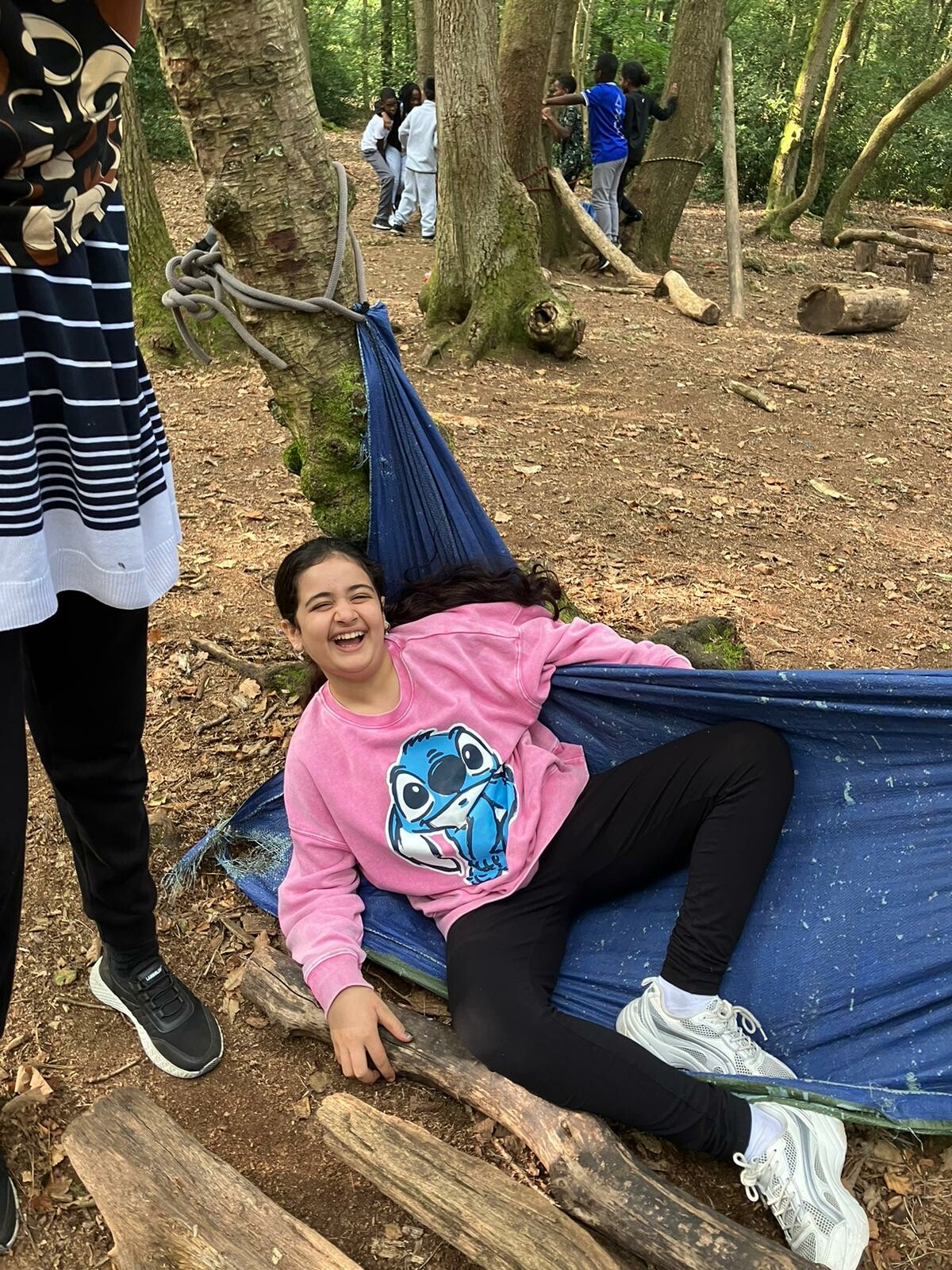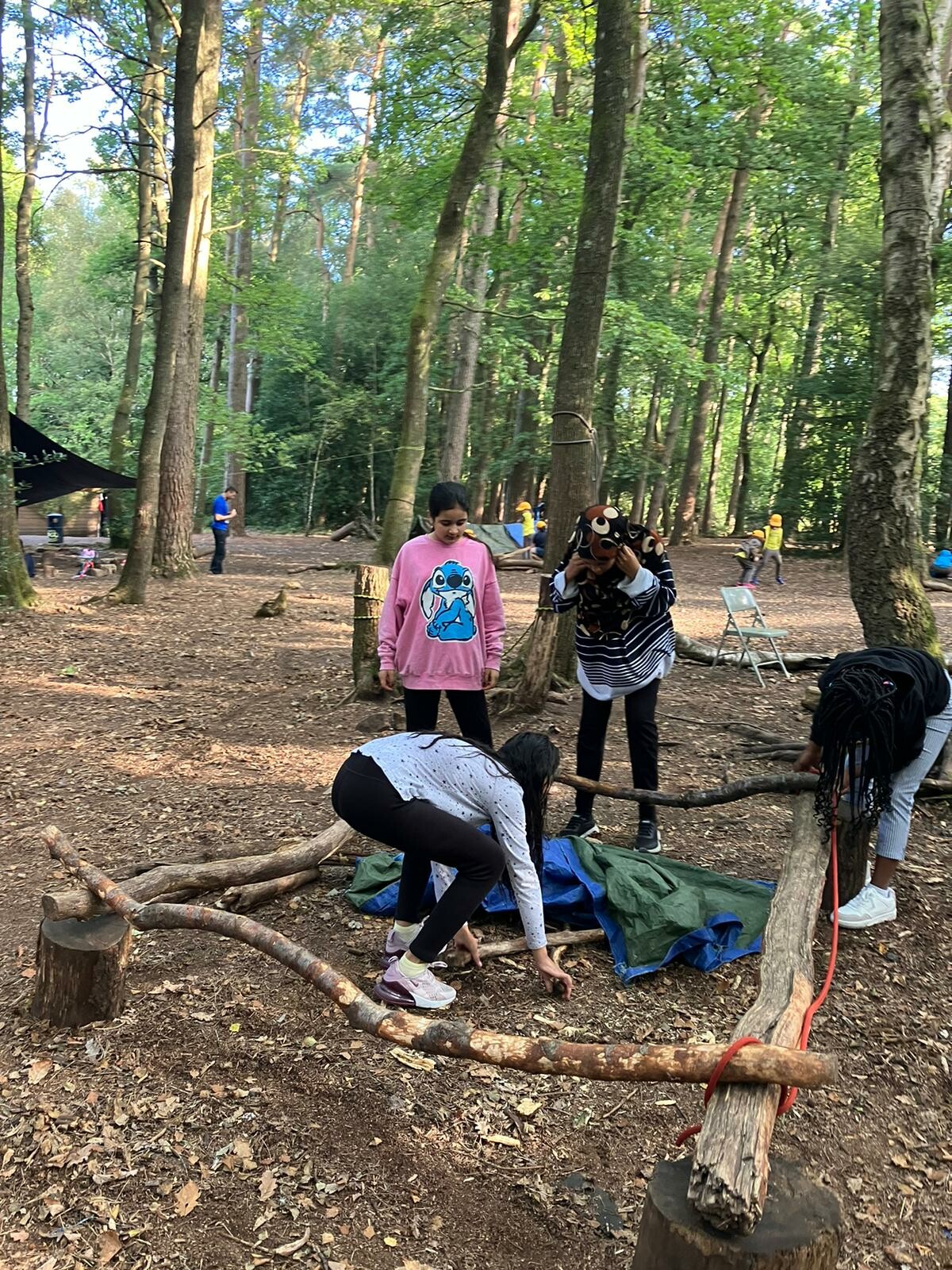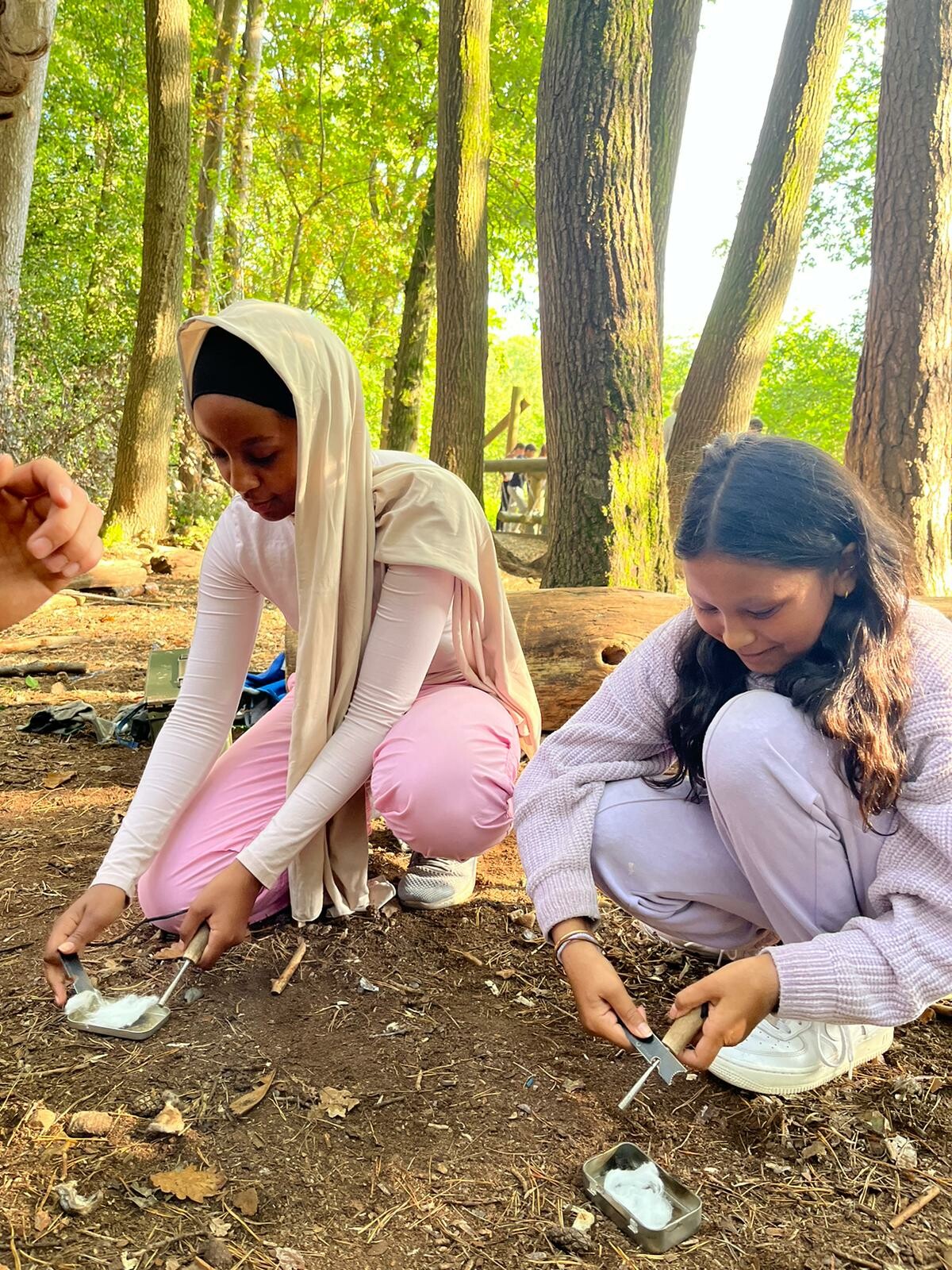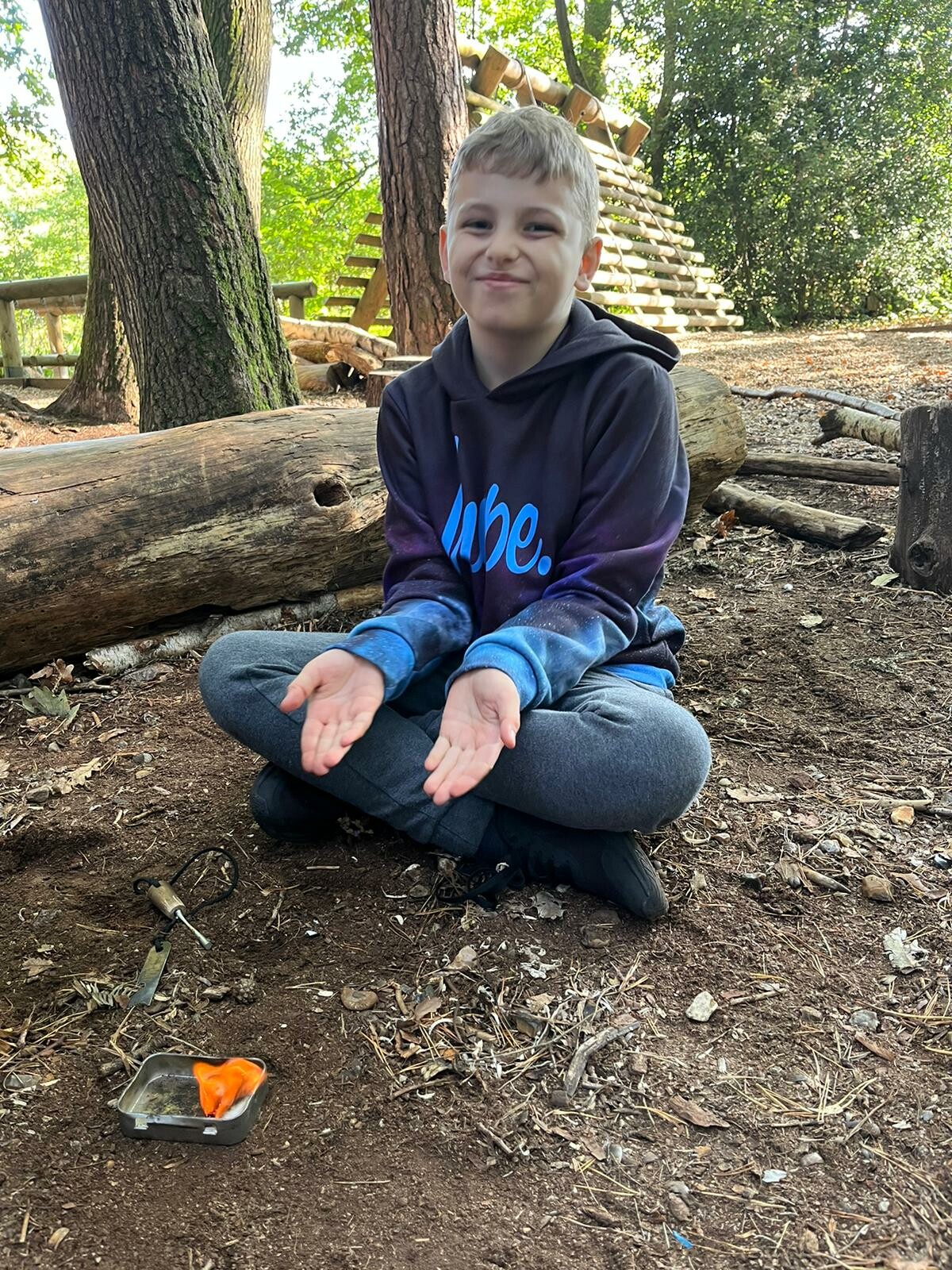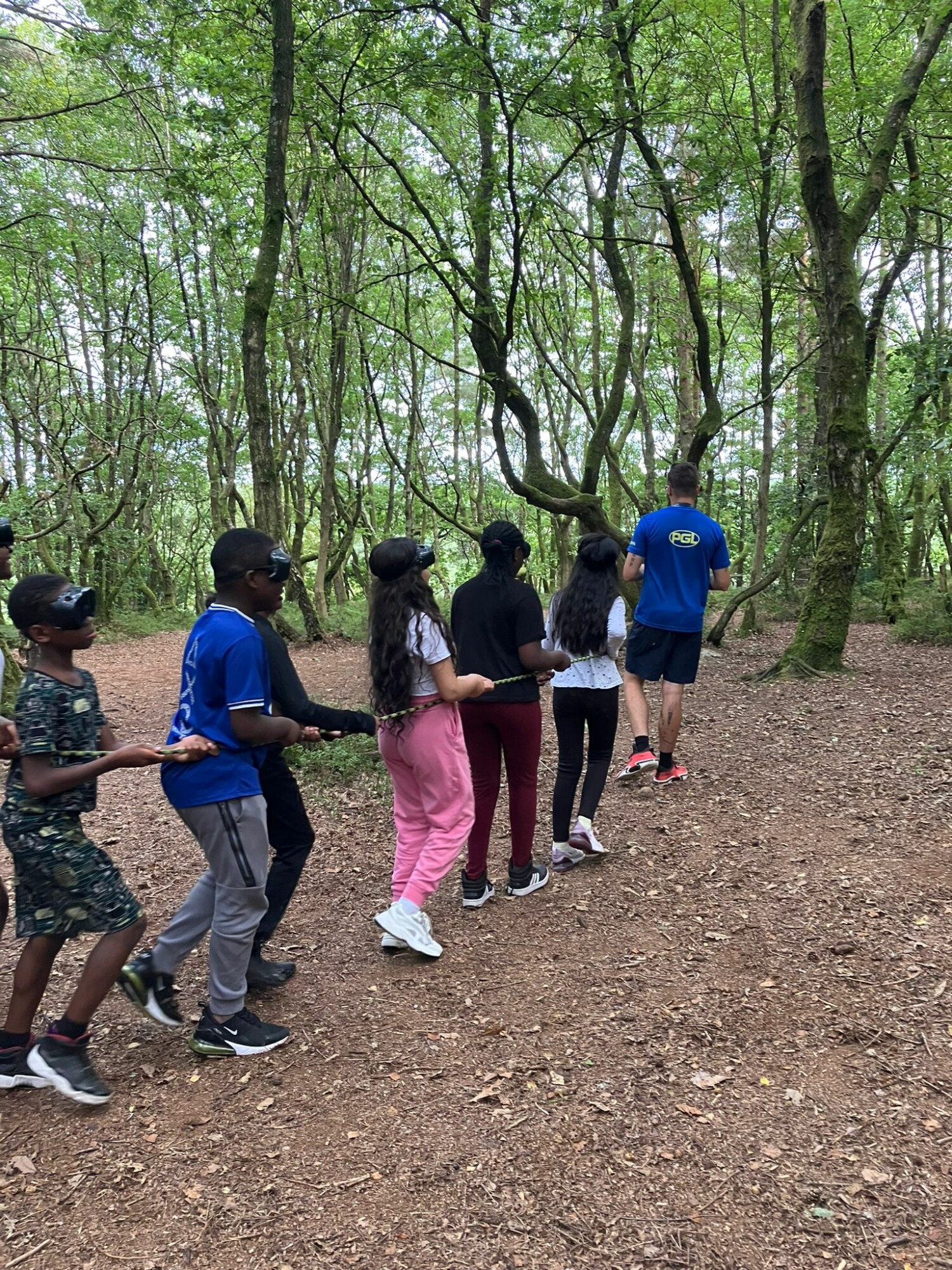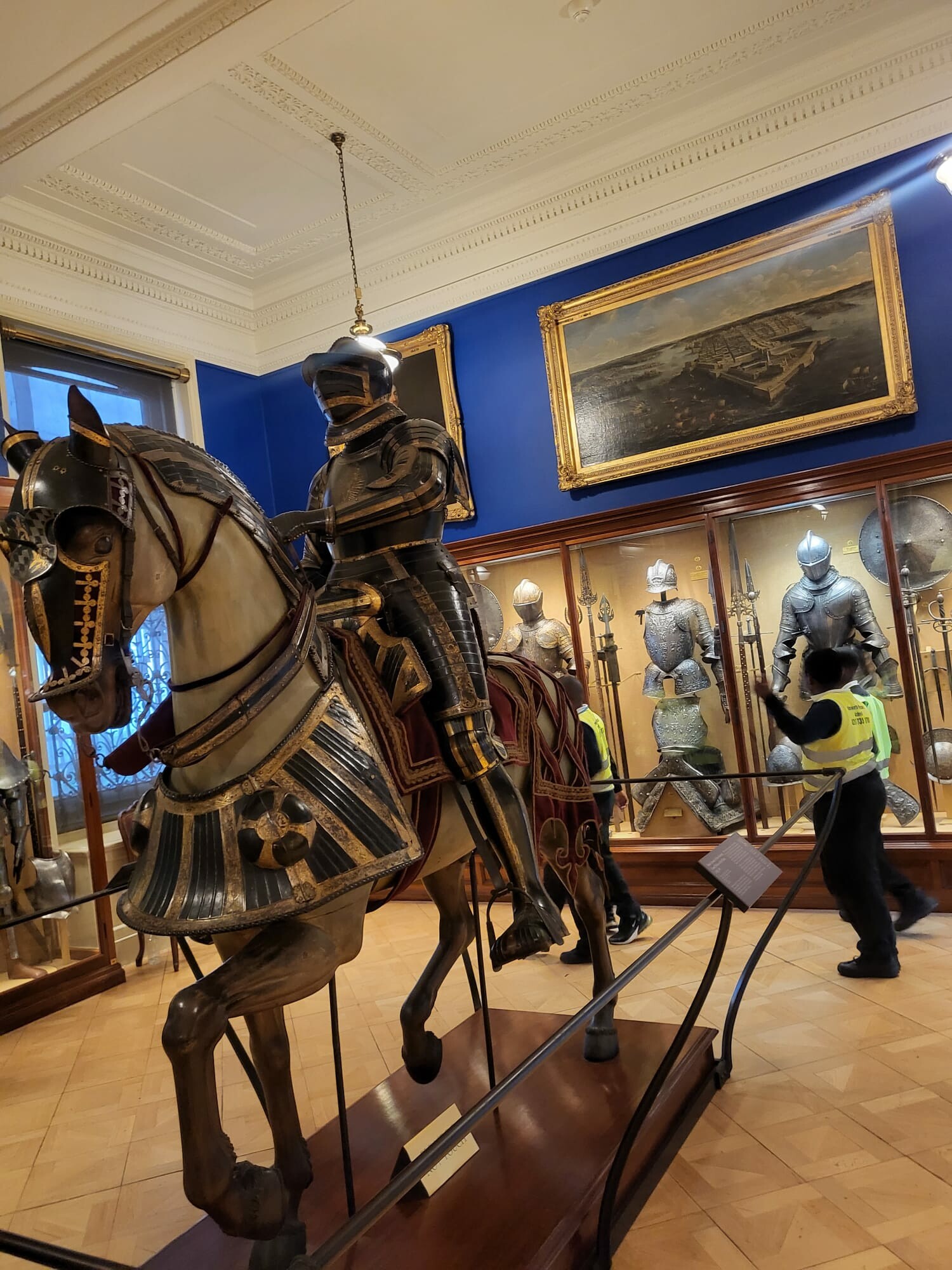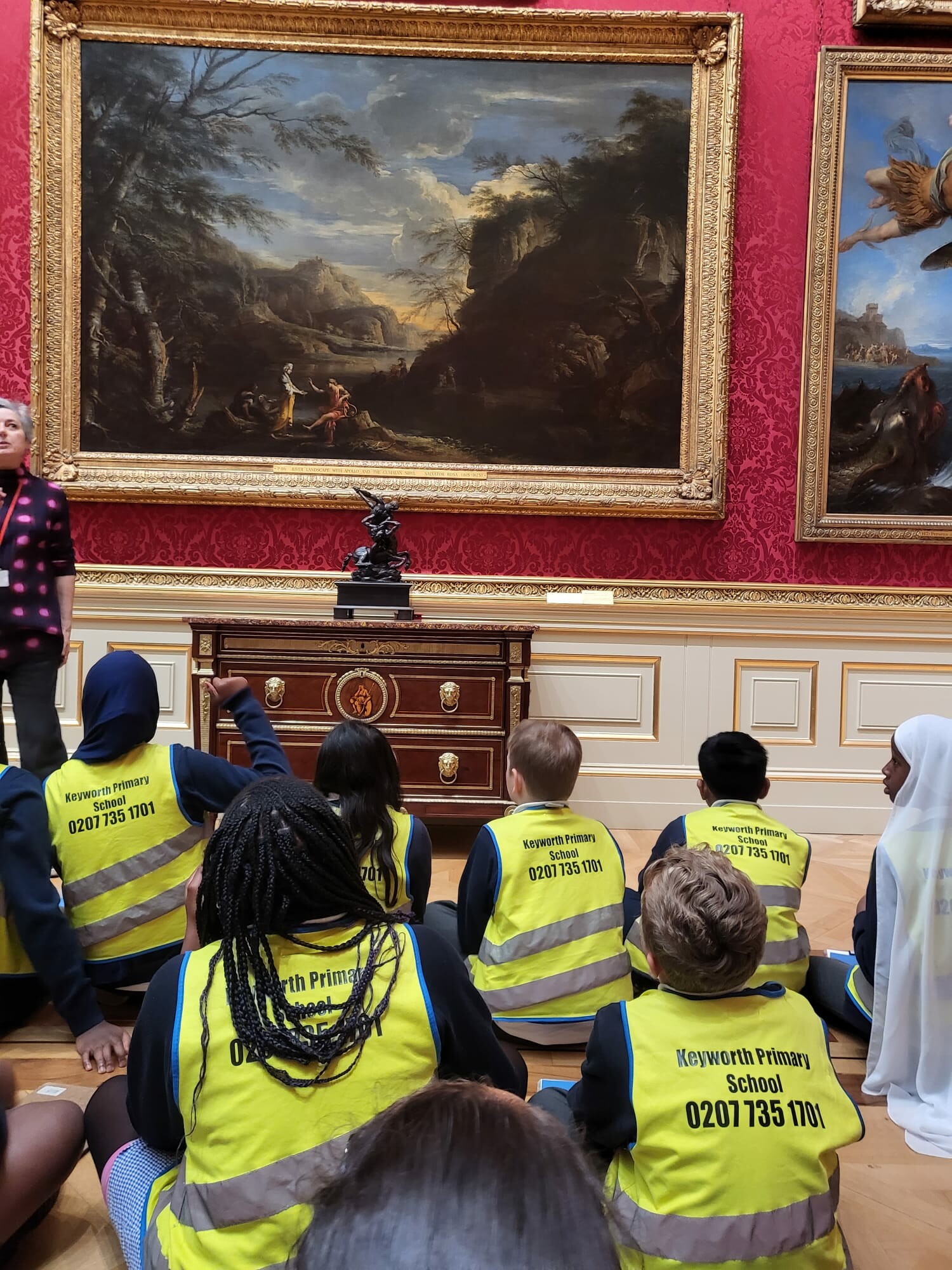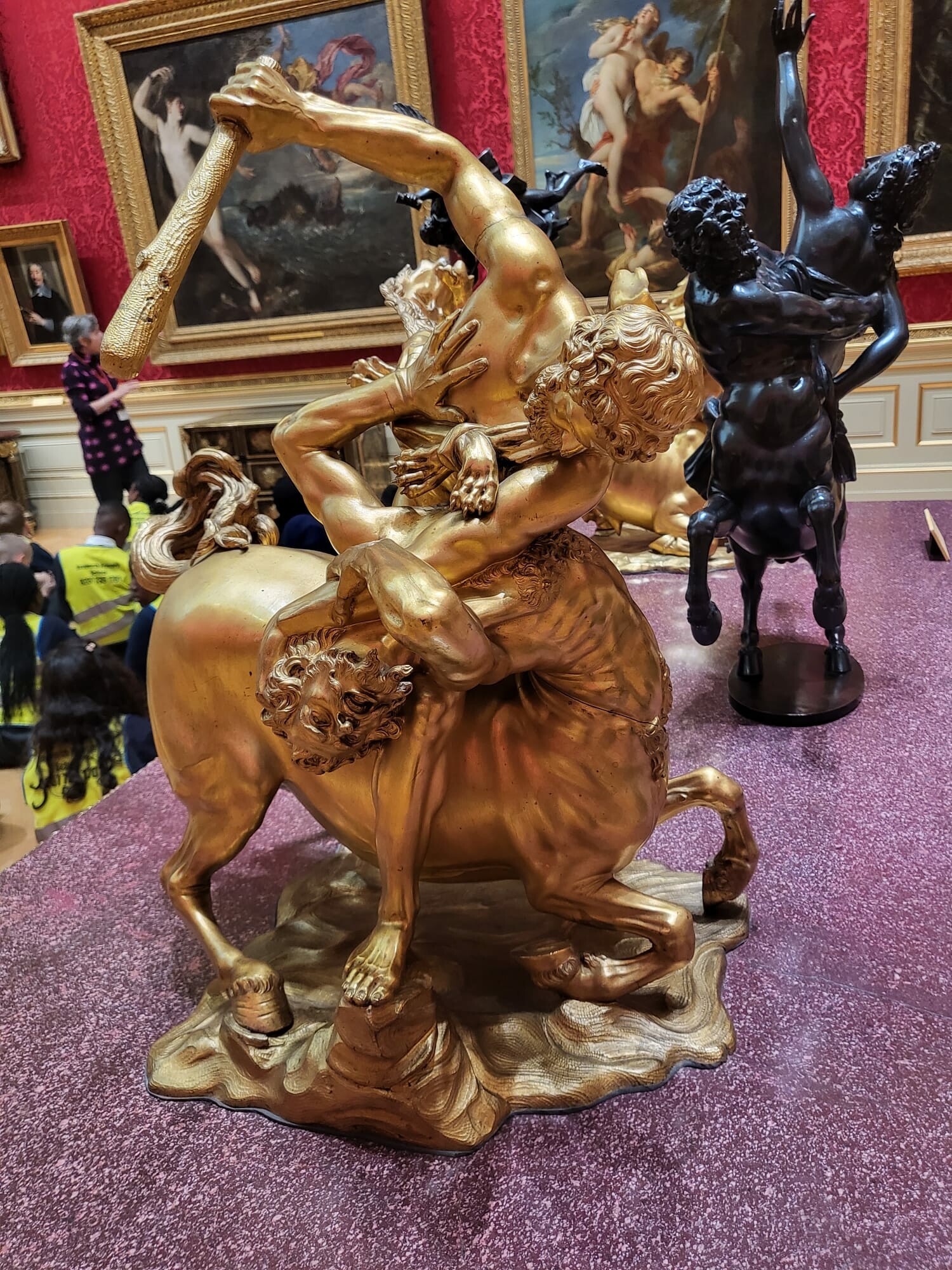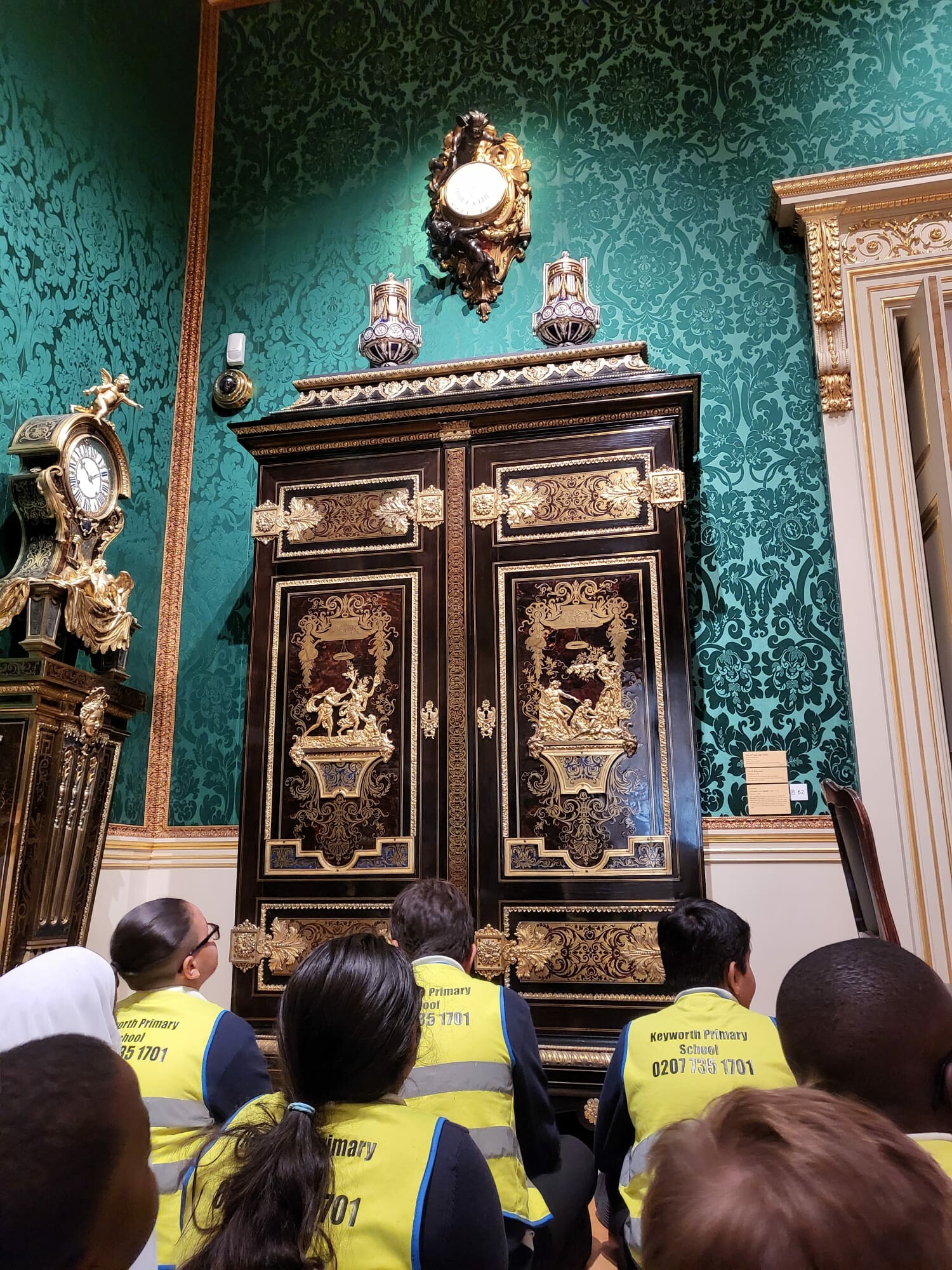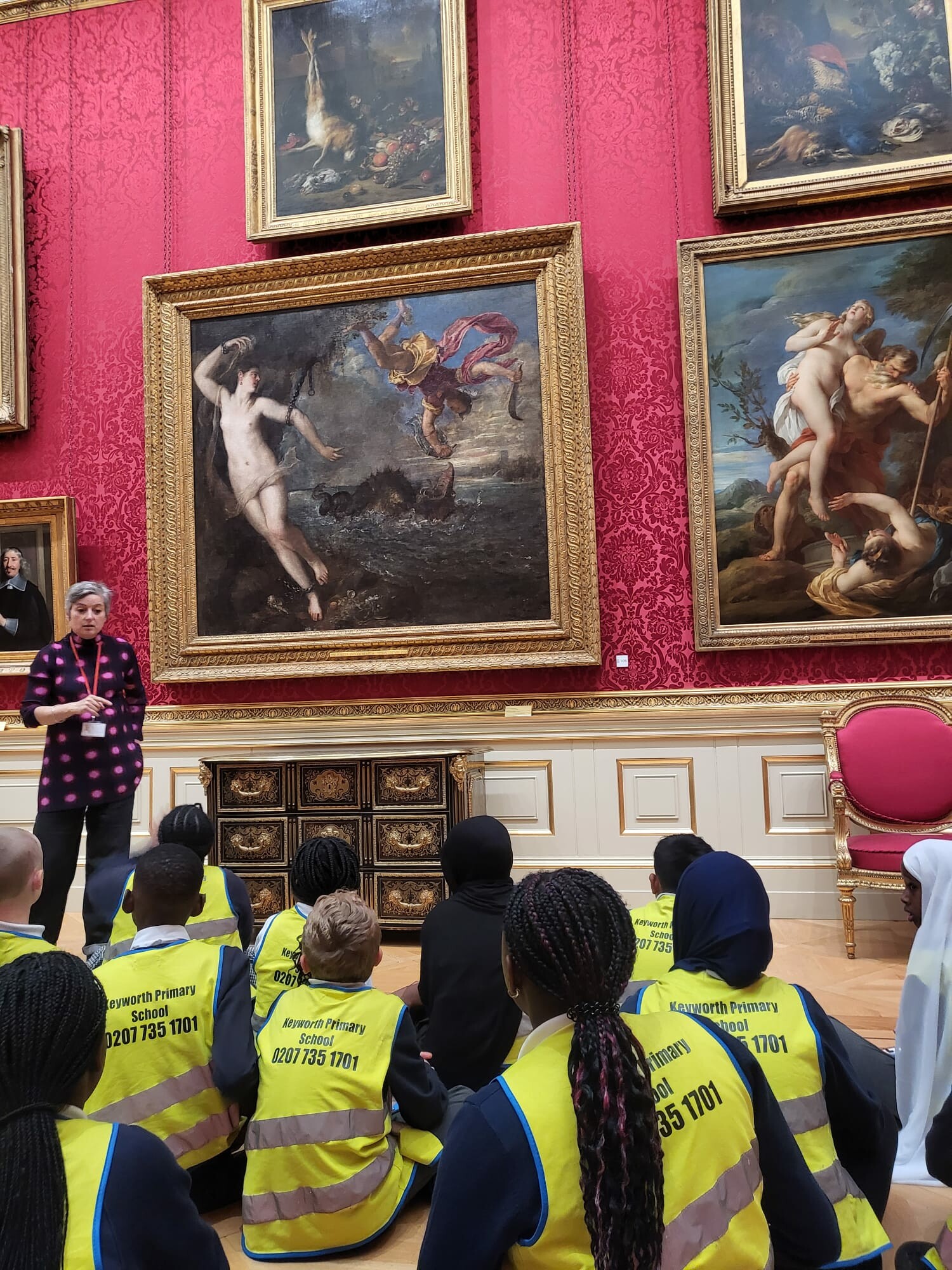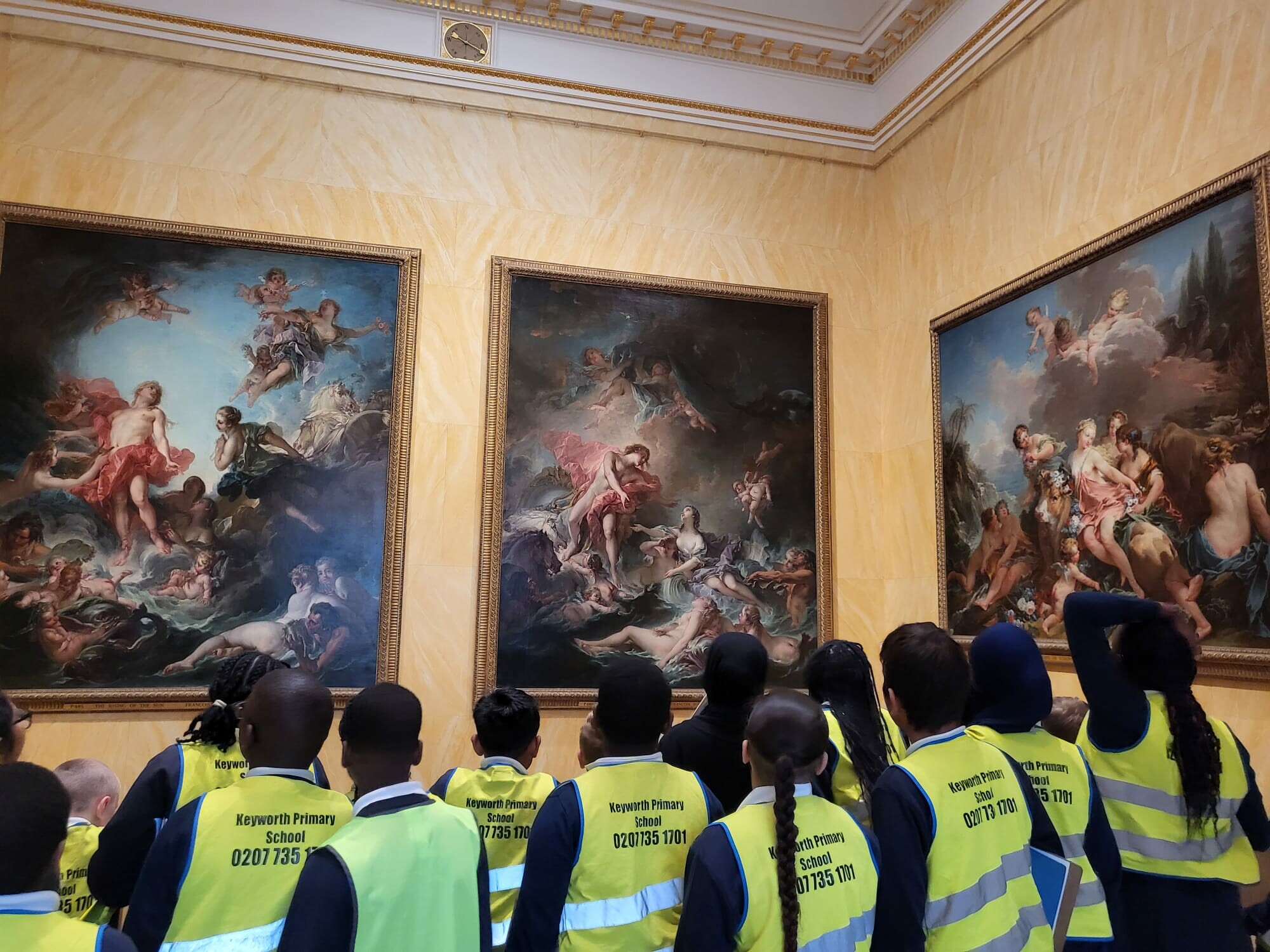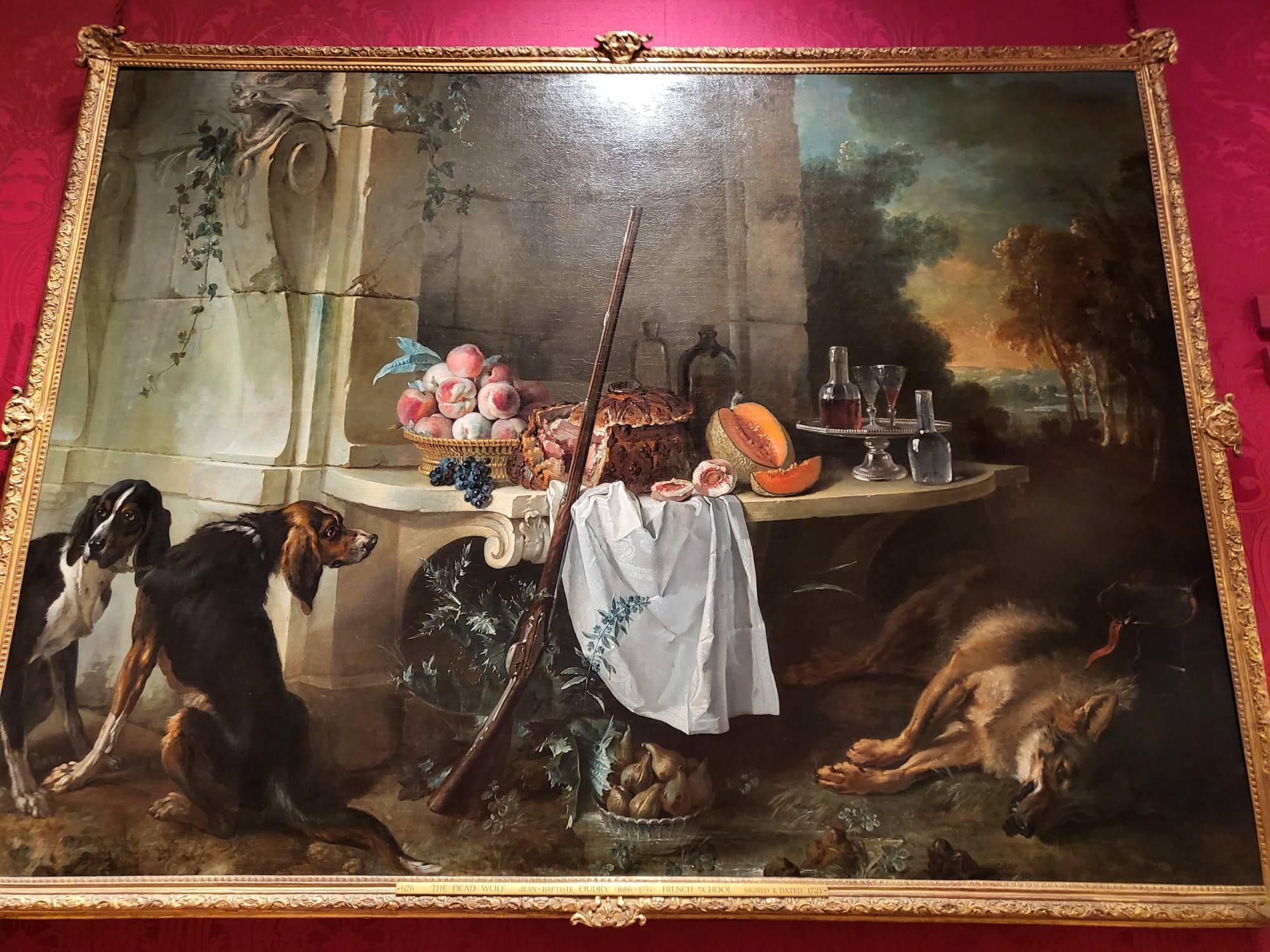Learning Hub
Year 6
Summer Term
English
For the first part of the term, the children explored the traditional Mayan tale of 'The Rain Player.' The ancient Mayan belief that the future was divinely decreed and could not be changed is the basis for this original tale of a boy who must defeat the Rain God in a ball game to save his people from disaster. Mayan art and architecture were the inspiration for the spectacular cut-paper artwork. In this unit, children wrote newspaper reports, instructions and recruitment posters.
Currently, the children are reading 'The Wedding Ghost' by Leon Garfield. The Wedding Ghost is a weird story of a young man, about to be married, who finds a mysterious map sent to him with wedding presents. He feels compelled to follow the directions and finds himself involved in the awakening of the sleeping beauty, resulting in two wives, one real and one a ghost. In this English unit, the children will be writing suspense paragraphs, flashbacks, discursive texts and even writing their own mystery/suspense narratives in a similar style.
Check out some of our summer term writing below:
Maths
In Maths lessons, the children have been consolidating their understanding of fractions, decimals and percentages. The children have also learned about ratio and proportion, applying their understanding of these topics through reasoning and problem solving tasks.
Please see some our hard work below!
Topic - History units
The children absolutely loved learning about the fascinating Ancient Mayans. During this unit, the children learned about the location of the Maya, beliefs, achievements and their eventual downfall due to disease, war, revolt and more!
For the remainder of the summer term, the children will be exploring the history of medicine starting with the Middle Ages period until recent developments.
Art and Design
The children have loved exploring Ancient Mayan weaving techniques. We studied the patterns, colour, styles and techniques of this process, comparing the traditional designs with more recent designs, such as Annie Albers.
Check out our work below:
Science
Electricity - Physics
The children learned about the appearance and function of different electrical components, including switches, bulbs, buzzers, motors, cells and wires. The conducted experiments involving investigating the brightness of bulbs in a circuit. They learned how to present data and draw conclusions from results.
Science Week
Static electricity experiment
In this activity learners investigated the effects of static electricity. They rubbed a balloon against their jumper and used the build-up of static charge to make tissue paper cat shapes ‘pounce’ onto and stick to the balloon. They then discussed the outcome of their experiment and explained why this happens.
Egg drop challenge!
The children dropped their creations in fair test conditions to test how strong their designs were at resisting gravity and maximising air resistance to protect the egg! How fun!
Religious Education
Our focus for the first half term has been exploring the meaning of Easter to Christians. We revisited the Easter story, suggesting reasons for the similar and different beliefs which people hold about the holy spirit. The children designed Easter symbols and explained the impact of the symbol within a Christian life.
Computing
For the first part of the term, the children were introduced to data and spreadsheets. In this topic, children learned how to input data into a spreadsheet, calculate costs and add up items using codes. For their final task, children were required to design a party with a budget. They had to calculate the cost of the party, identifying what to buy and how to record this in Excel.
For the remainder of the term, children will explore 3D CAD models, using the Computing programme 'TinkerCad'.
End of SATs celebration trip to Burgess Park!
Spring Term
English
For the first half term, the children will be writing newspaper reports, biased reports and interviews based on the true story of the three little pigs.
Maths
For the first half term, the children will be continuing with their work on fractions, before moving onto measurement. The children will explore multiplying and dividing fractions, finding fractions of amounts and solving problems involving fractions.
Science - Biology
For the first half term, the children will continue with their work on Living Things. They will explore the Linnaeus classification system and describe how taxonomists group new species of animals.
Topic - Geography
For the first half term, the children will be learning all about Japan. They will work towards answering their big geographical enquiry question 'How have natural and manmade disasters impacted Japan's physical and human geography?'
The children will explore different maps, including relief maps, and will compare the physical geography of the UK with Japan.
Computing
The children began the half term by completing their websites - they explored how to add hyperlinks, create sub pages and designed their homepages.
They will then move onto programming and designing their own games.
Art and Design
This half term, the children will explore the Japanese artist 'Hokusai'. They will start off by creating artist studies, followed by preparing for their own printing project.
Religious Education
The children will explore religious leaders and critically evaluate their roles in society. They will learn about what makes a good leader and then create job applications for a religious leader position.
PE
The children will be participating in gymnastic sessions, as well as cricket sessions, led by coach from The Oval cricket ground.
PSHE
For the spring term, the focus in PSHE is 'Living in the wider world'. The children will learn and discuss their community, racism and its consequences and explore behaviour, including bullying.
Spanish
For the first part of the term, the unit will be all about pets. The children will learn the vocabulary for pets and then use it to form sentences.
Autumn Term
English
For the first half term, children in Year 6 will be reading 'The Odyssey' by Gillian Cross. Throughout this unit of work, the sequence of lessons will take children on an adventure with the greatest of heroes - Odysseus - as he battles great monsters, gods and mortals on his voyage home to Ithaca. Through the sequence, the children will discover multiple reasons to make a speech: to make a proclamation, for persuasive purposes, and for personal reflection. They will write in role as Odysseus himself, as well as record dialogue and their own take on a key scene in the style of the author. Following research into the Greek Gods and a variety of ancient Greek monsters, the children will complete the sequence by writing their own epic adventure story based on their own invented character who encounters multiple trials on their journey home.
For the second half of the term, the children will be moving onto poetry, using the poem ‘Night Mail’, which was written in 1936 to accompany the documentary film of the same year and the same title. The film depicted a London, Midland and Scottish Railway (LMS) mail train travelling from London to Scotland. Auden’s poem was read toward the end of the film, set to music by Benjamin Britten. Lines were chopped and changed to fit the film. The intention of the film was to show the public how the mail was distributed by train. The rhythm of the film matches the train’s movement. Auden apparently used a stopwatch as he set the lines to the film. The form of the poem is made up of eight rhymed, four-beat couplets. By the end of the unit, the children will create their own poems in a similar style.
Maths
For the first half term, the children will begin with Place Value. They will then move onto the four operations (addition, multiplication, subtraction and division). Fortnightly, Year 6 will practice their investigative, problem-solving skills in a practical lesson, with a real life application. This is to reinforce the importance of Maths and remind the children that Maths is everywhere!
Check out some of our work below:
History
Our first History topic in Year 6 is the Ancient Greeks. Throughout this topic, the children will learn about the geographical position of Greece, the achievements, beliefs and the legacy of the Ancient Greeks. The lessons will build up to the children writing a historical enquiry, a chance to show off all they have learned!
Take a look at some of our learning below:
Science
Physics:
Our first Science topic is 'Light'. In this unit of work, the children will learn all about how light travels, how light allows us to see, how reflection changes the direction of light. They will conduct an experiment about shadows and also explore how light allows us to see colour.
Computing
During our Computing lessons, the children will be exploring how data is transferred over the internet. They will initially focus on addressing, before they move on to the makeup and structure of data packets. Learners will then look at how the internet facilitates online communication and collaboration; they will complete shared projects online and evaluate different methods of communication. Finally, they will learn how to communicate responsibly, by considering what should and should not be shared on the internet.
Music
Year 6 will be enjoying Music lessons carried out by a specialist music teacher. The focus will be on singing, rhythm and percussion. The children will also take part in a singing assembly every week on a Thursday afternoon.
P.E
In P.E this term the children will we focussing on football and basketball. They will learn how to dribble, pass and play games.
PSHE
For the first term, Year 6 have been taking part in PSHE lessons based on their Health and Wellbeing. We looked at the importance of staying healthy, both mentally and physically. We explored the importance of sleep and maintaining good personal hygiene. We have also discussed what it means to have our own identities and responsibilities.
Religious Education
This term, the focus in RE is all about different religious beliefs about life after death. The children will explore the idea of life, Hindu beliefs, Muslim beliefs and Christian beliefs, before making links between the different beliefs and ideas. Finally, they will take a philosophical approach to life after death and consider ways of dealing with grief.
Art and DT
Whole School project
Each class took part in the whole school art project based on flowers. Year 6 focused on the work of Georgia O'Keefe and Frida Kahlo. First, they explored different sketching techniques and went out into the playground to sketch flowers and plants. Then, they used pastels to create flowers inspired by their own sketches and by their chosen artist. For their final piece, the children created larger versions of their flowers on black and/or white paper.
Ancient Greek Clay Sculptures:
This term, the children have been exploring Ancient Greek pottery and sculpture, discussing the hidden stories and meanings between the artwork painted onto vases at that time. They then compared these works with those of contemporary artist, Grayson Perry. Towards the end of the unit, the children will design, make and evaluate their own Ancient Greek pot or vase that tells a mythical story of their choice!
Year 6 Residential
The children had the most amazing time visiting the PGL centre in Marchant's Hill. On the first day, the children enjoyed a morning of building shelters, orienteering and making fires with flints! In the afternoon they conquered their fear of heights during their abseiling session! On the final day, the children experienced archery, zip-wire, trapeze and the children's favourite, 'THE GIANT SWING!'. A great weekend was had by all and it was an experience they'll never forget.
Wallace Collection Trip
The children visited the Wallace Collection to take part in a workshop about Ancient Greek mythology through paintings and sculptures. They carefully scanned the paintings to identify important Ancient Greek figures, including the Gods and demi-gods. They made comments on the mood and style of the paintings and respectfully offered their opinions.

